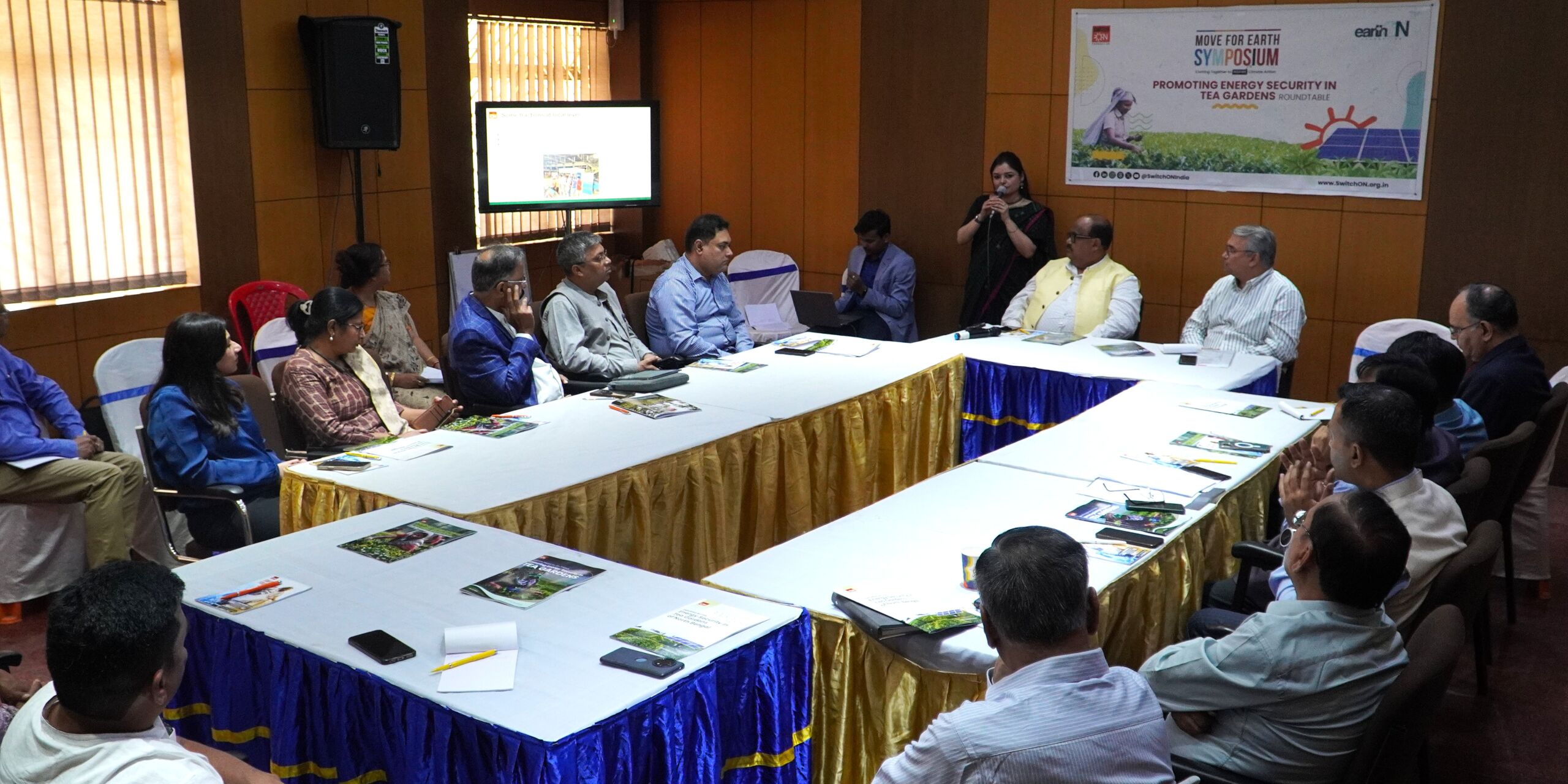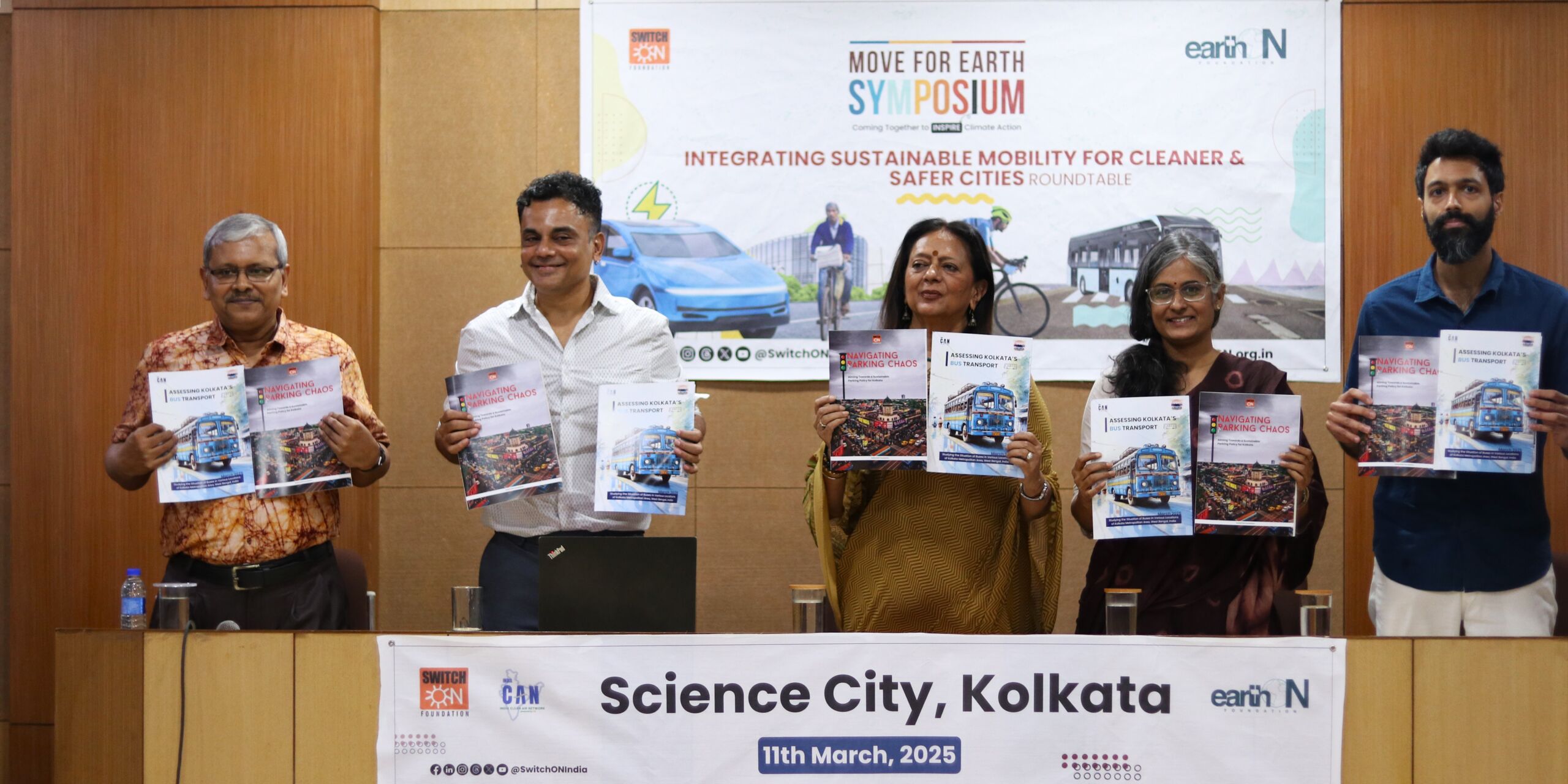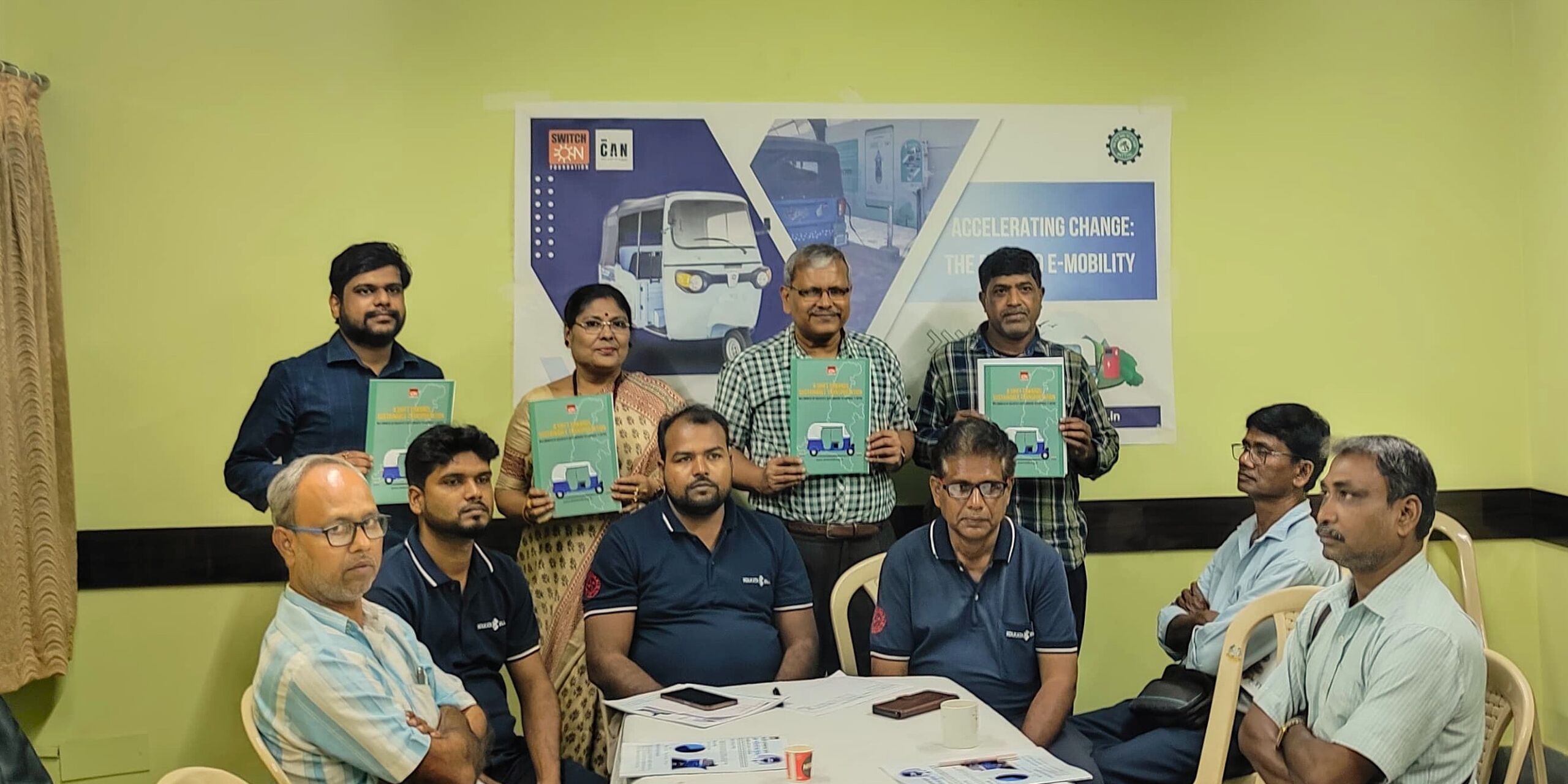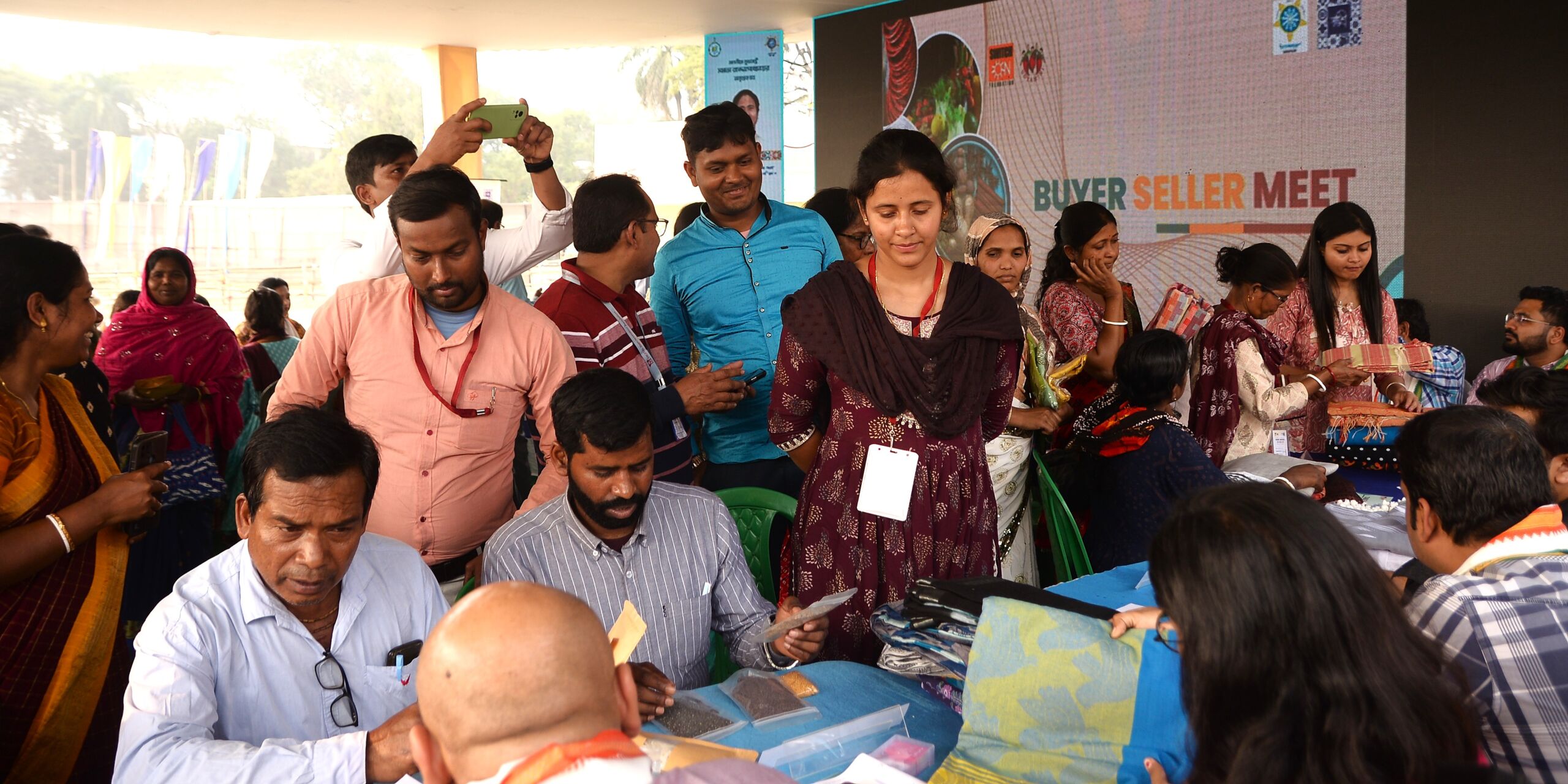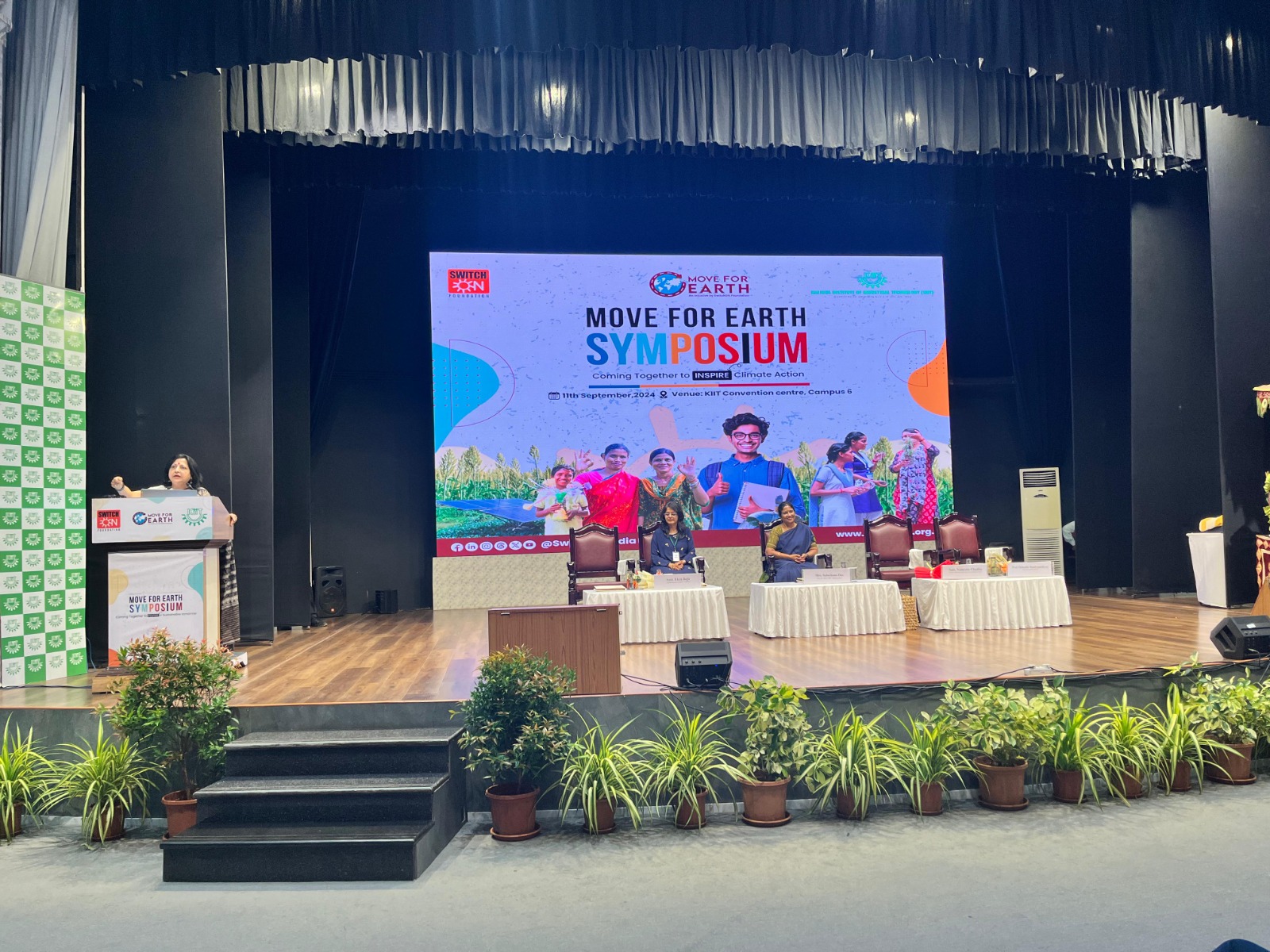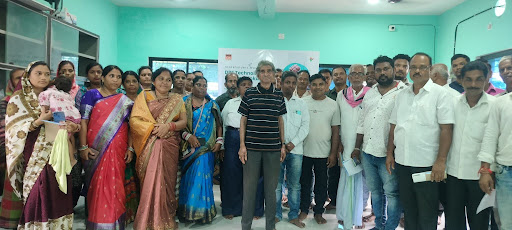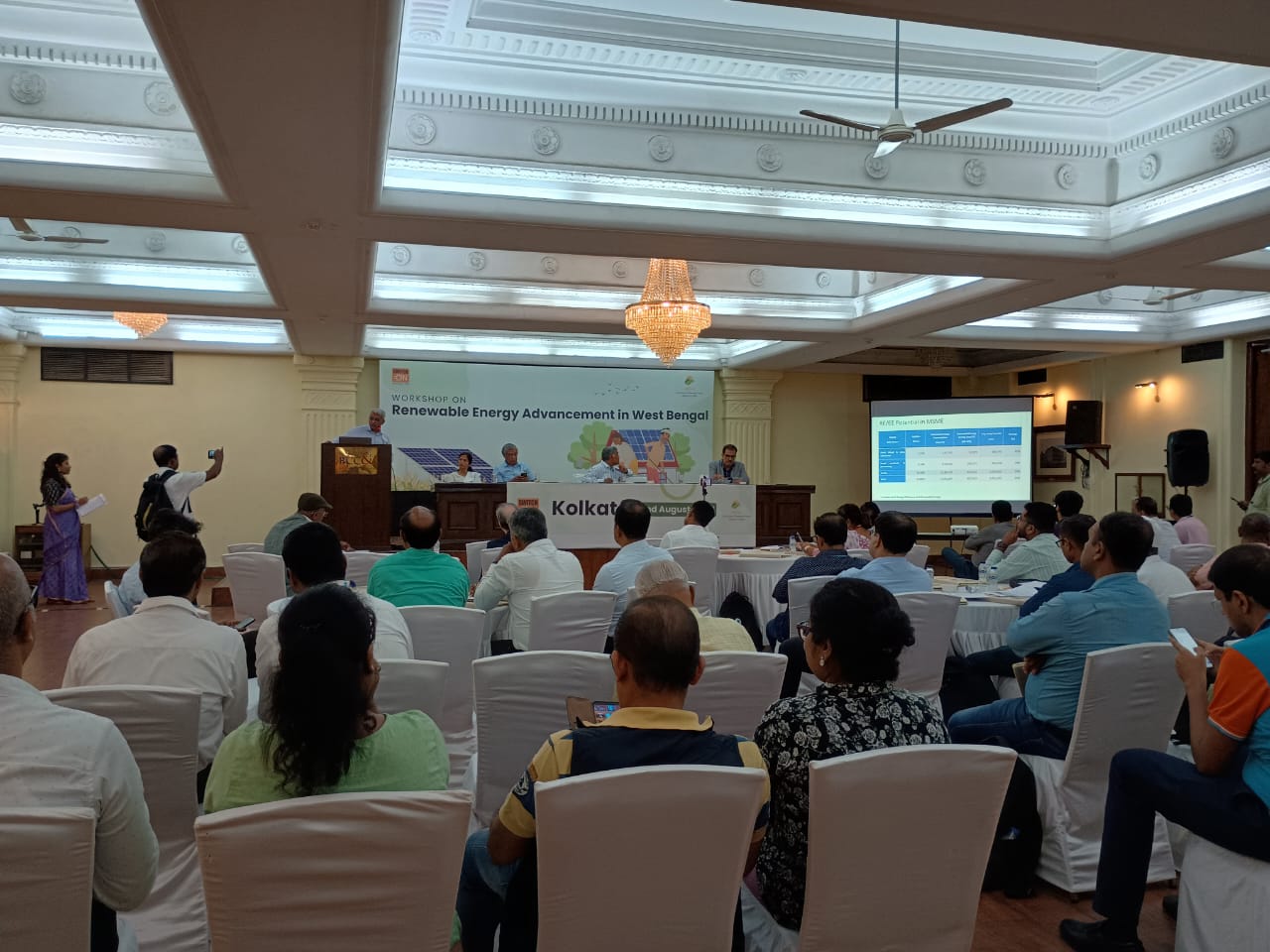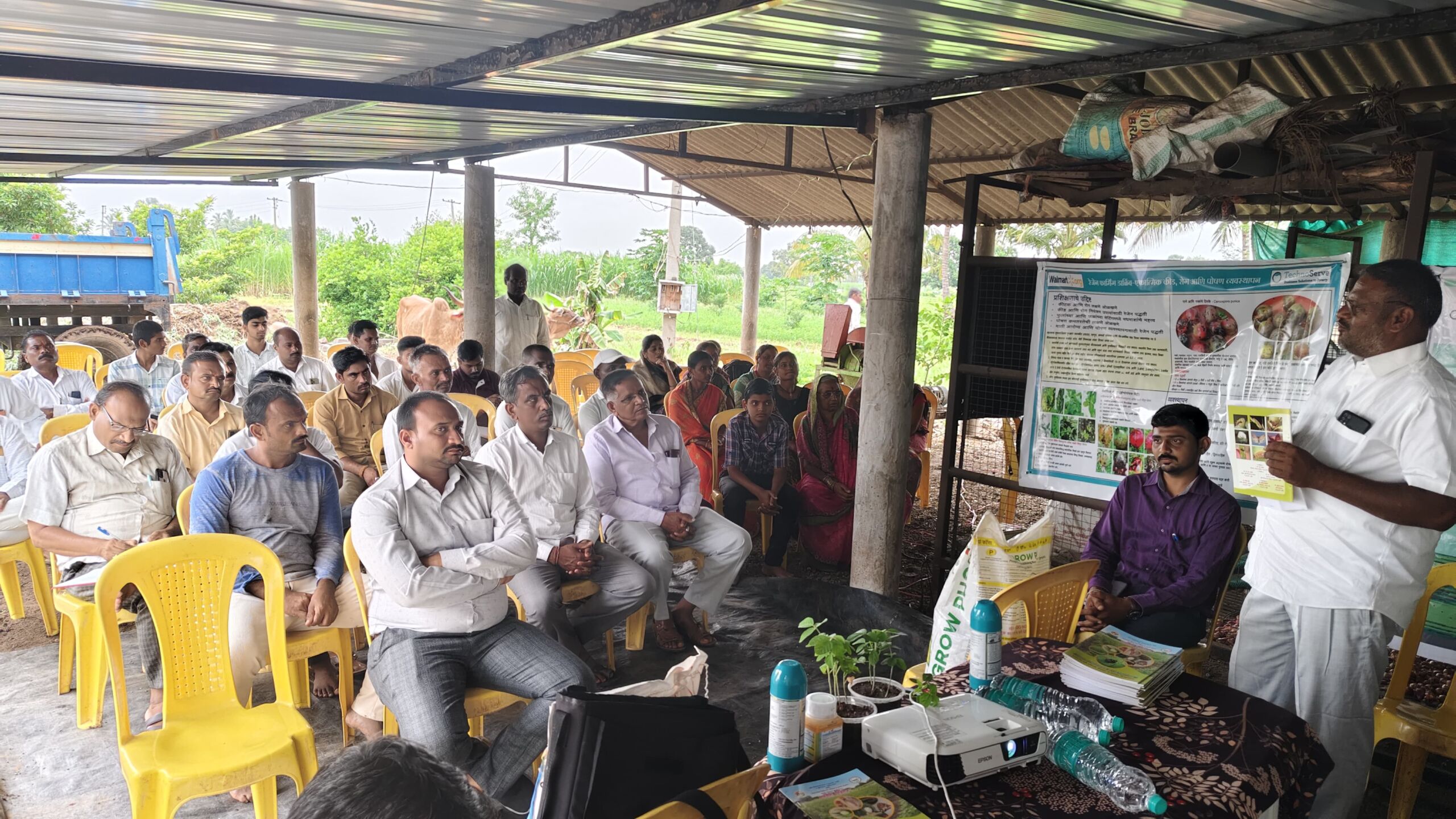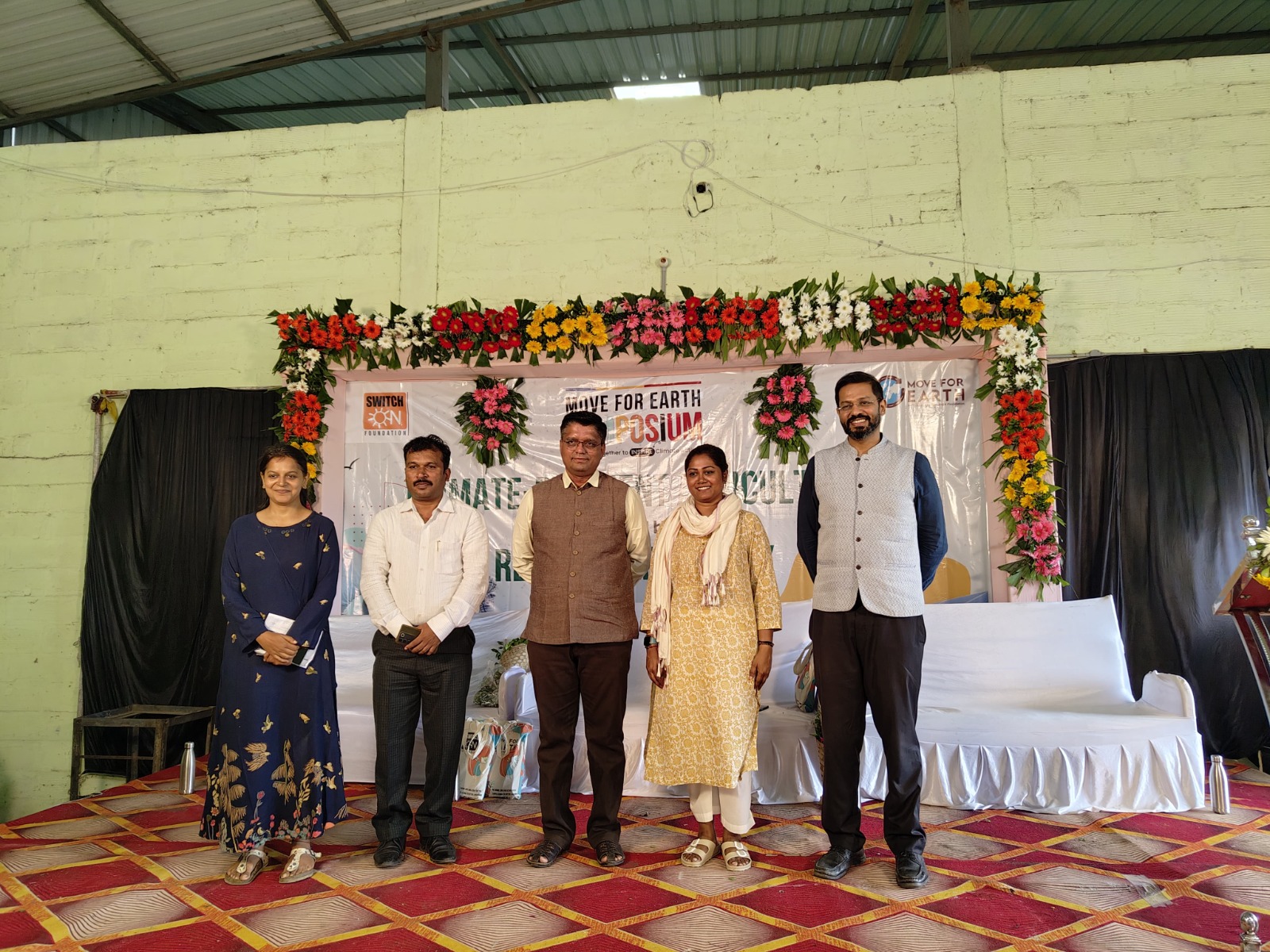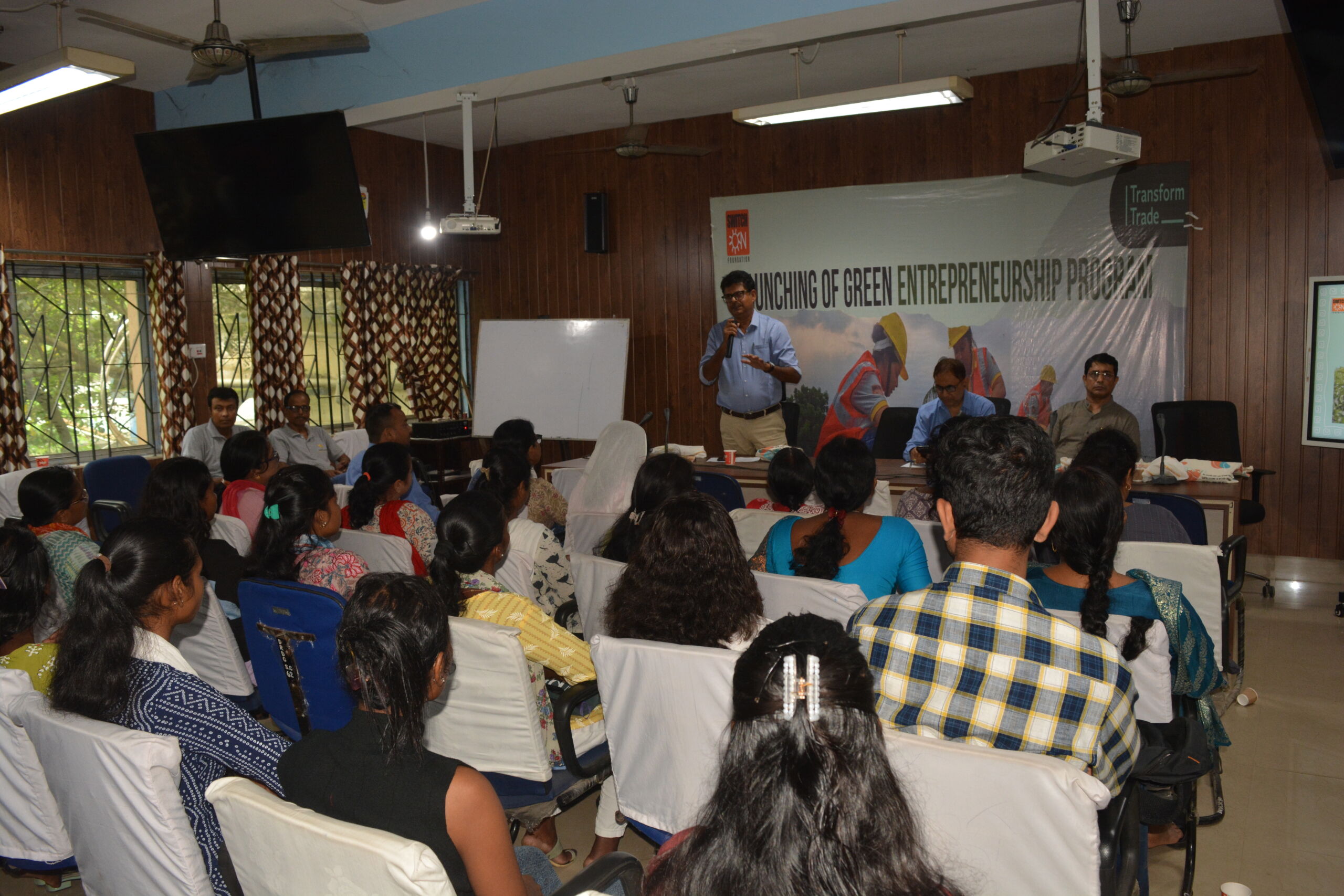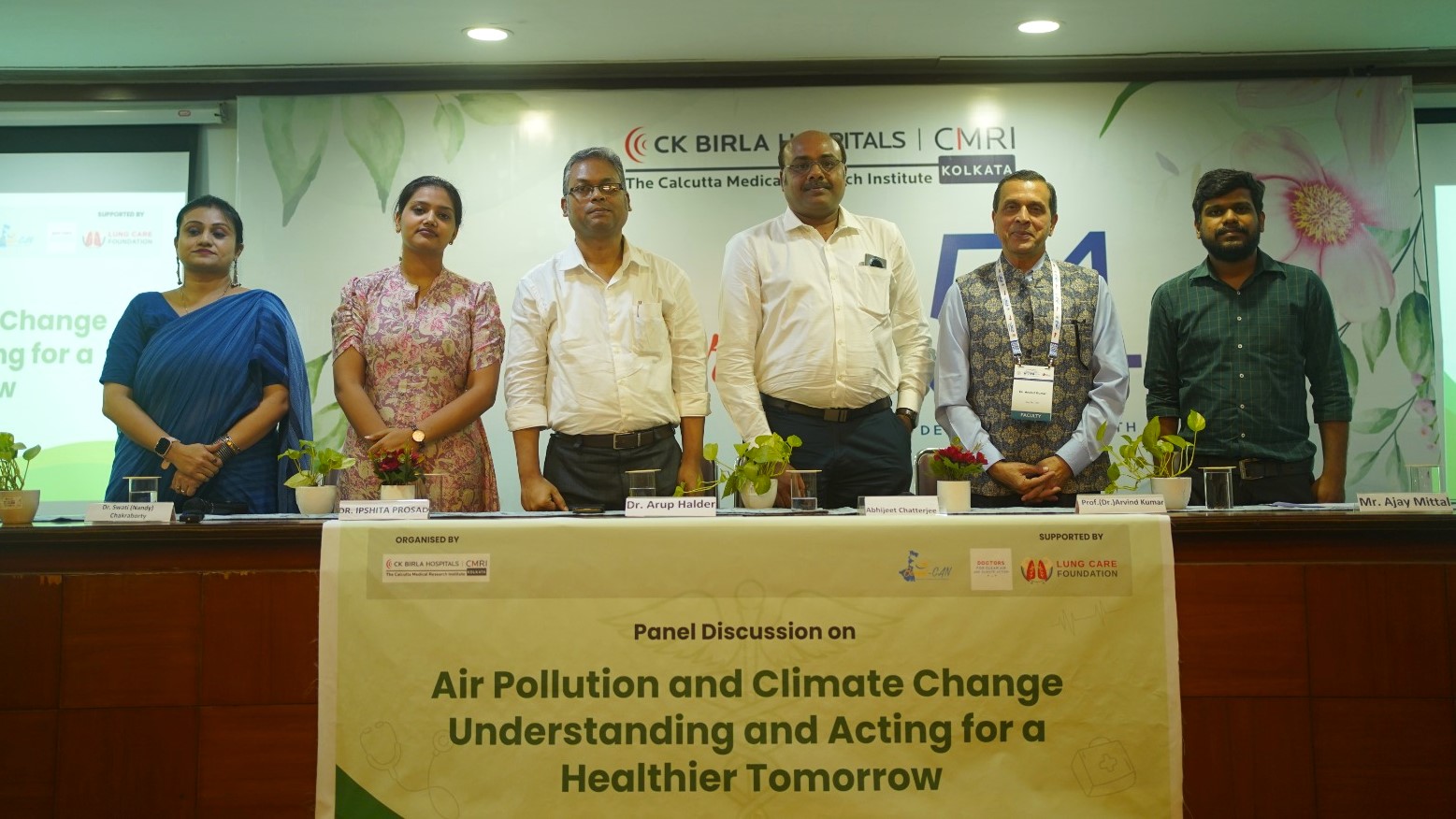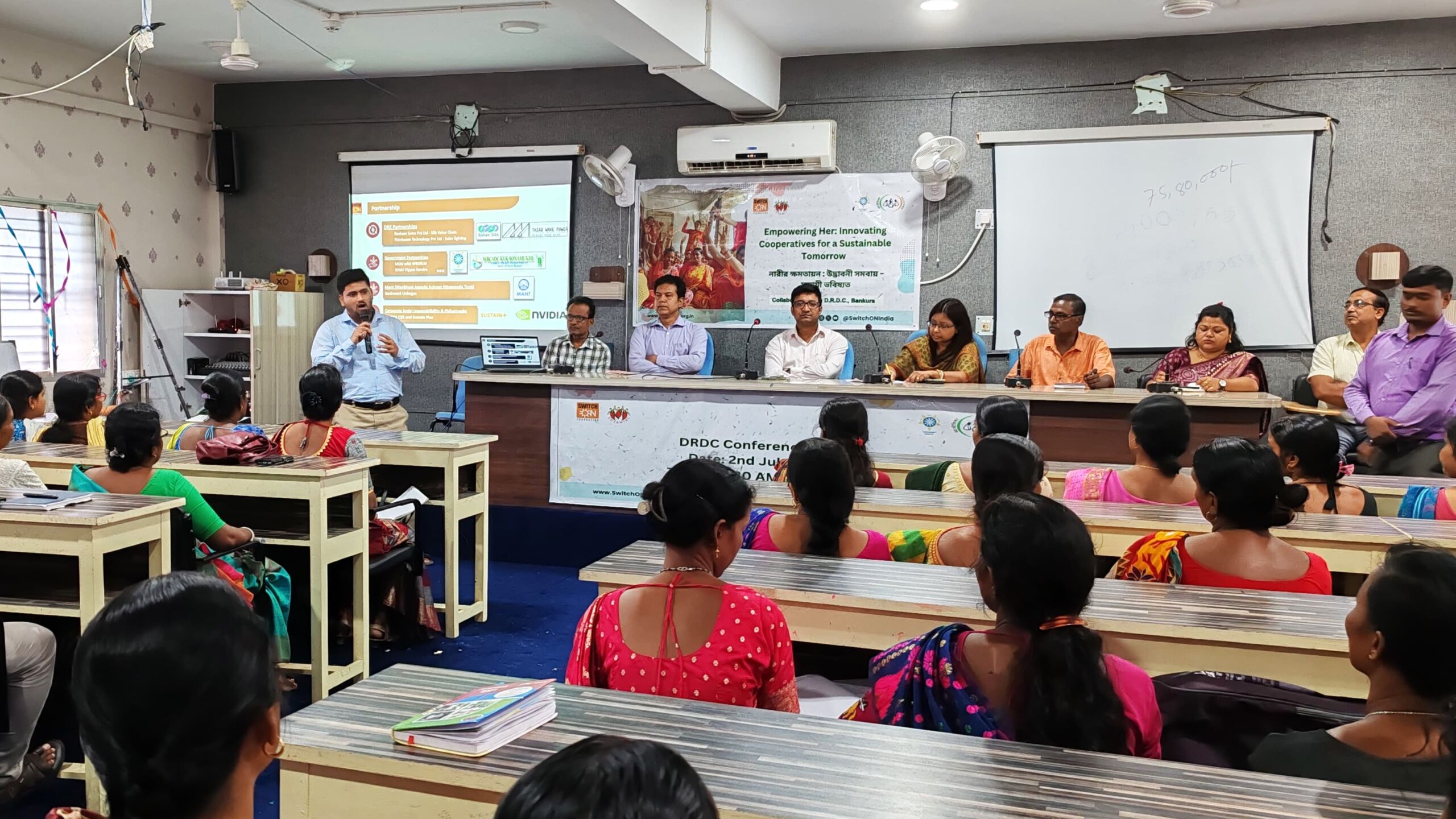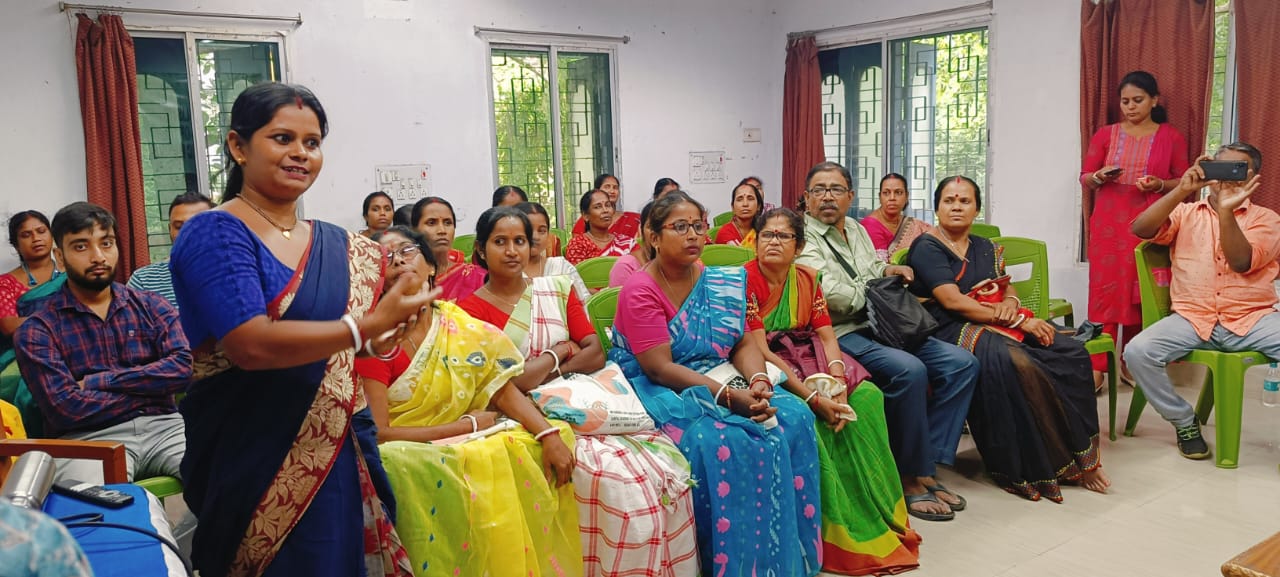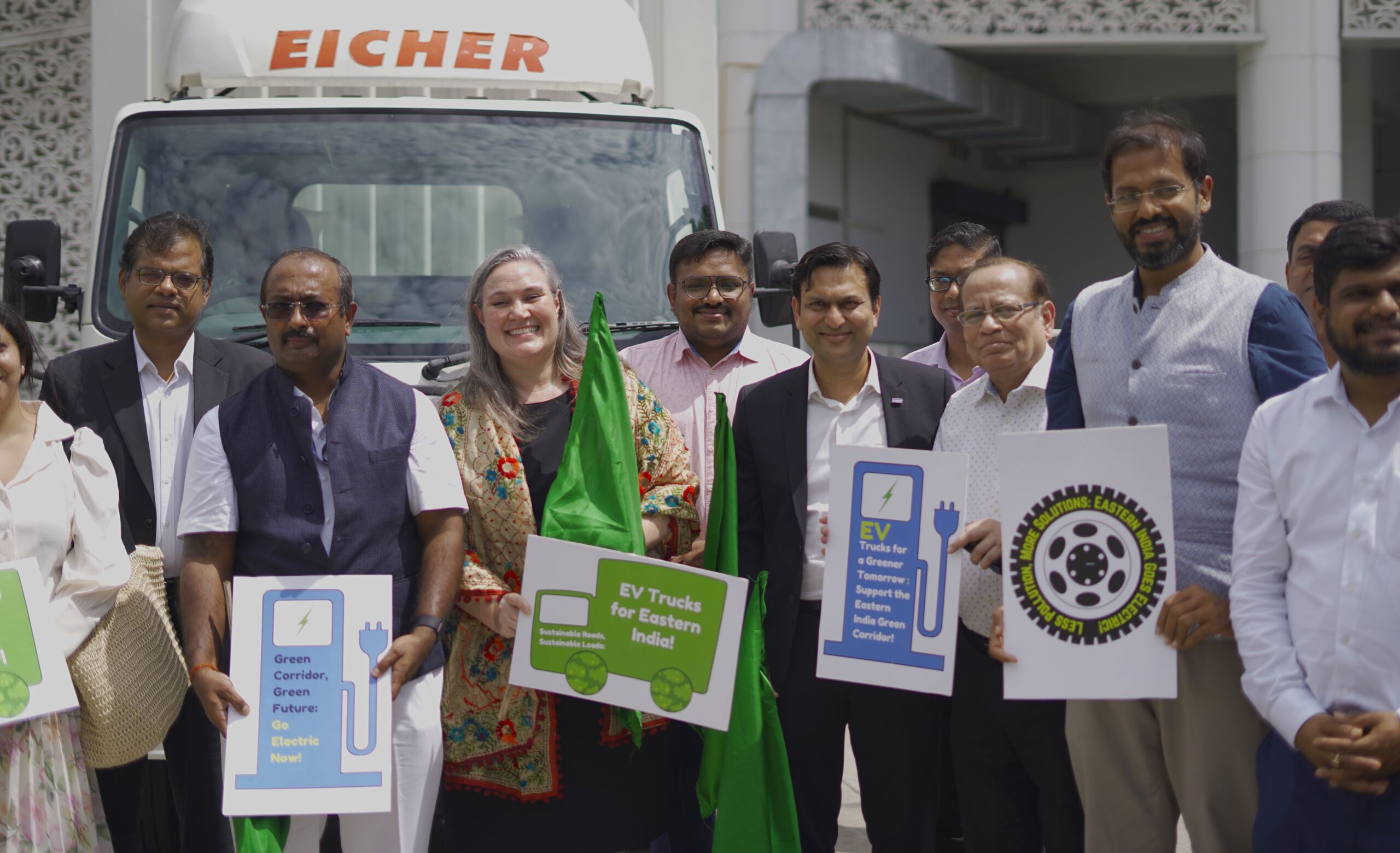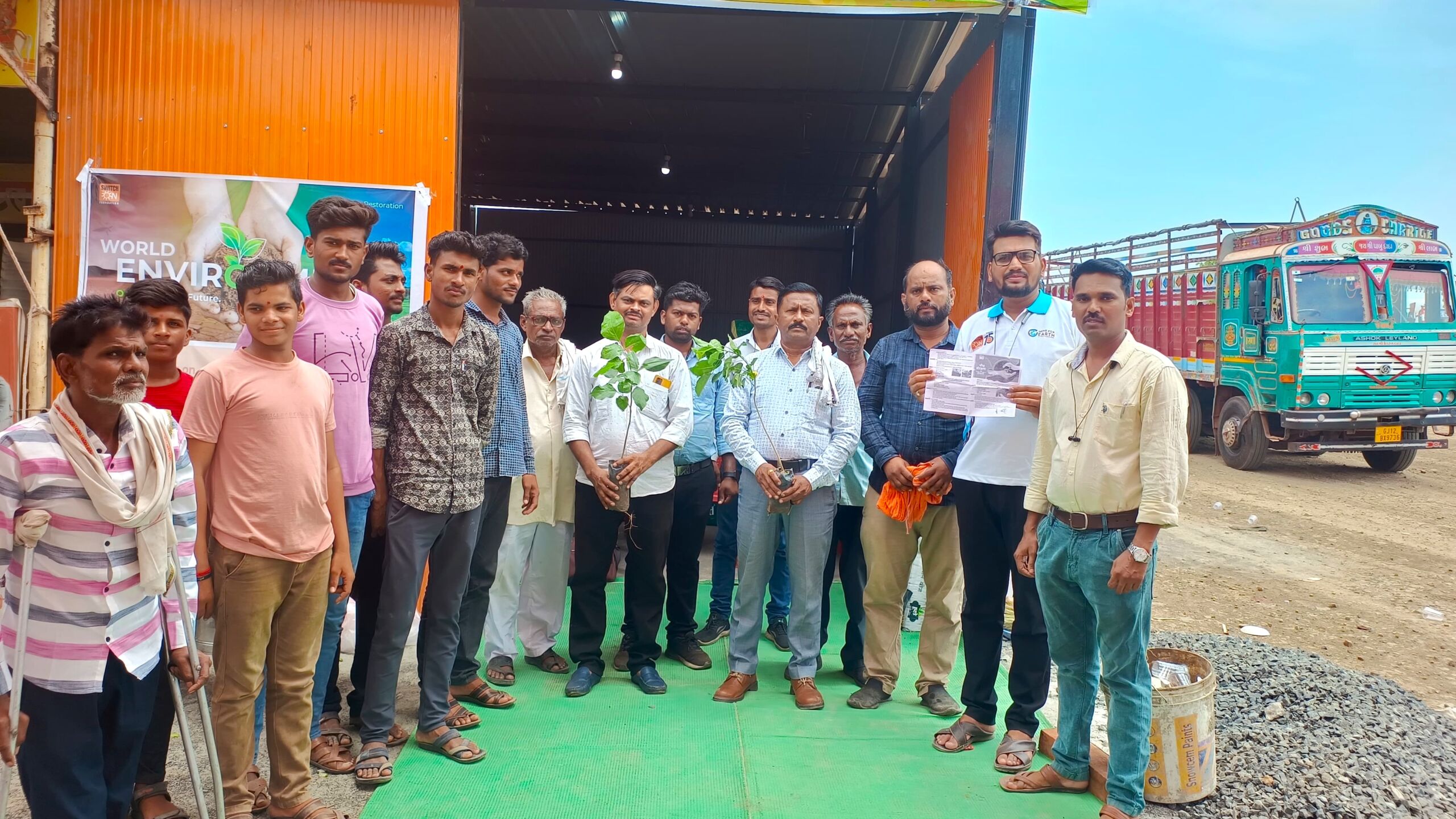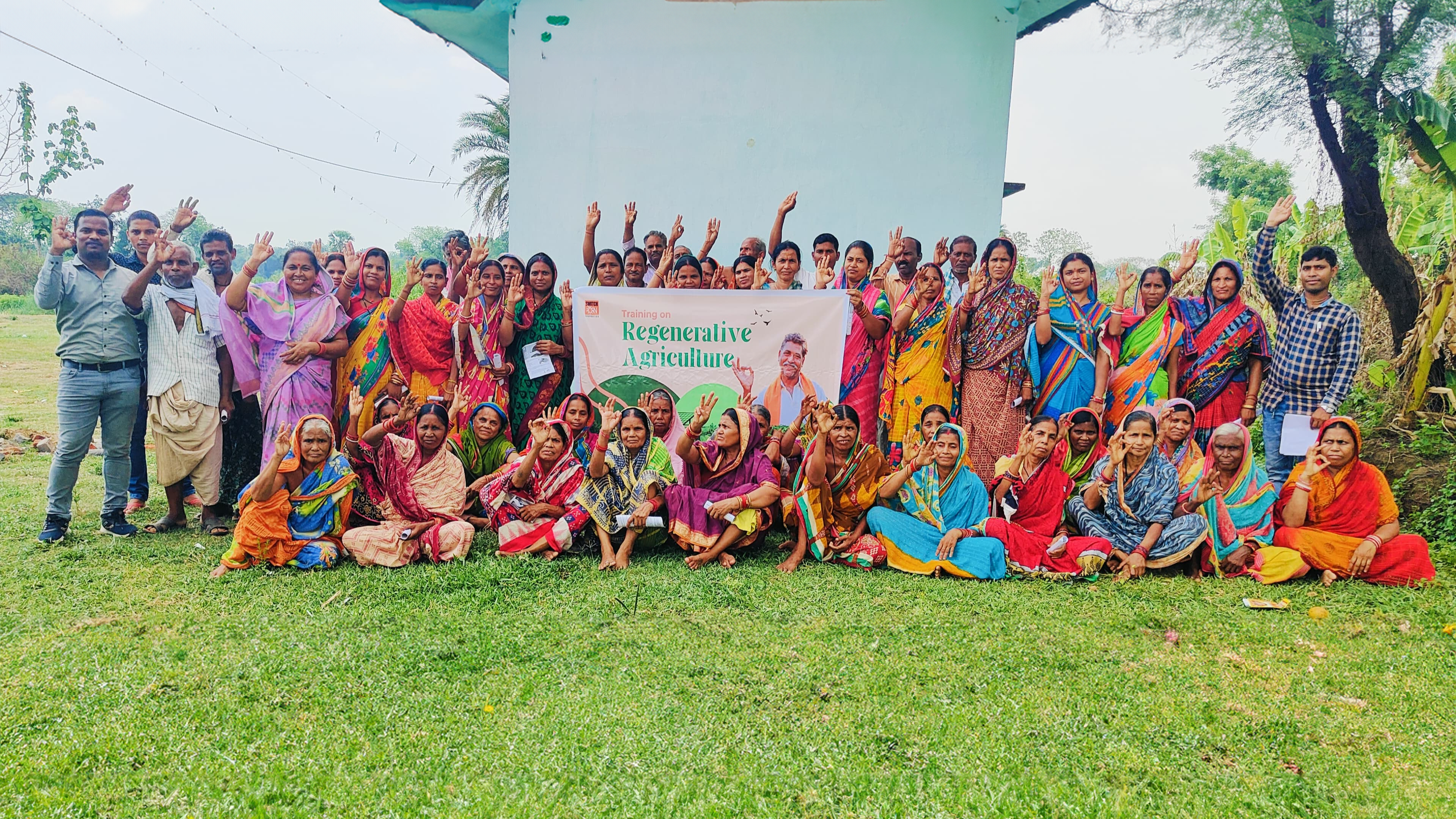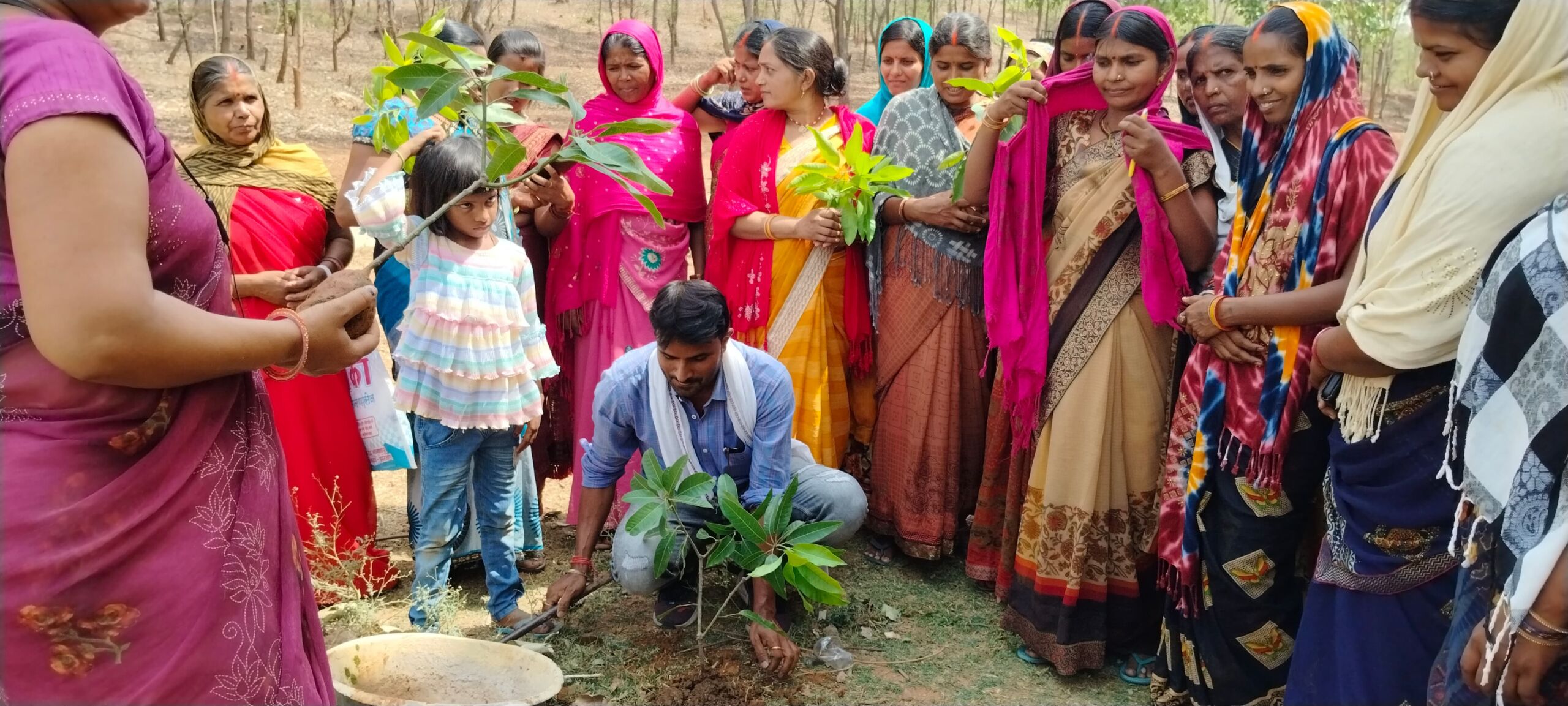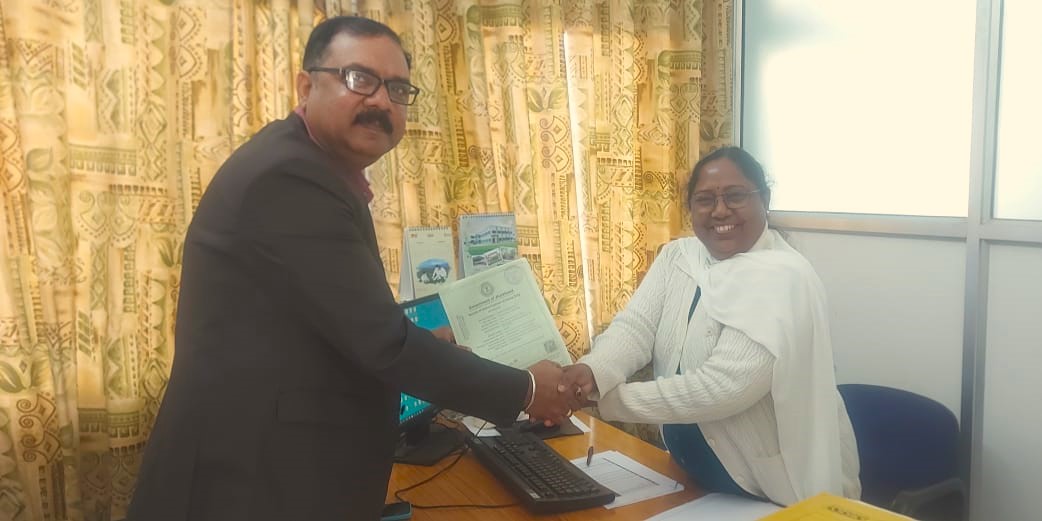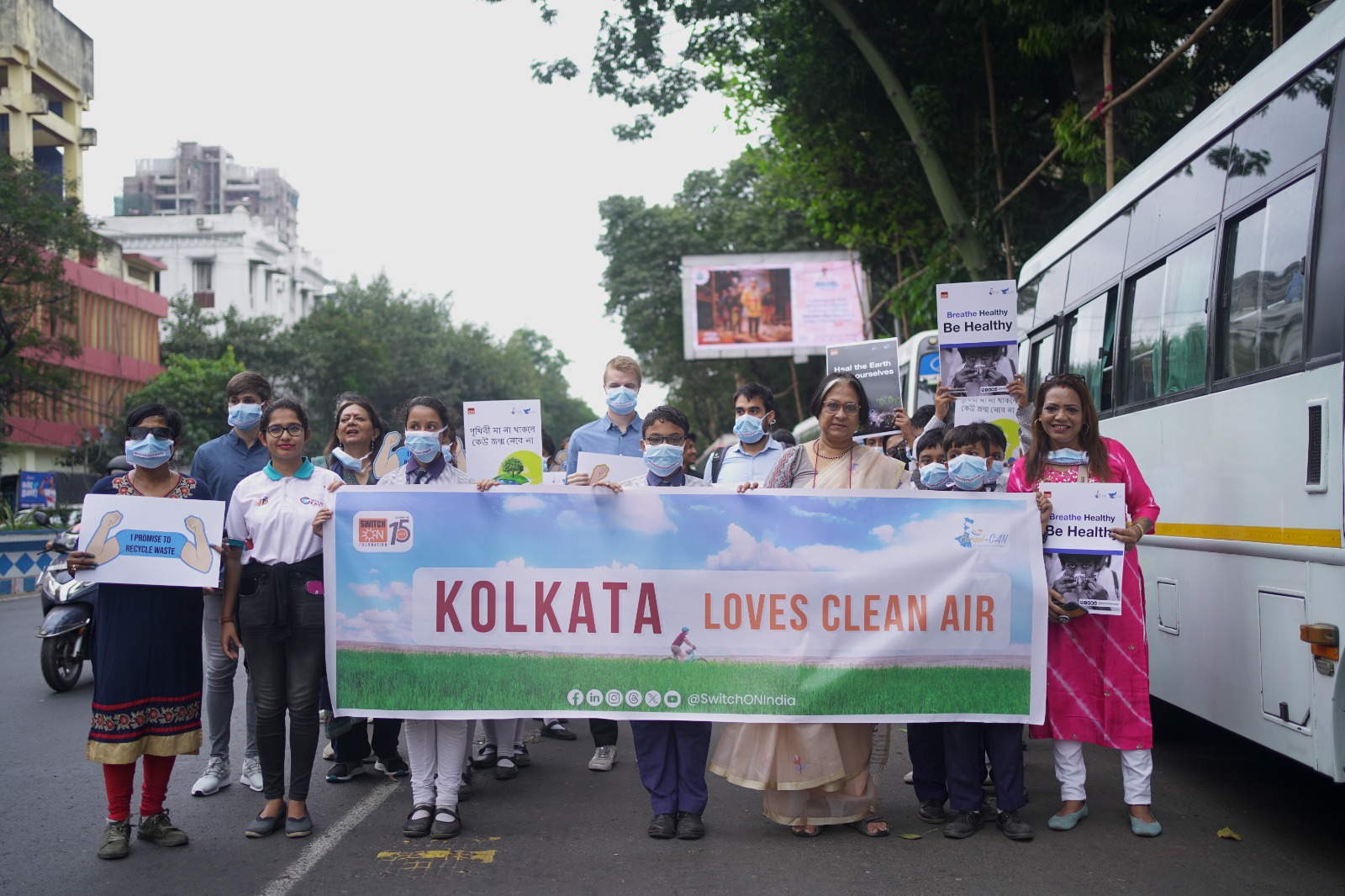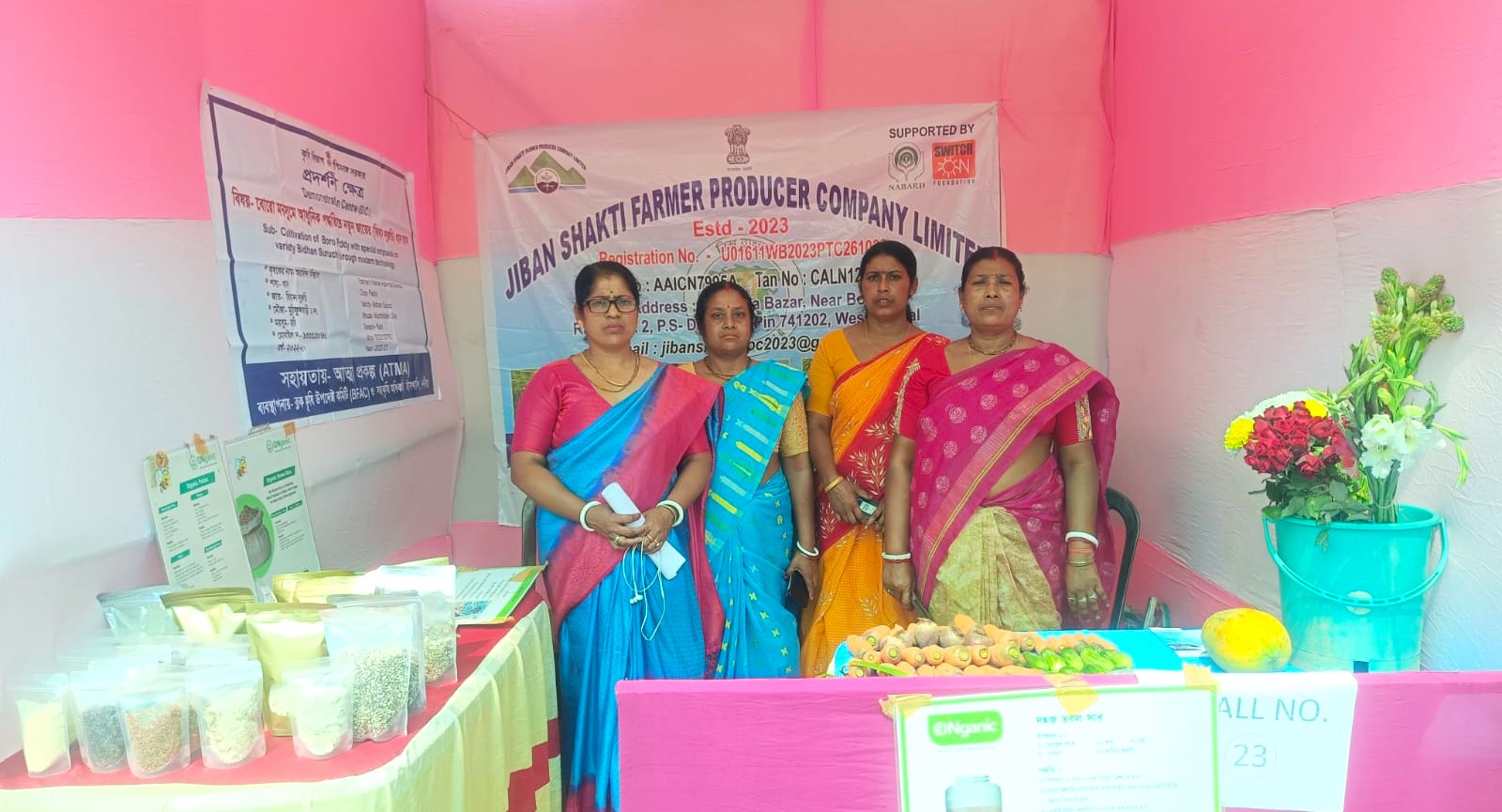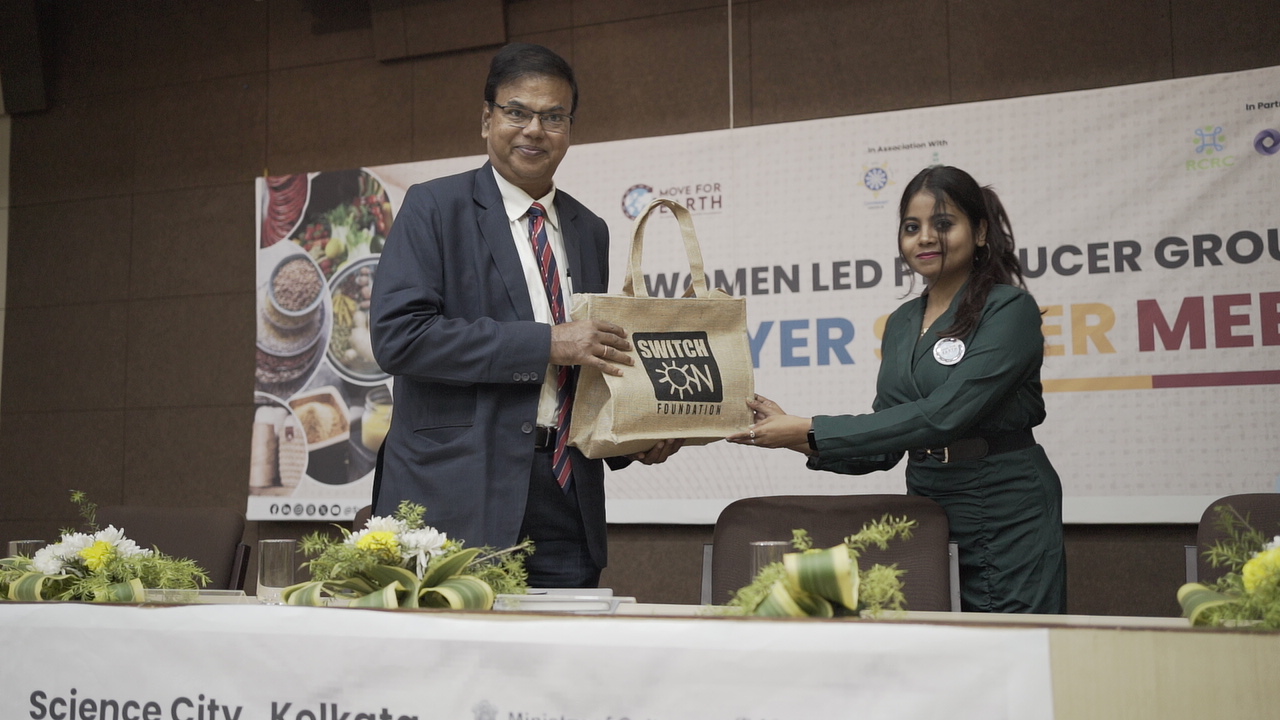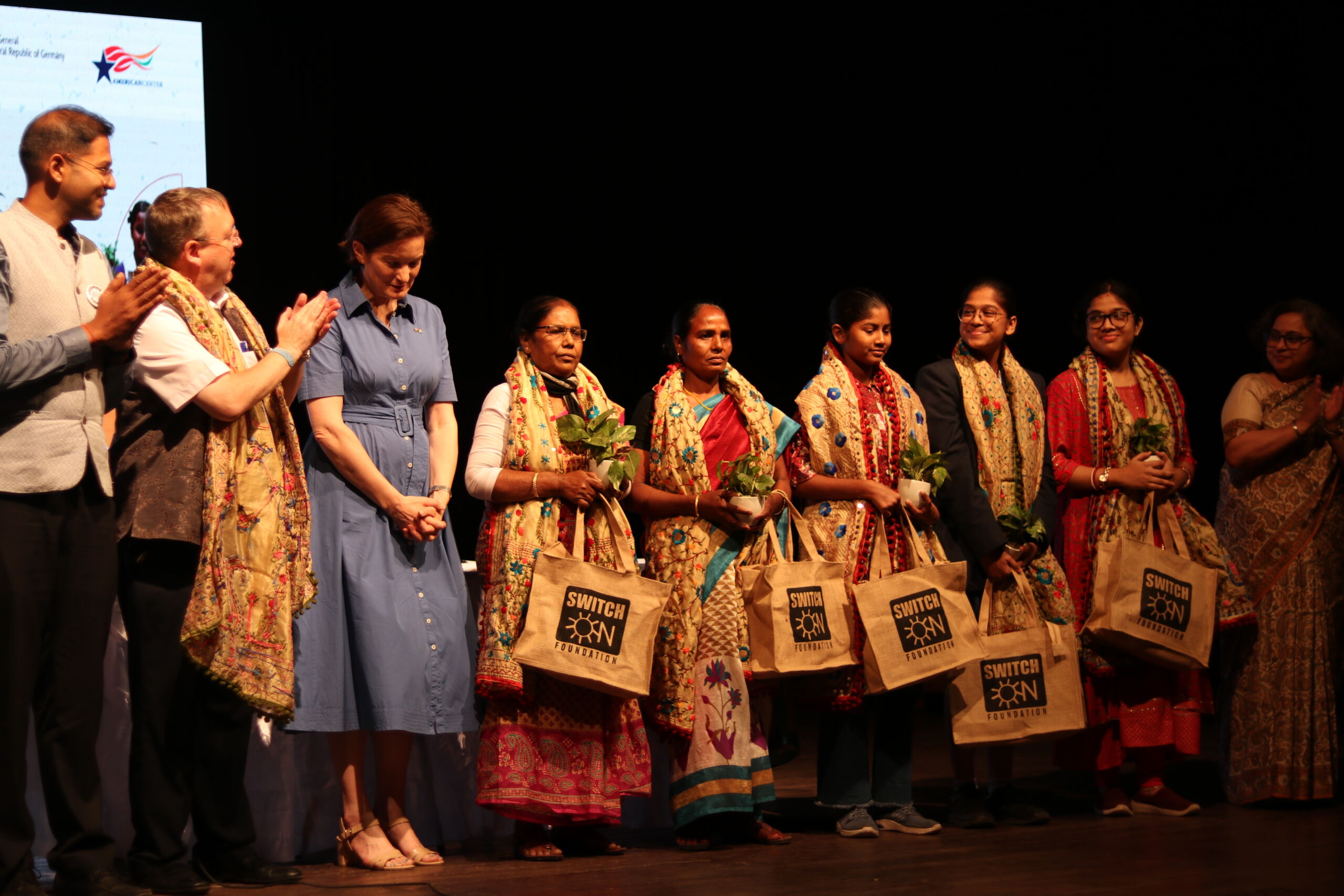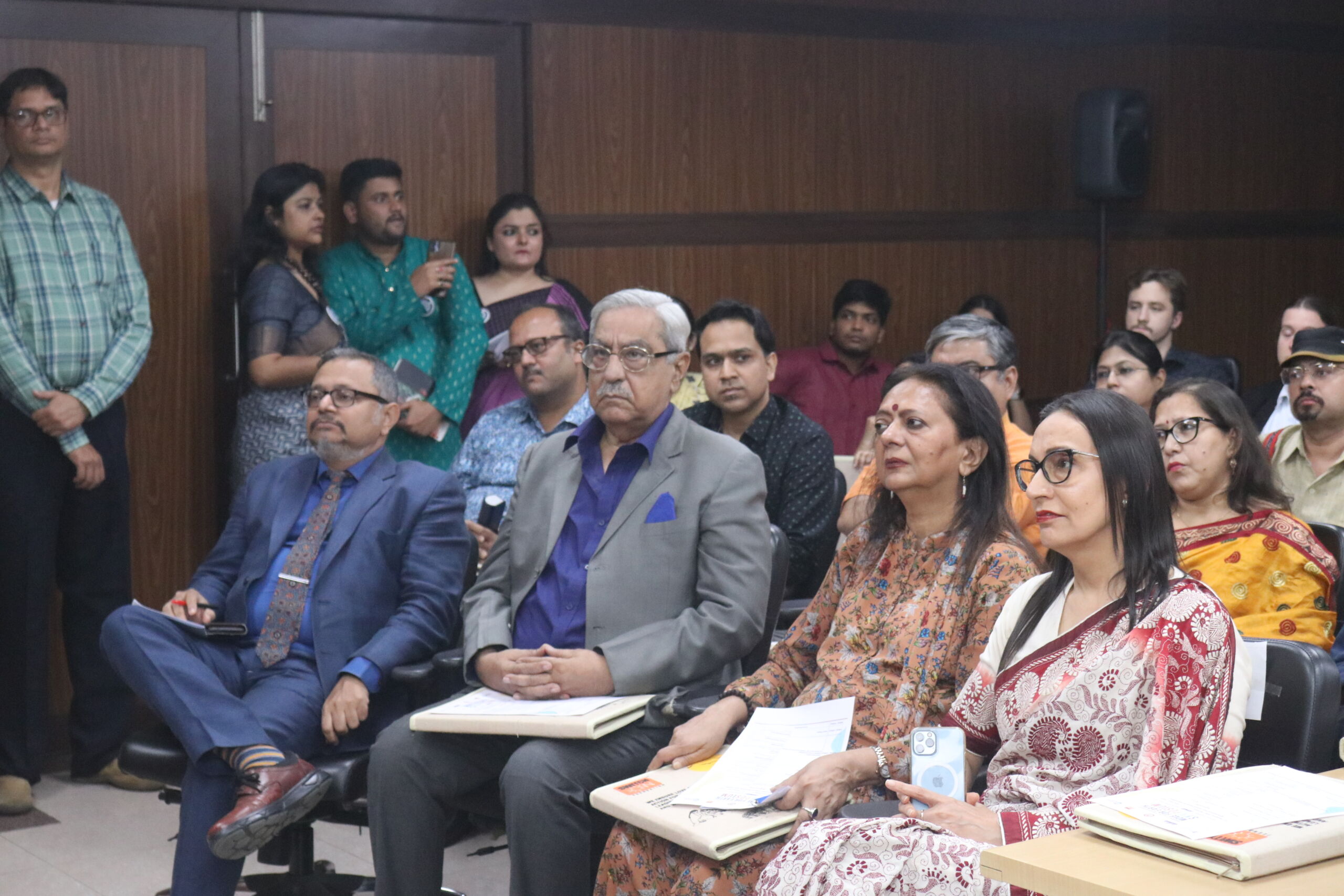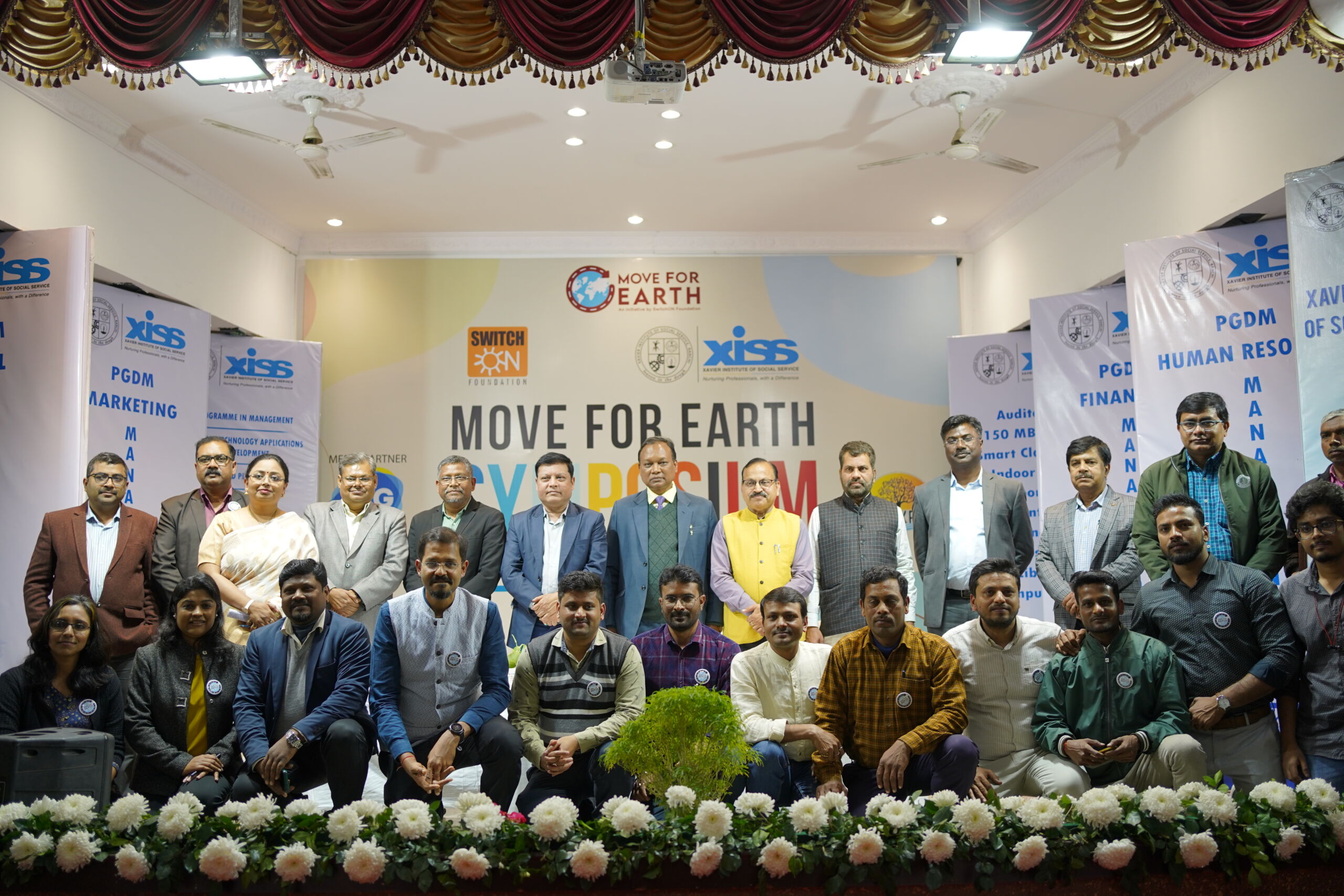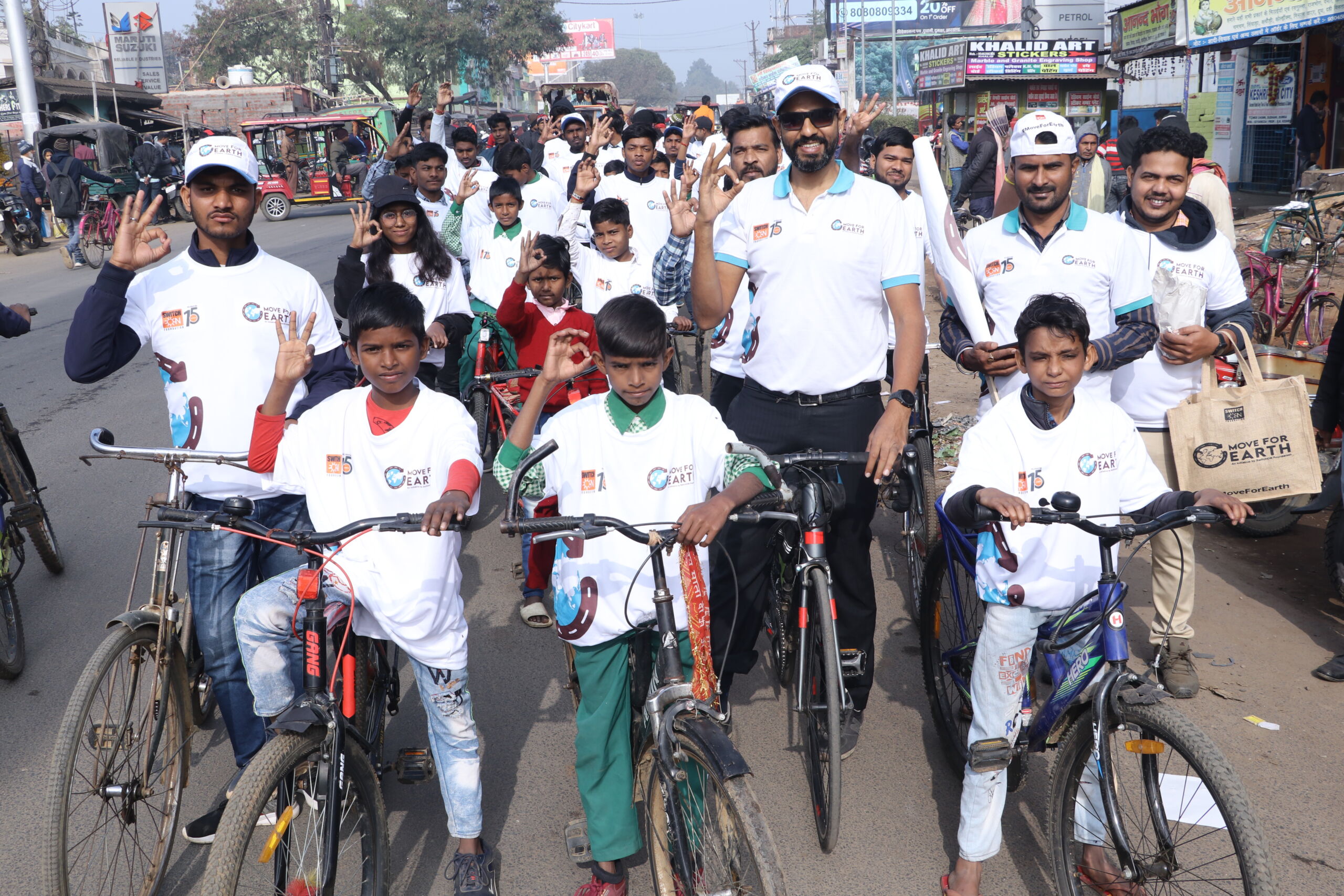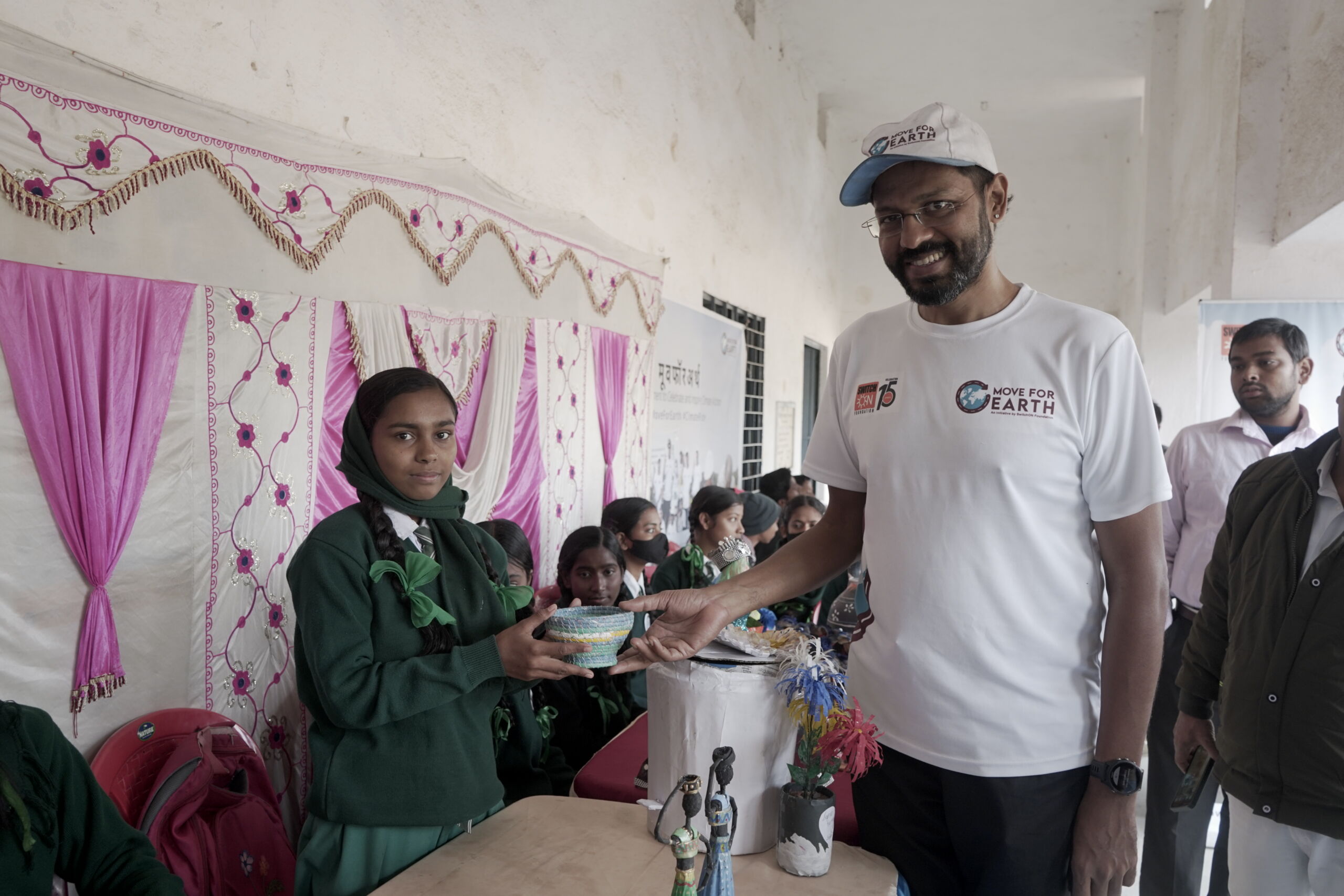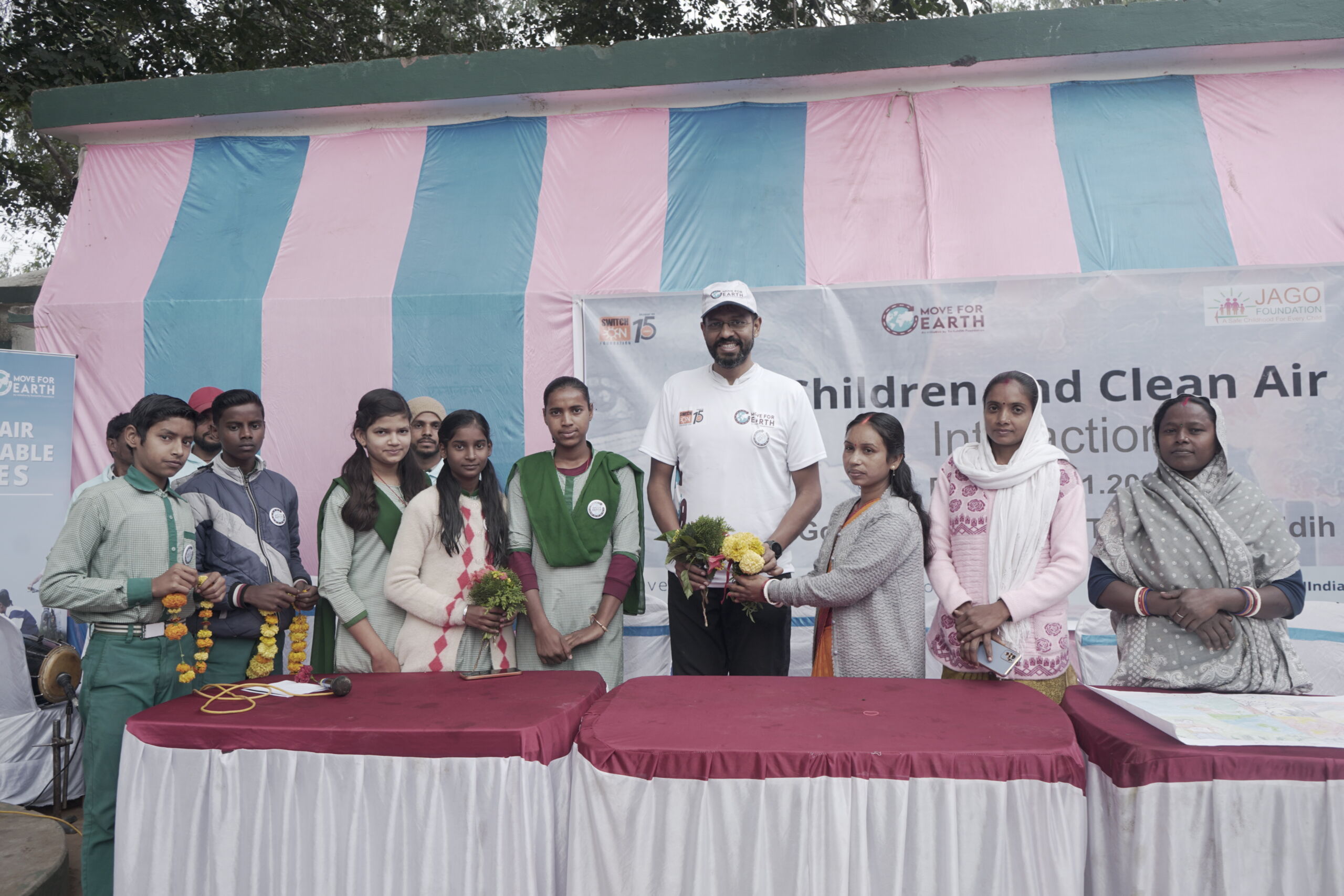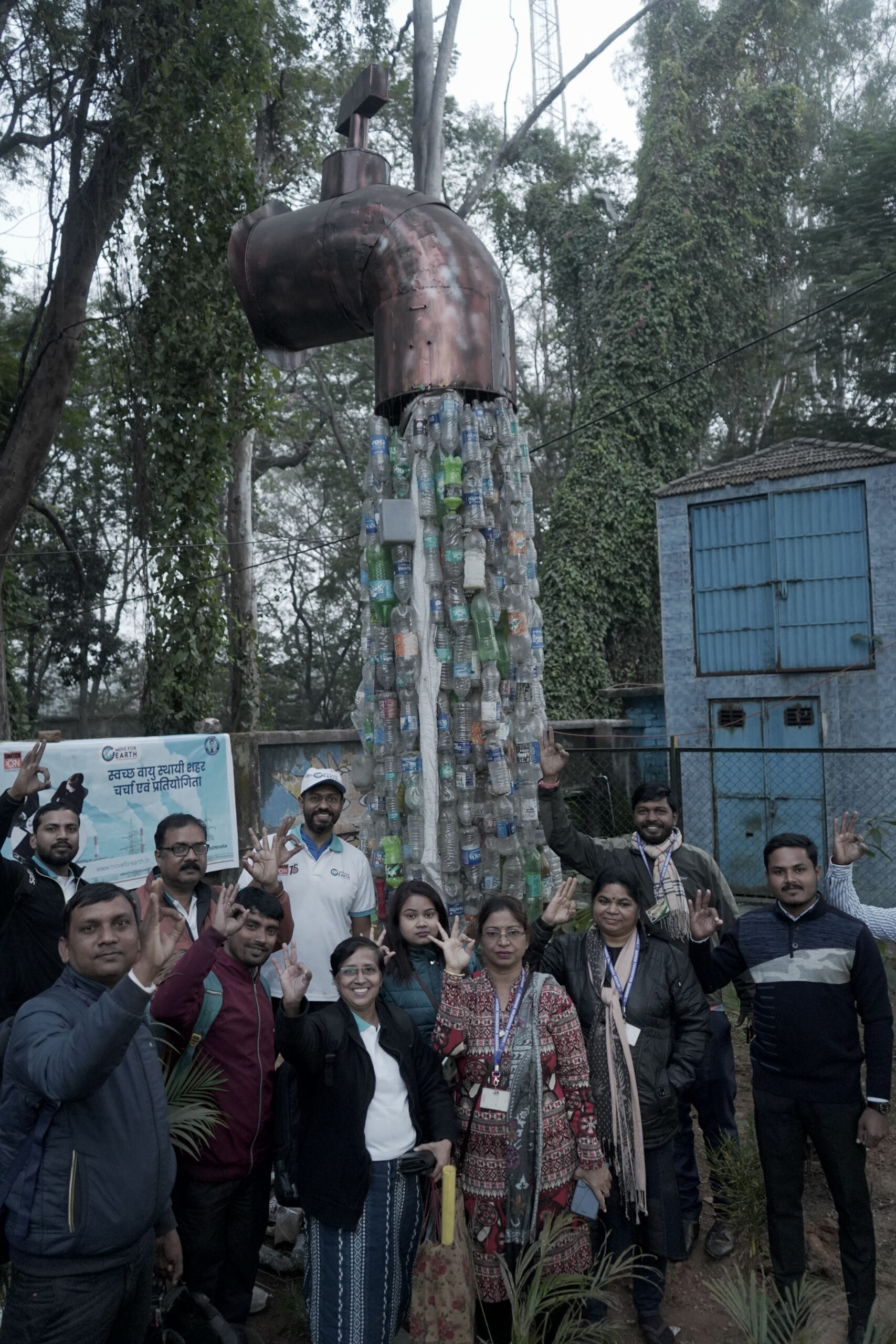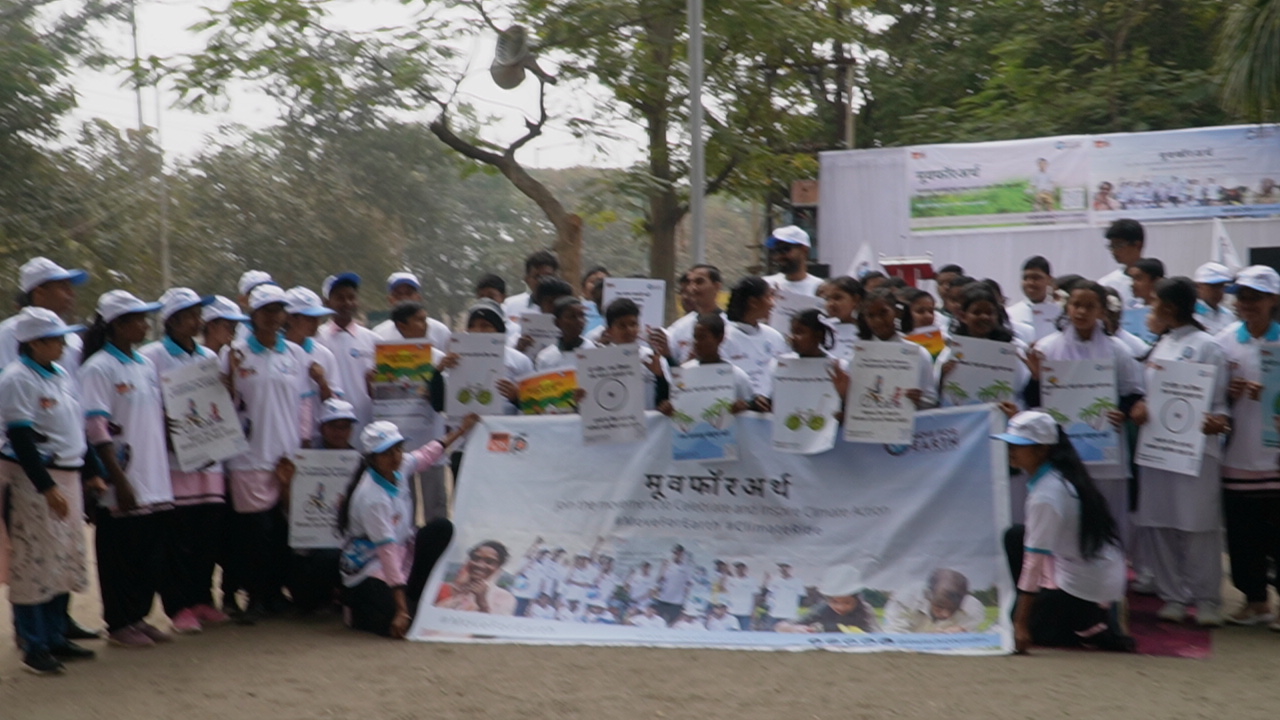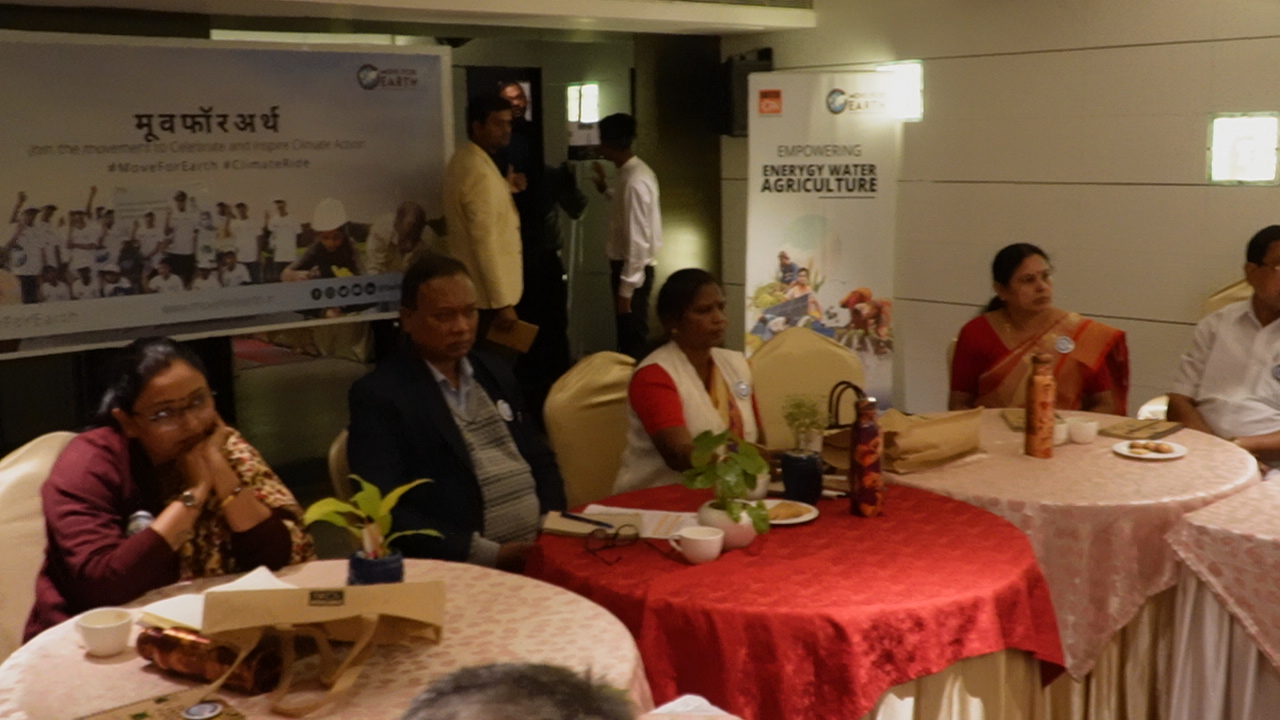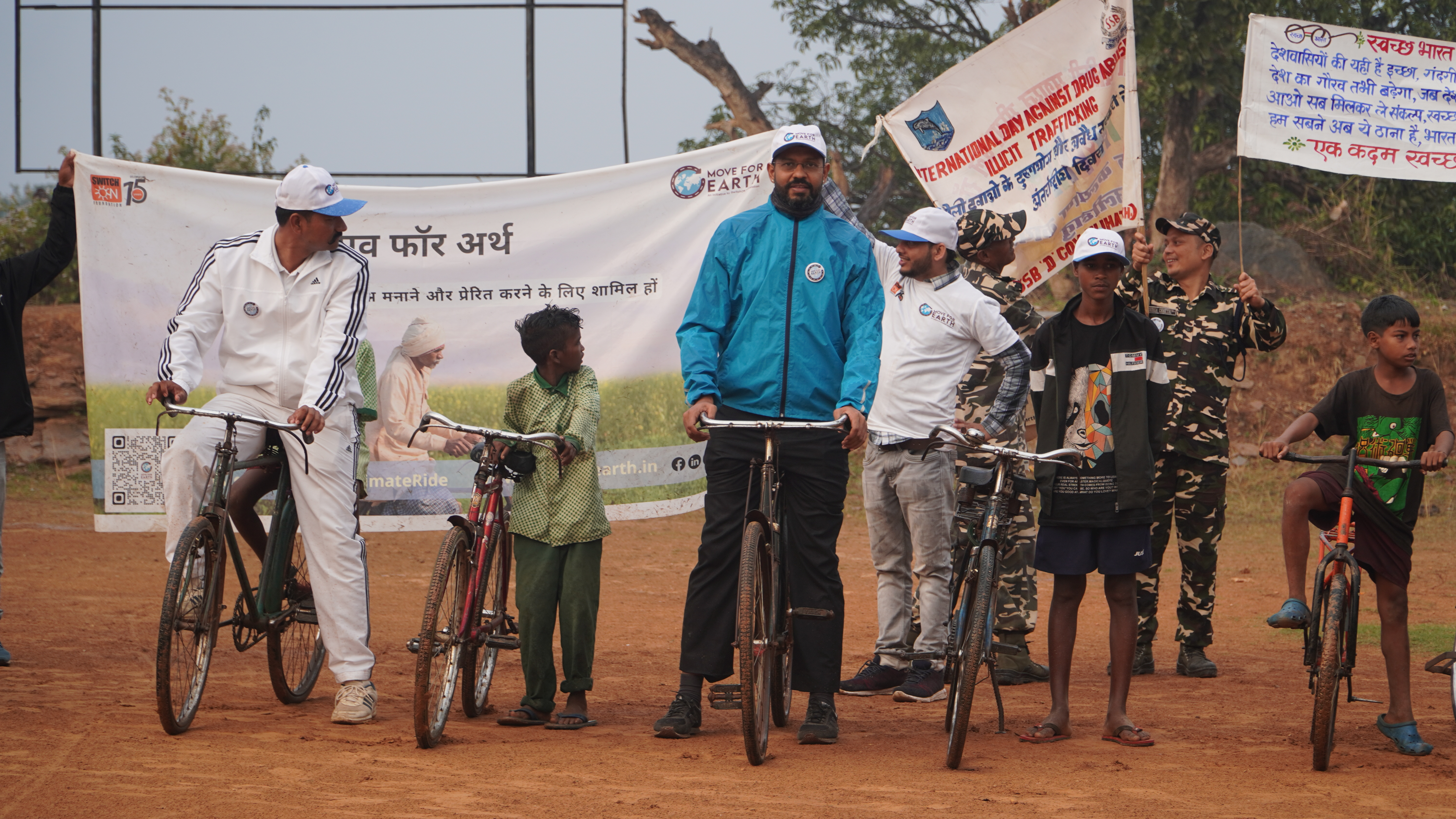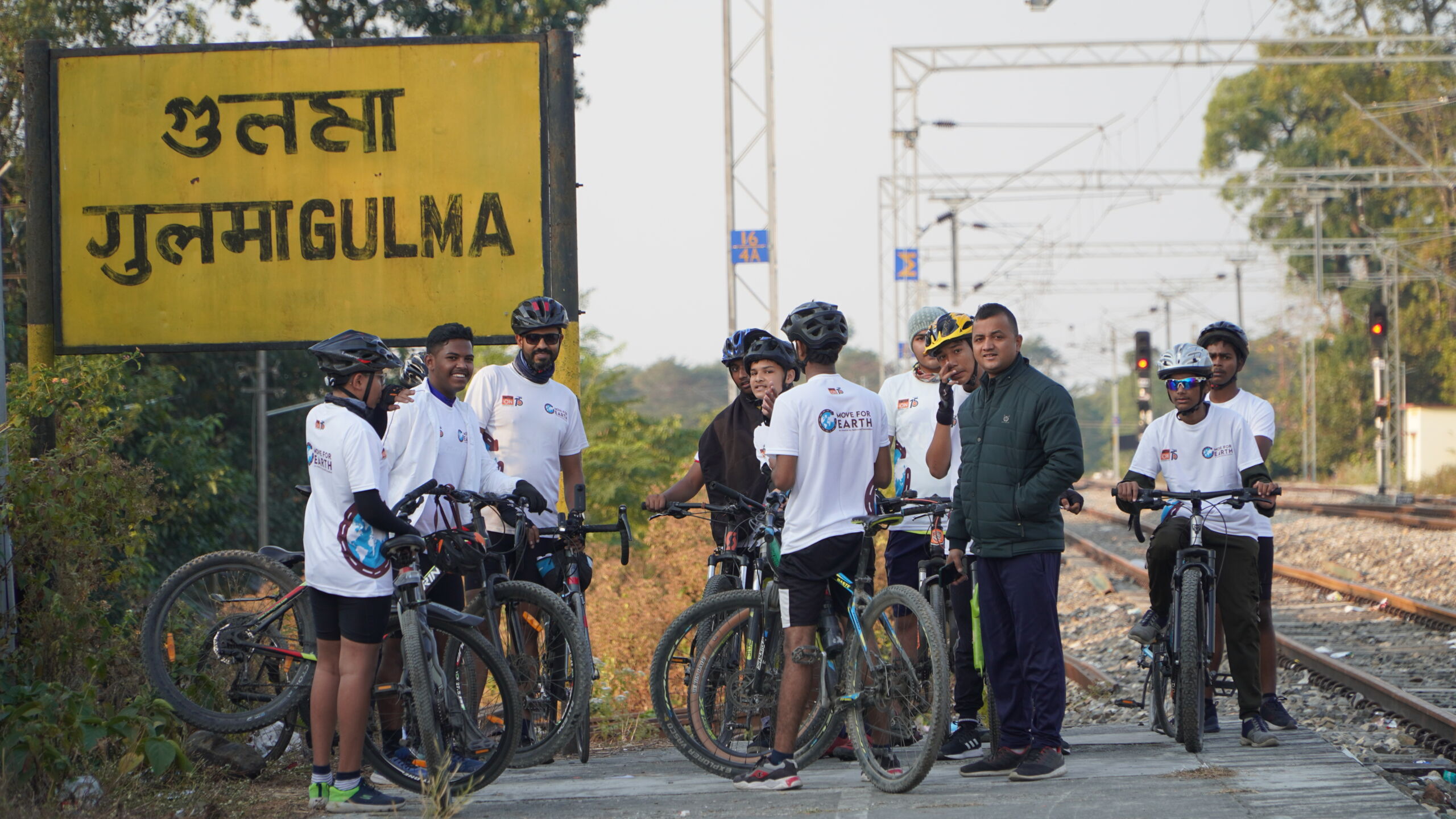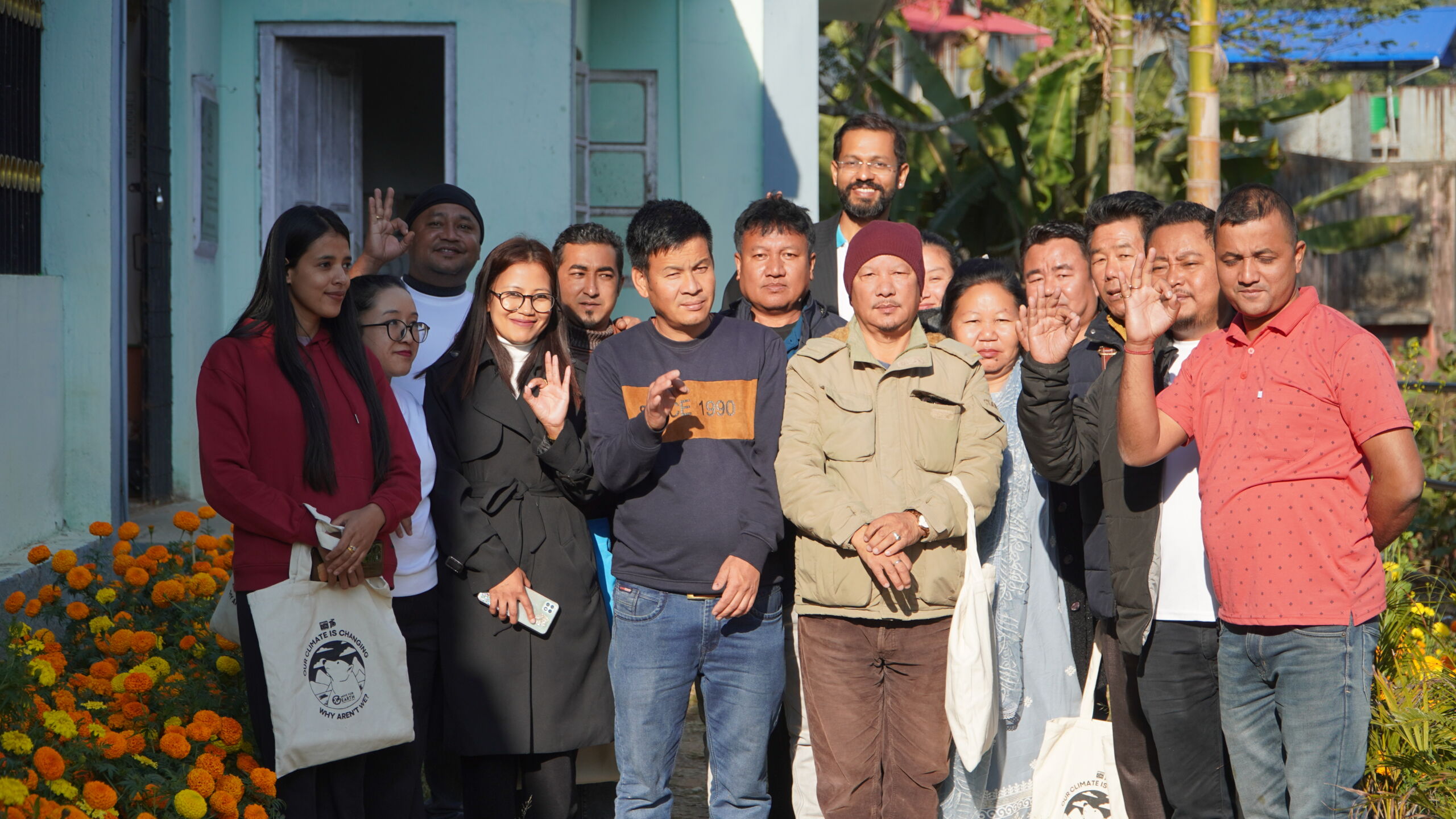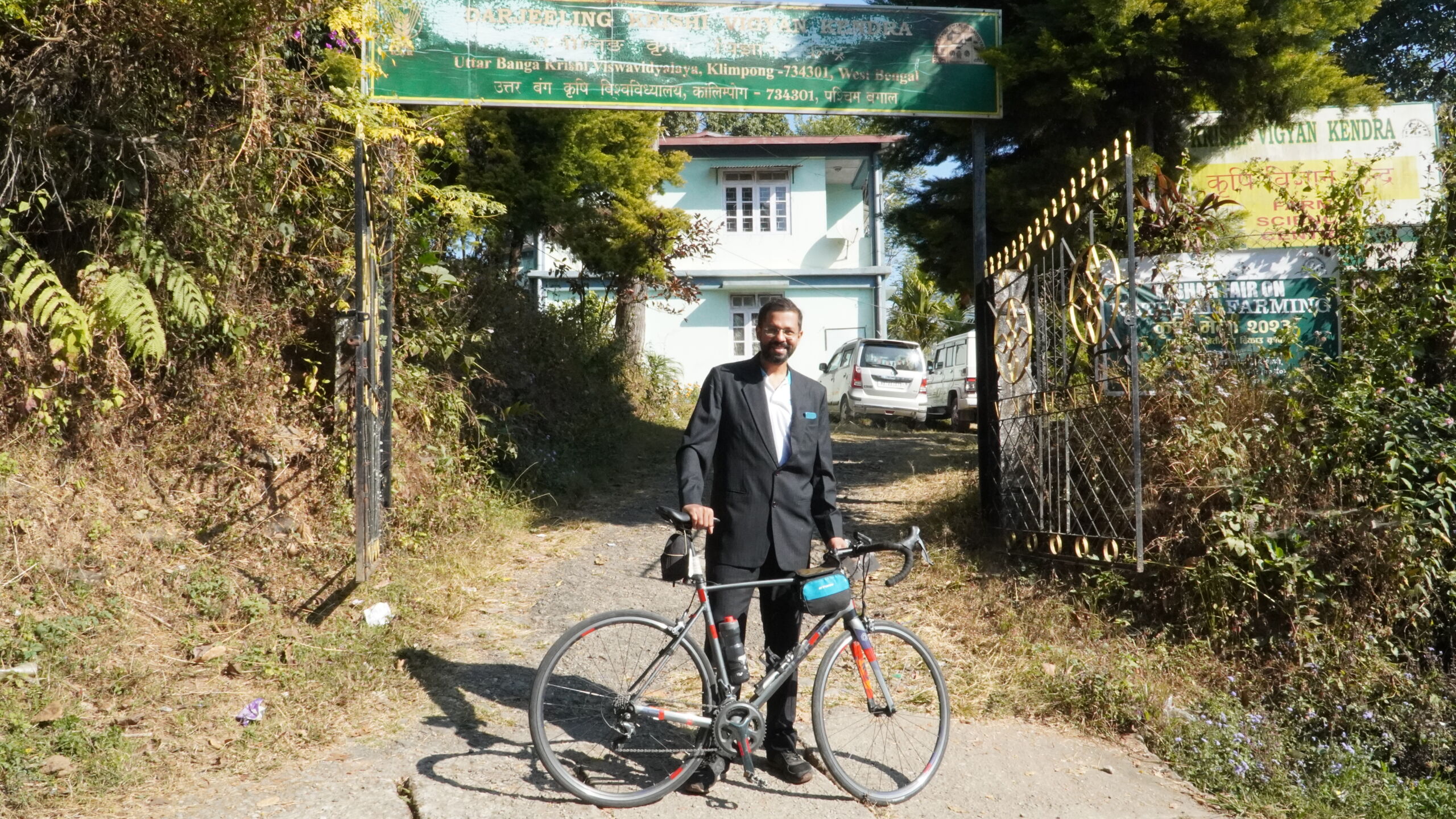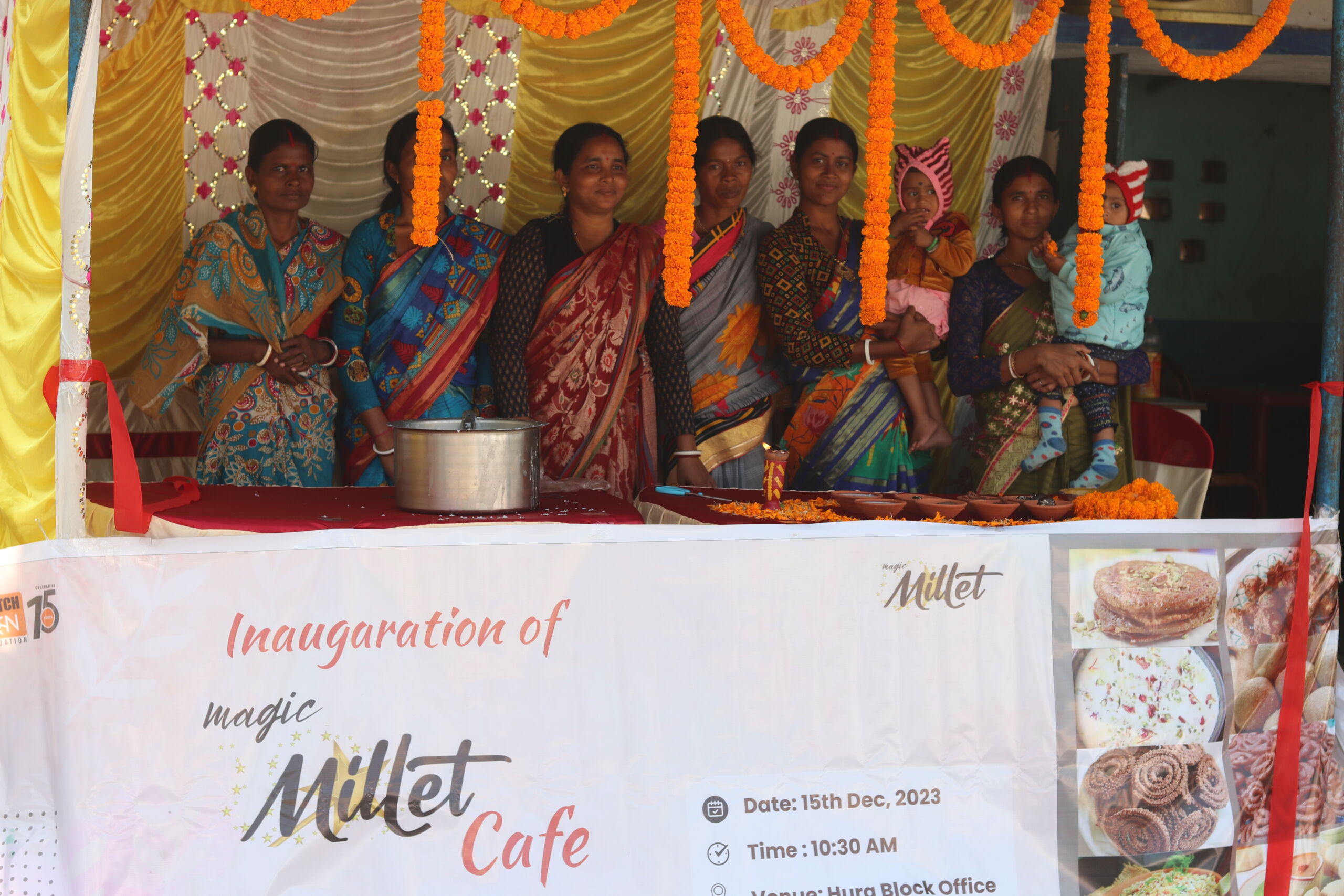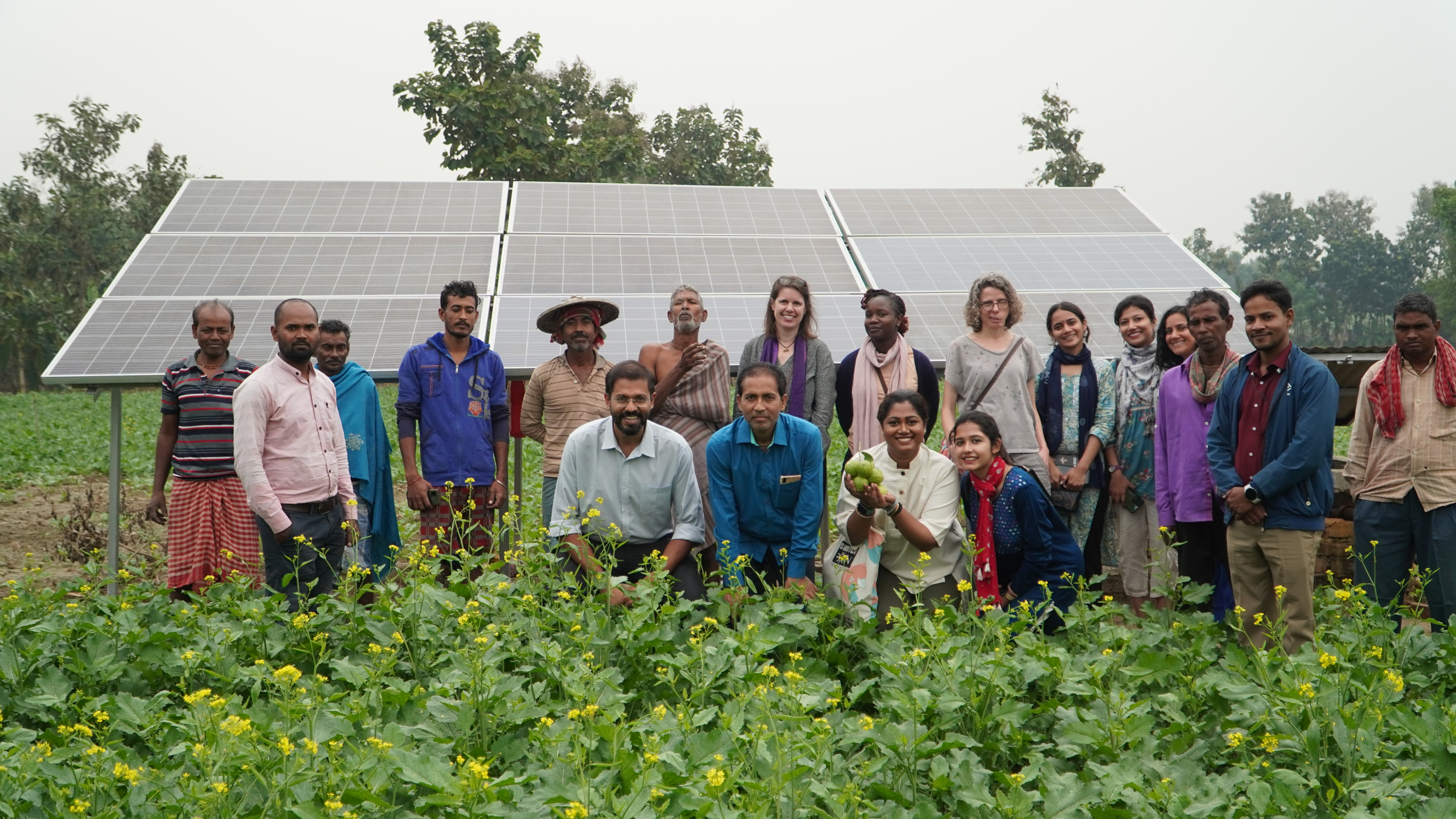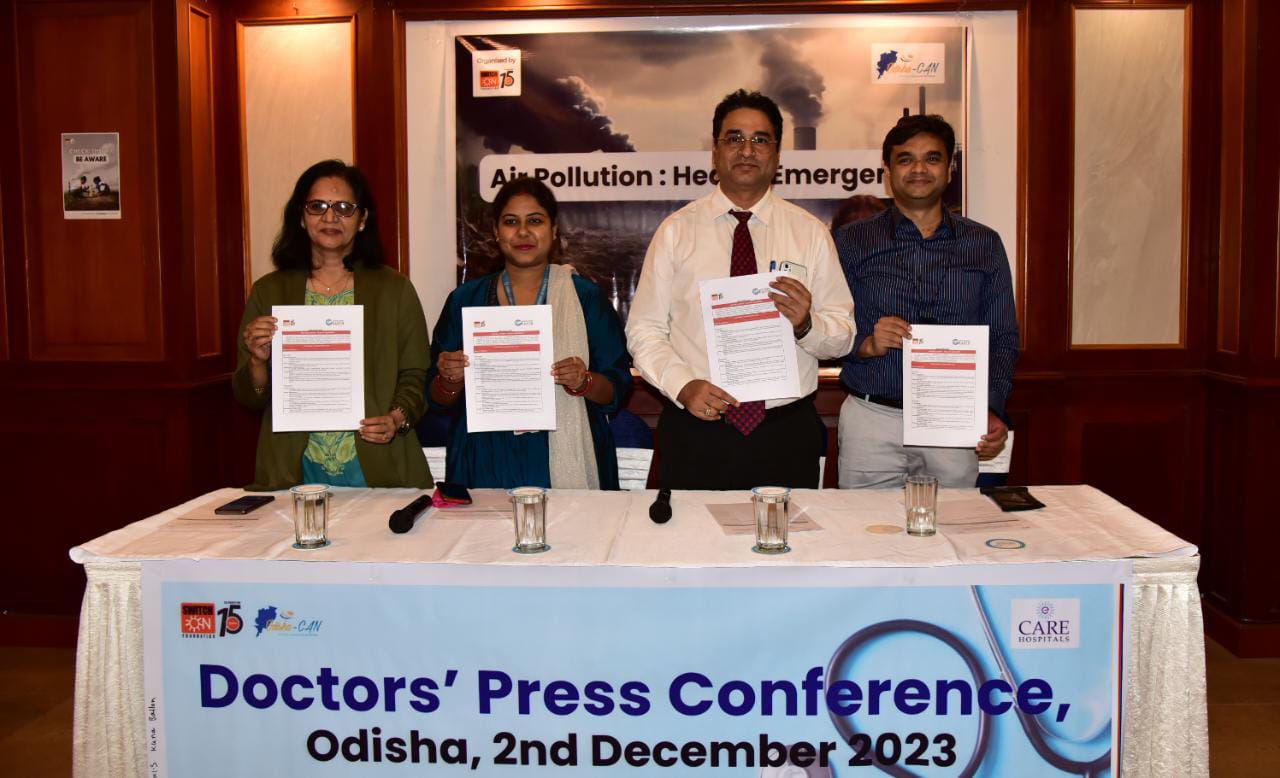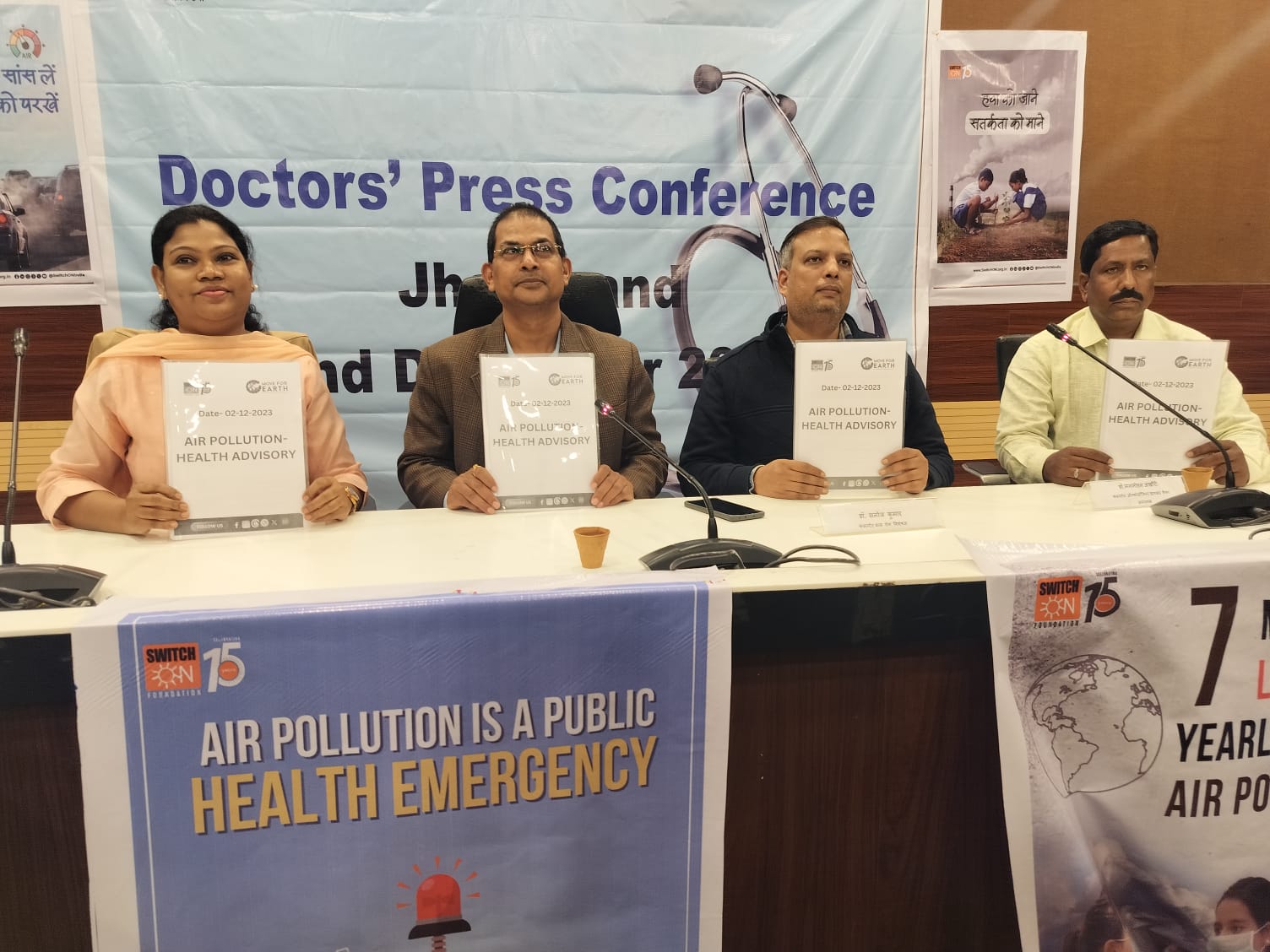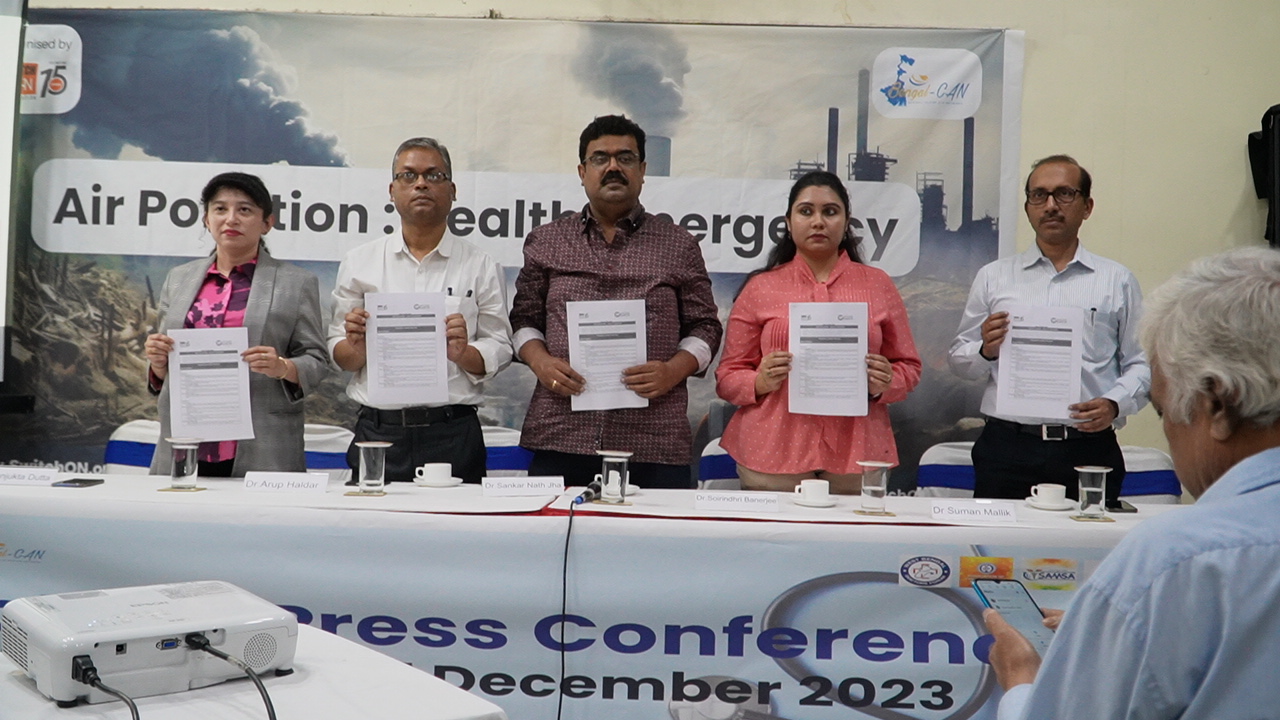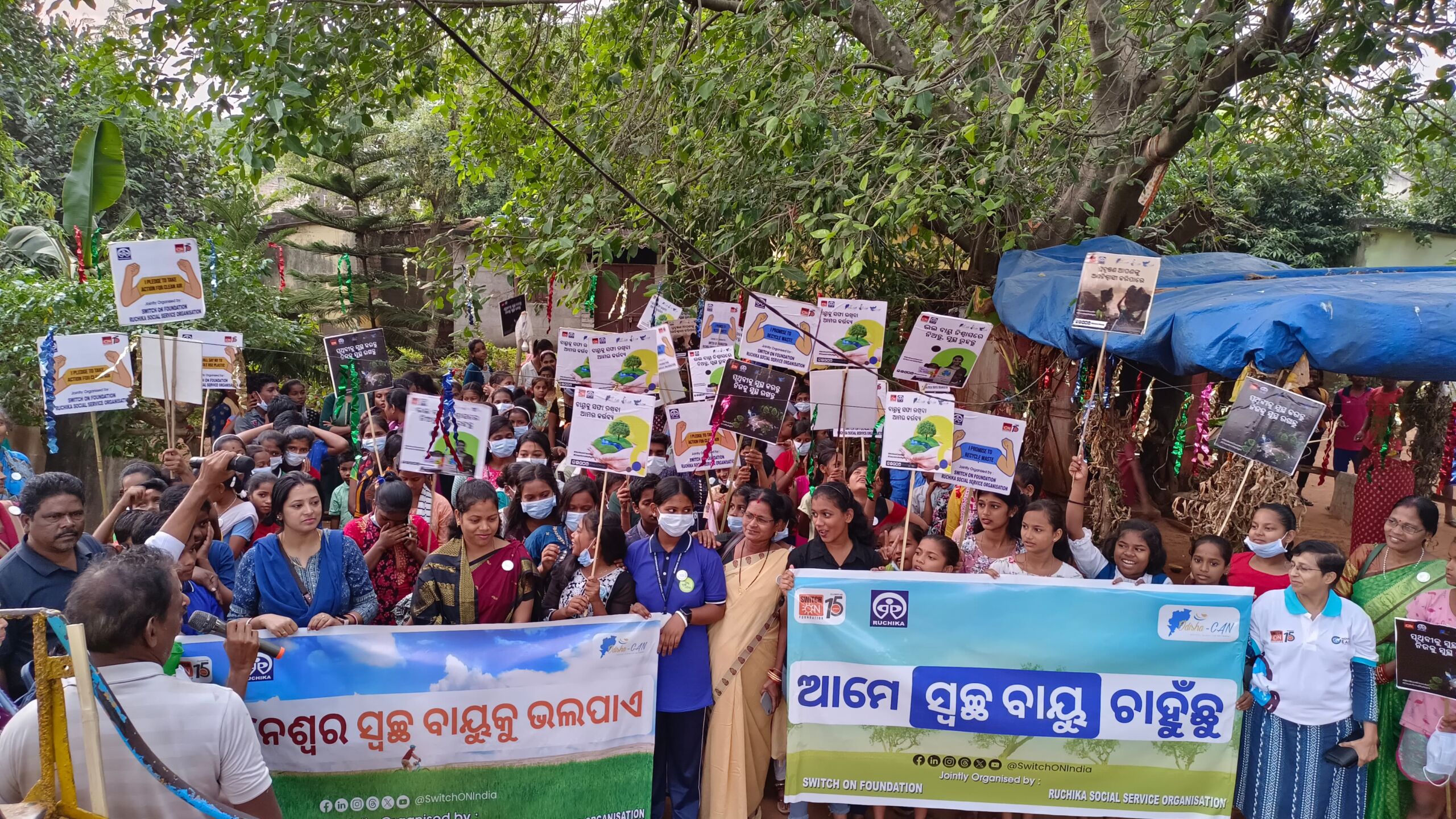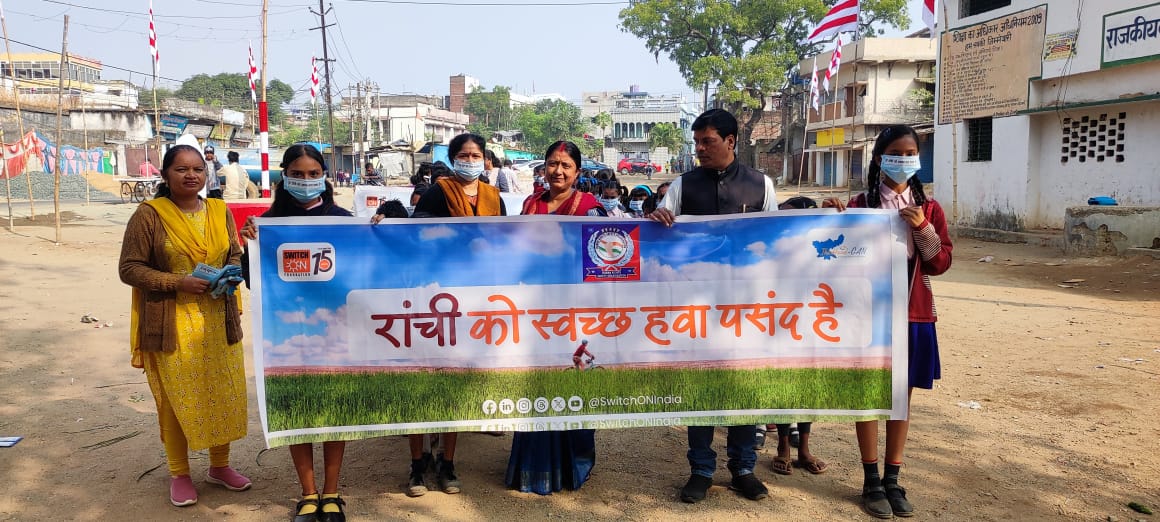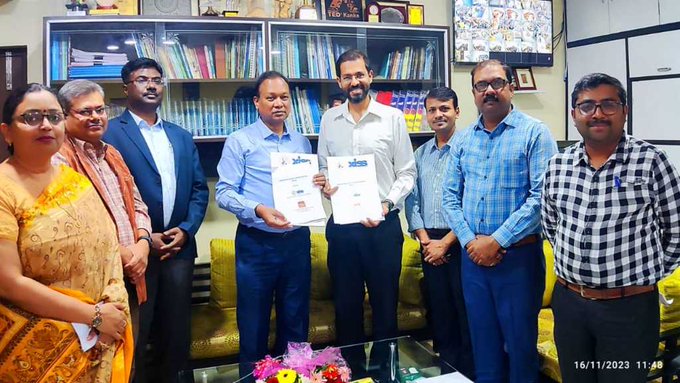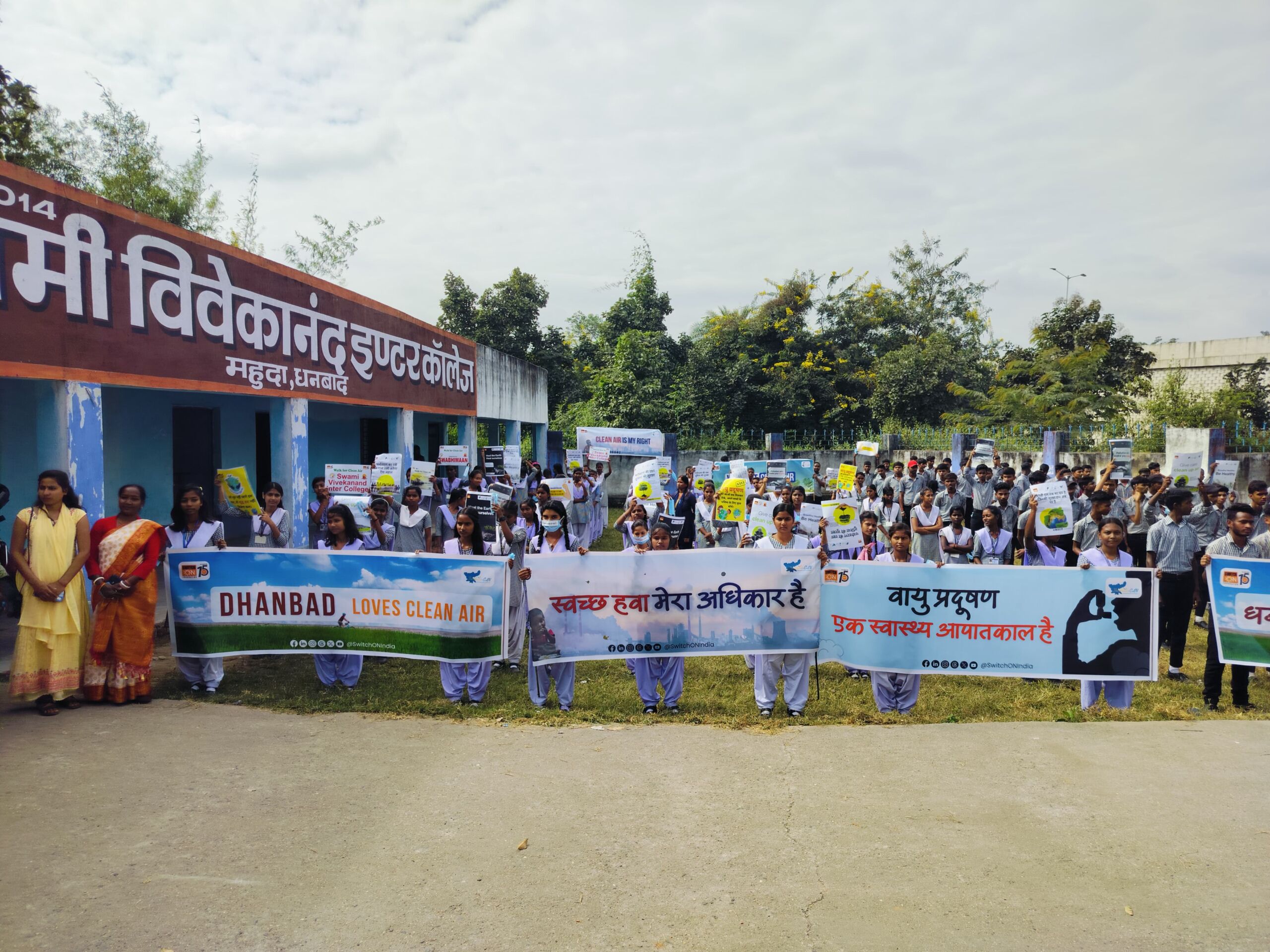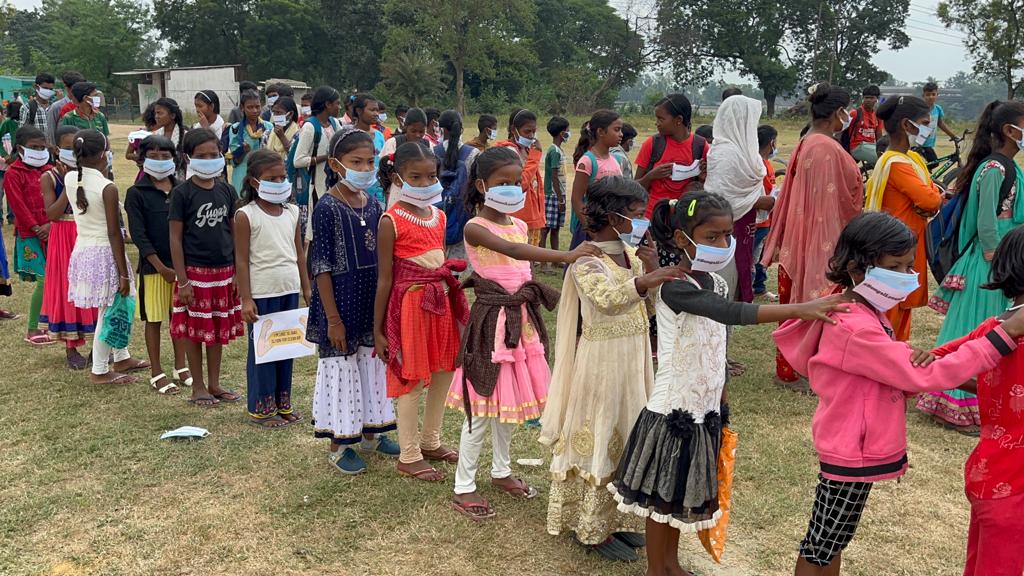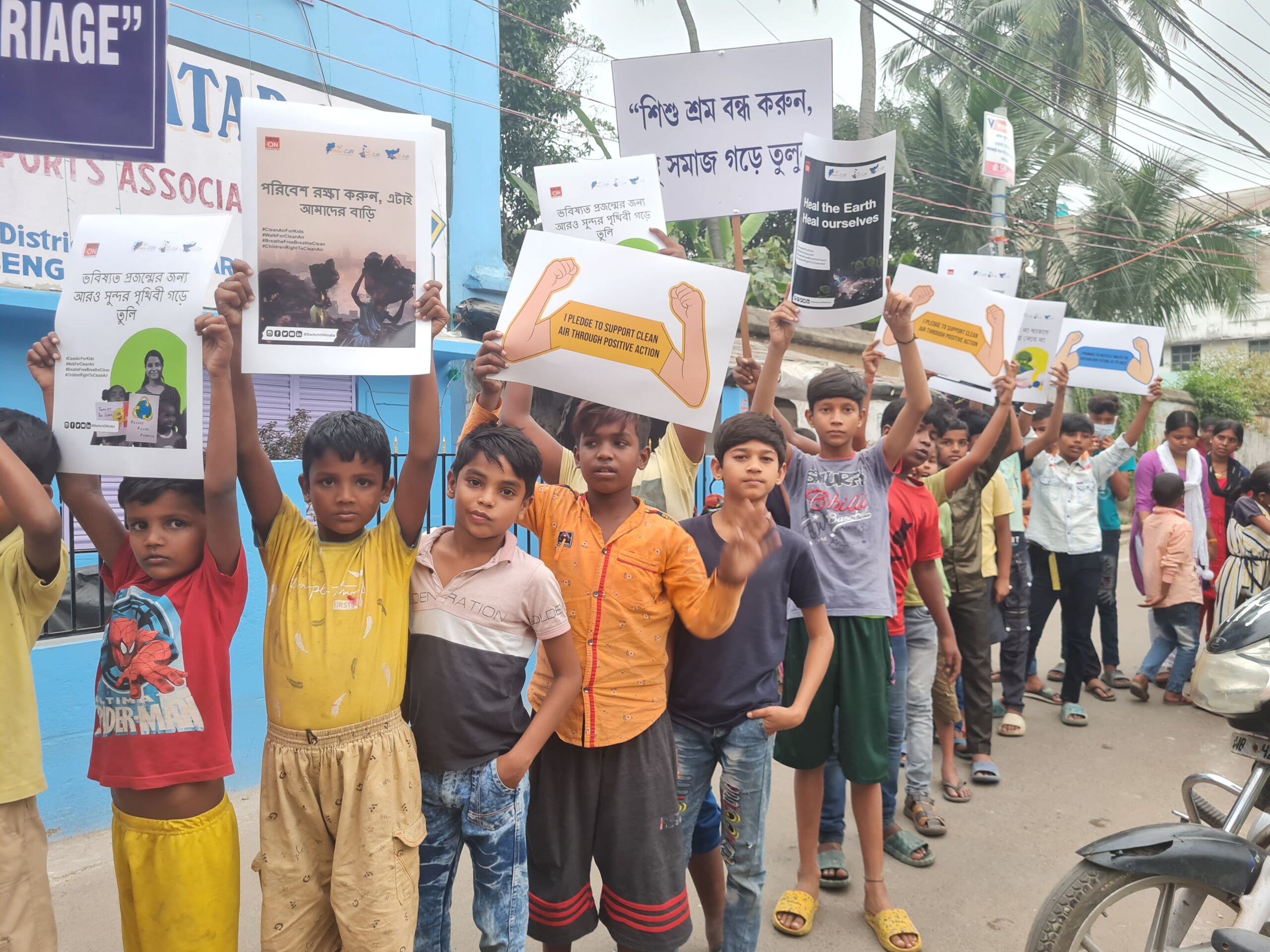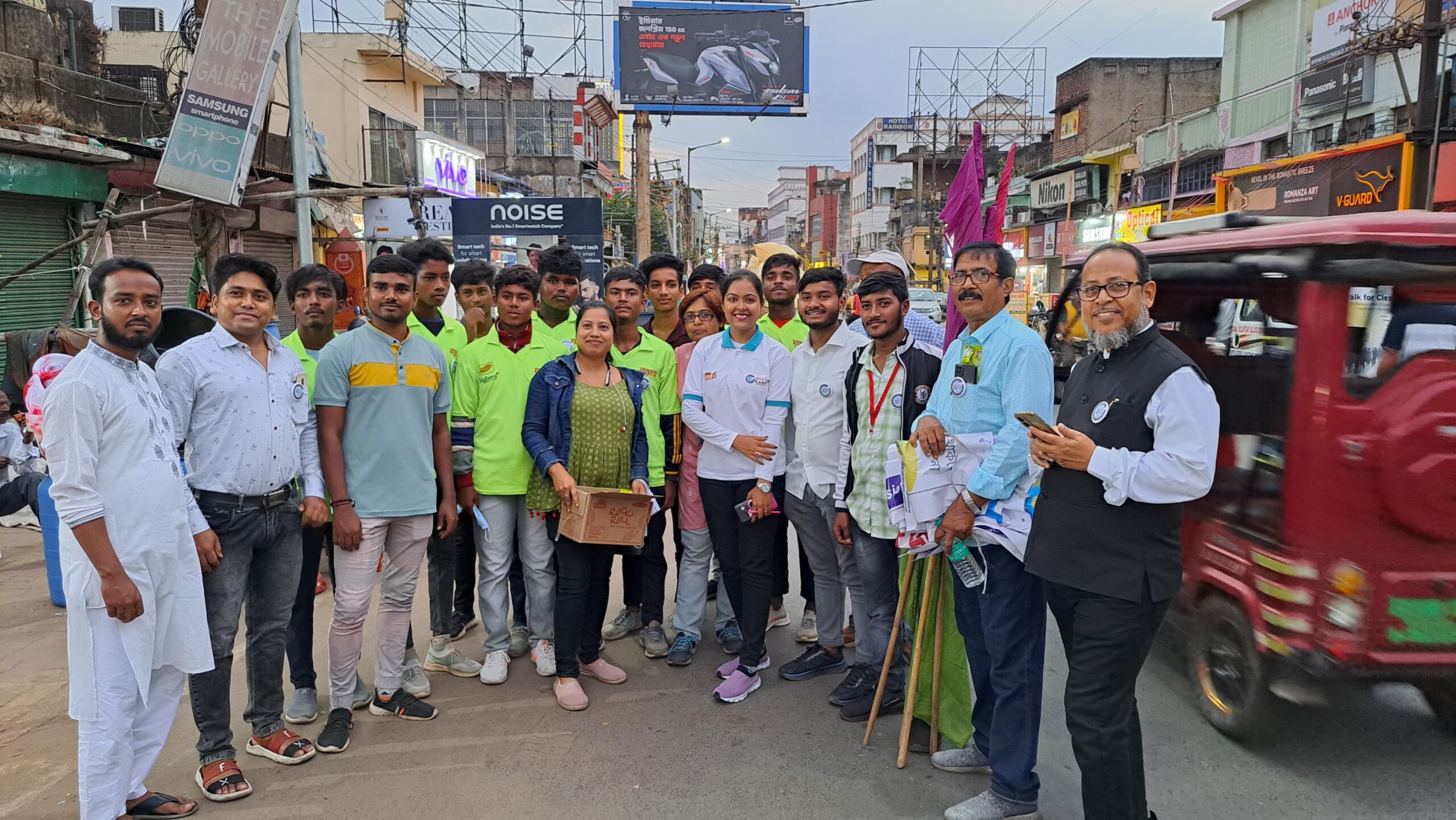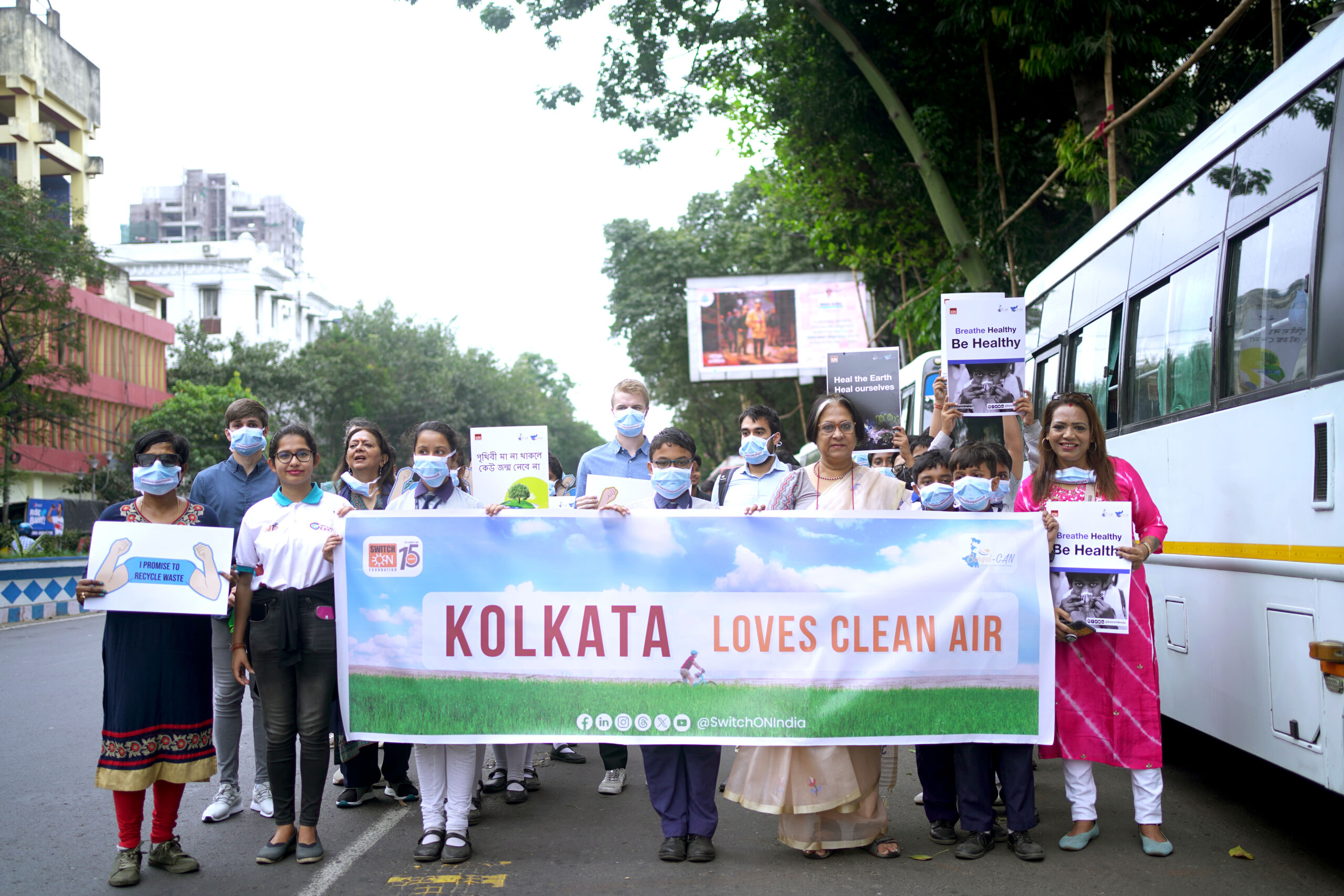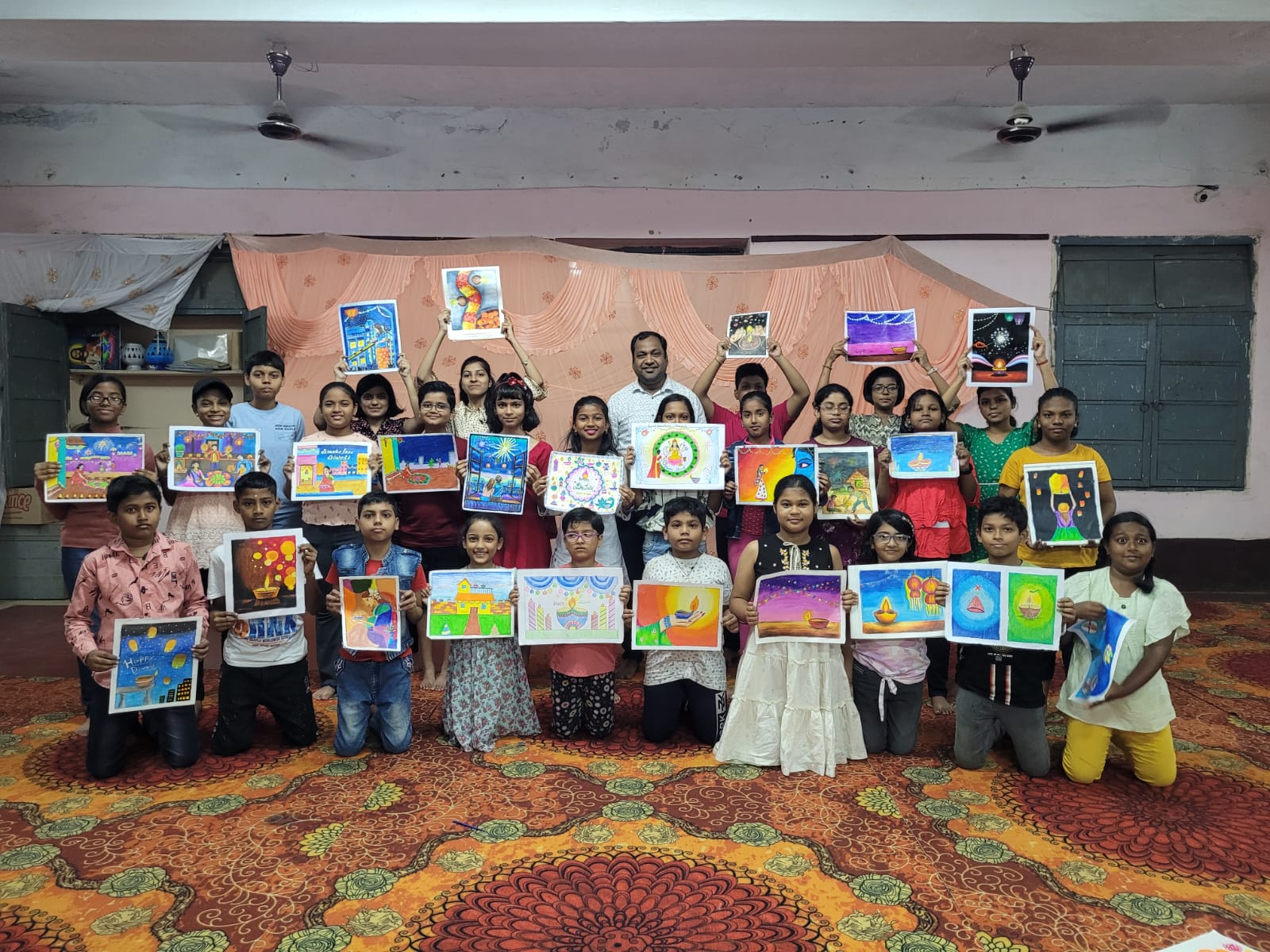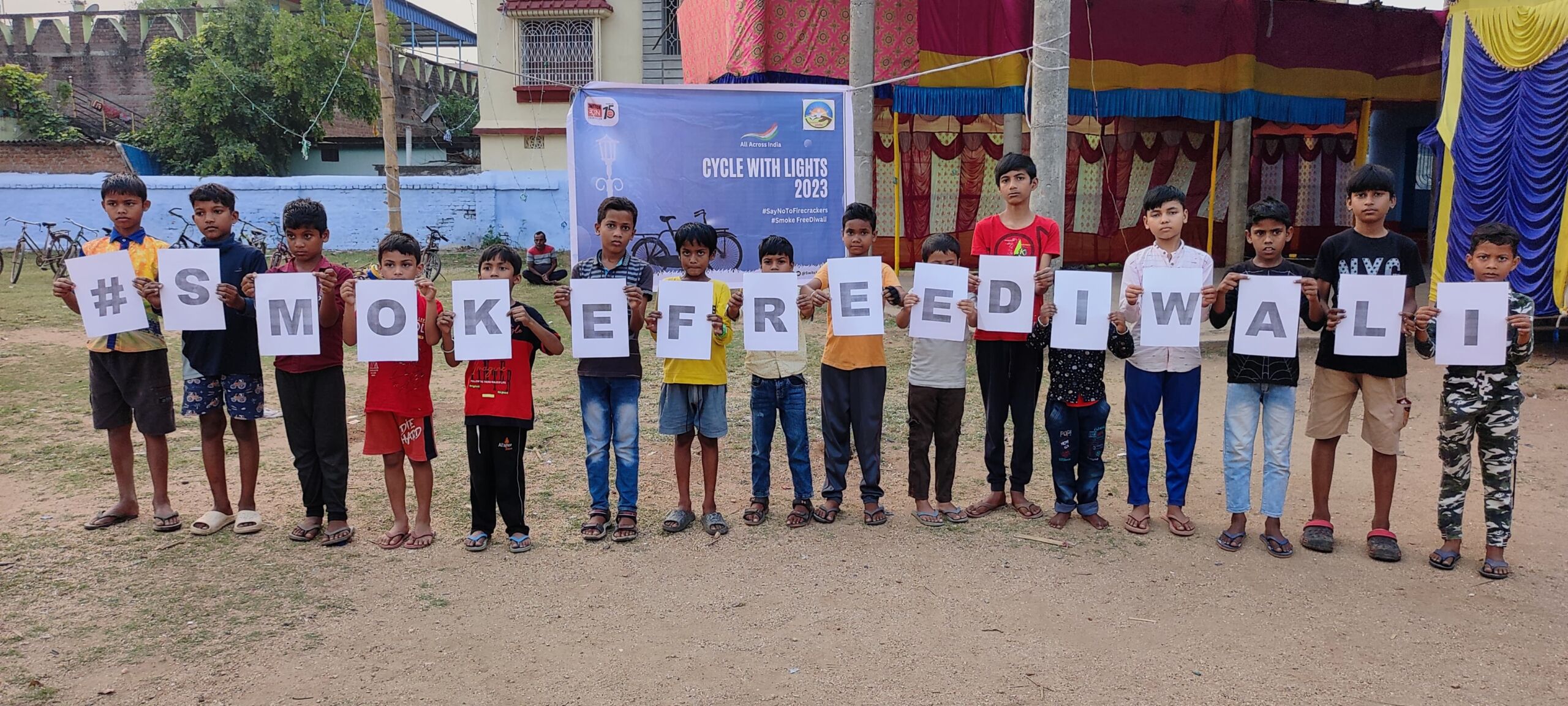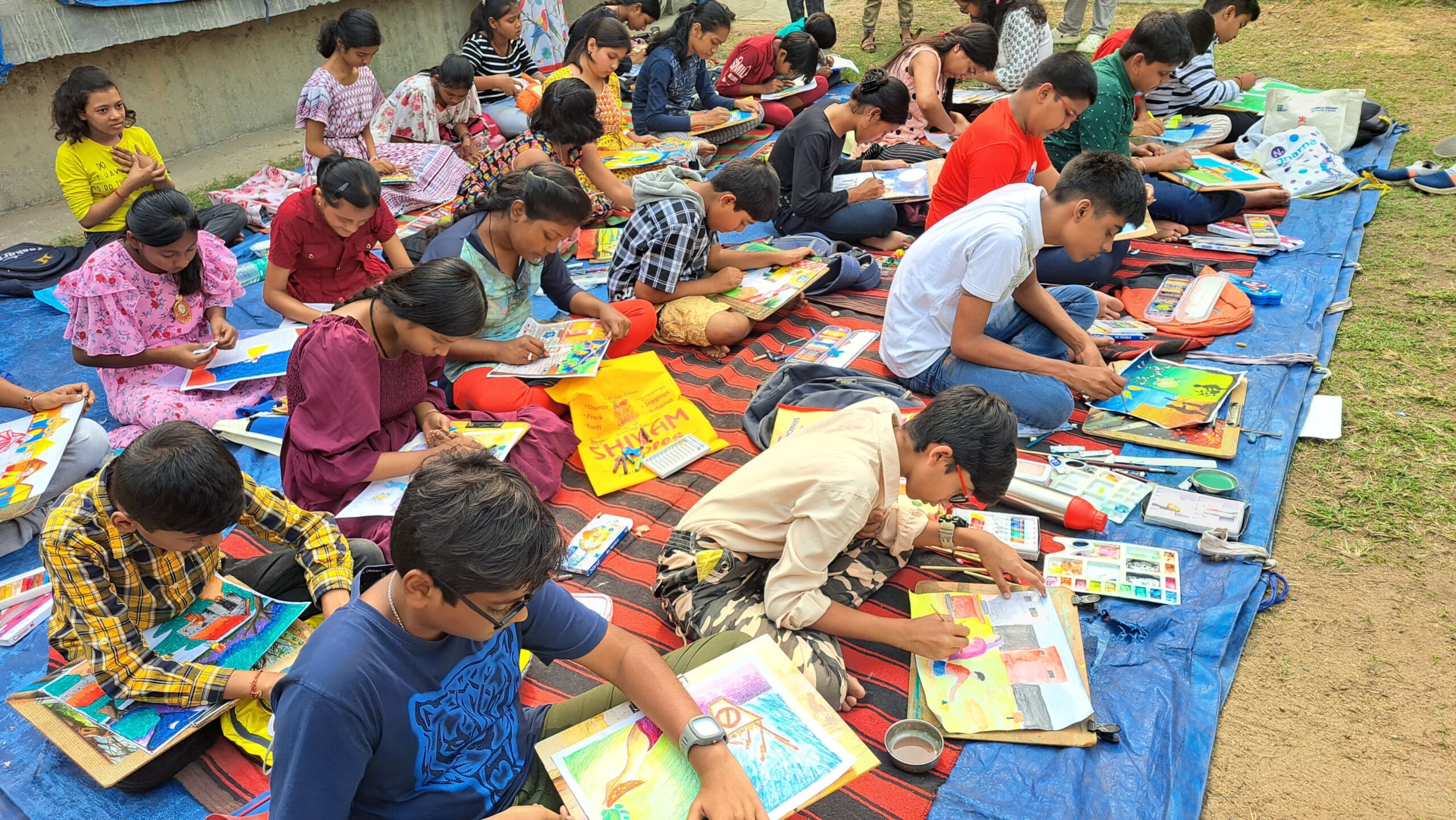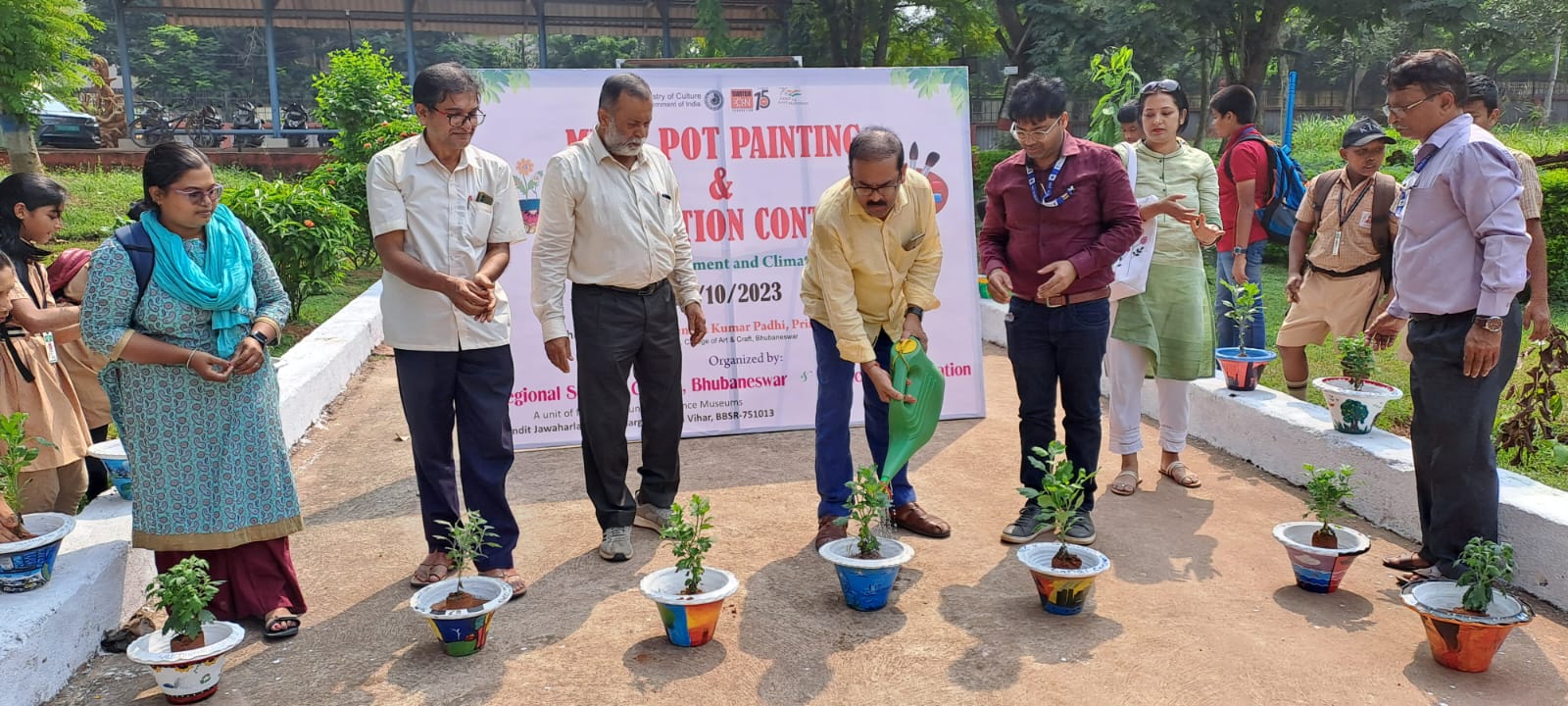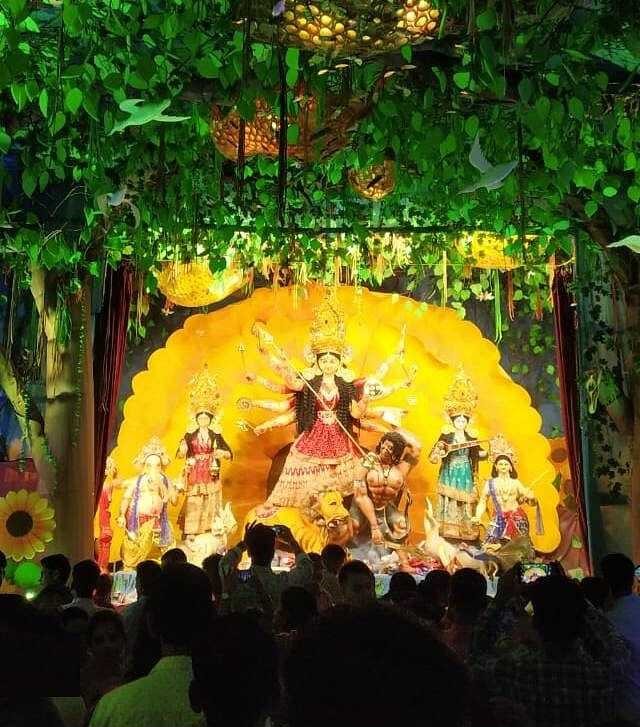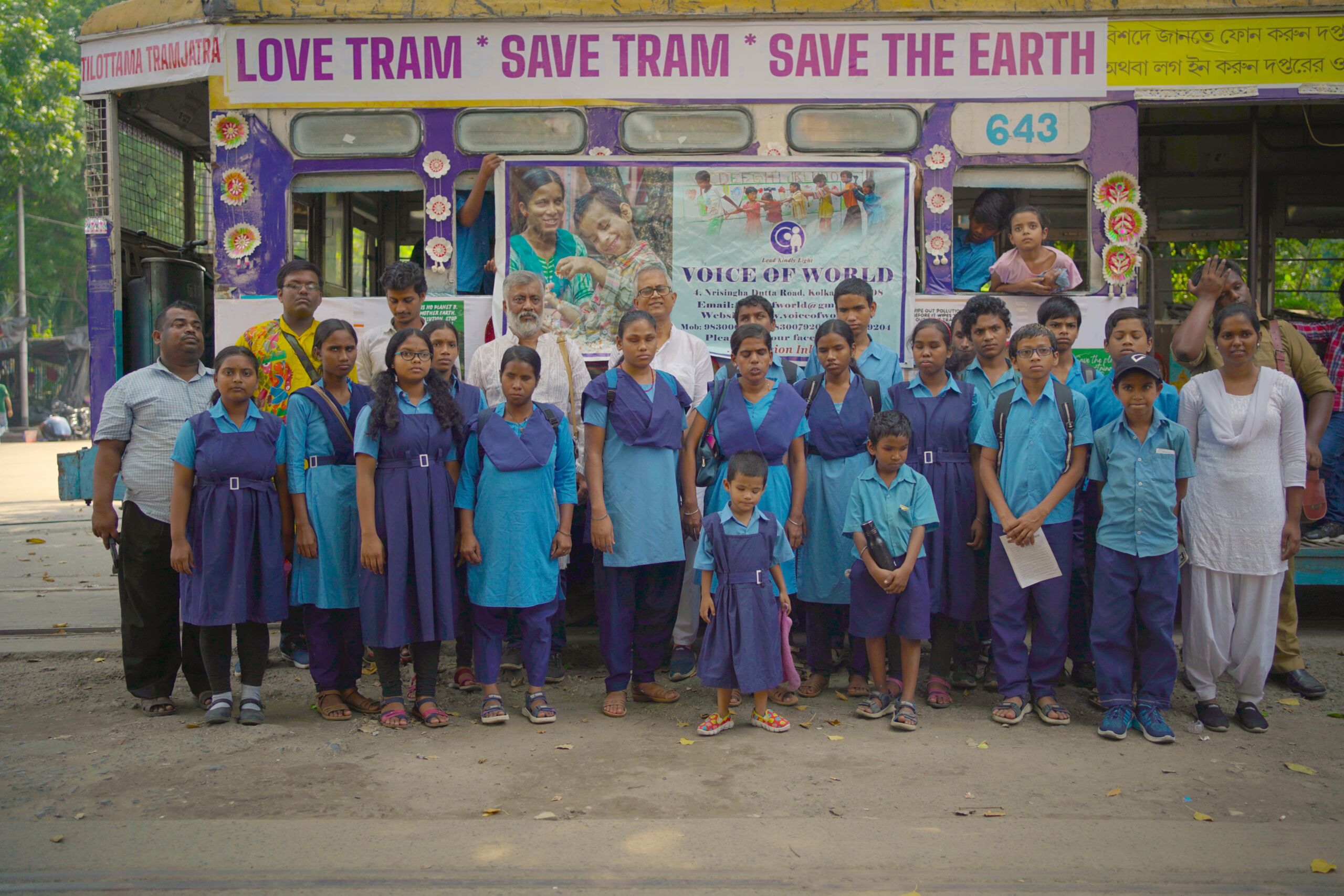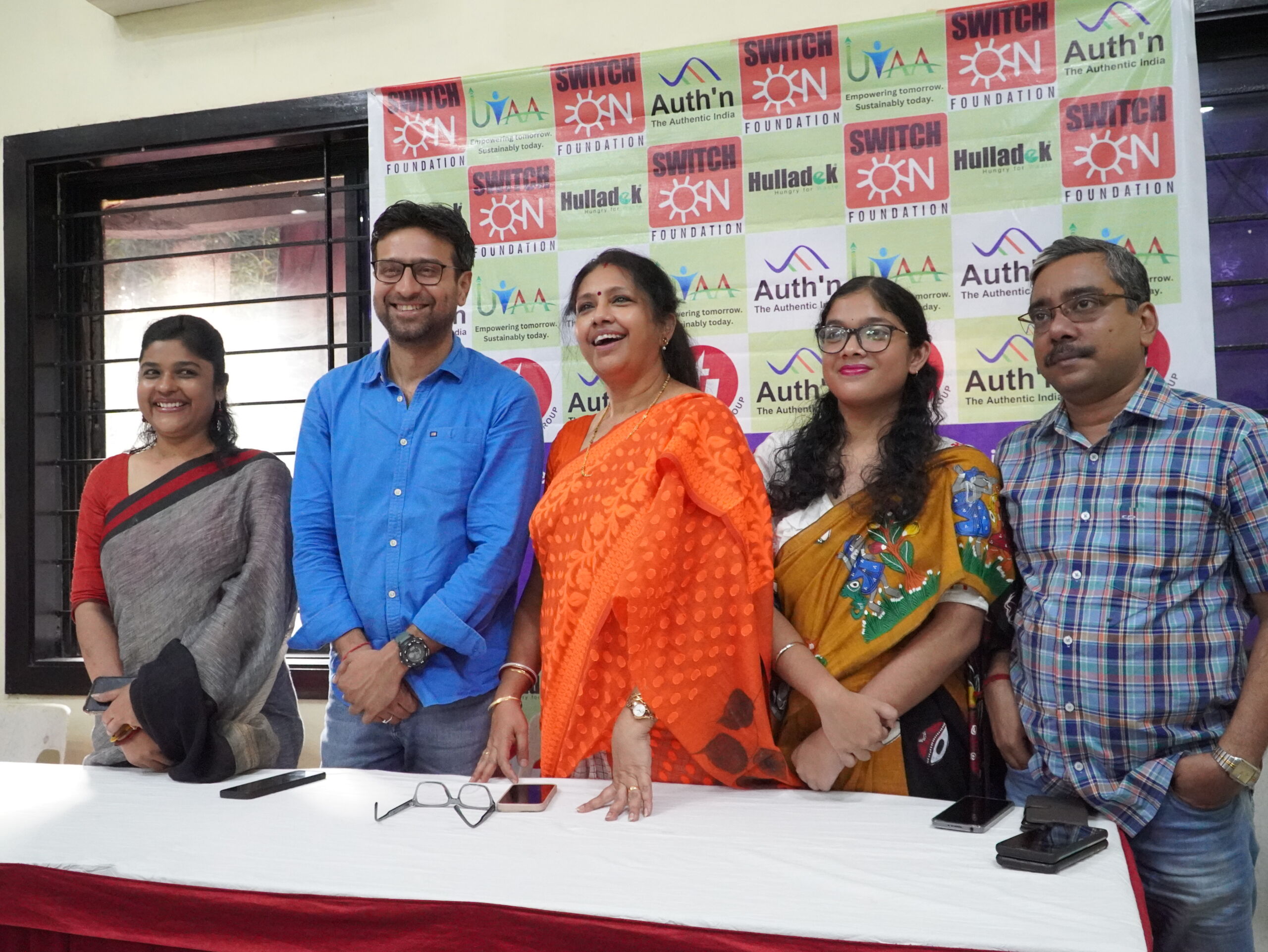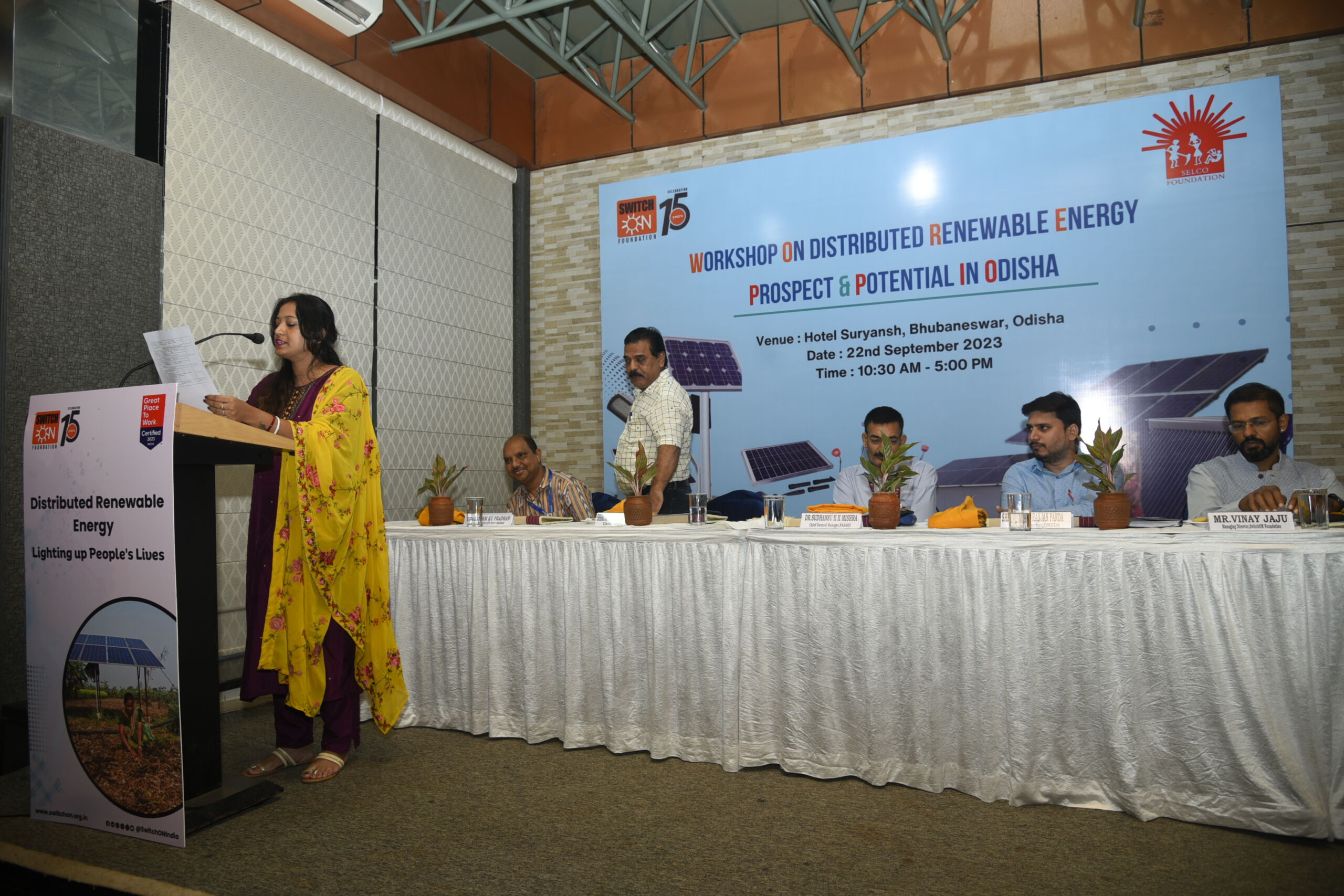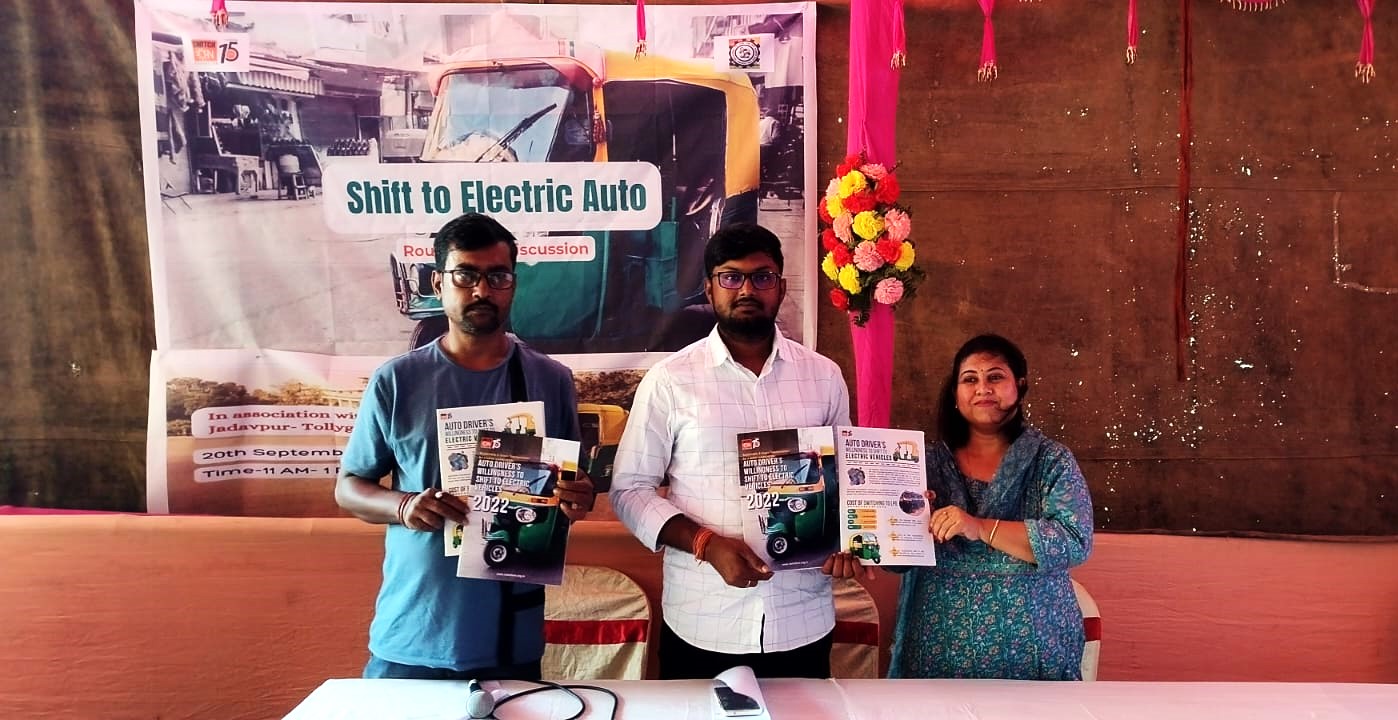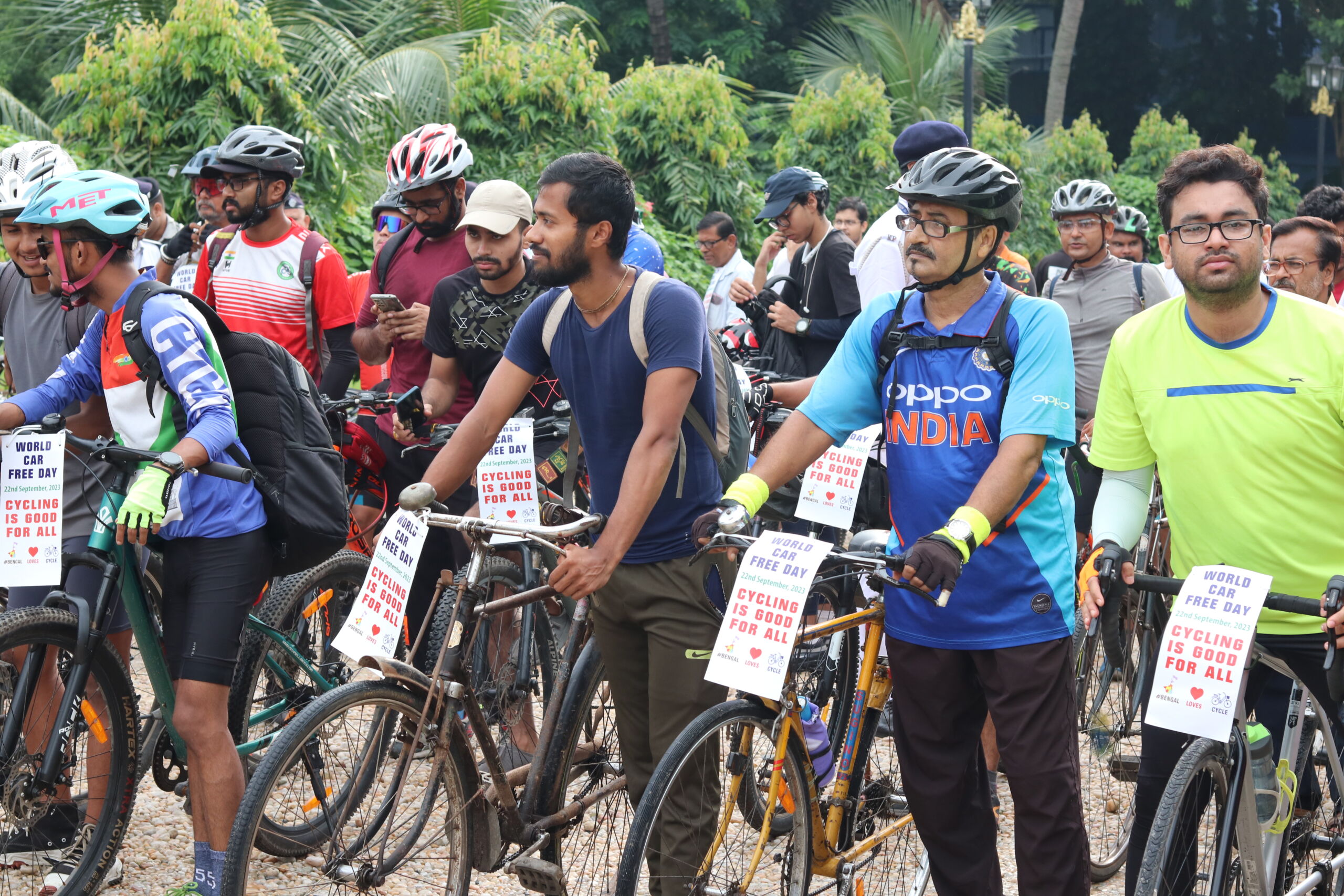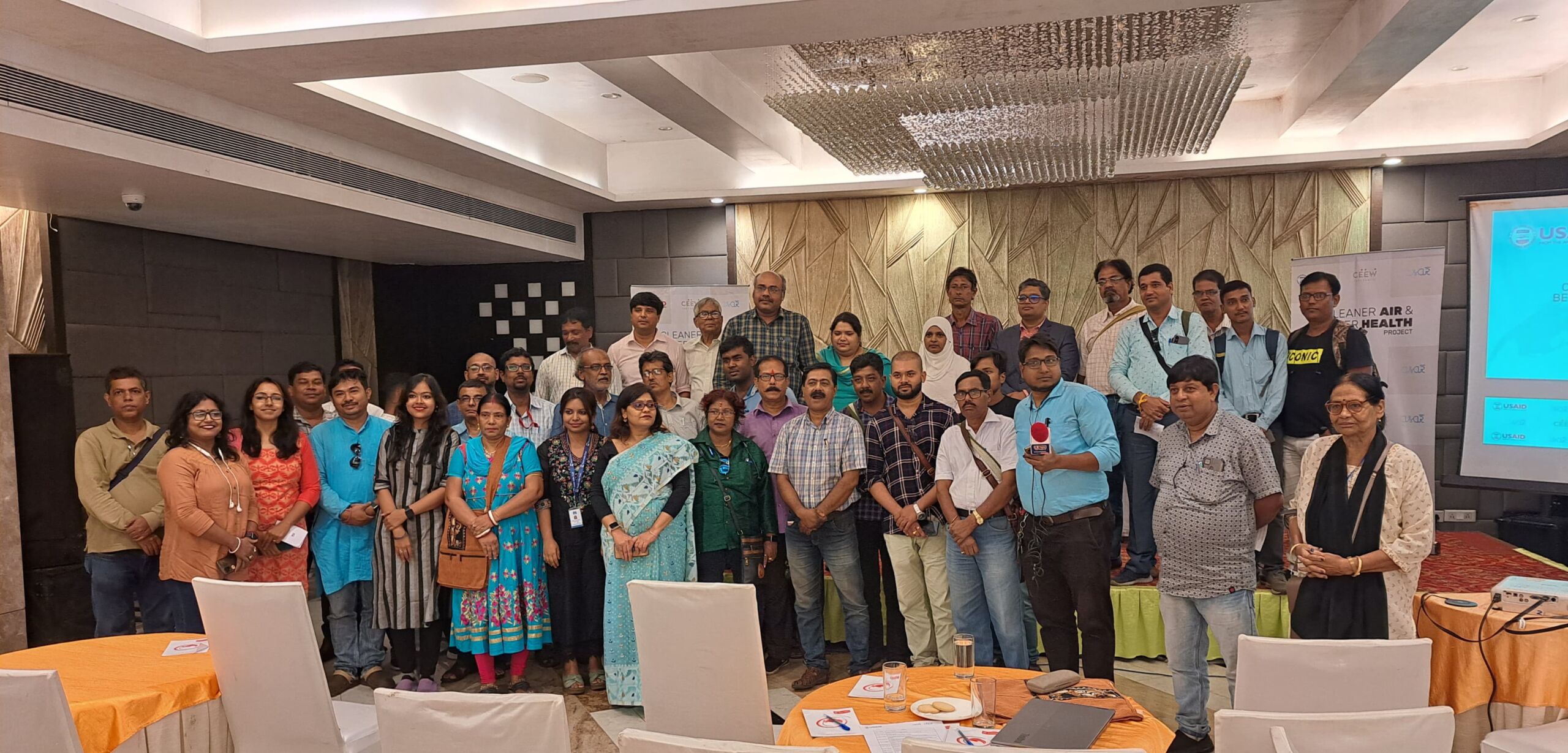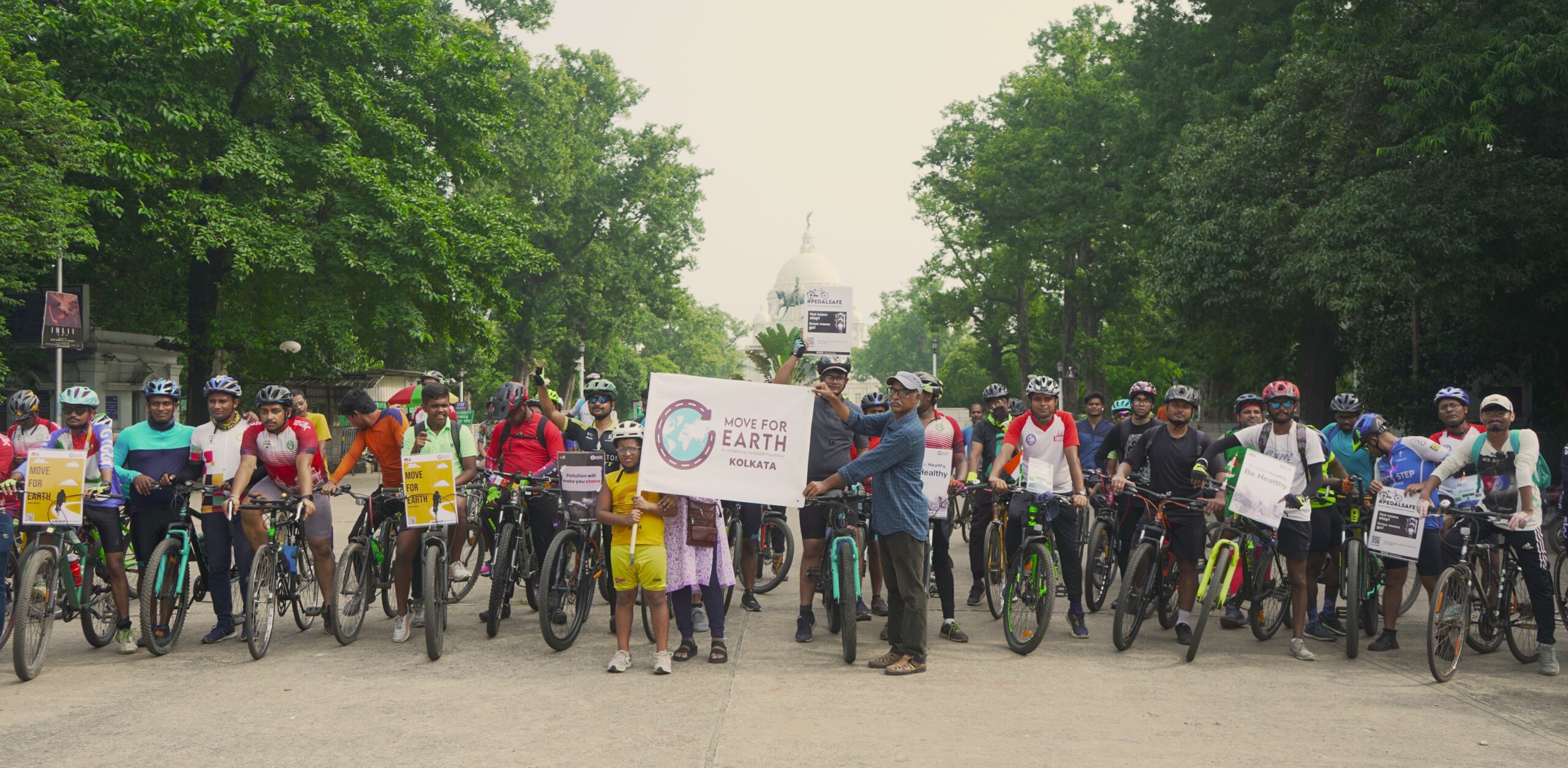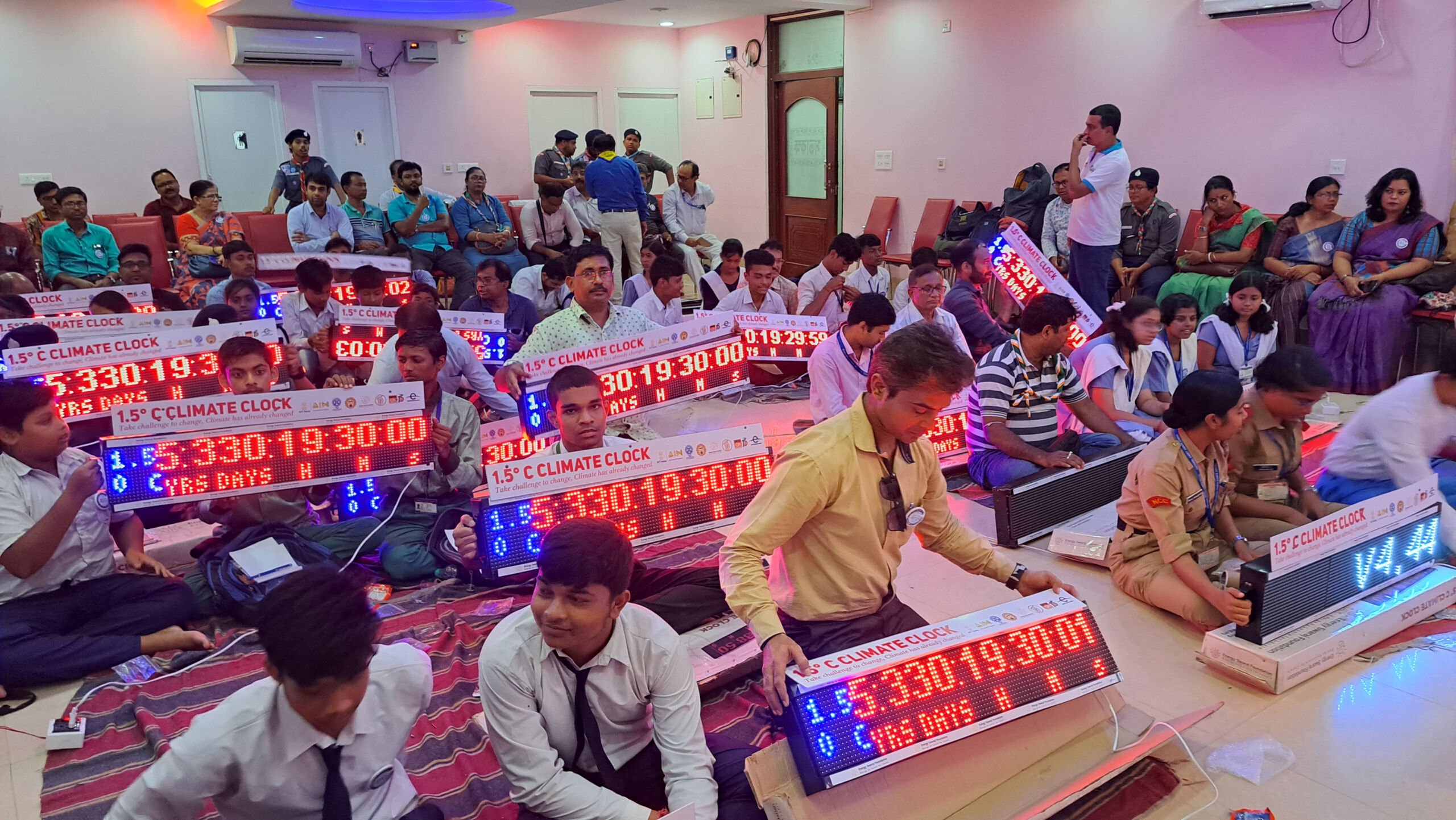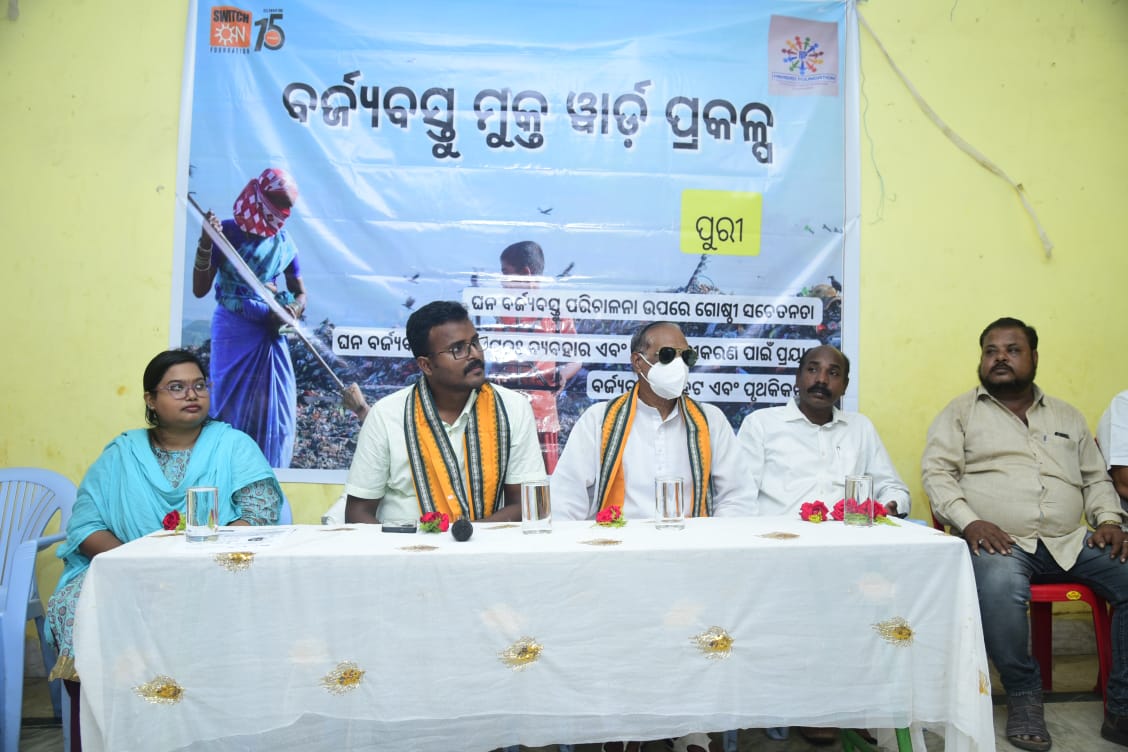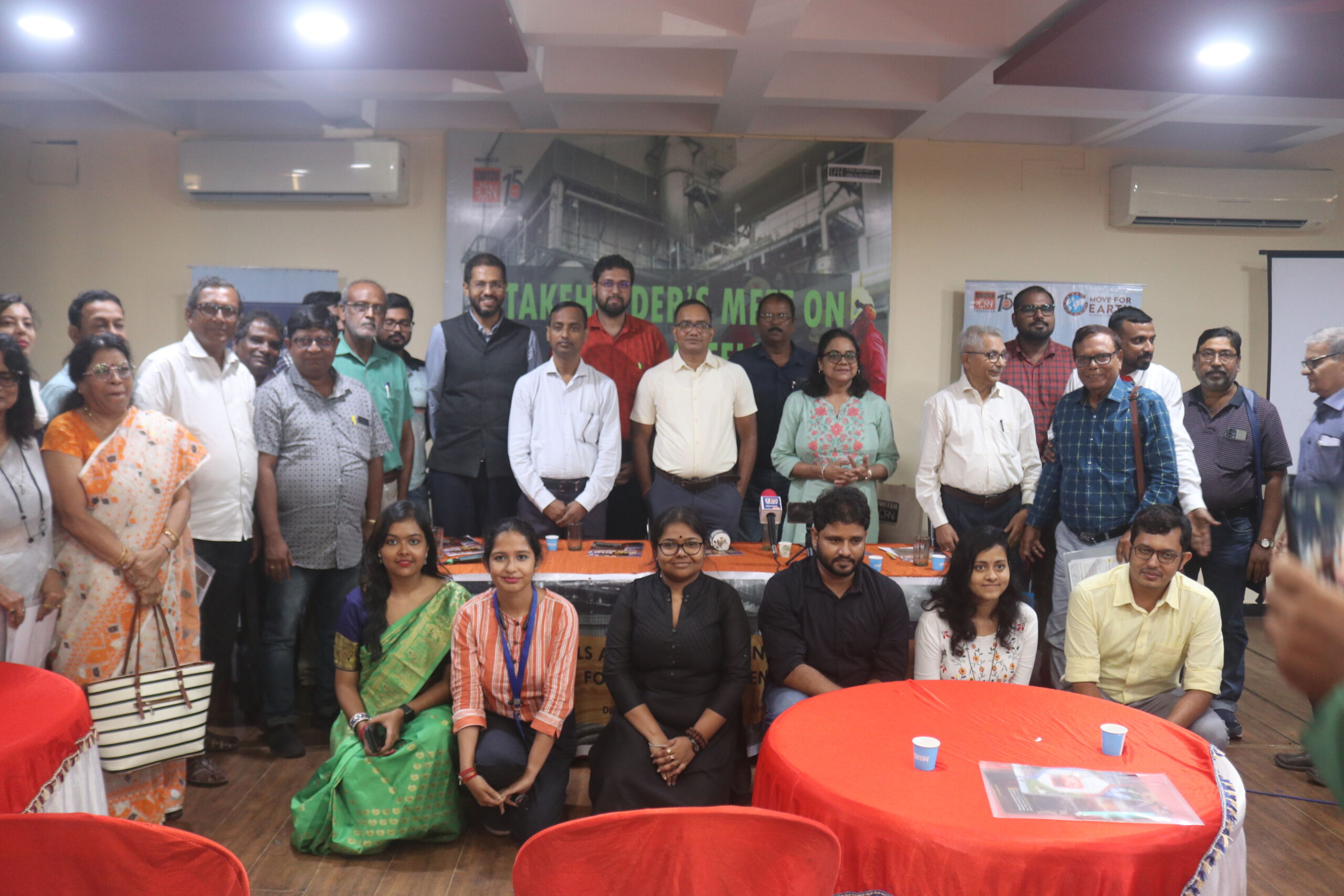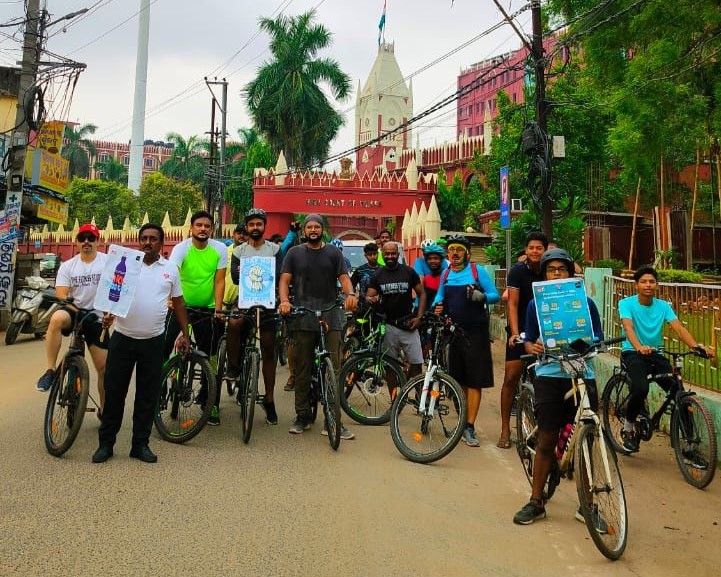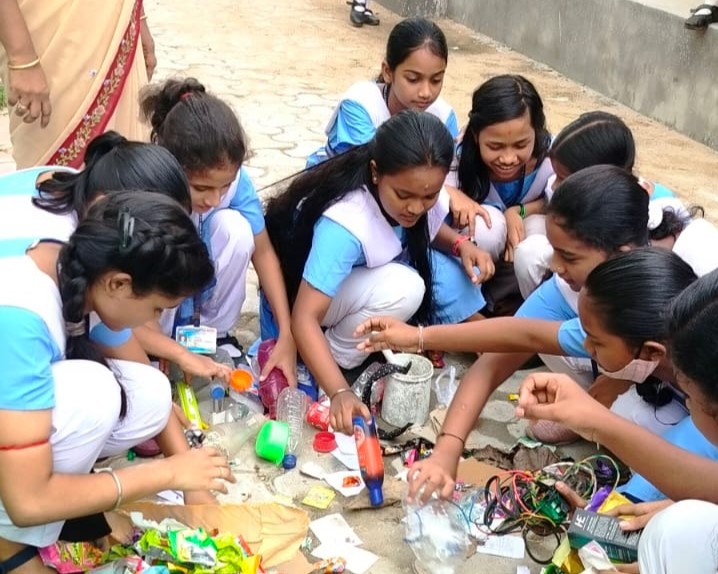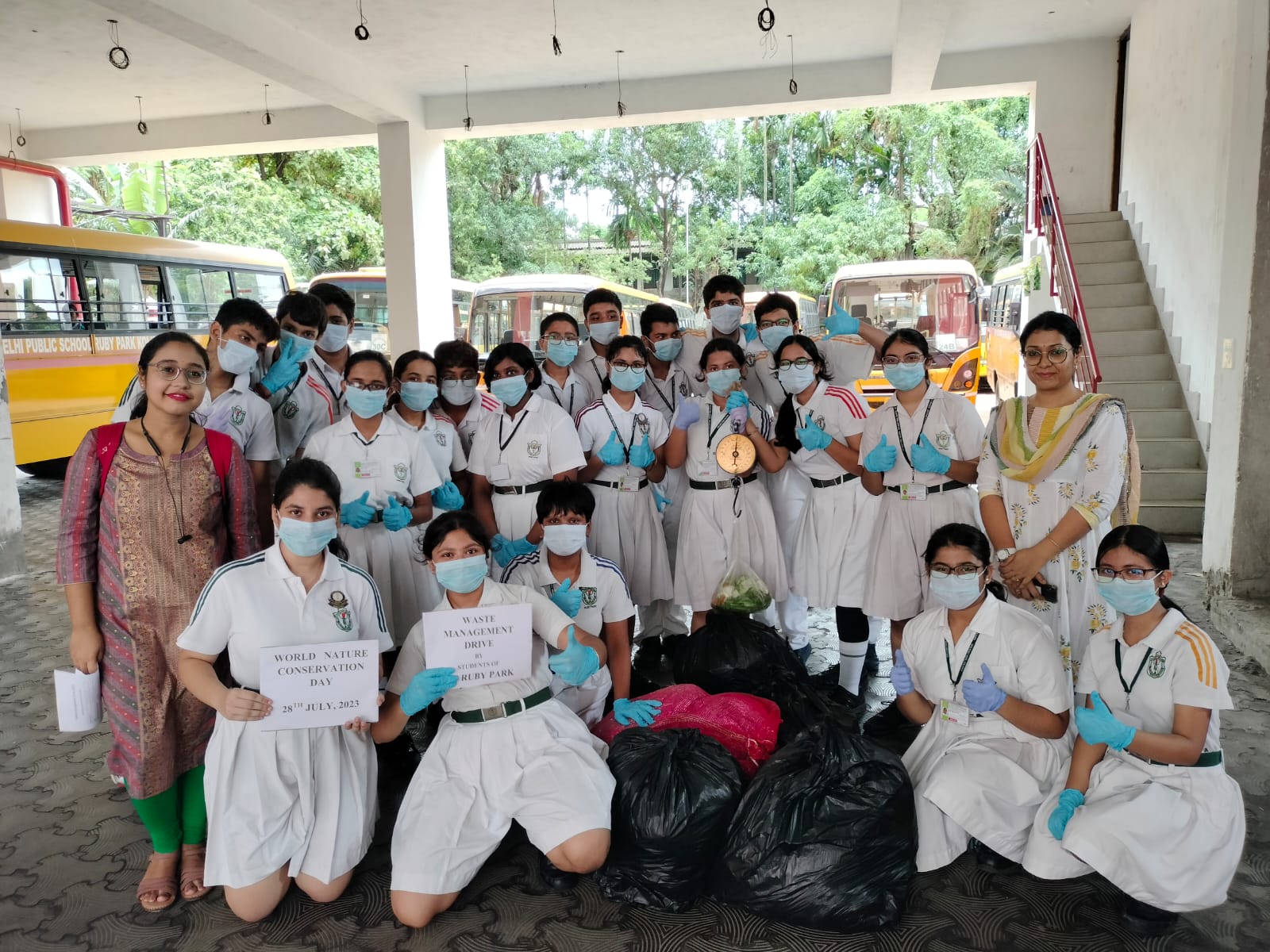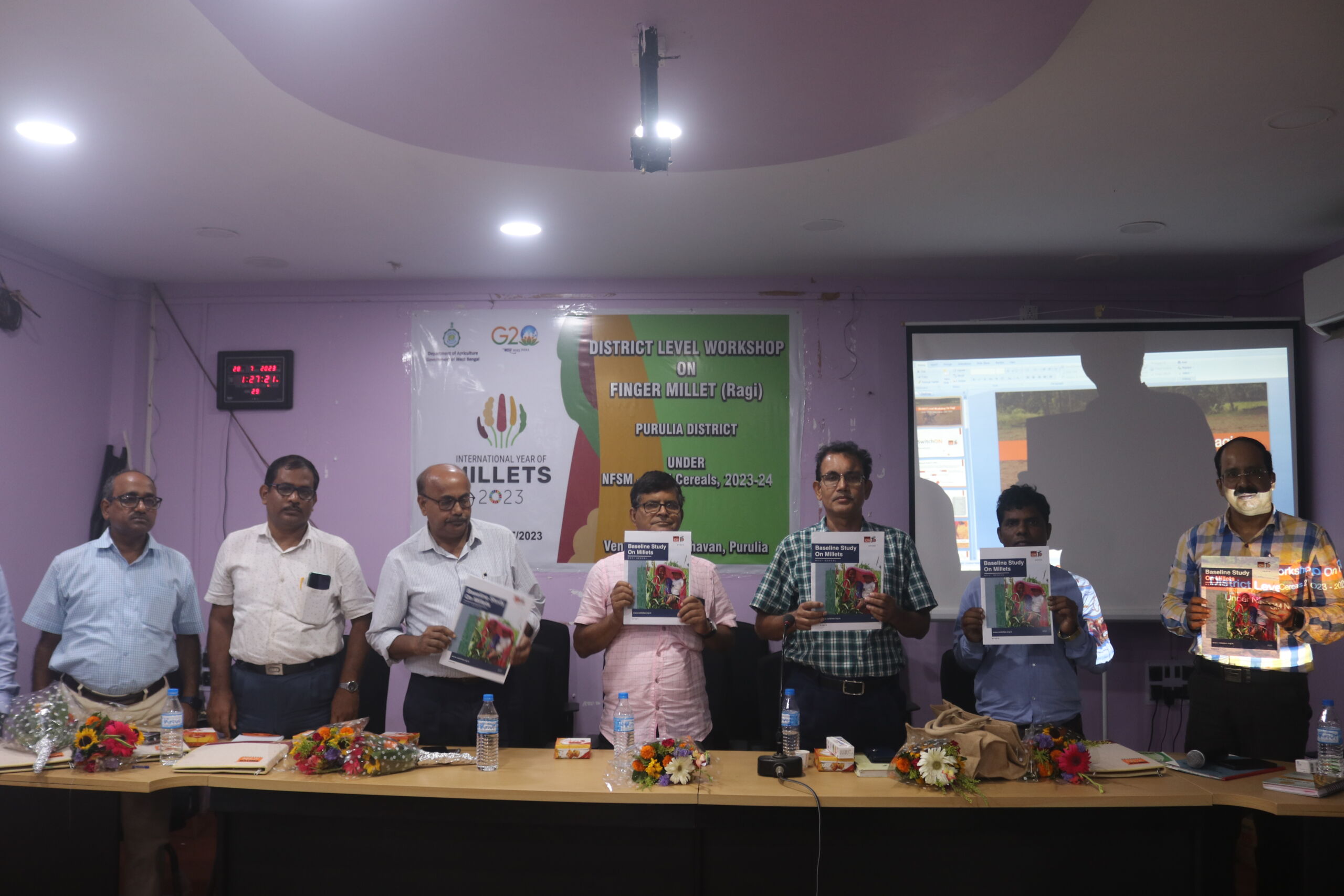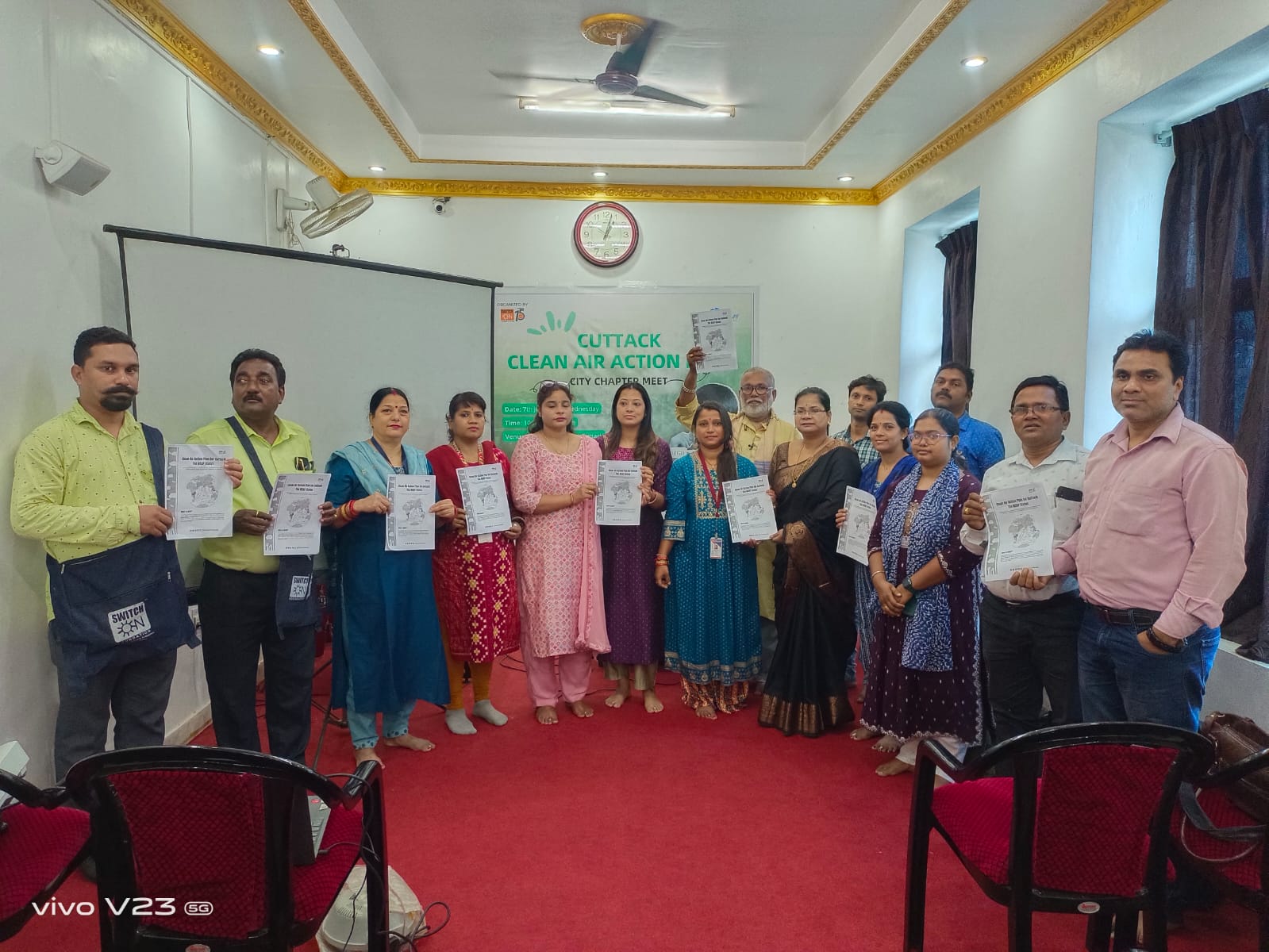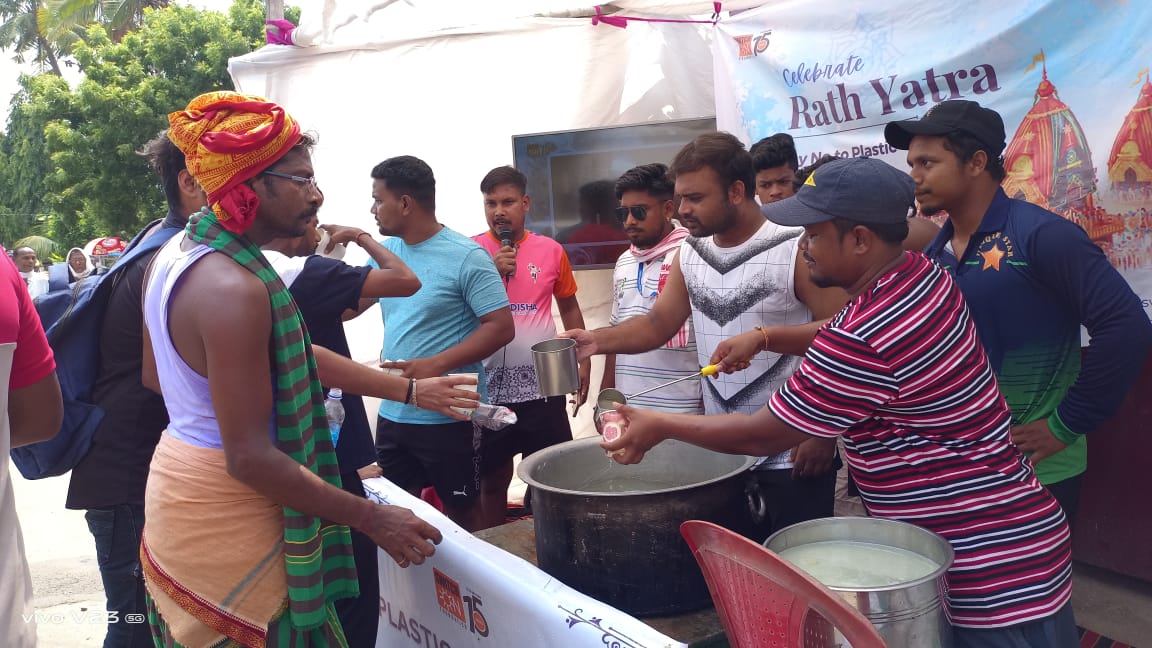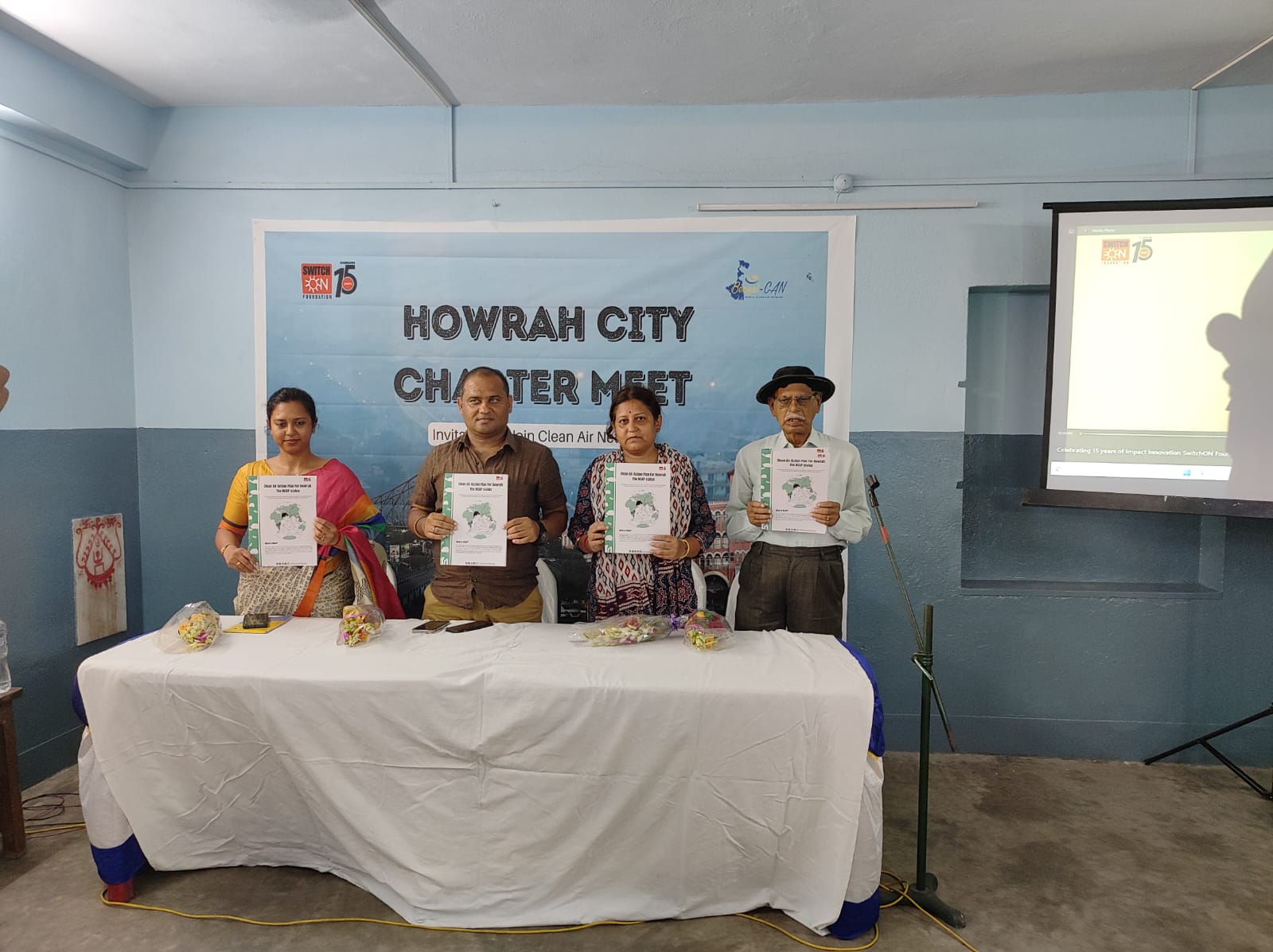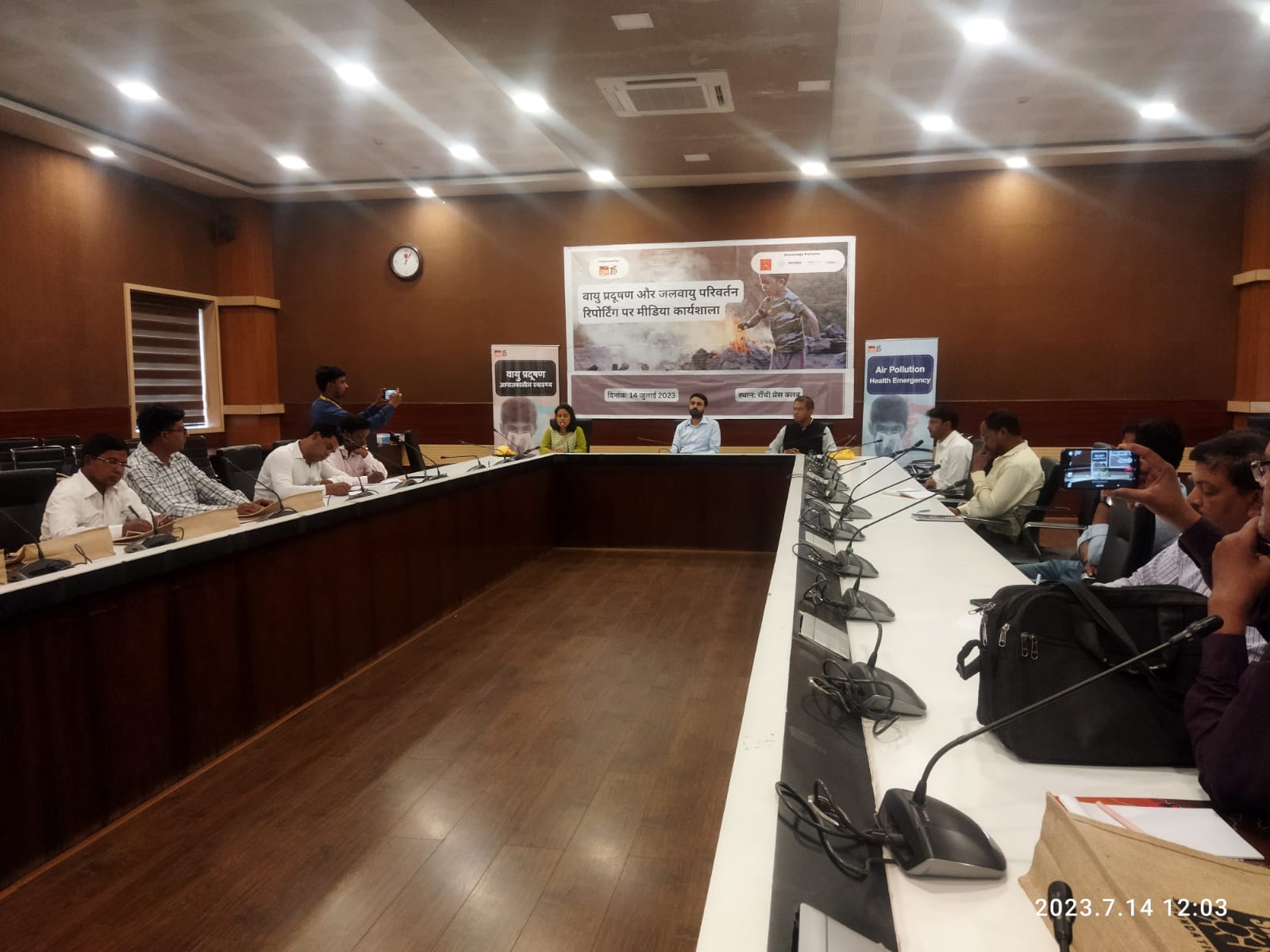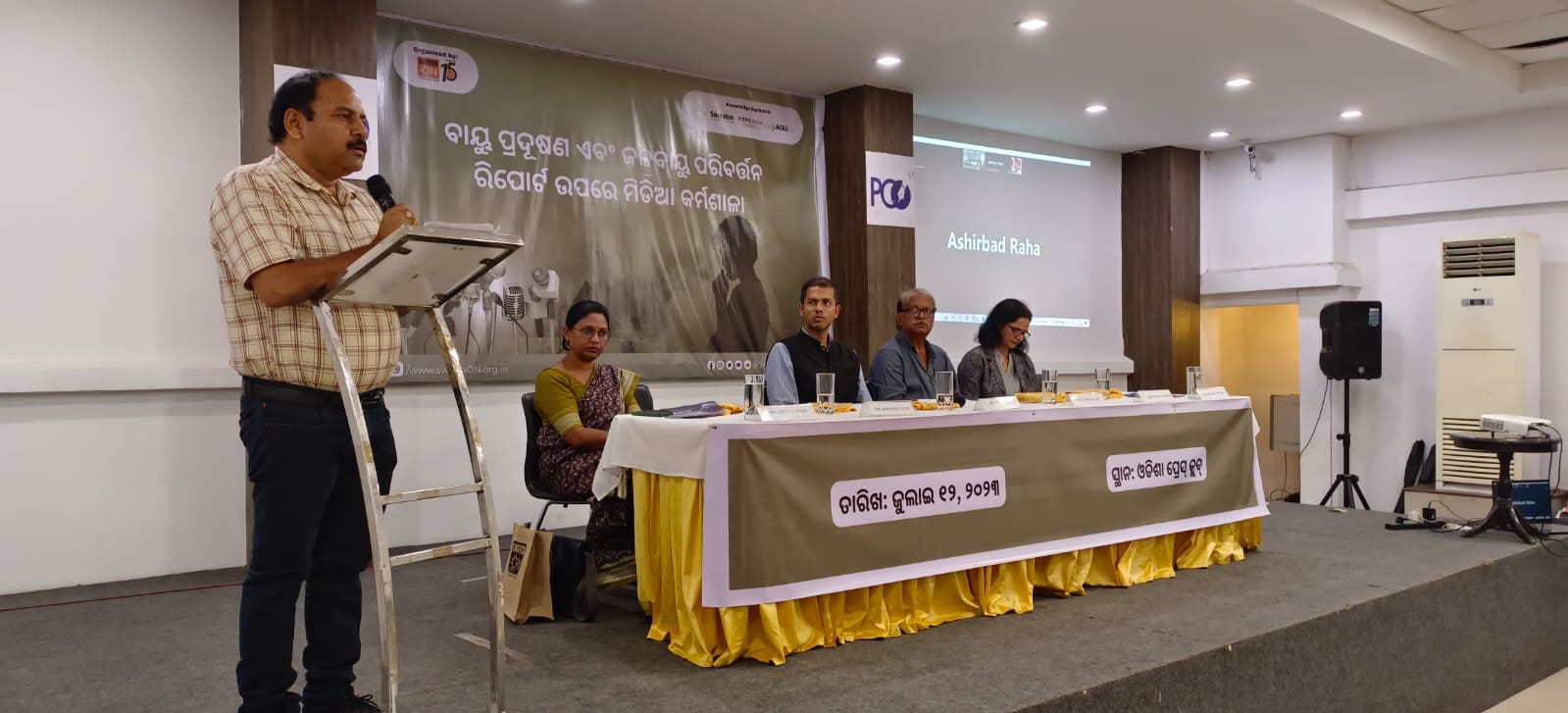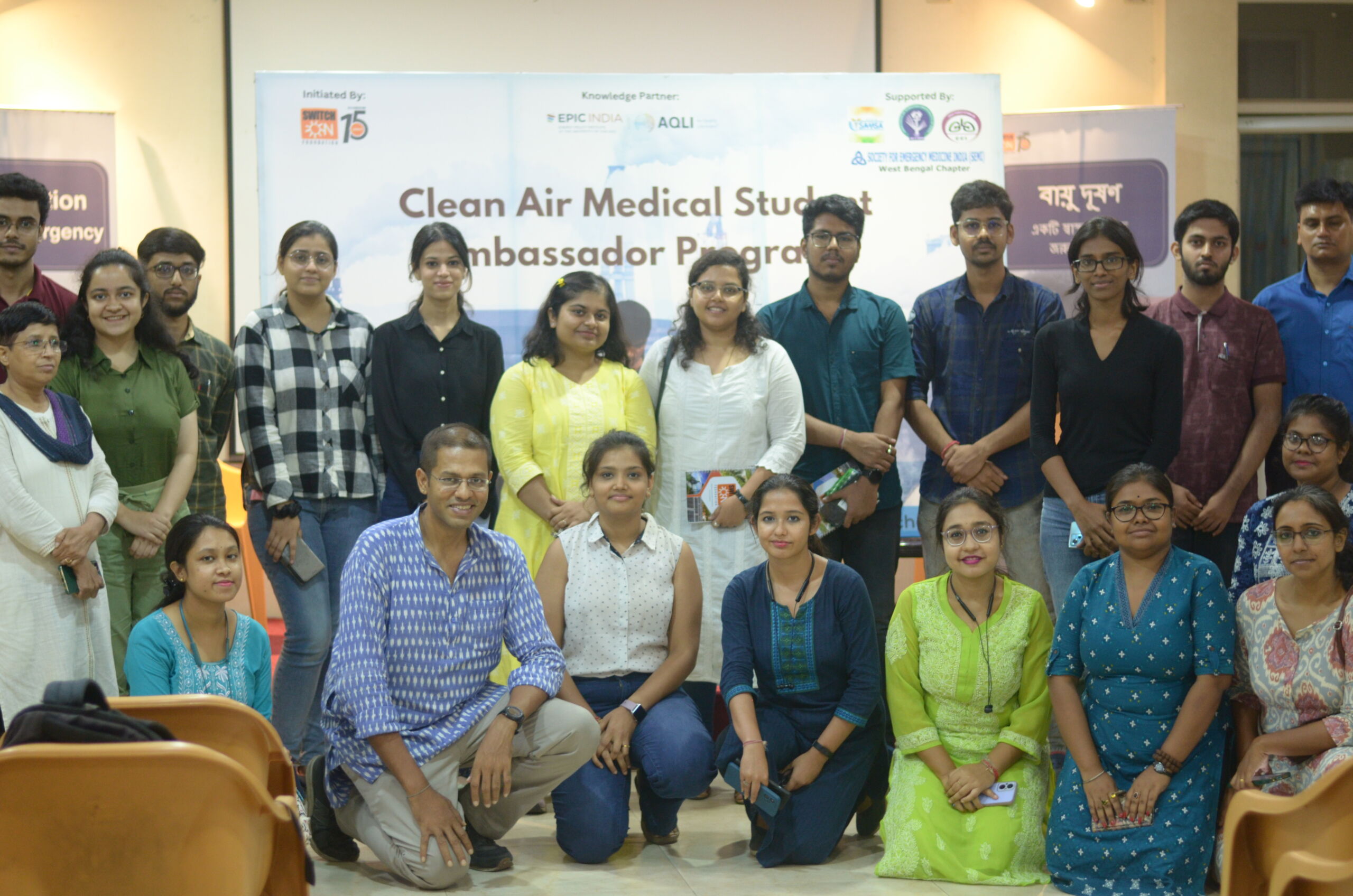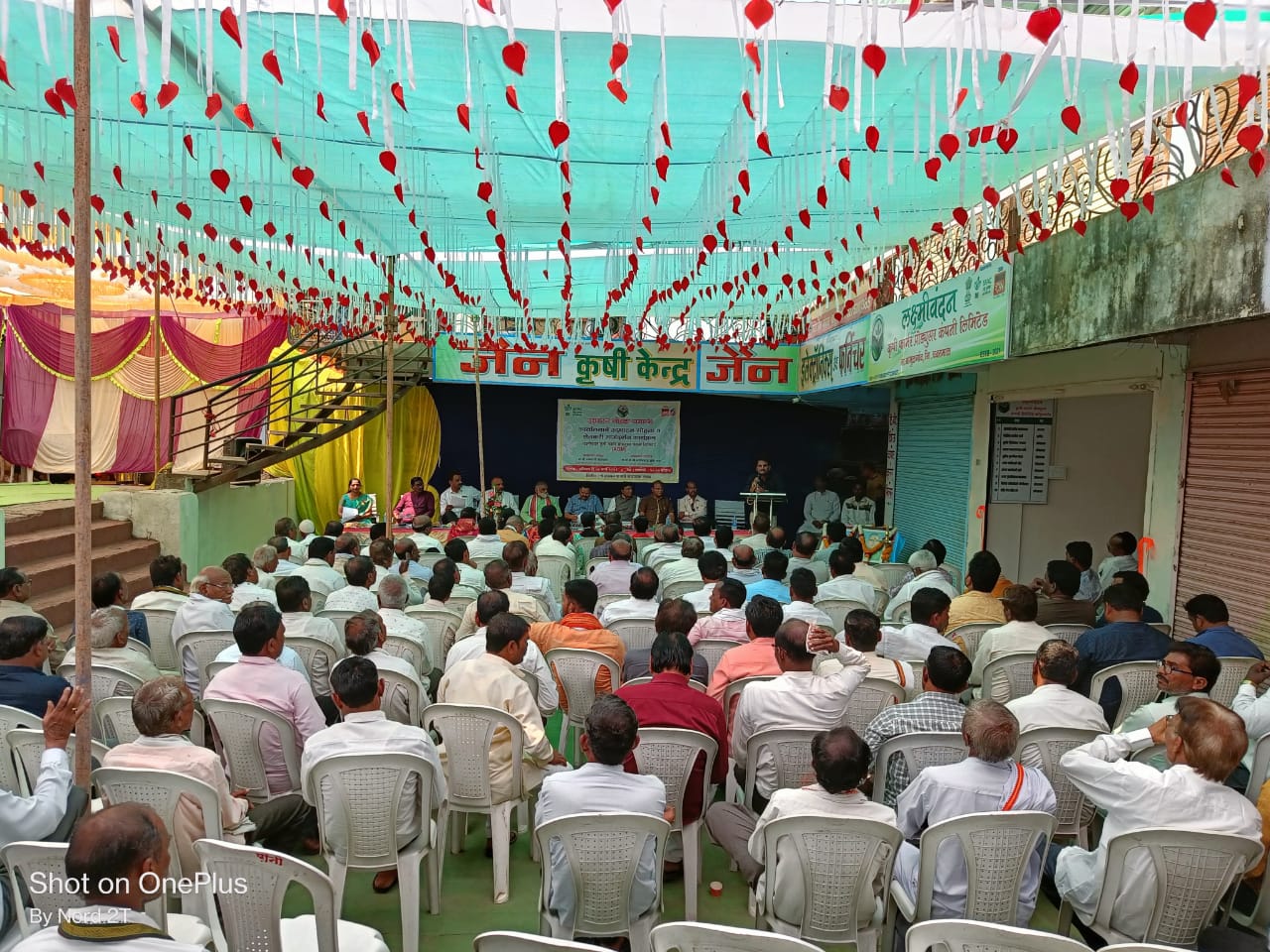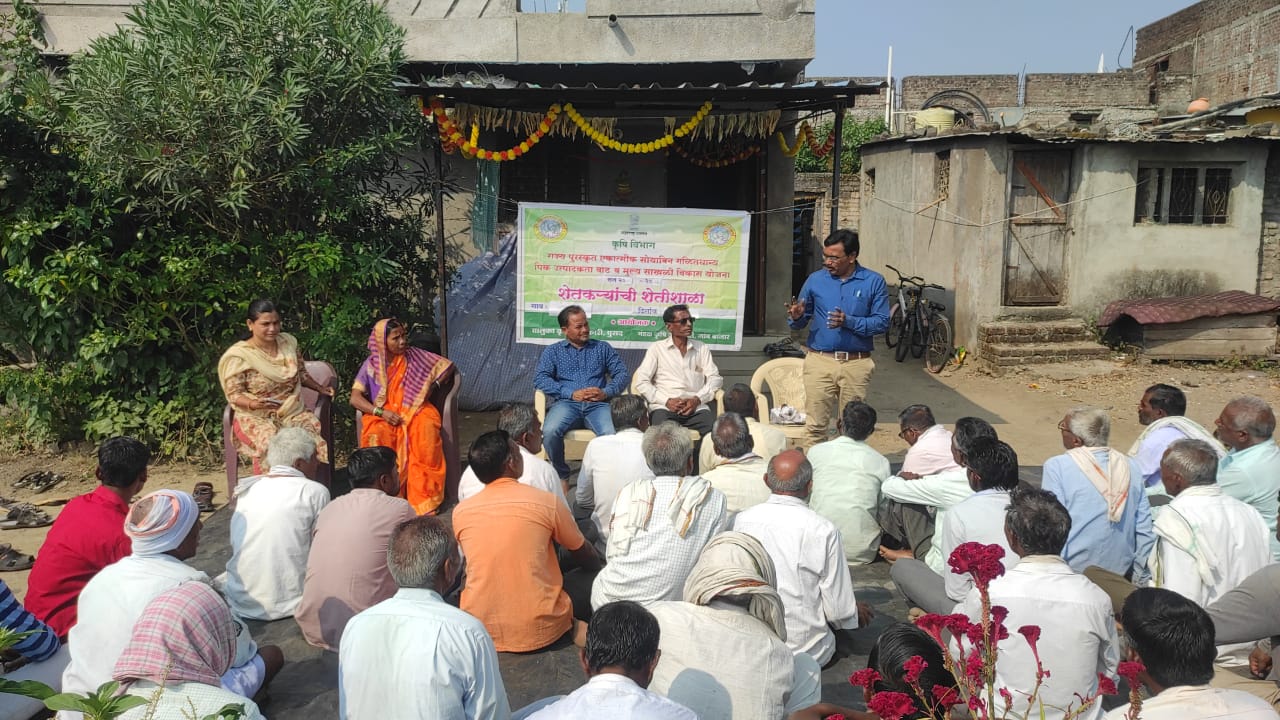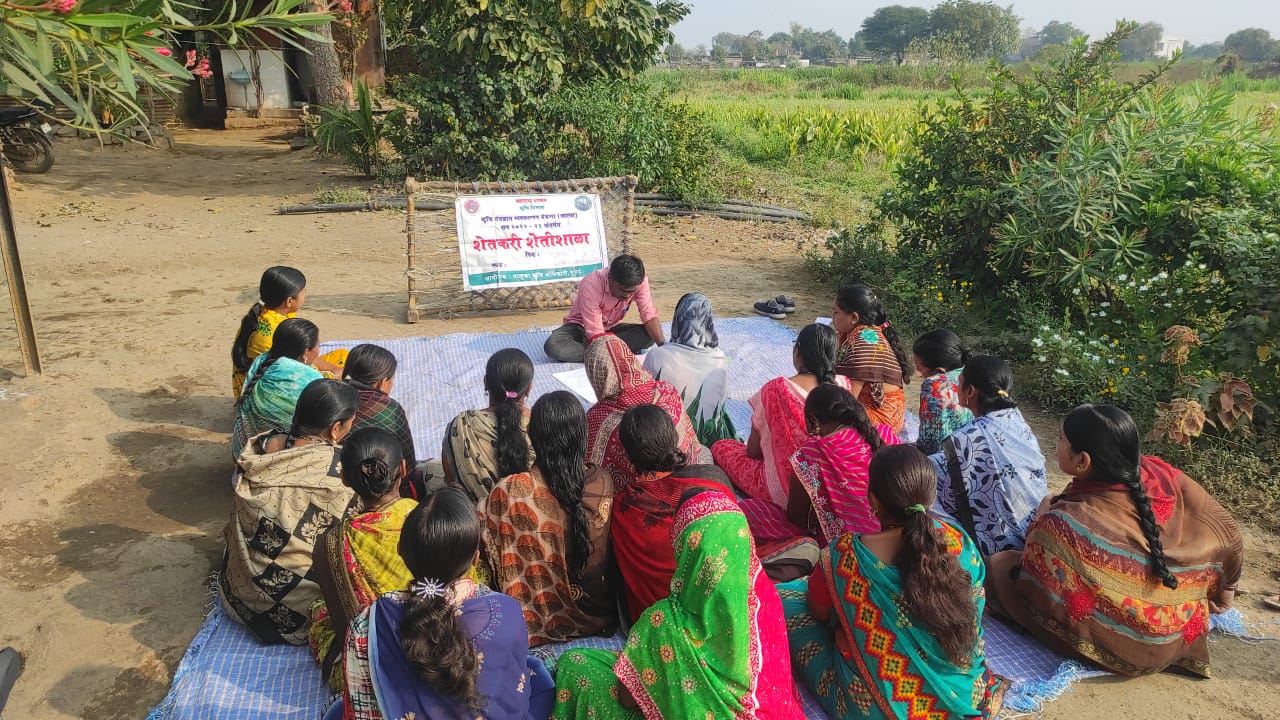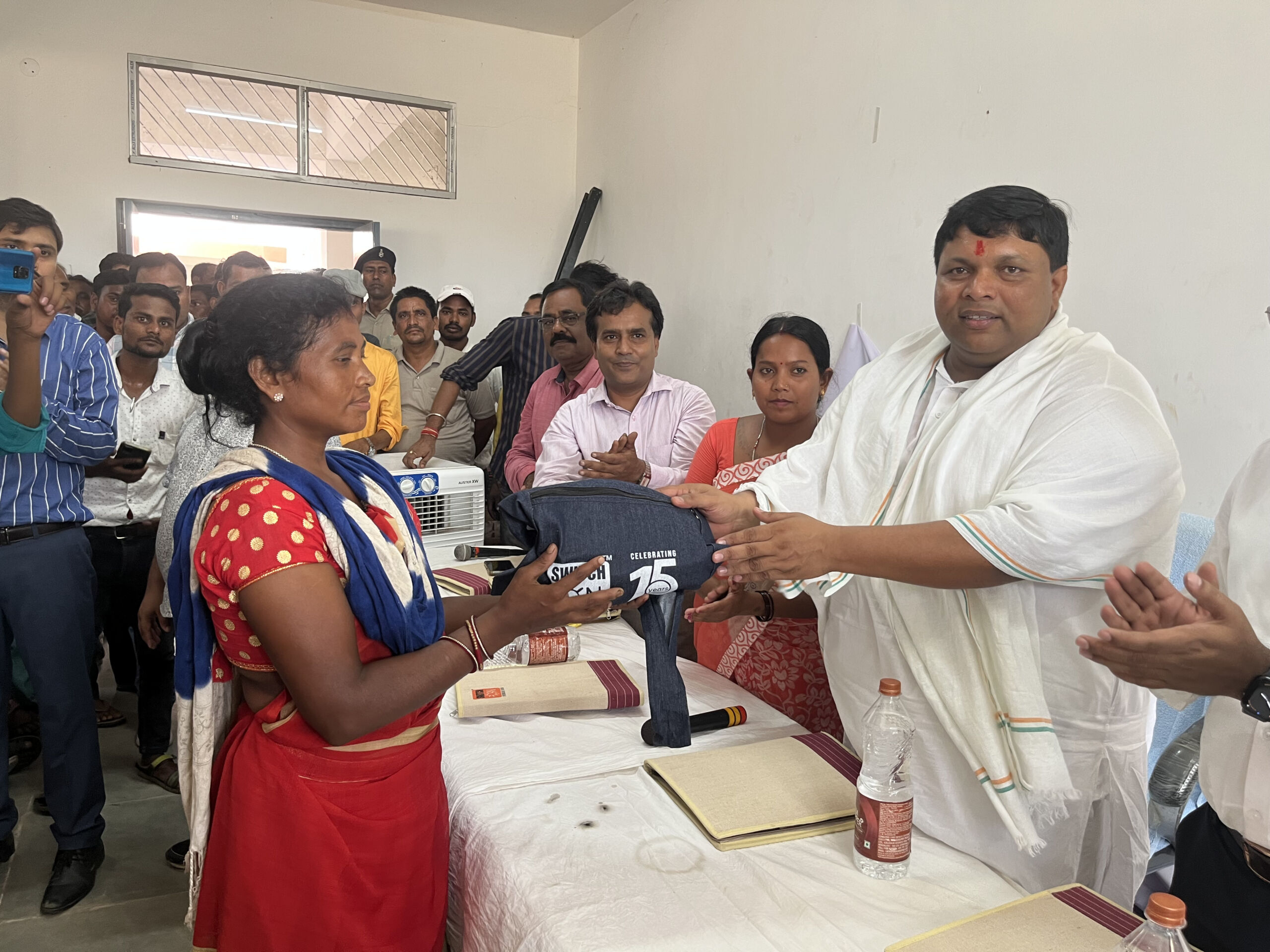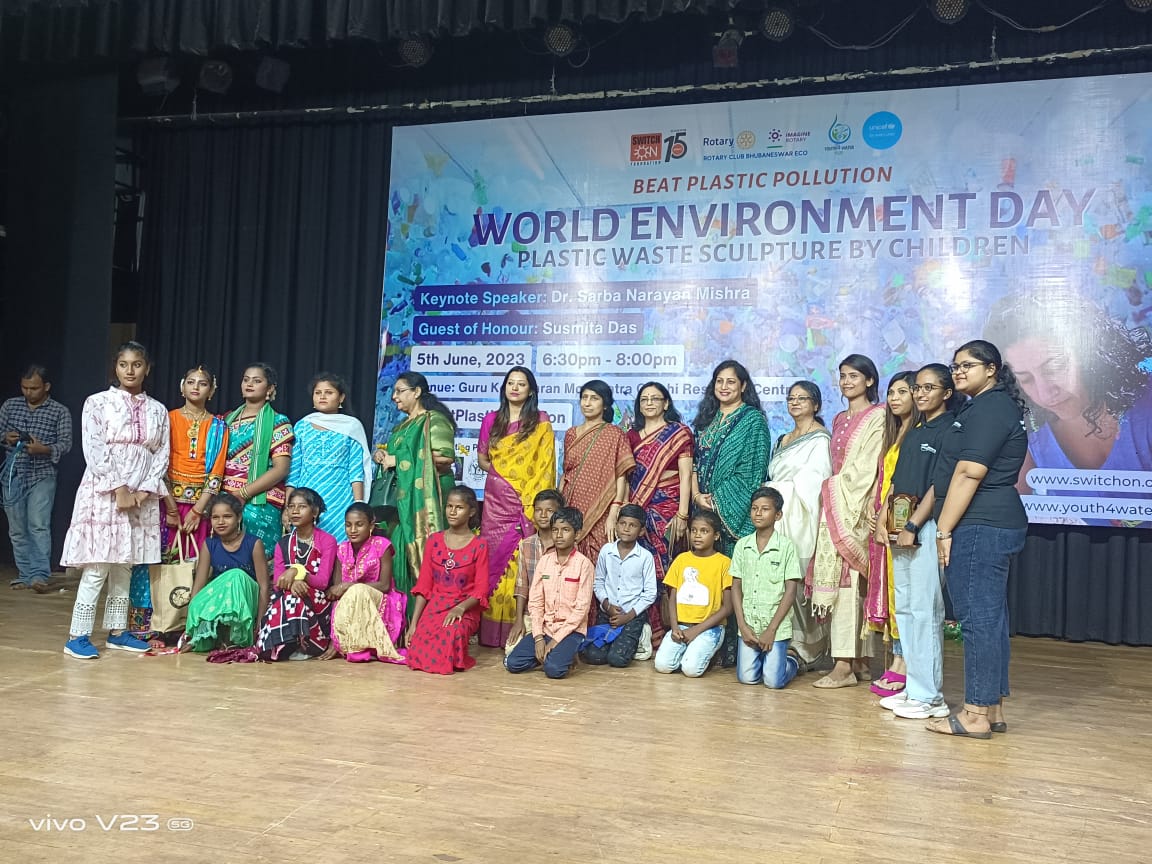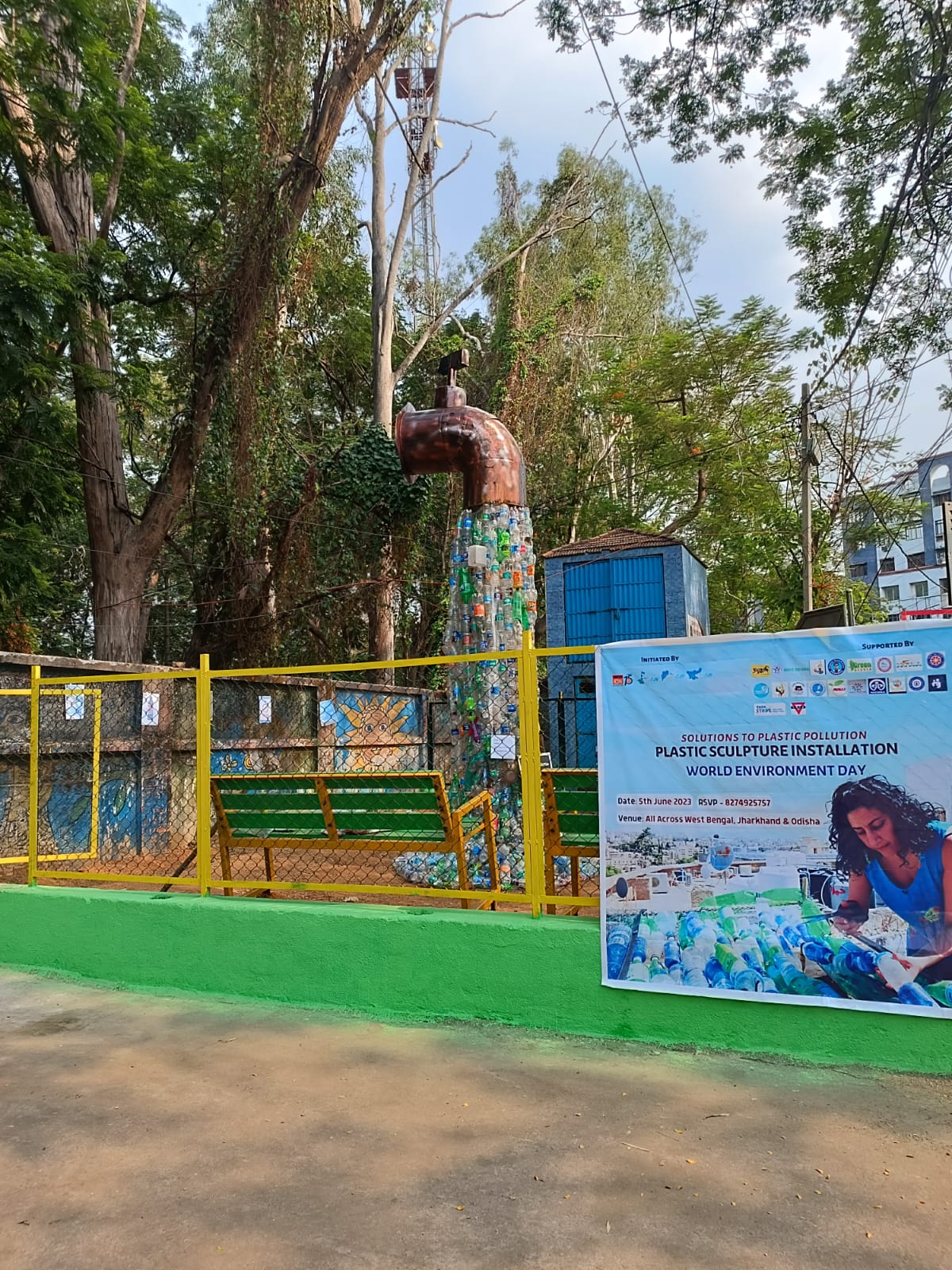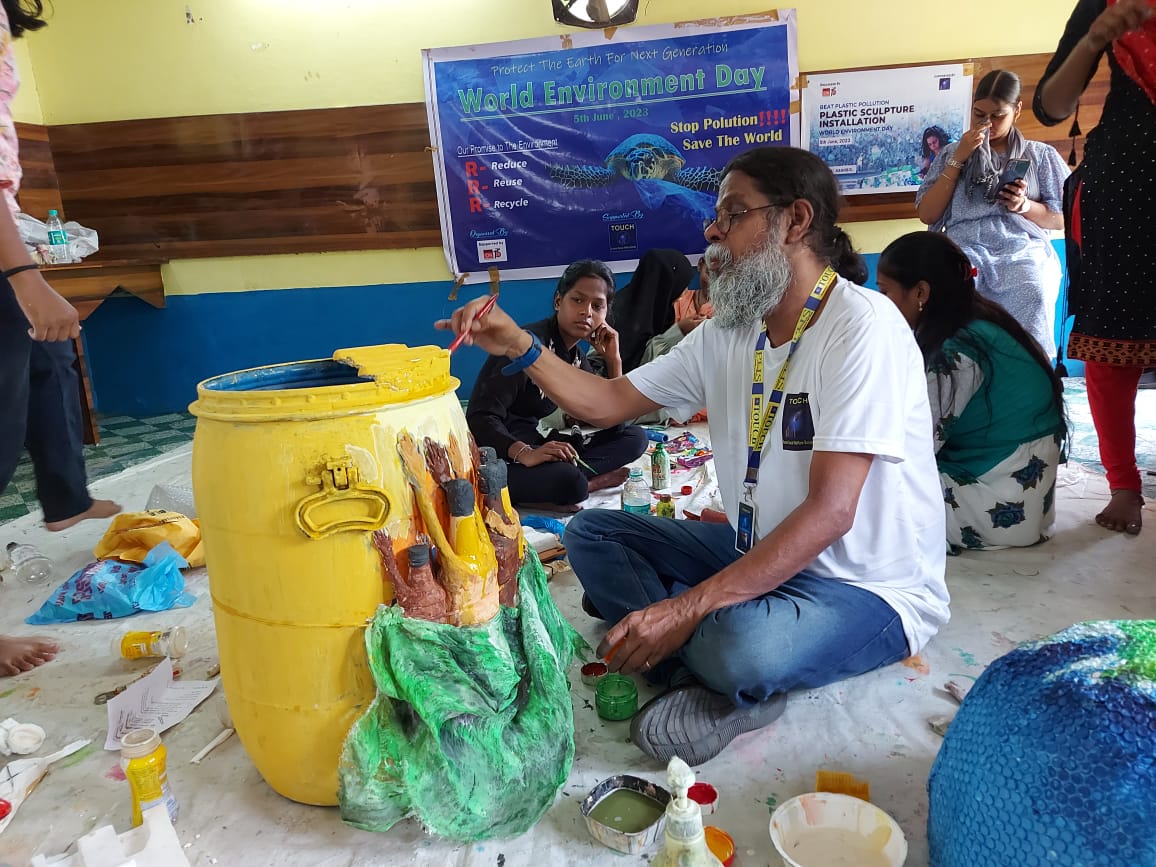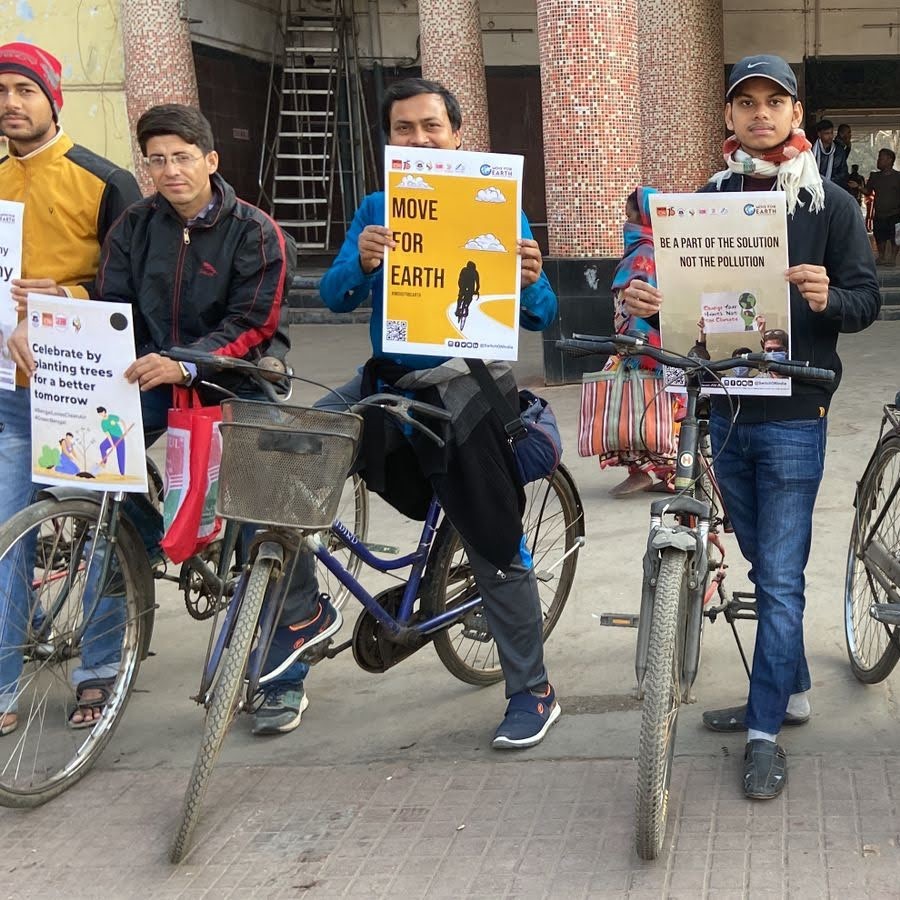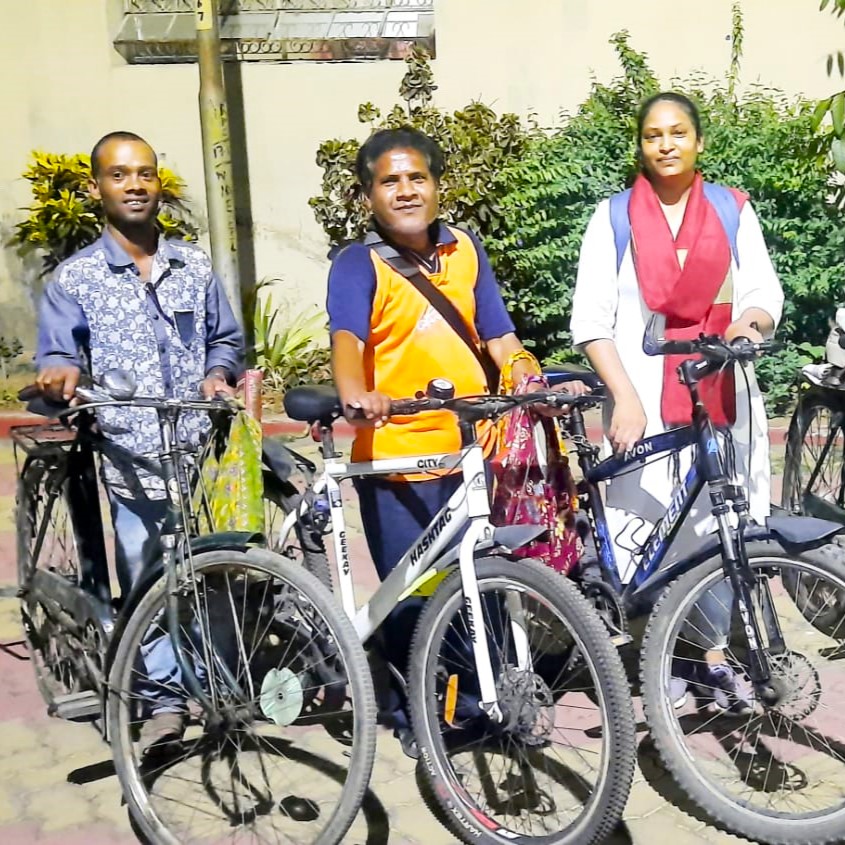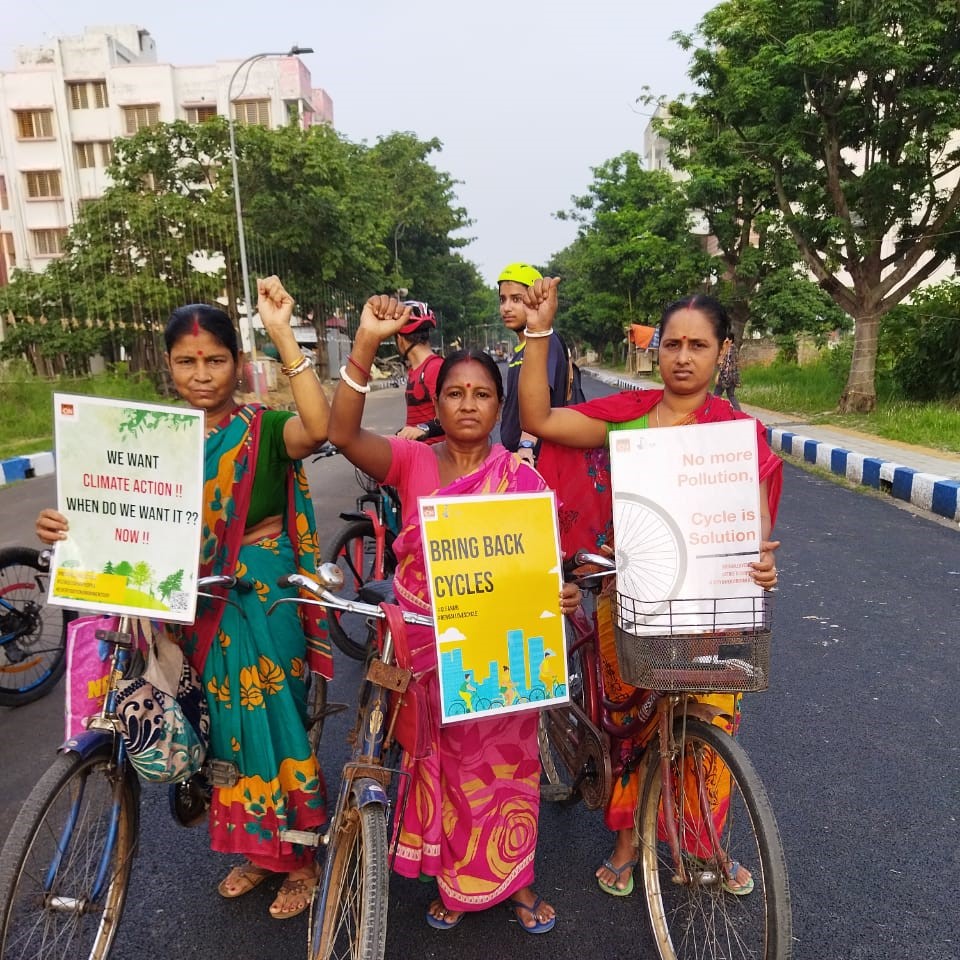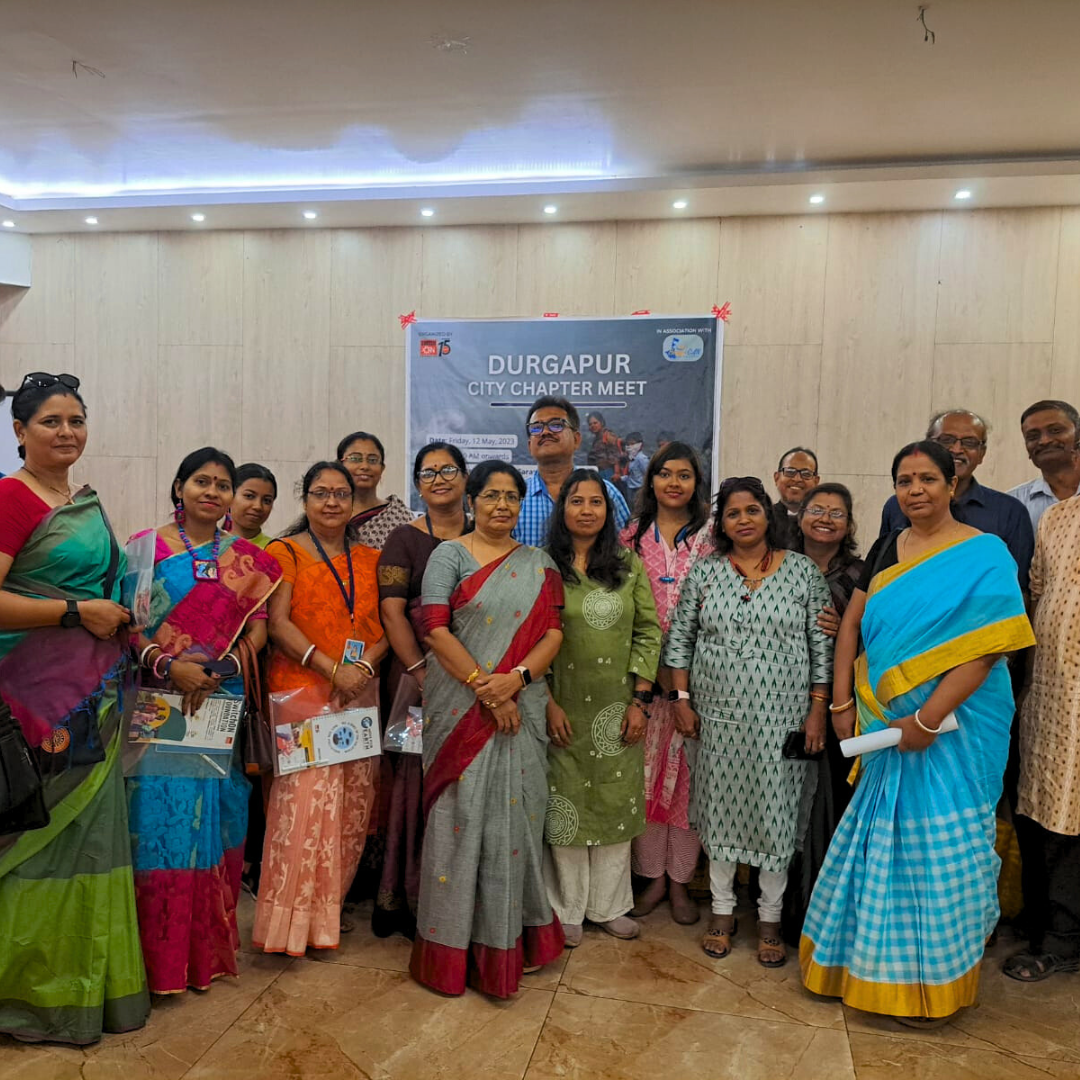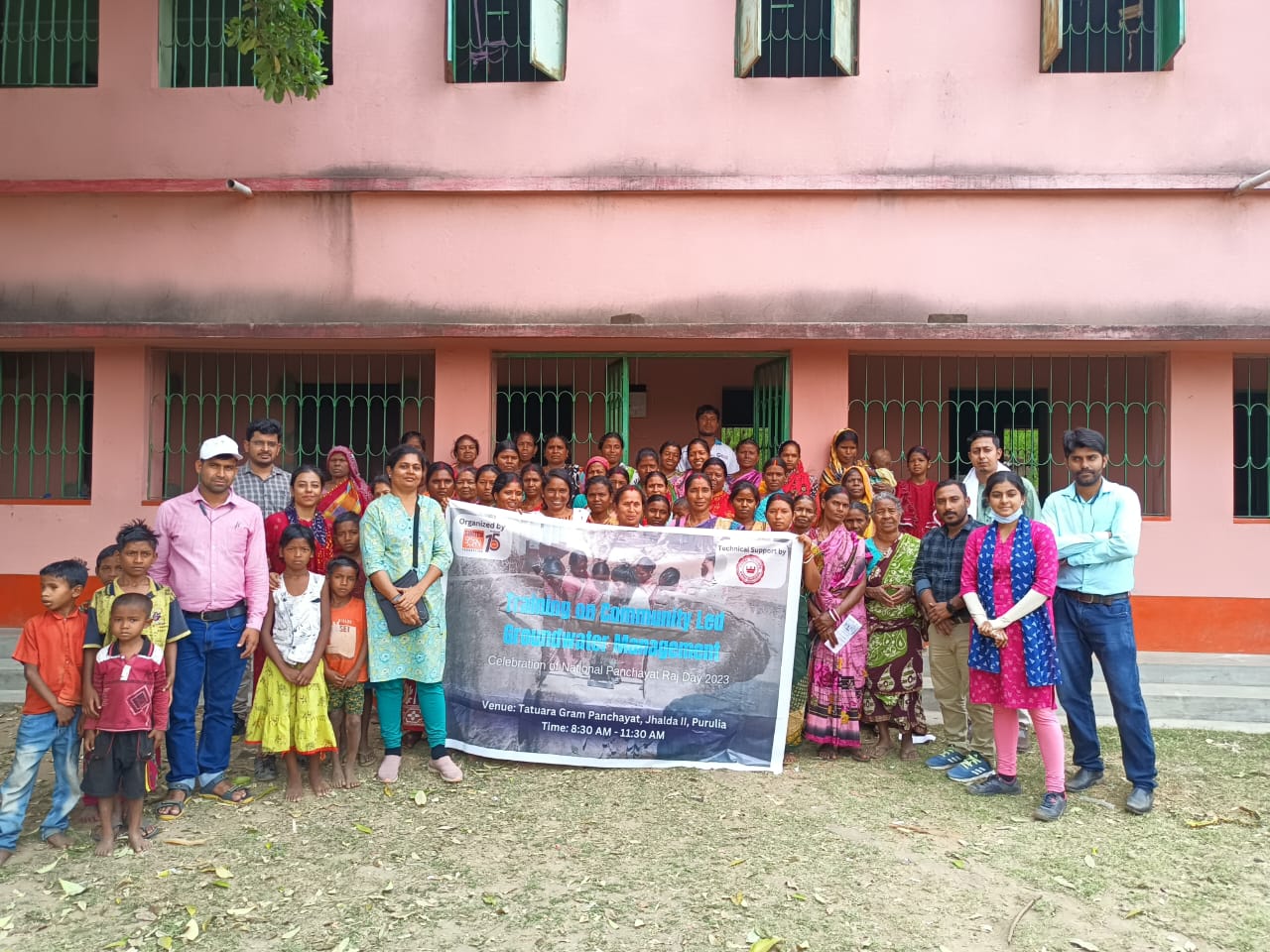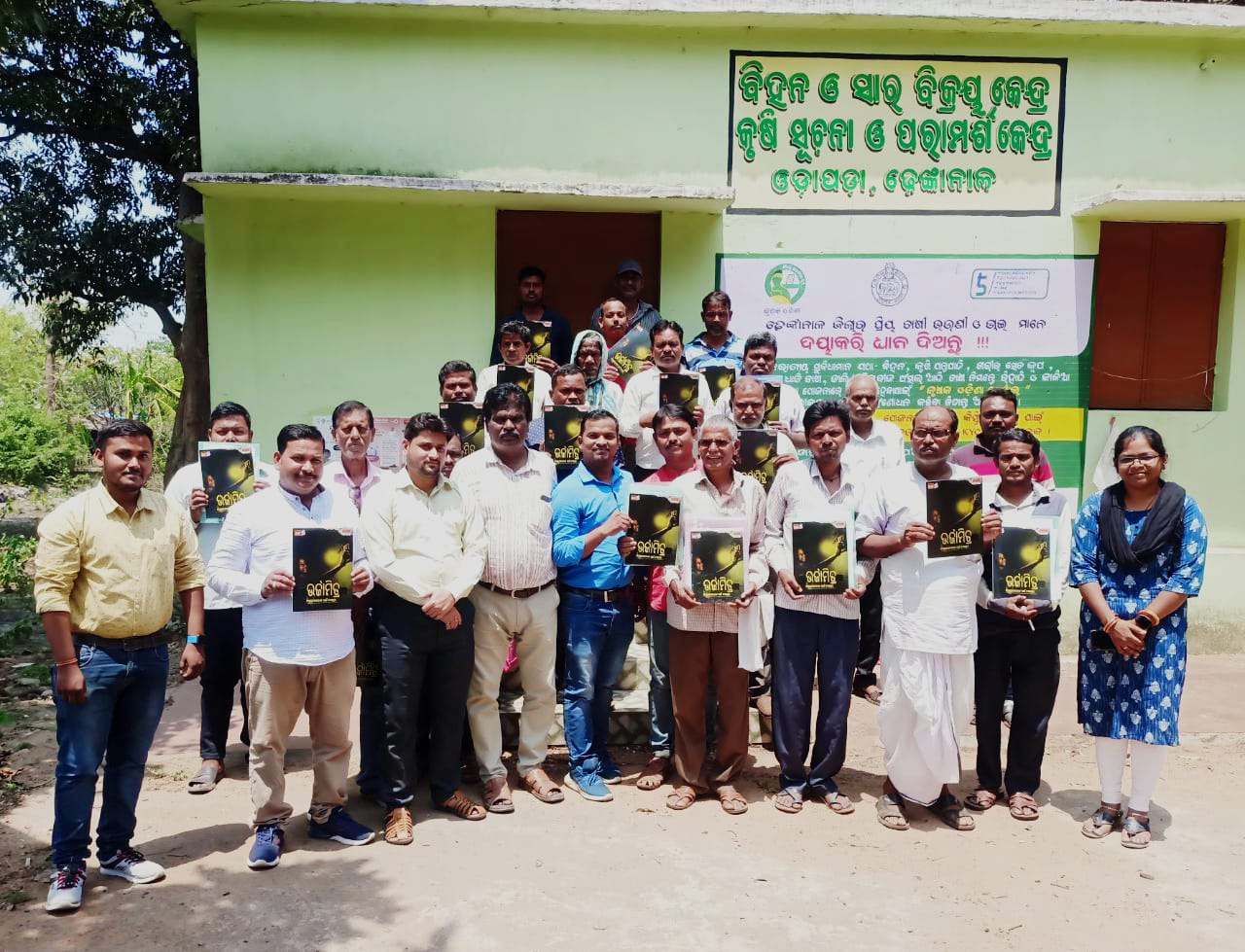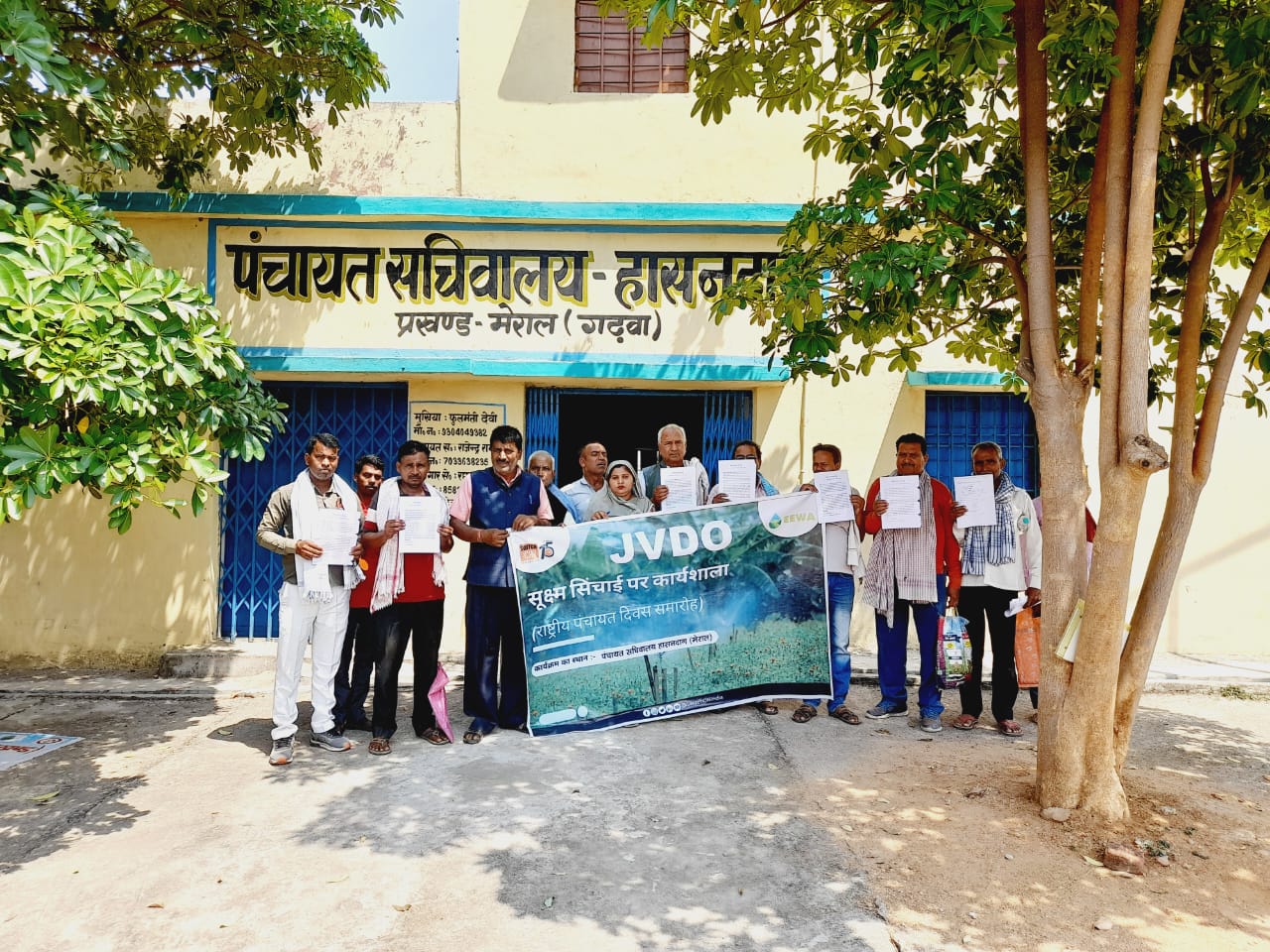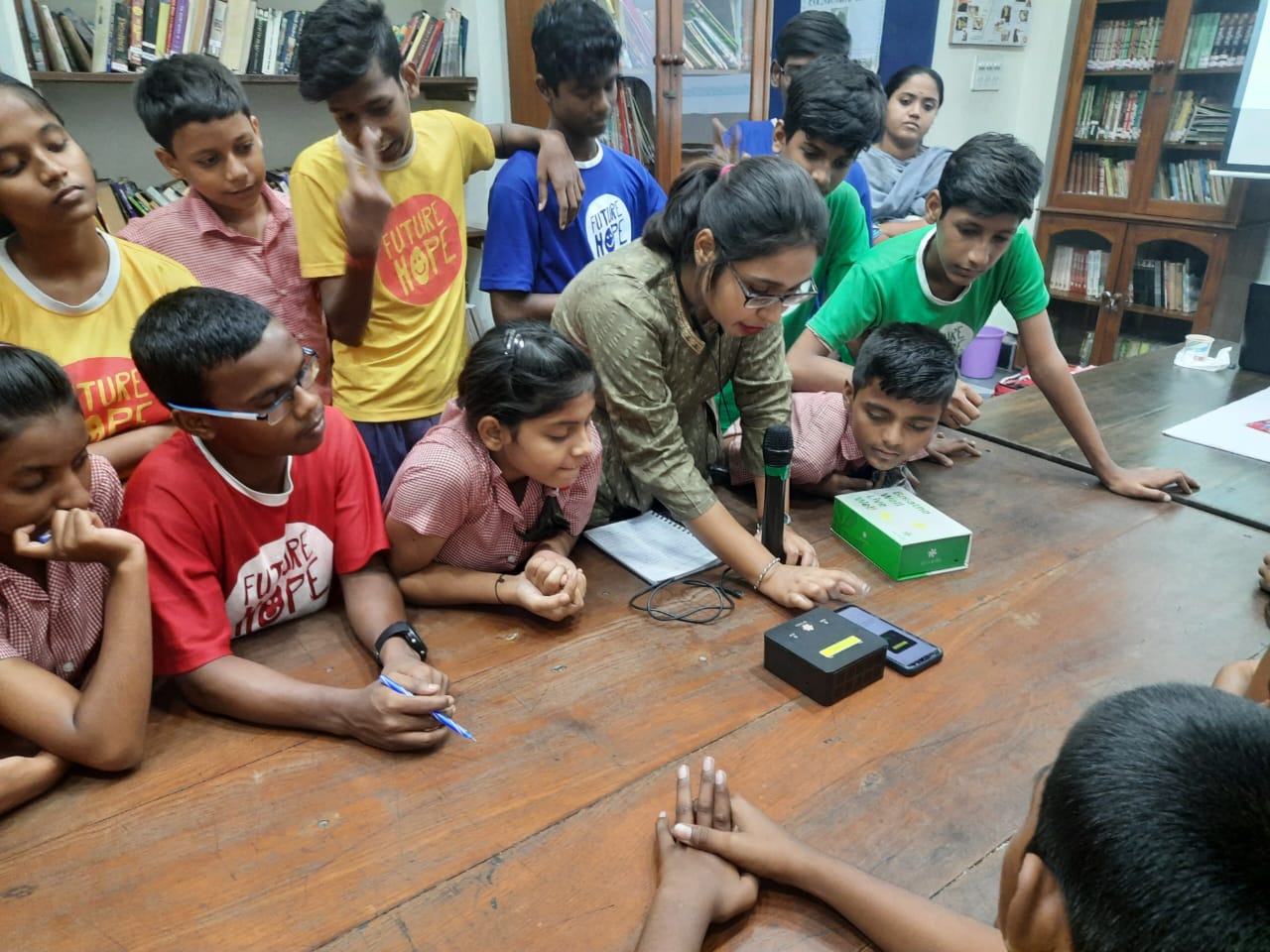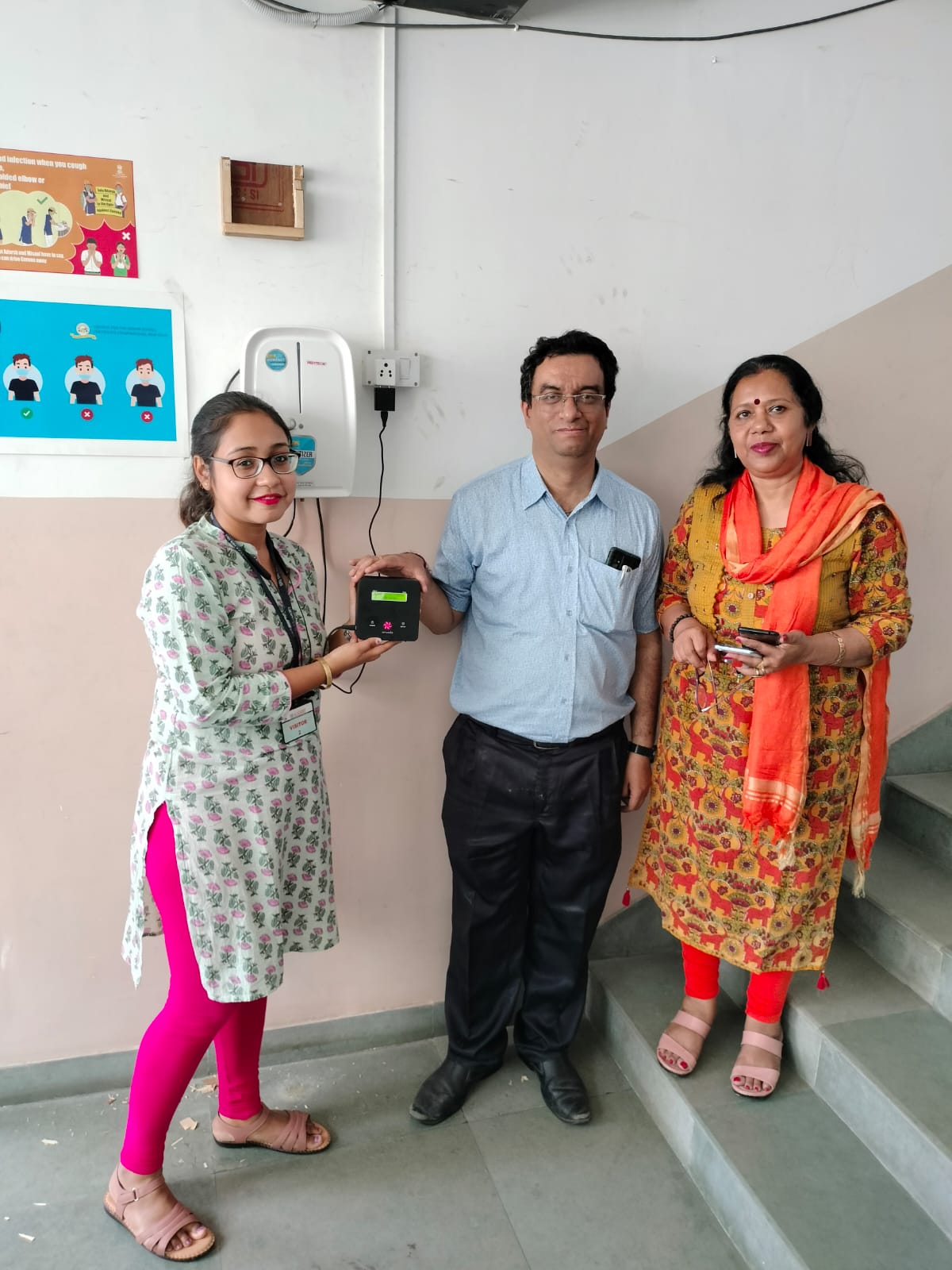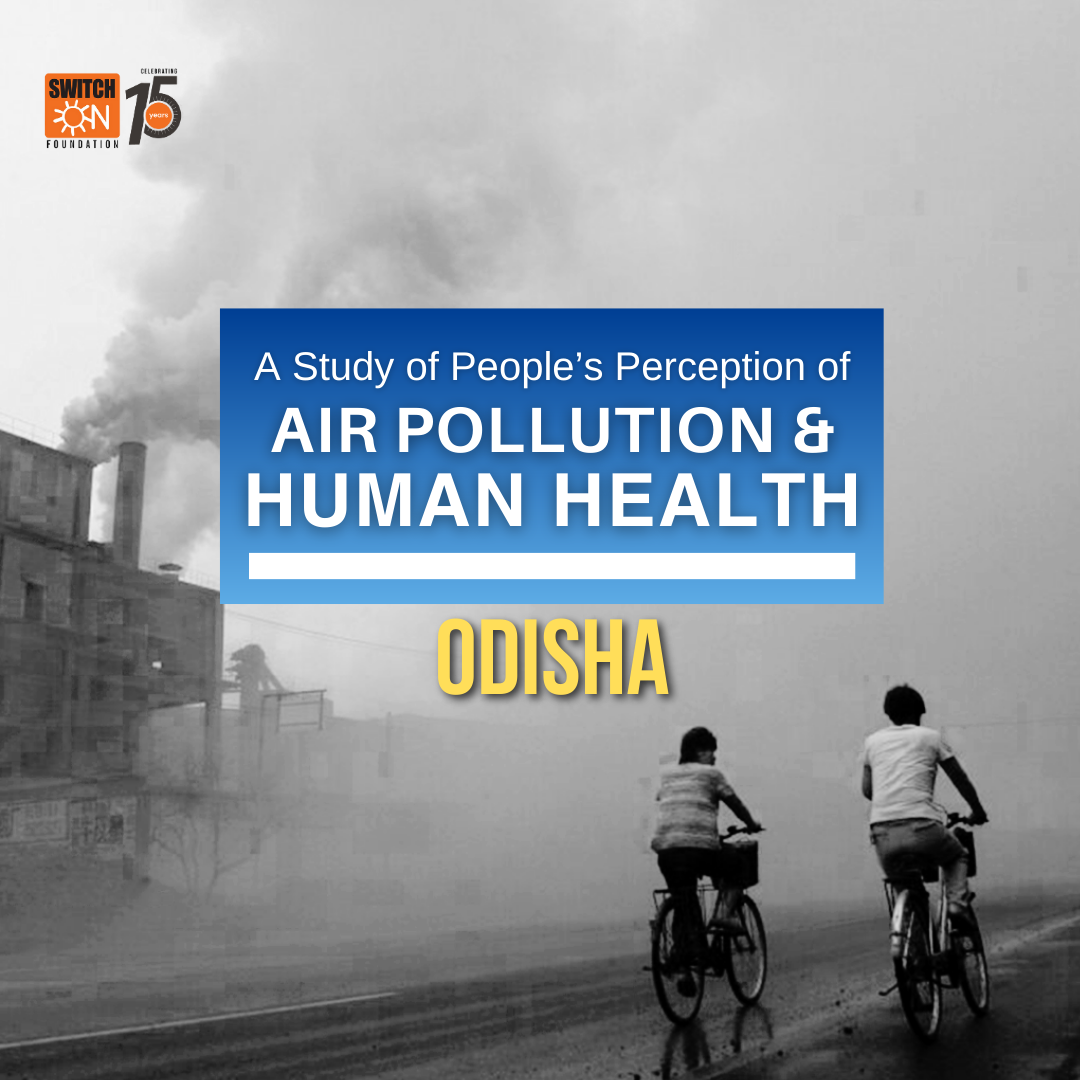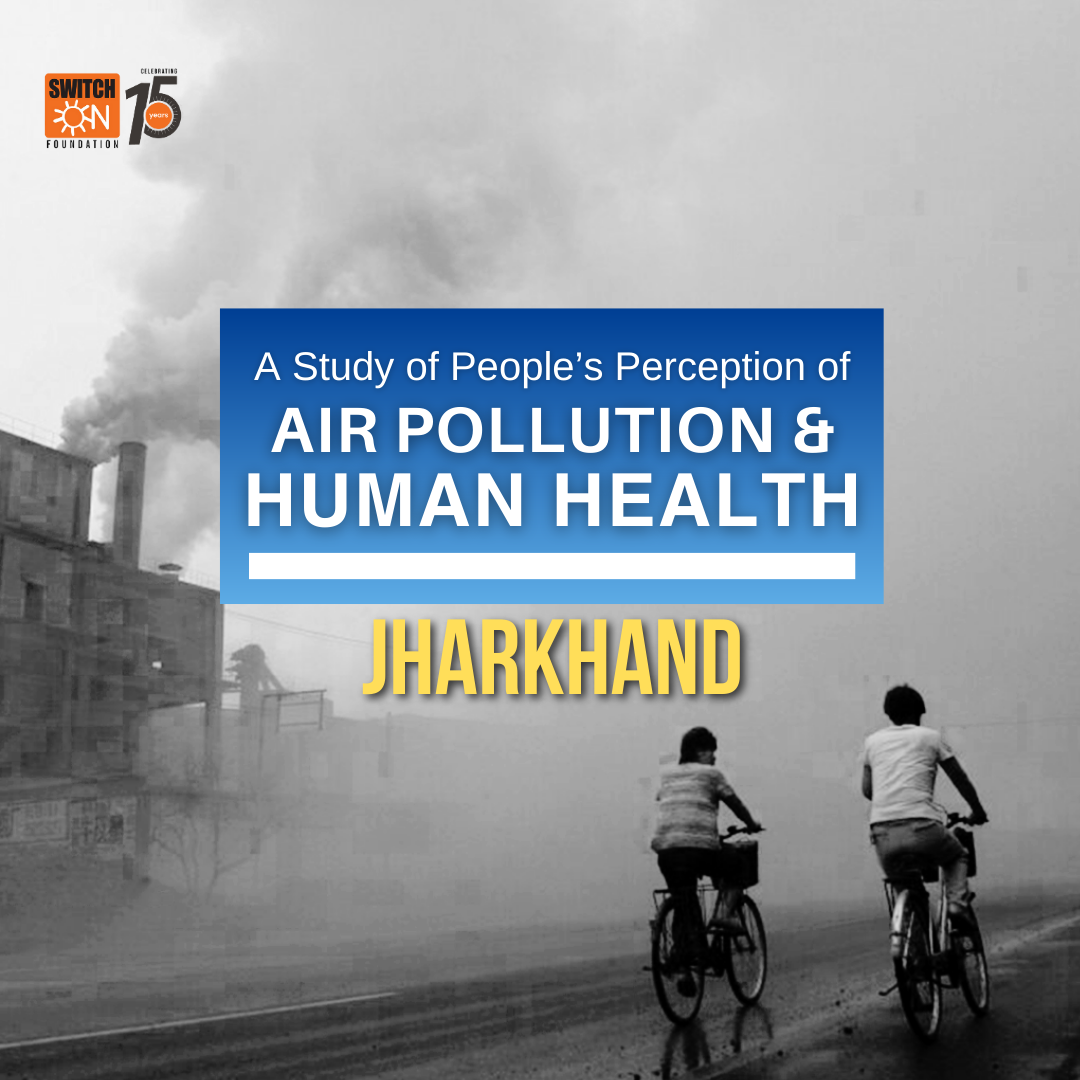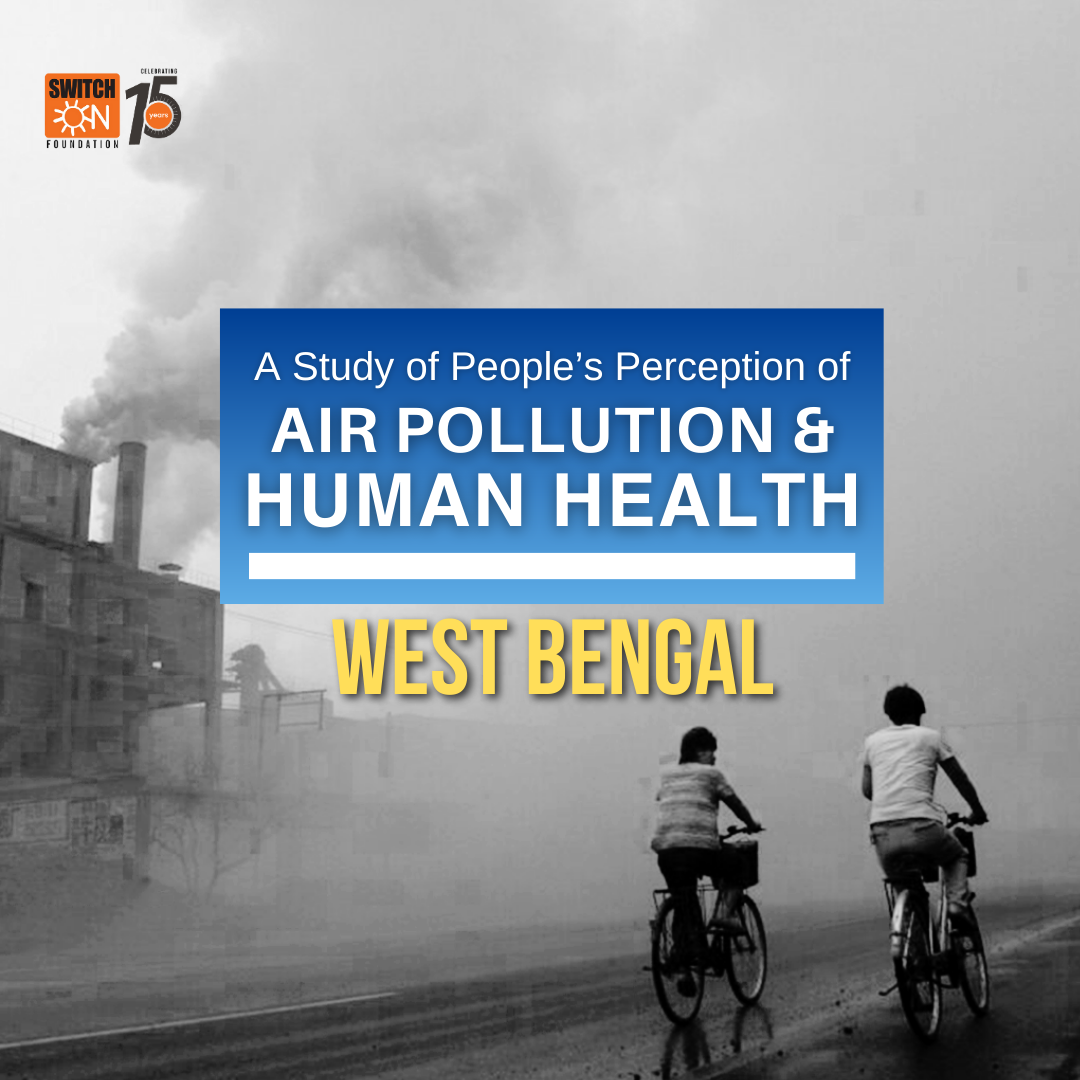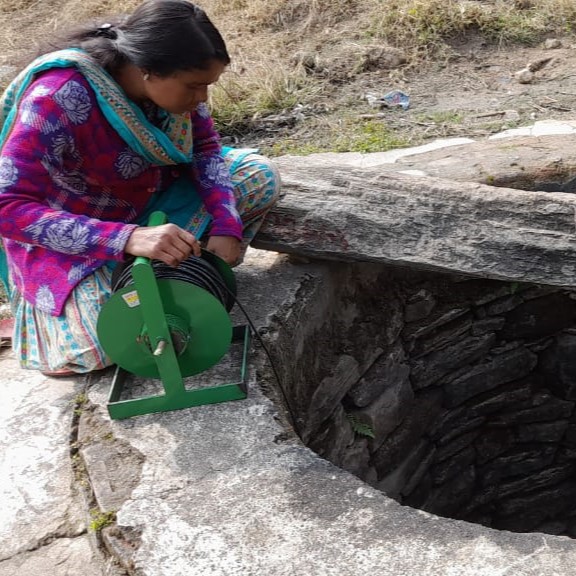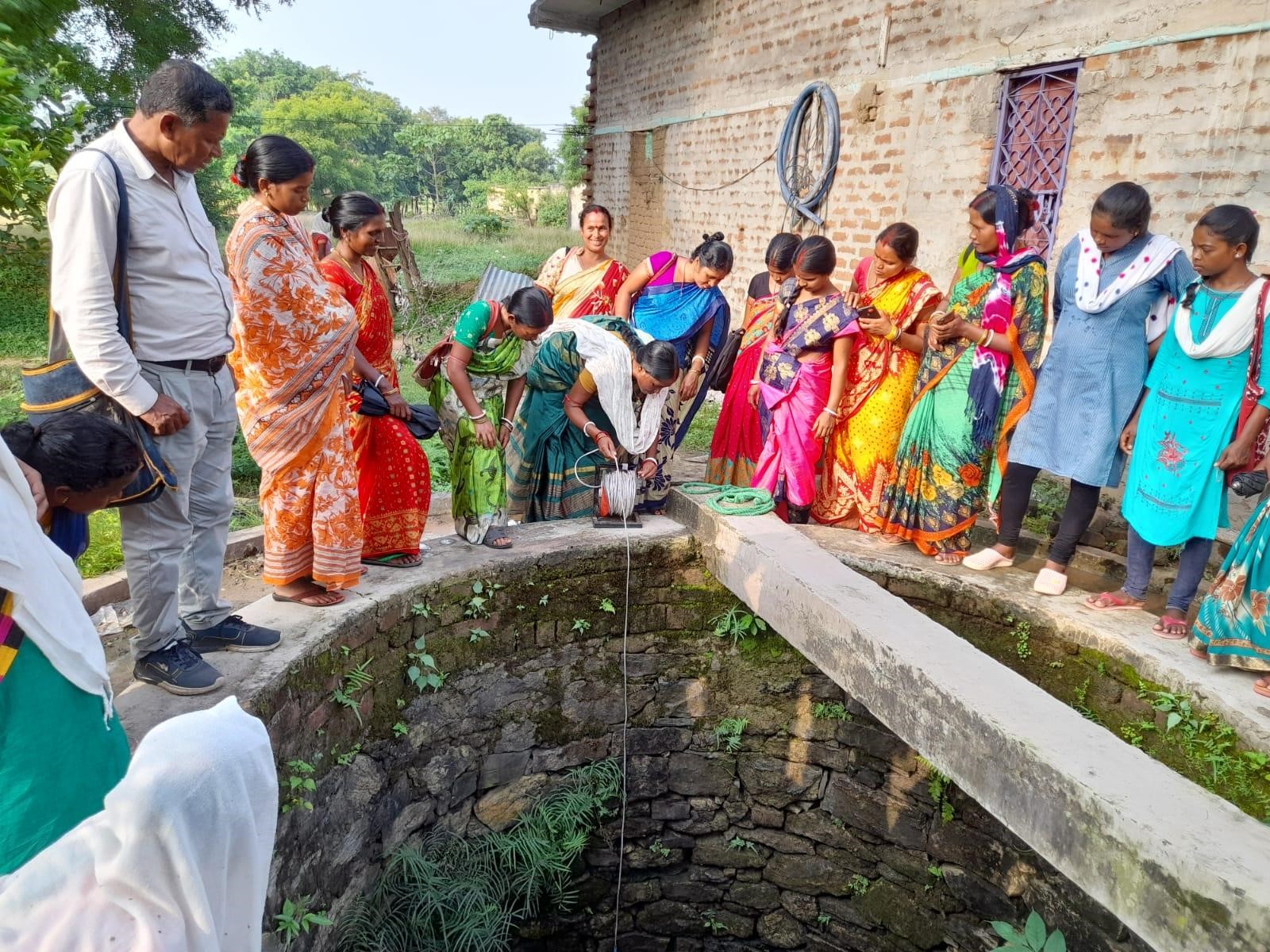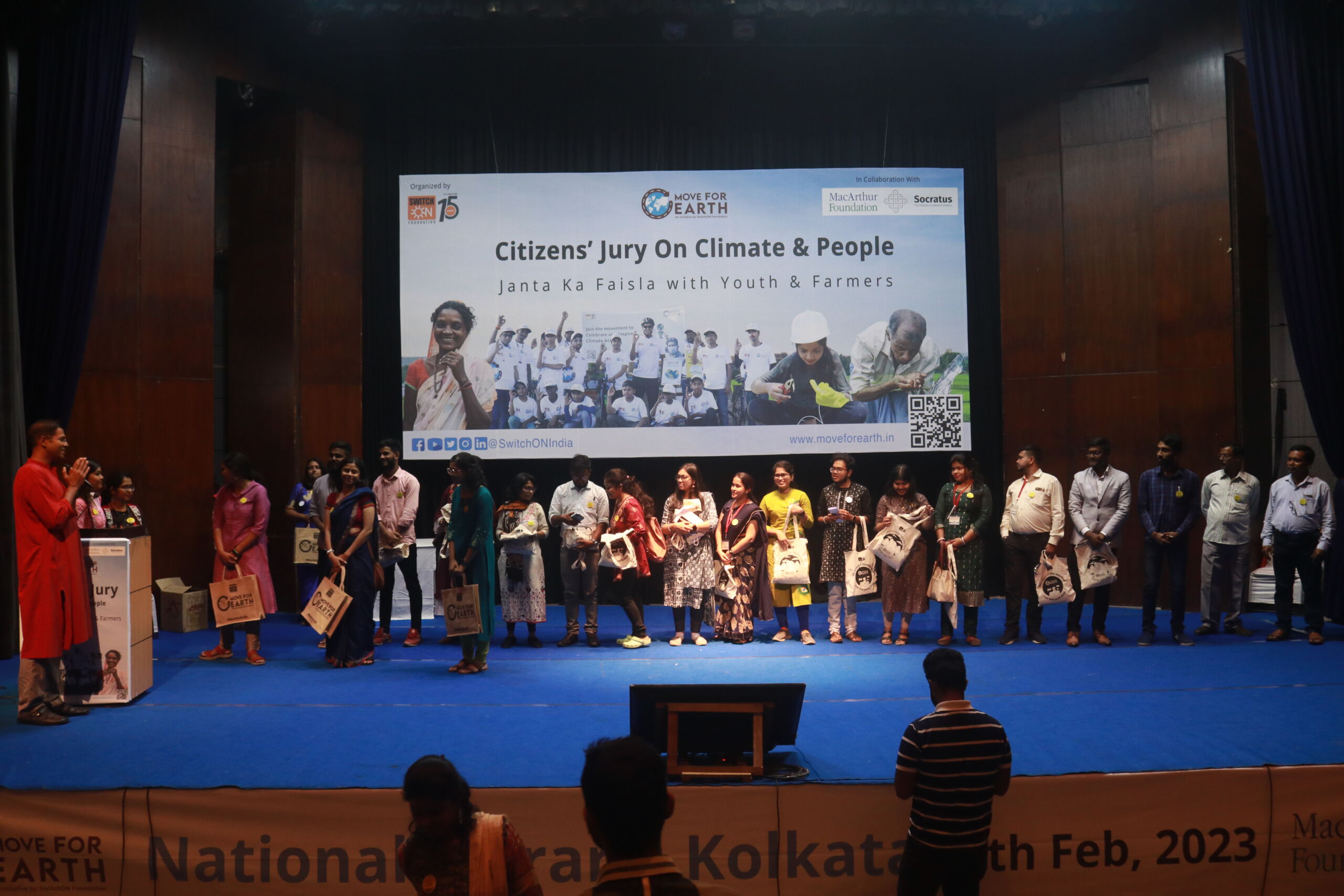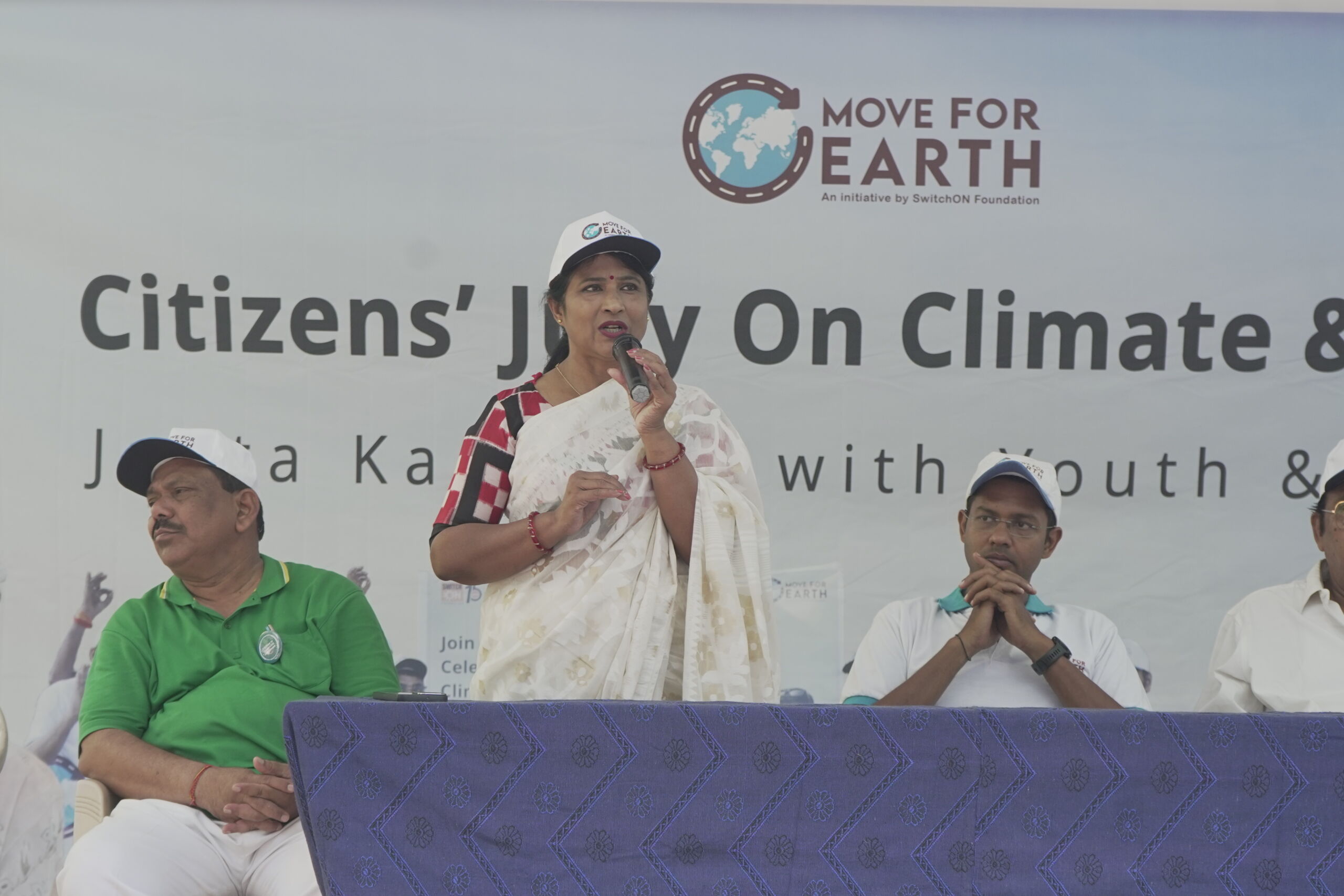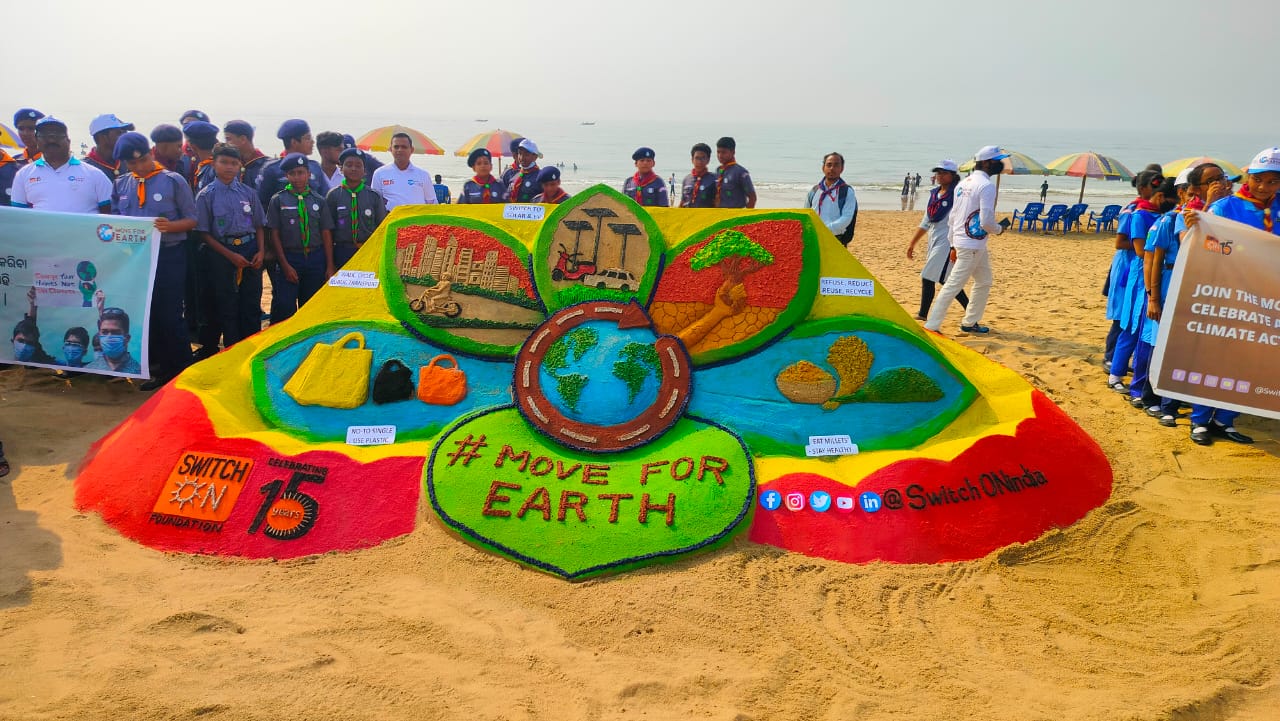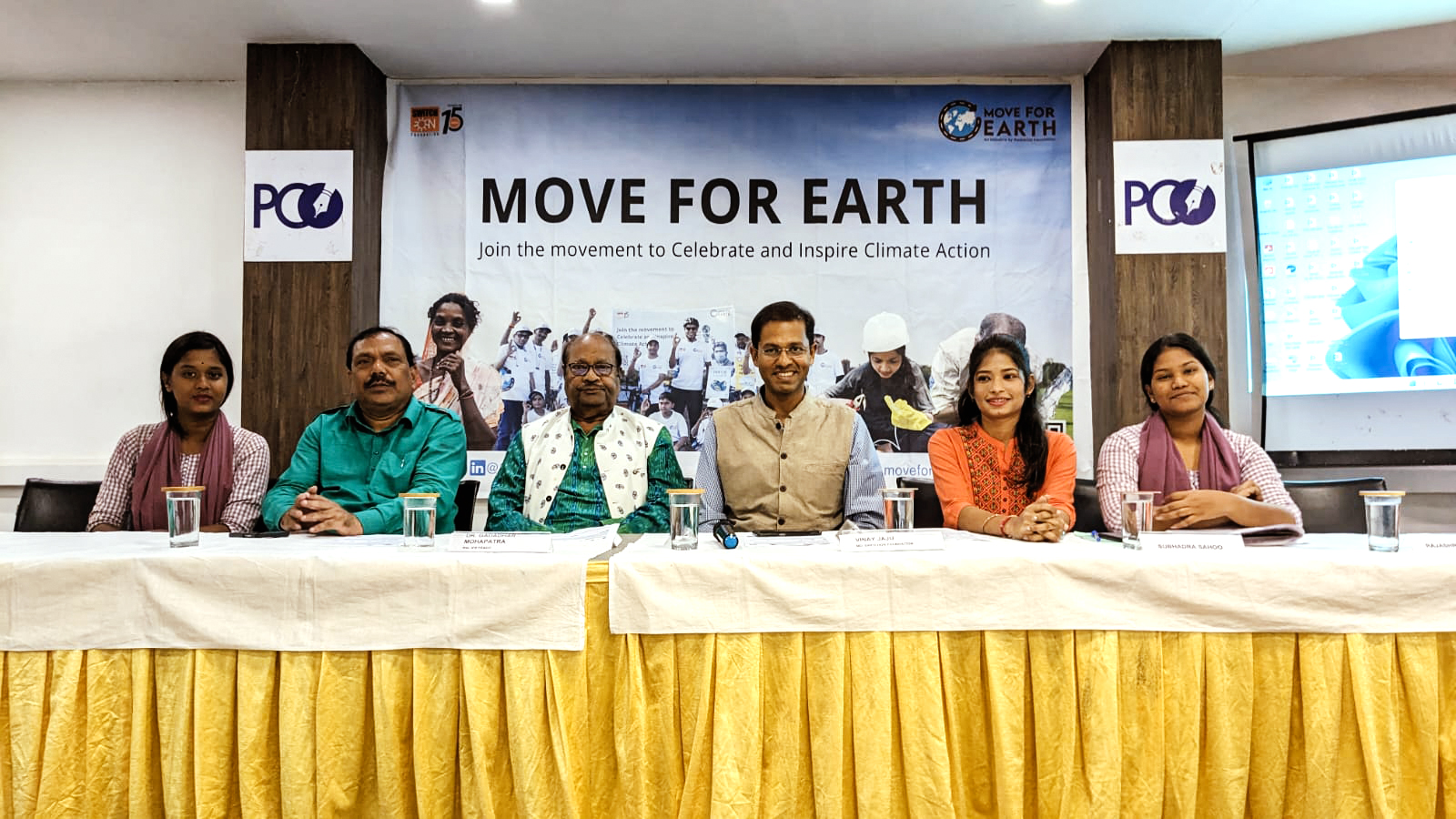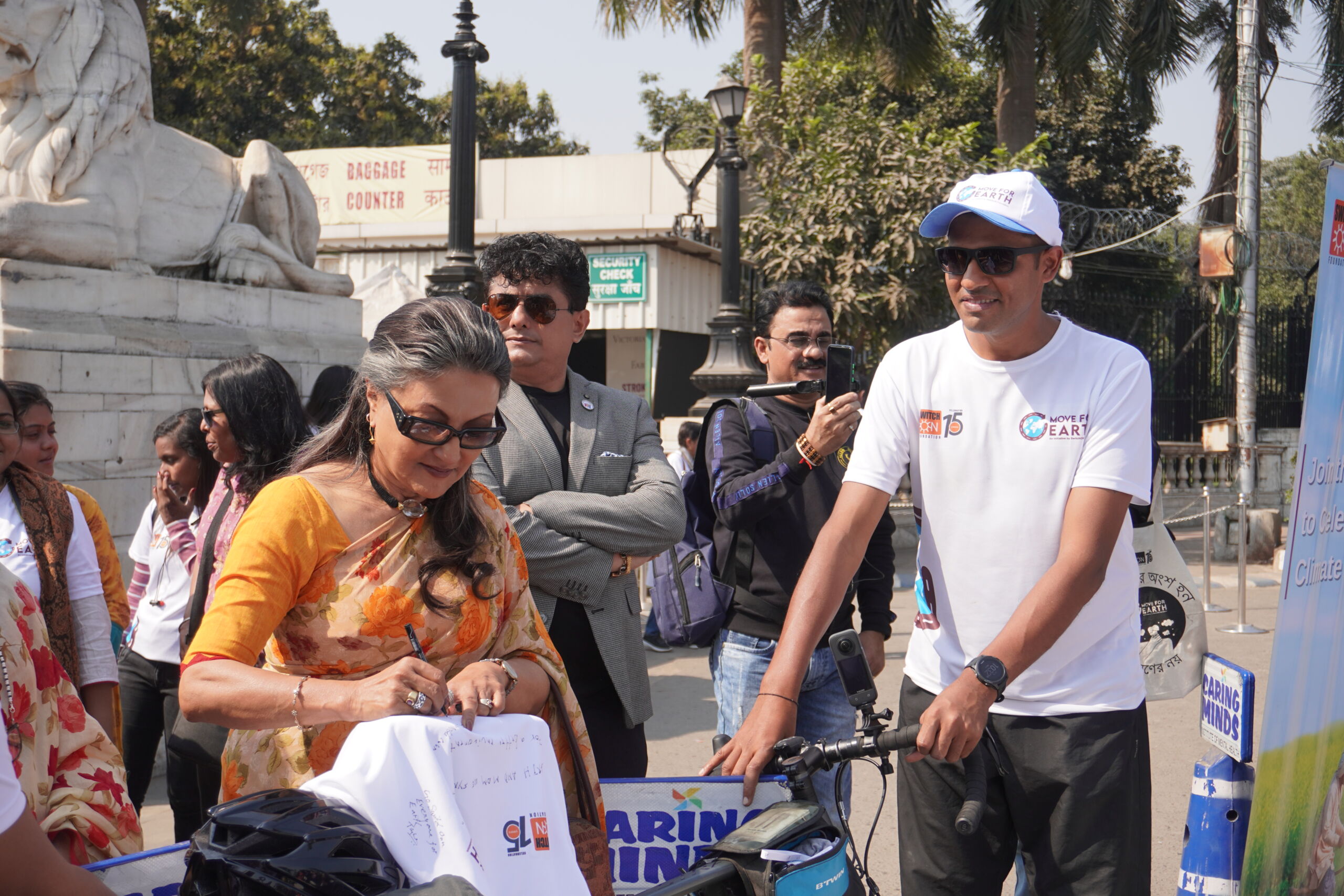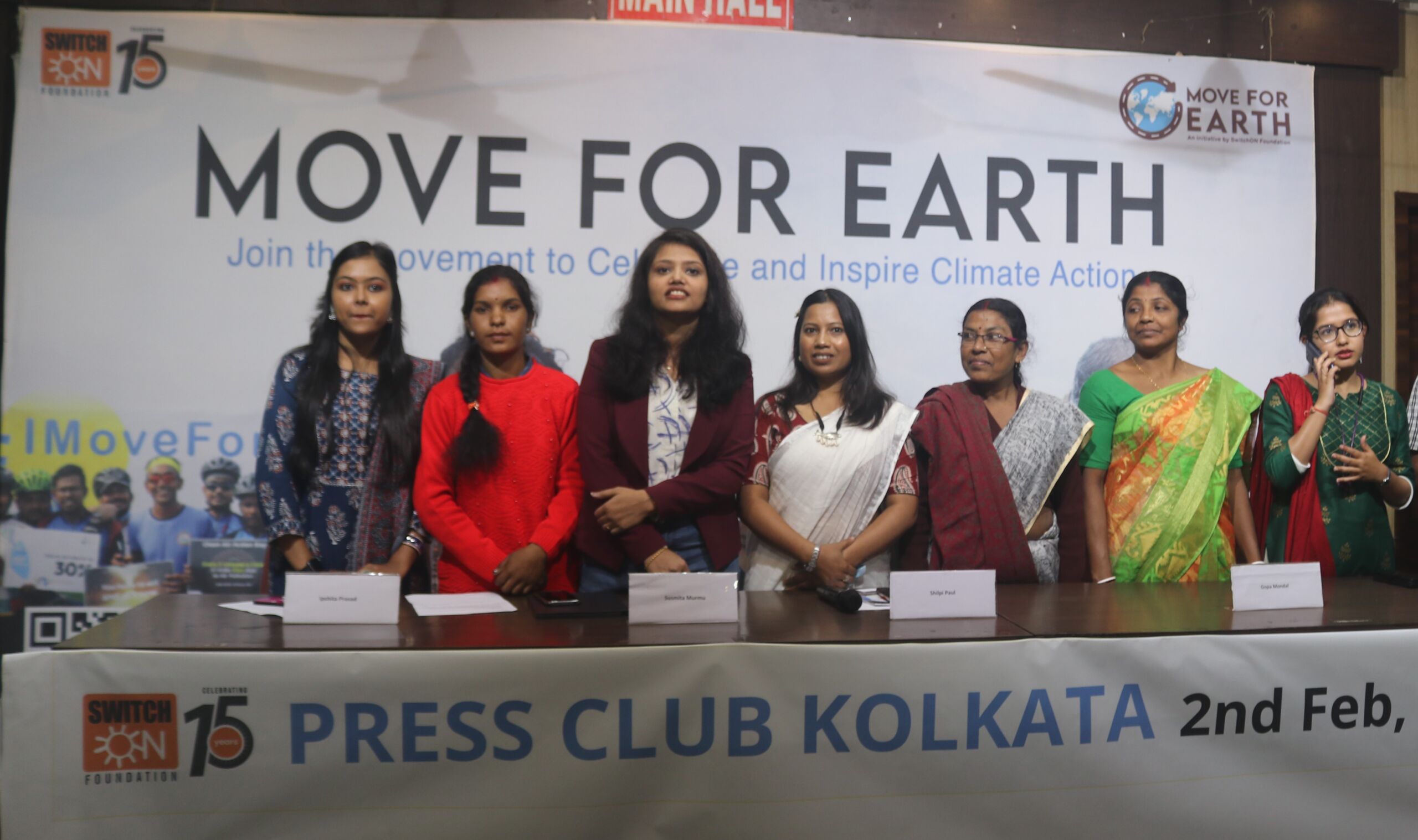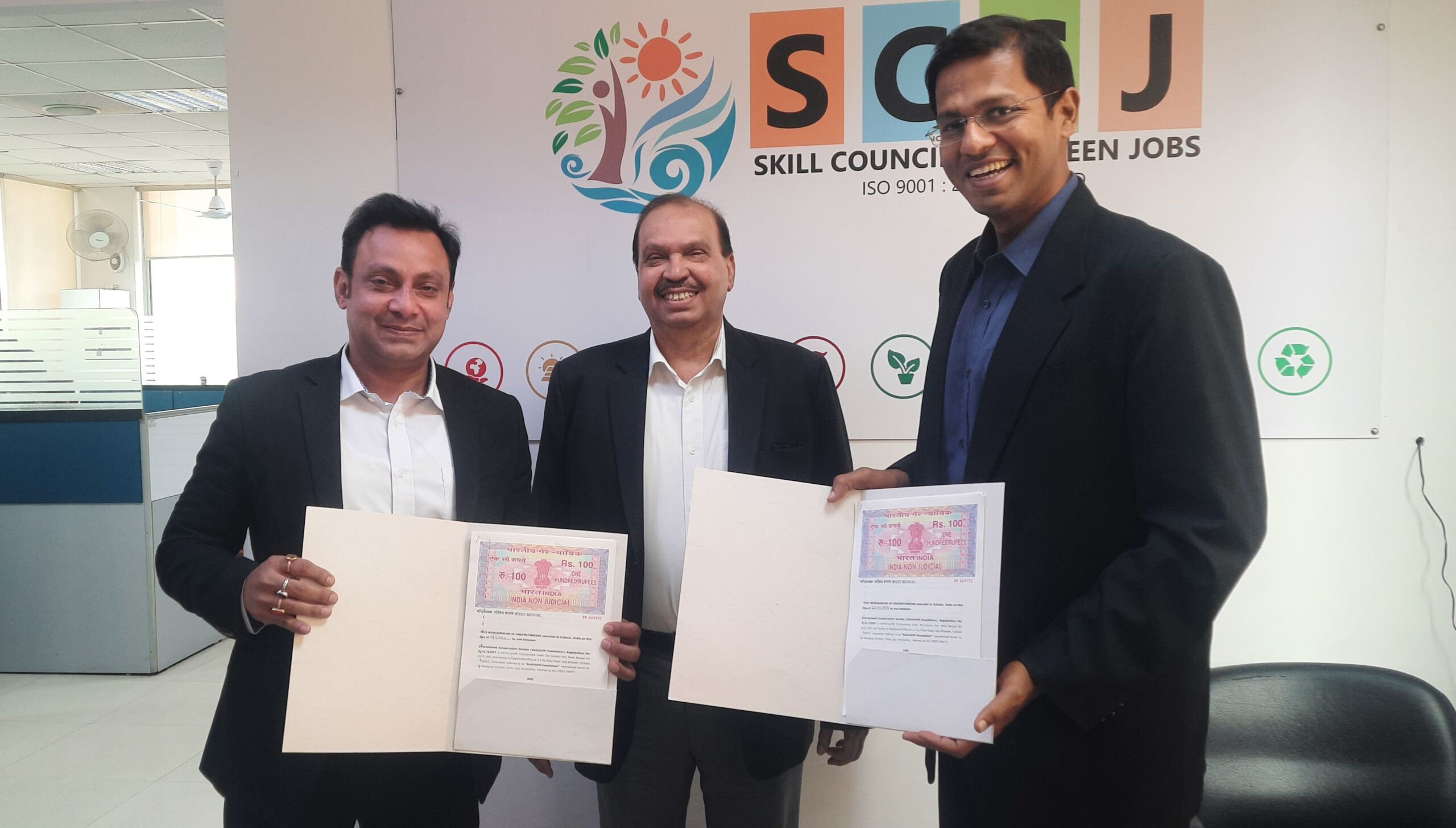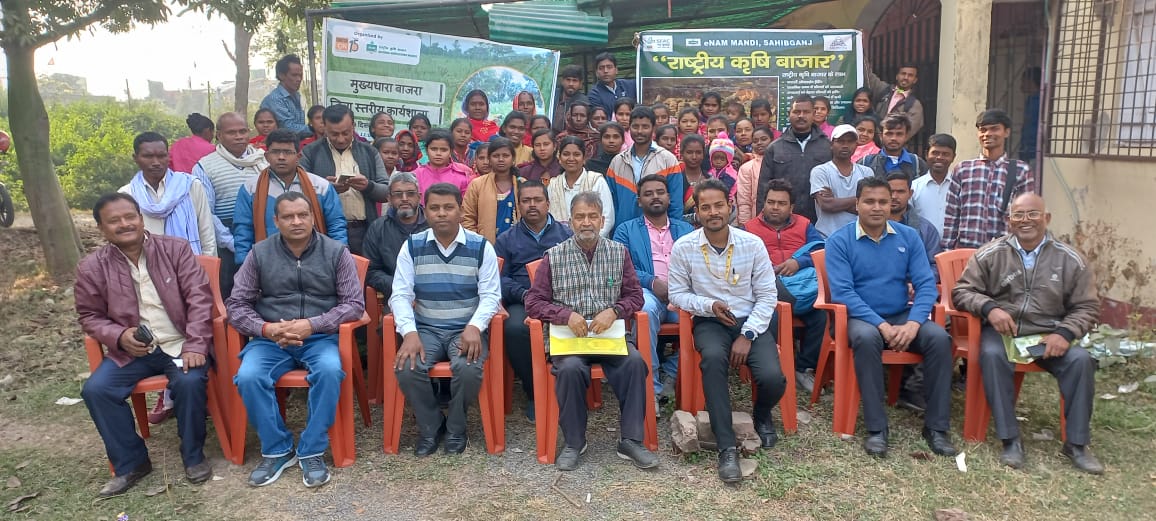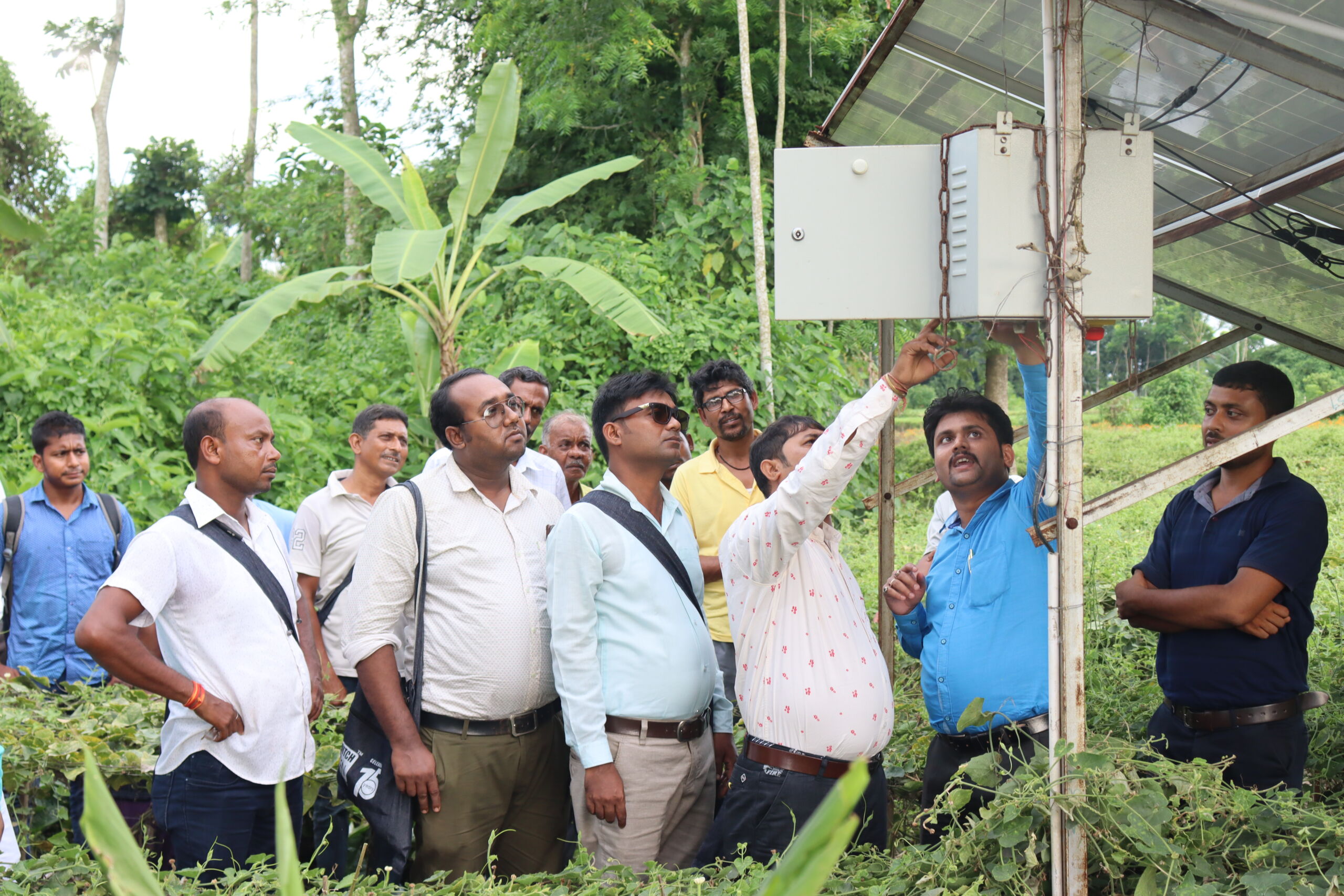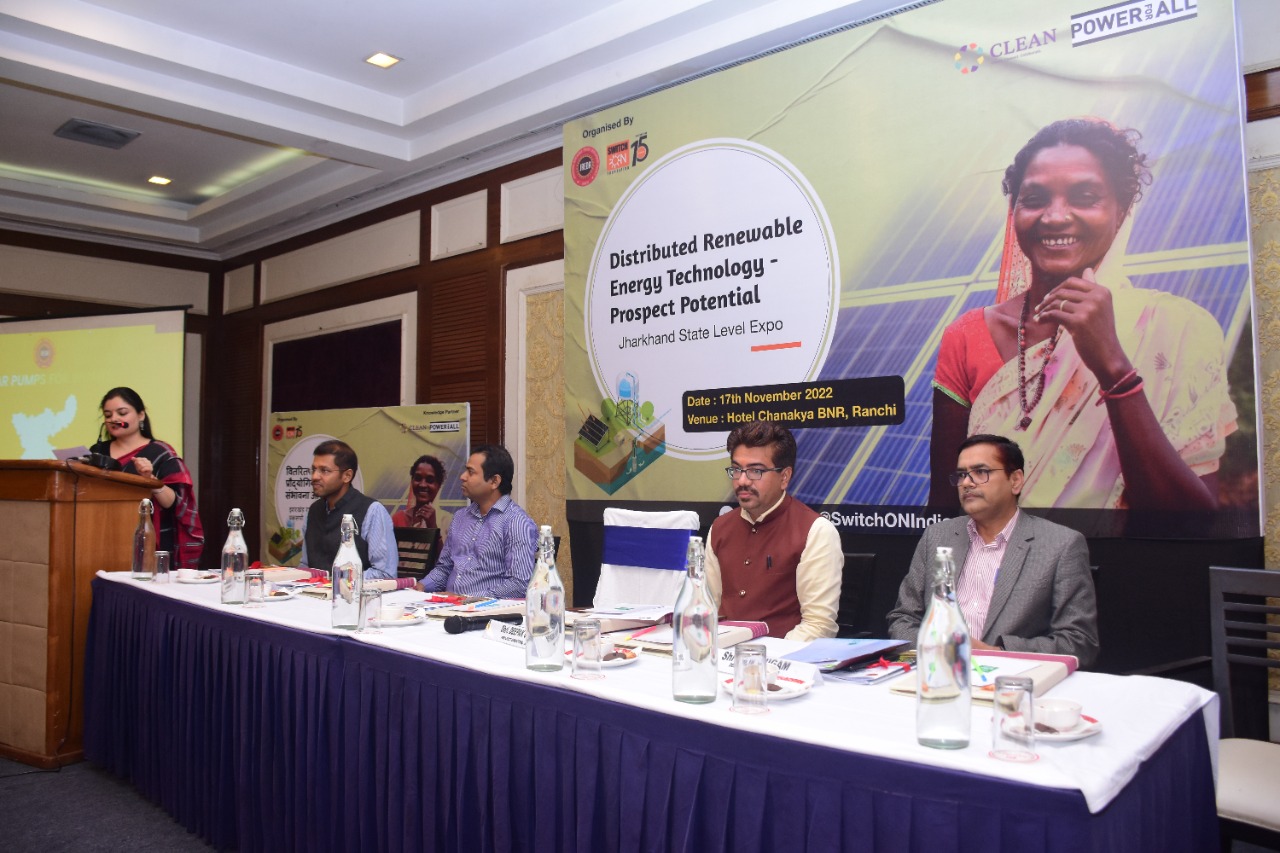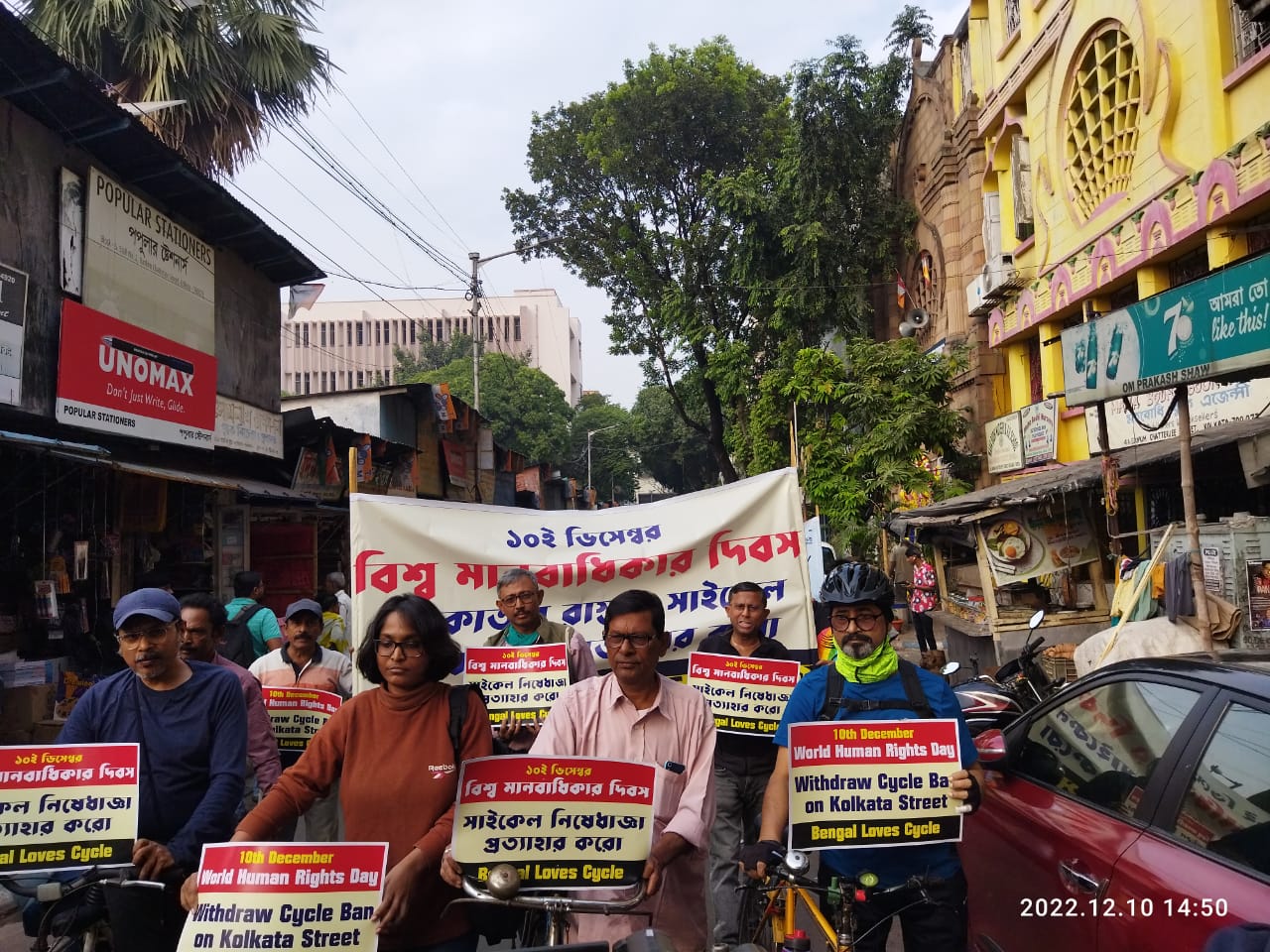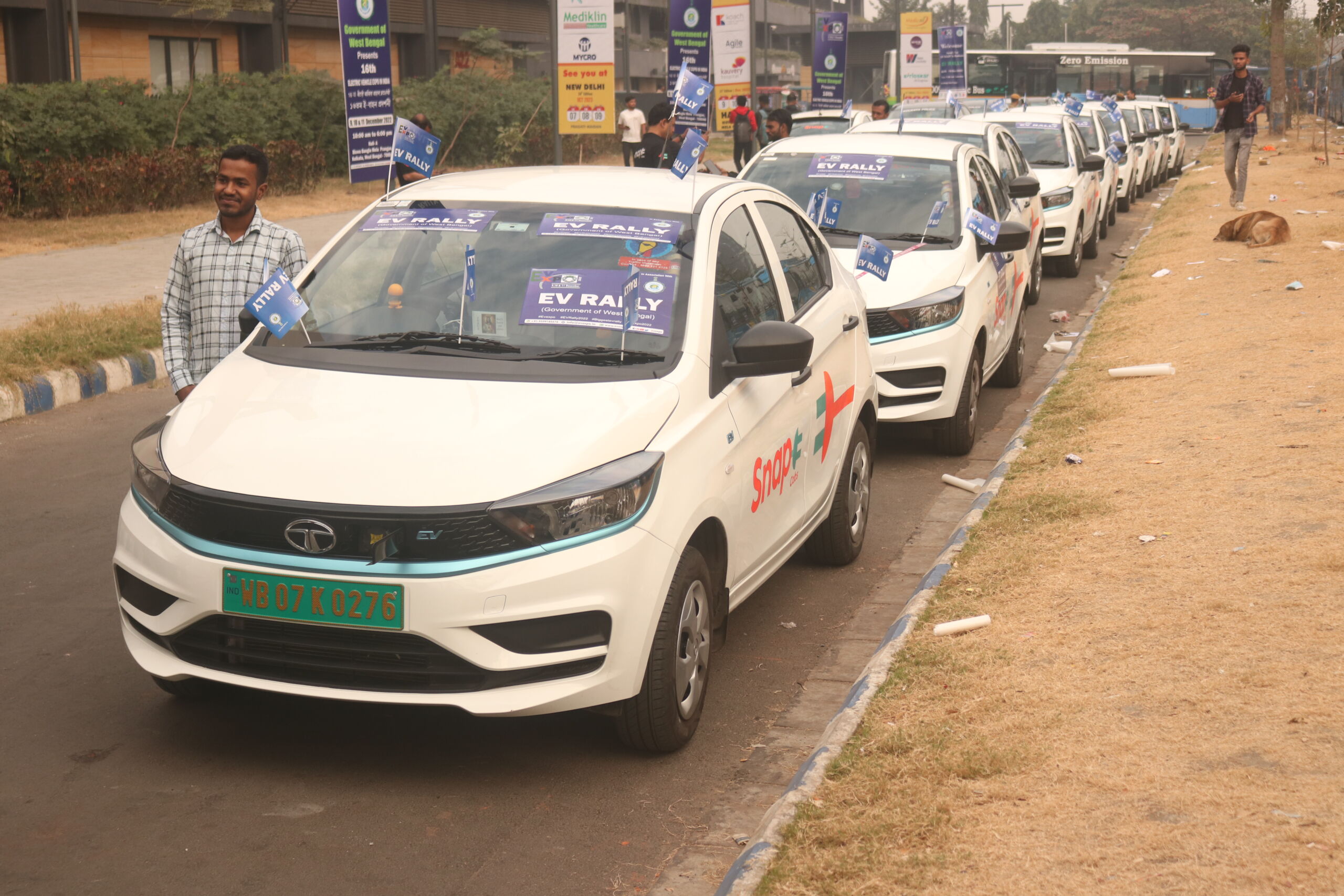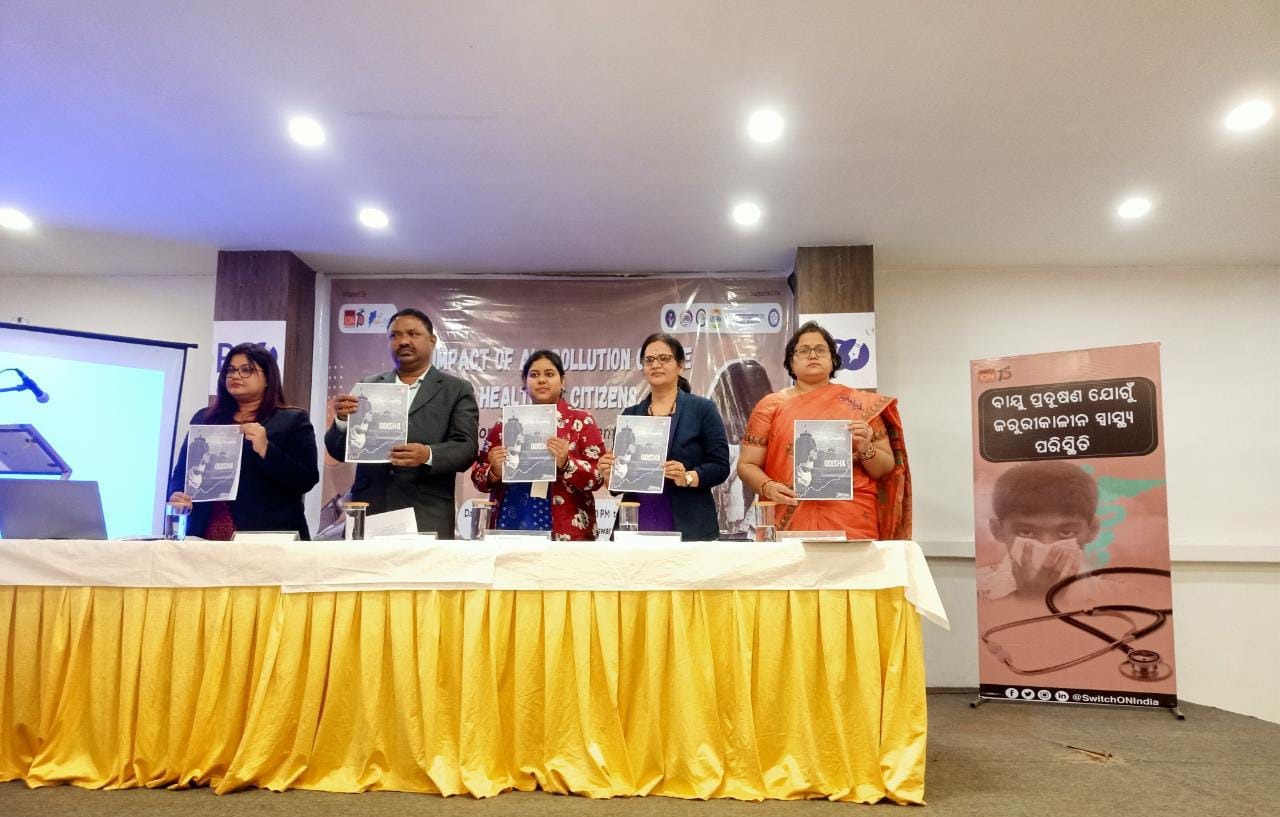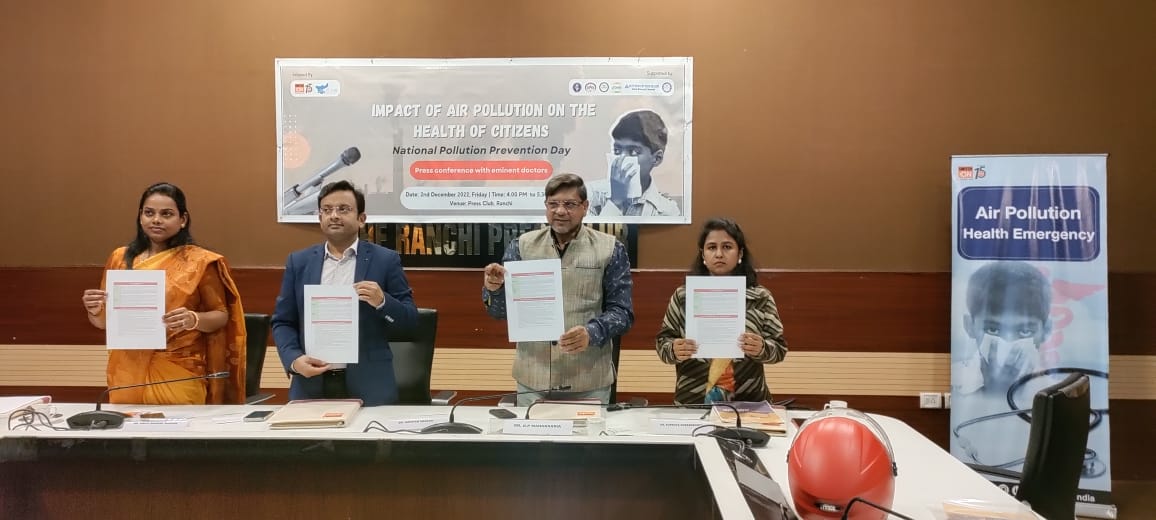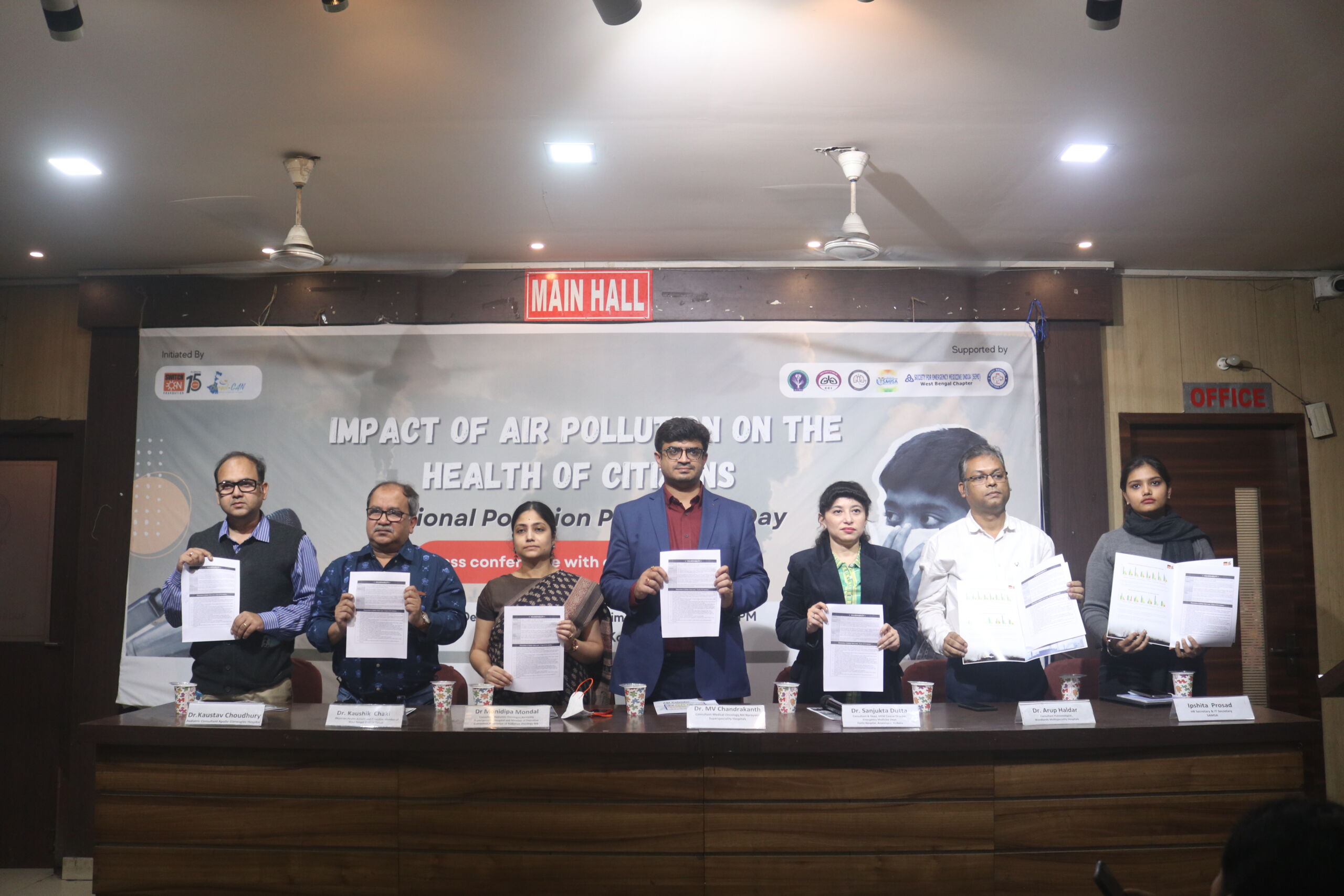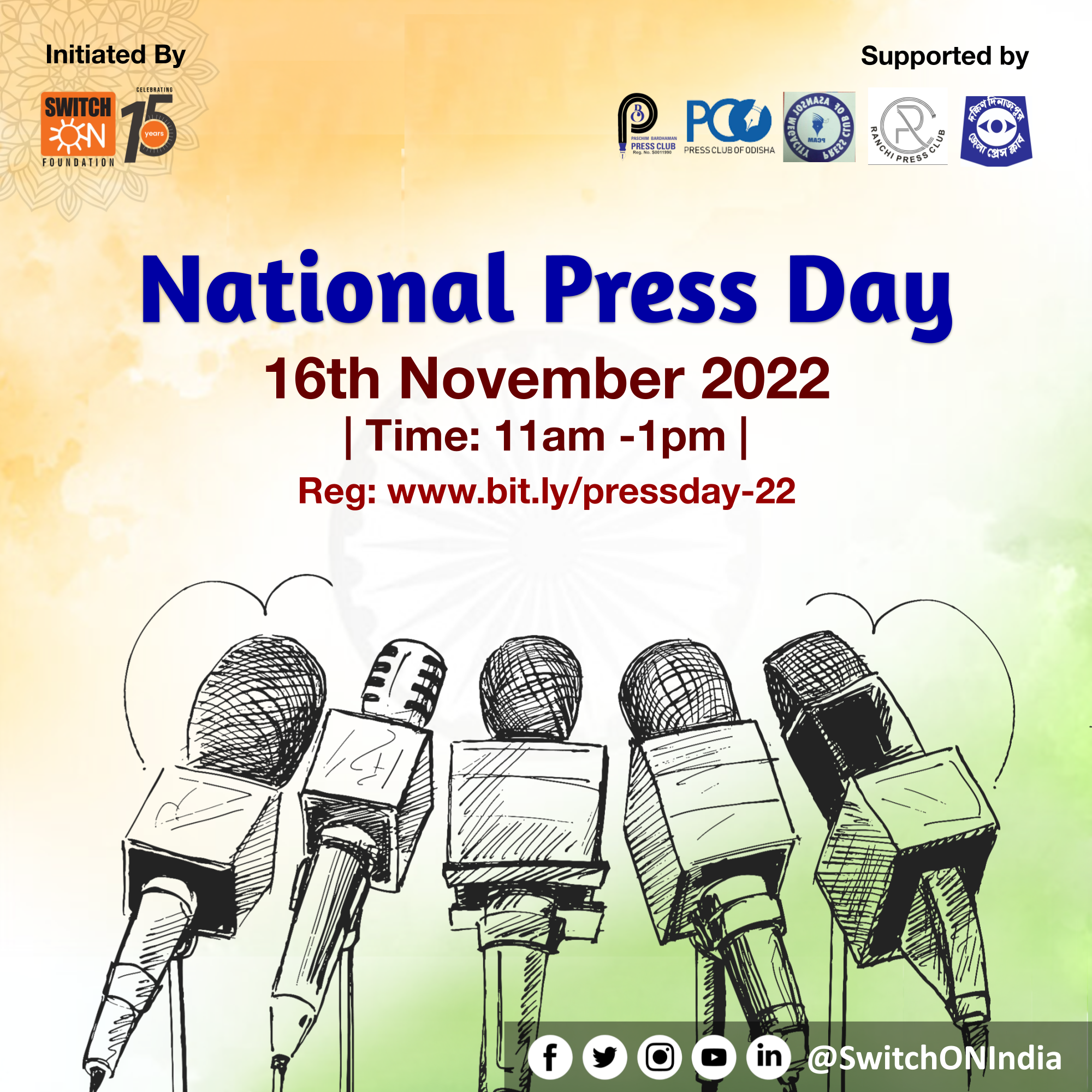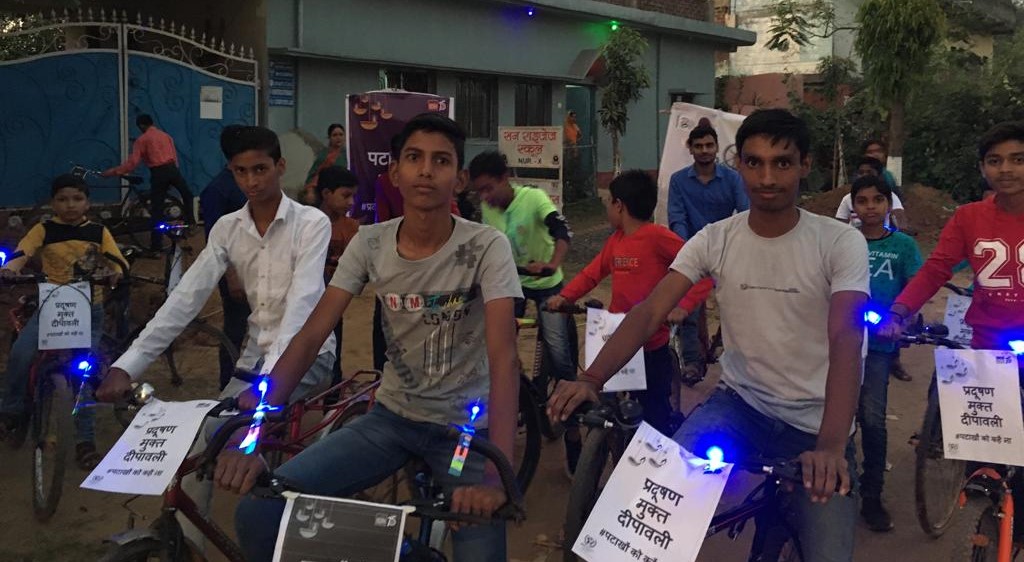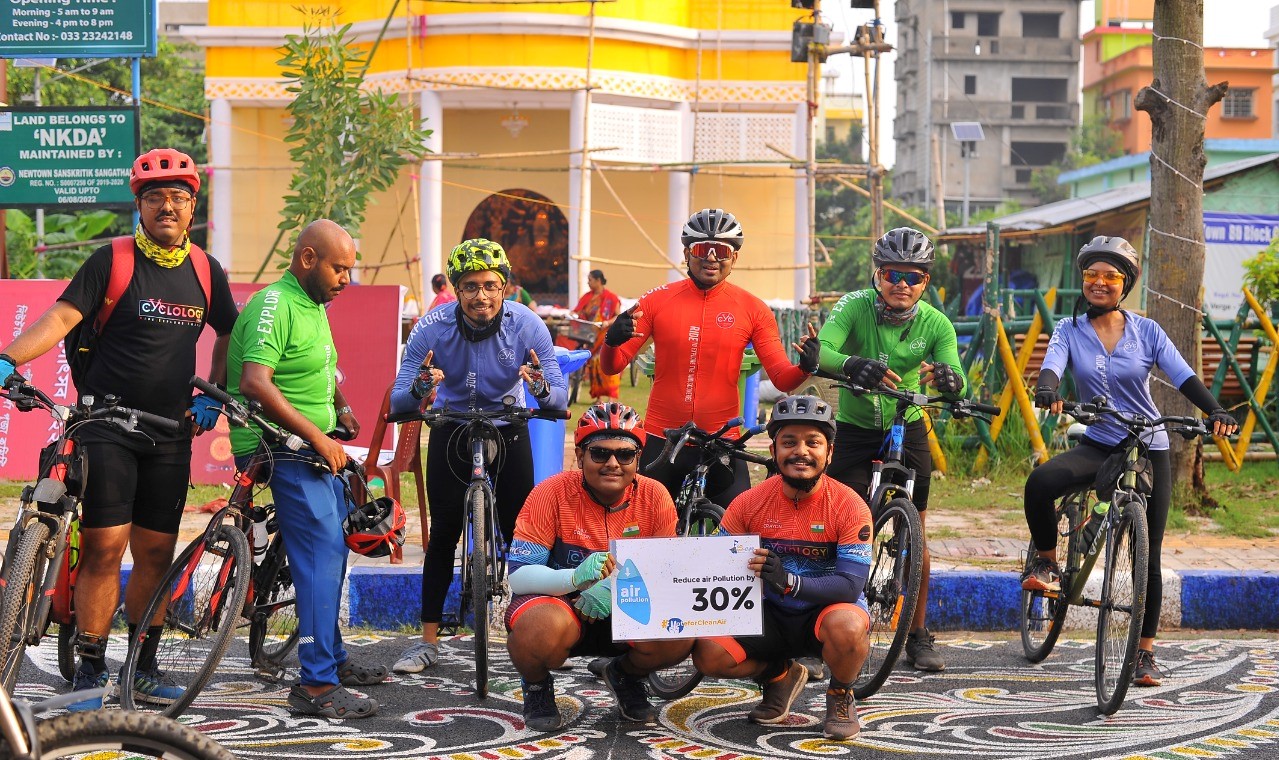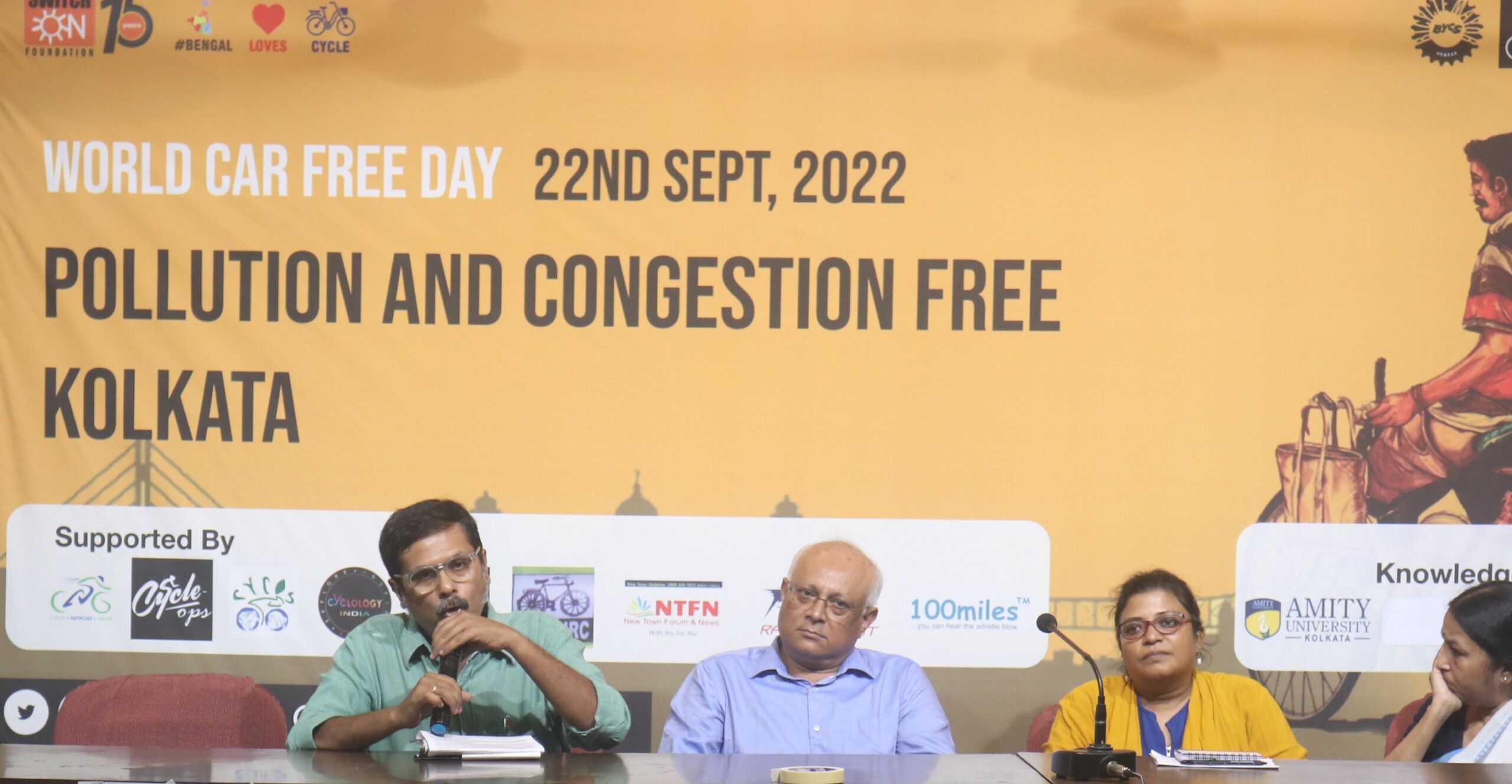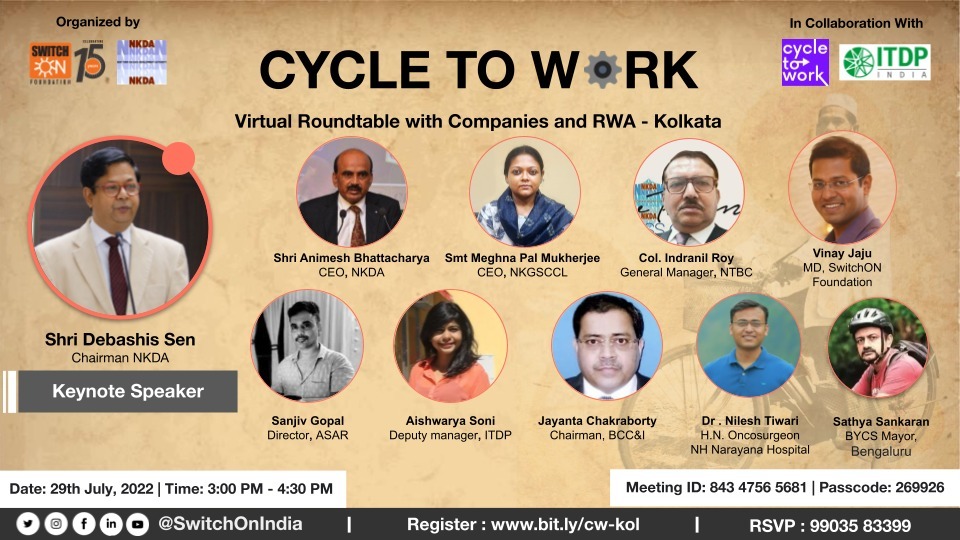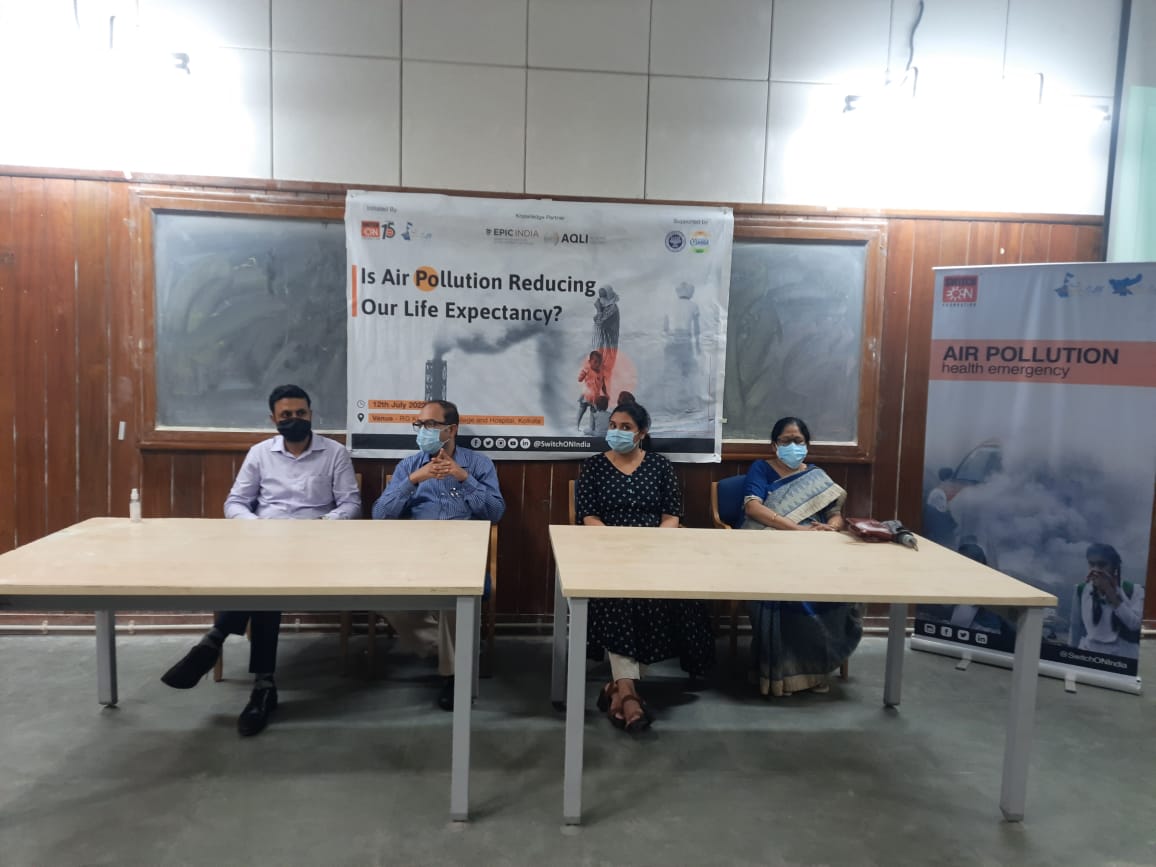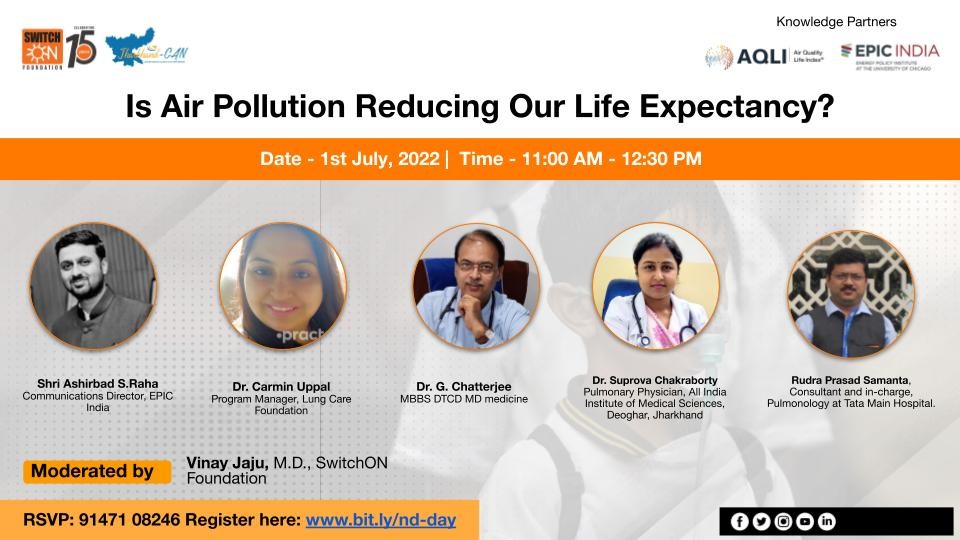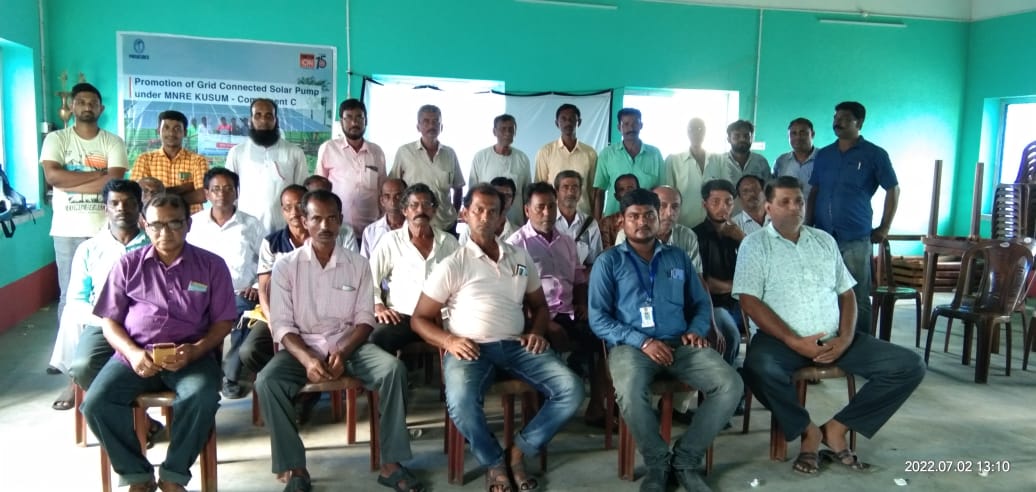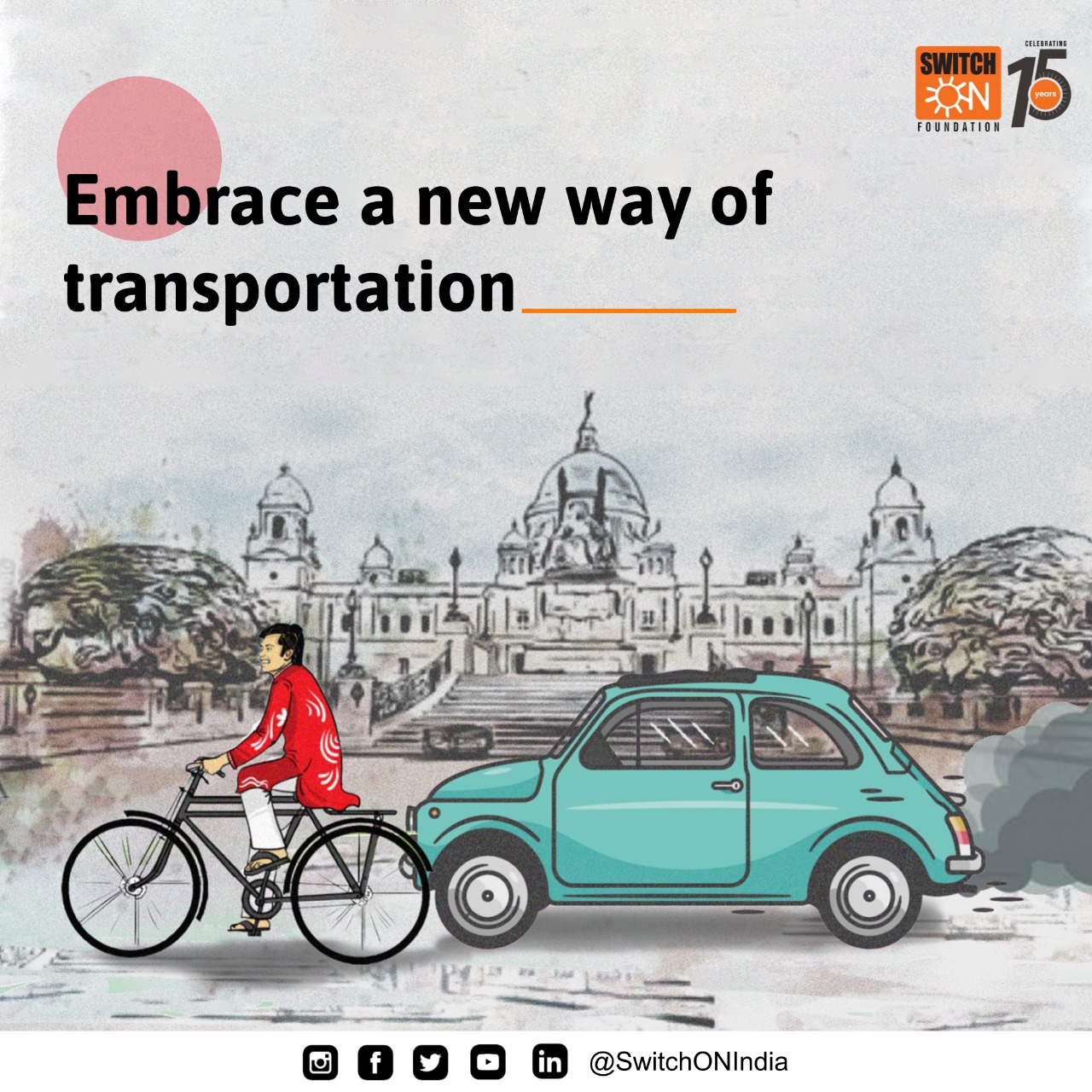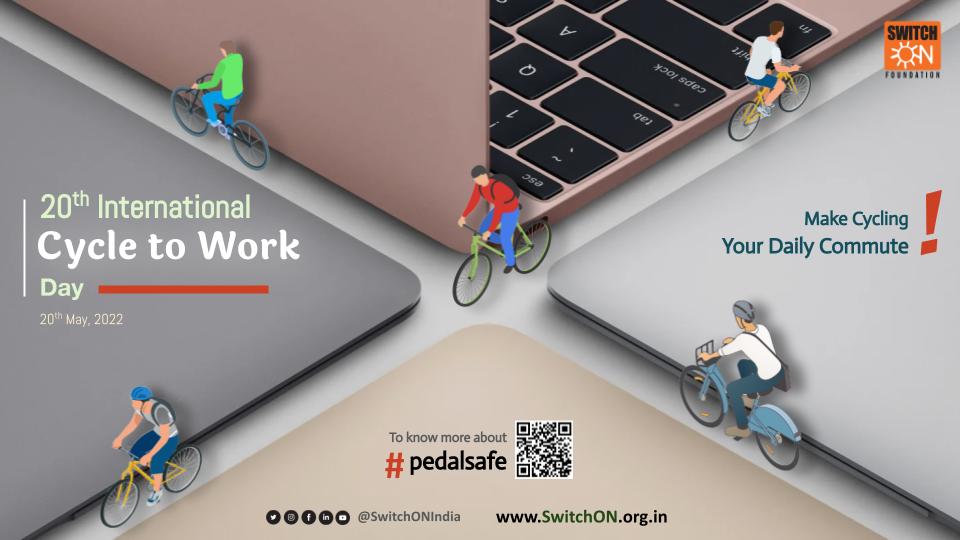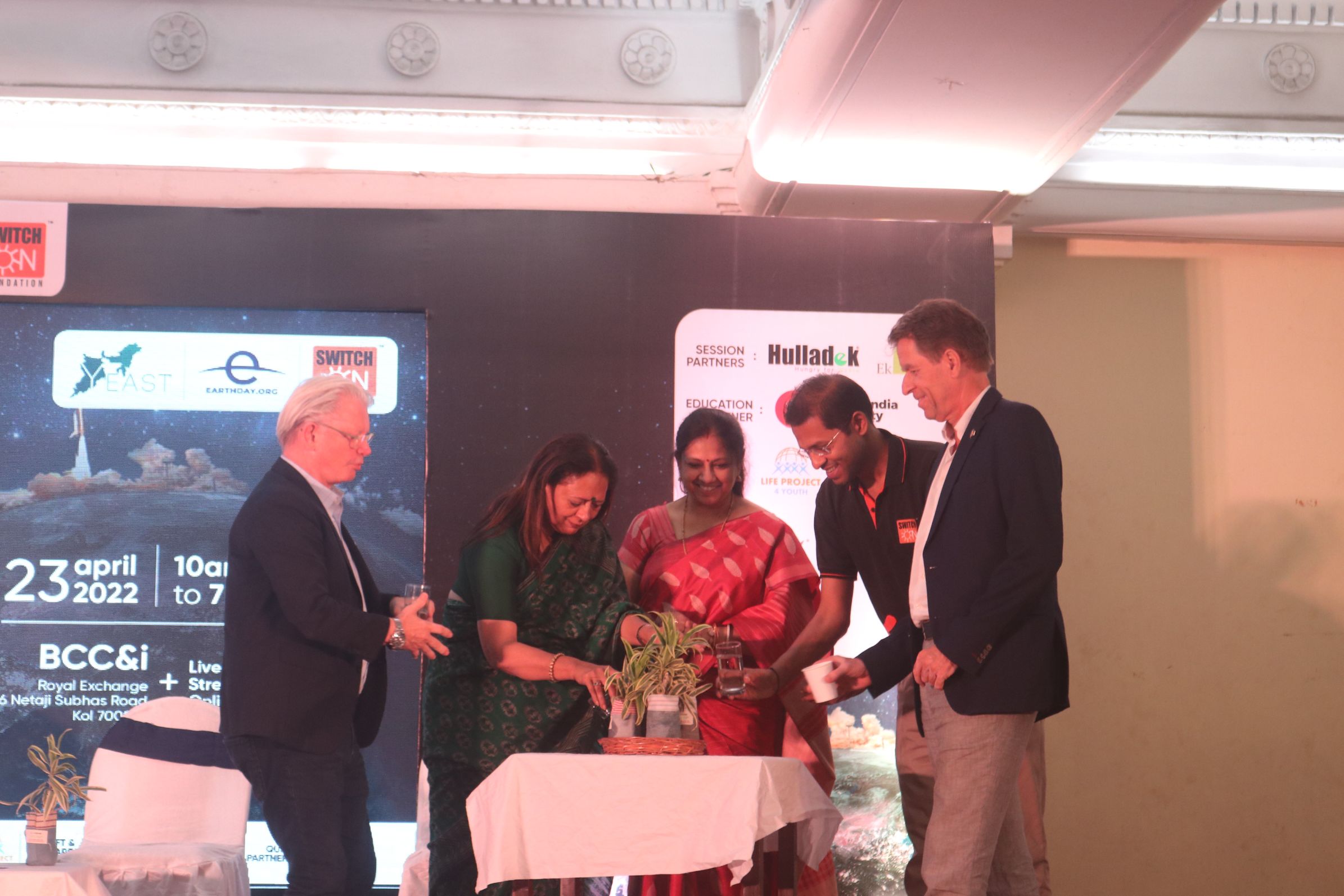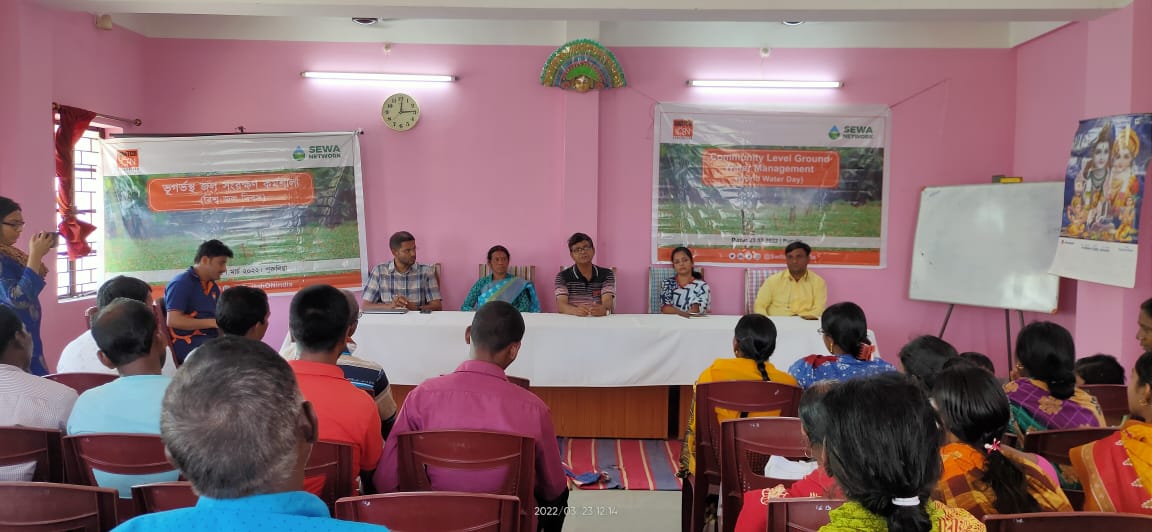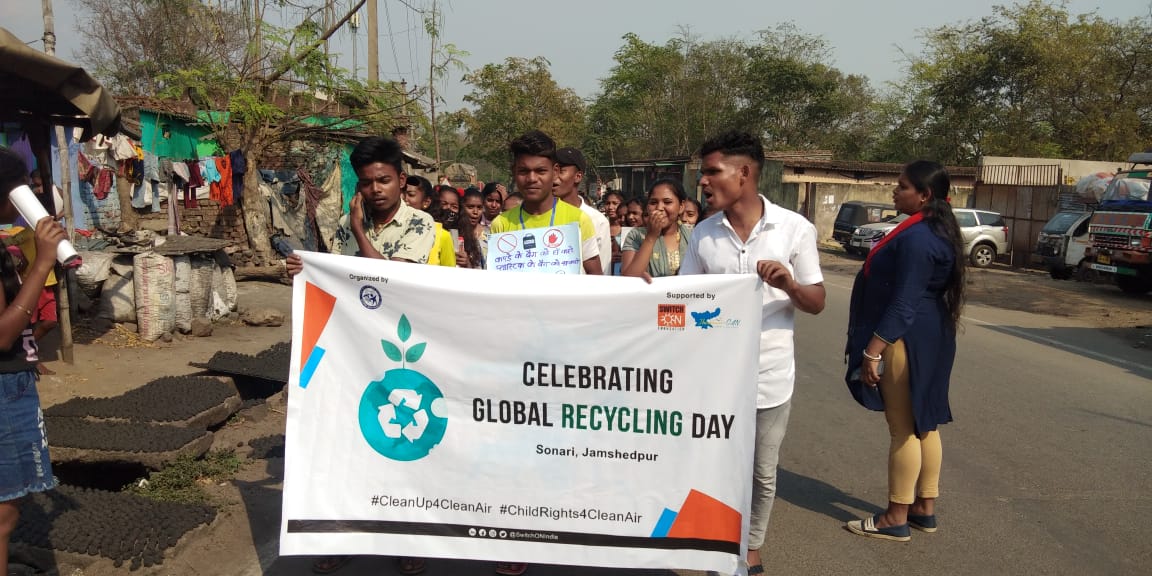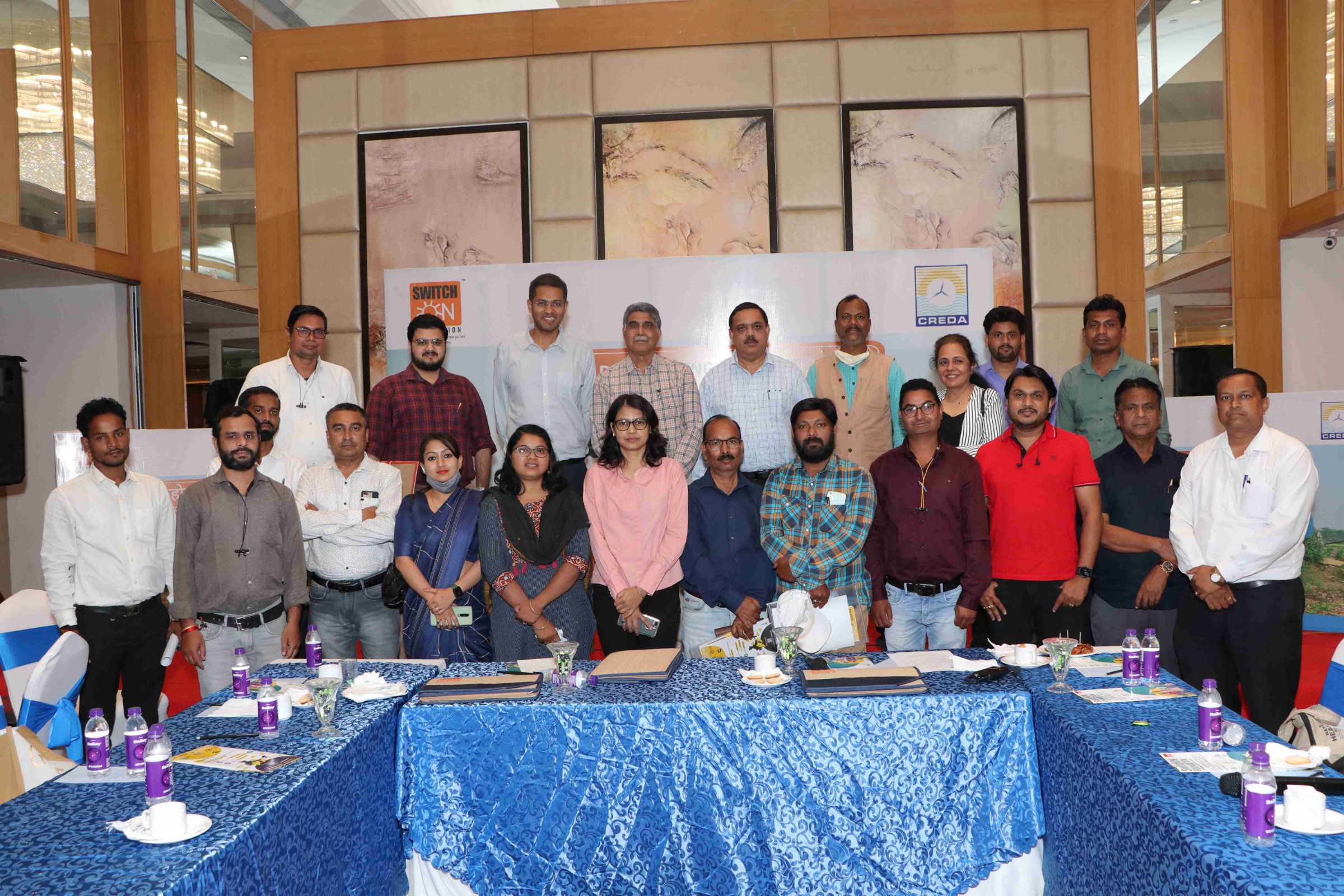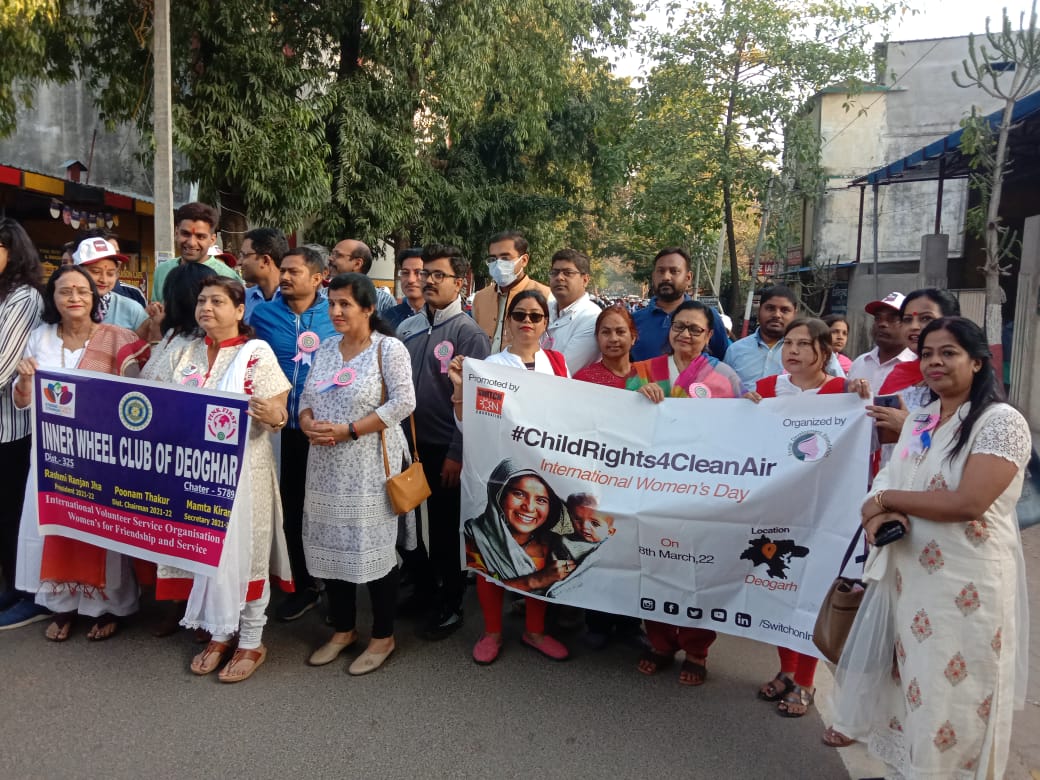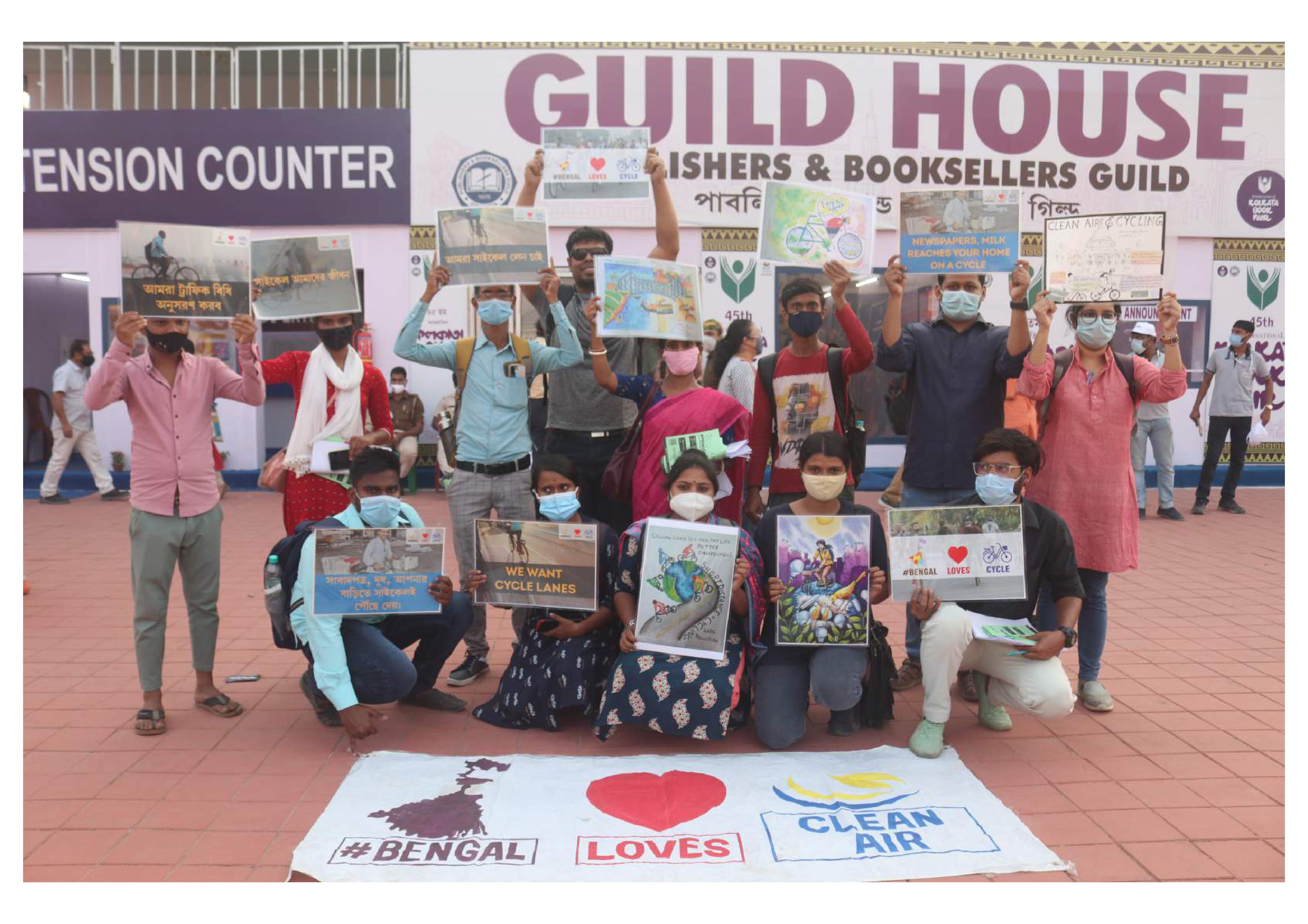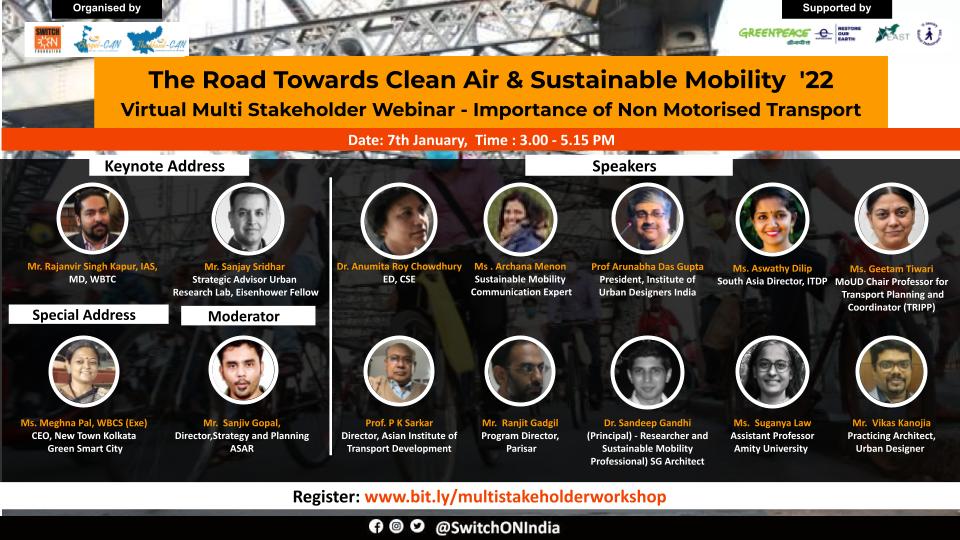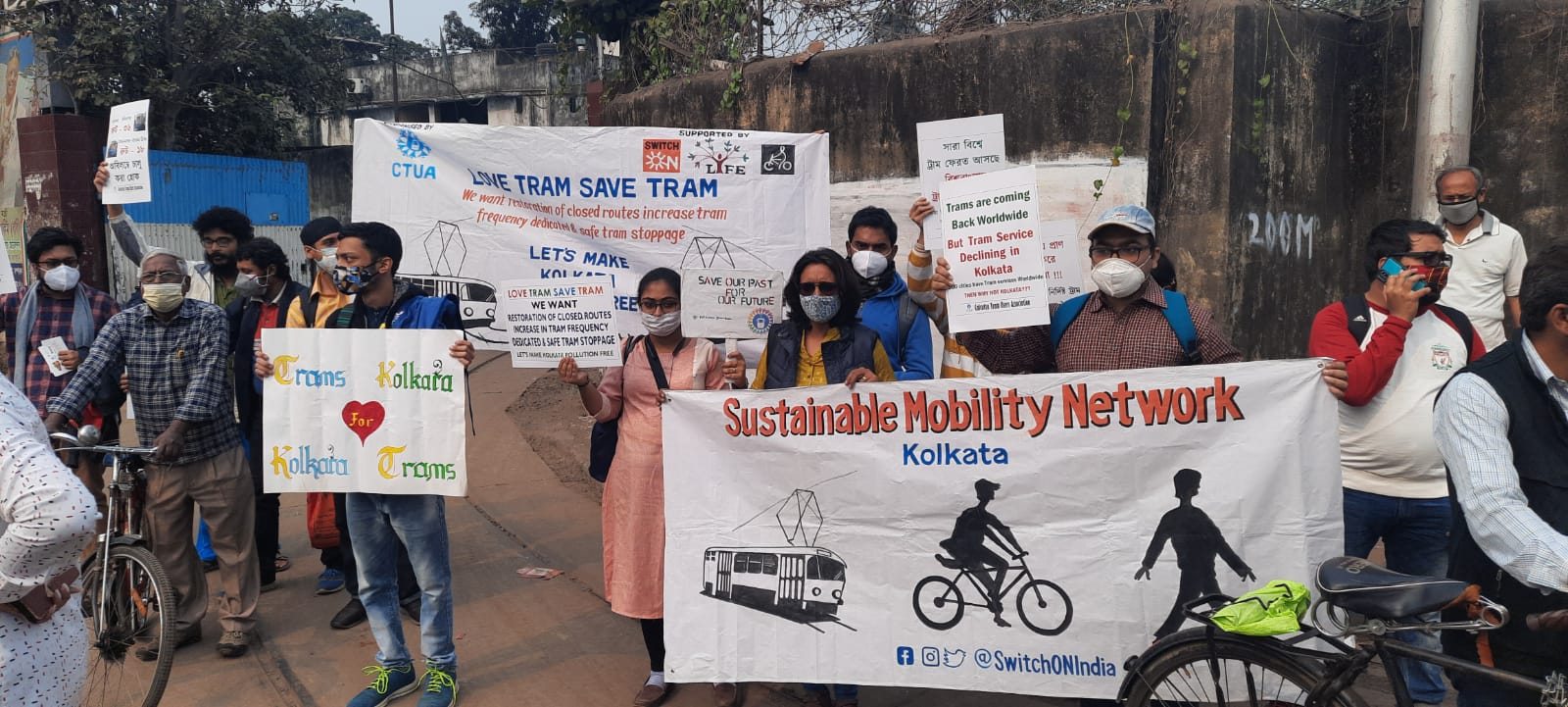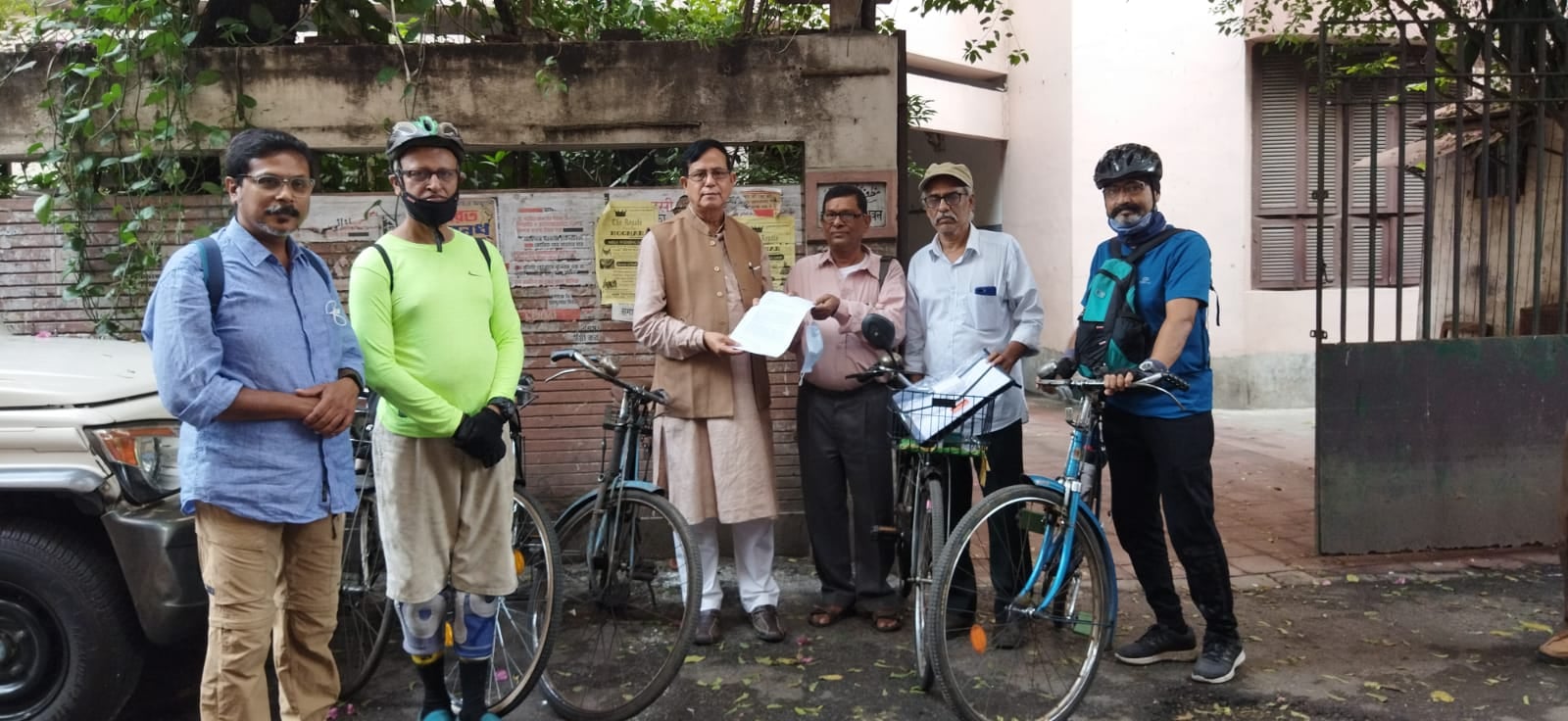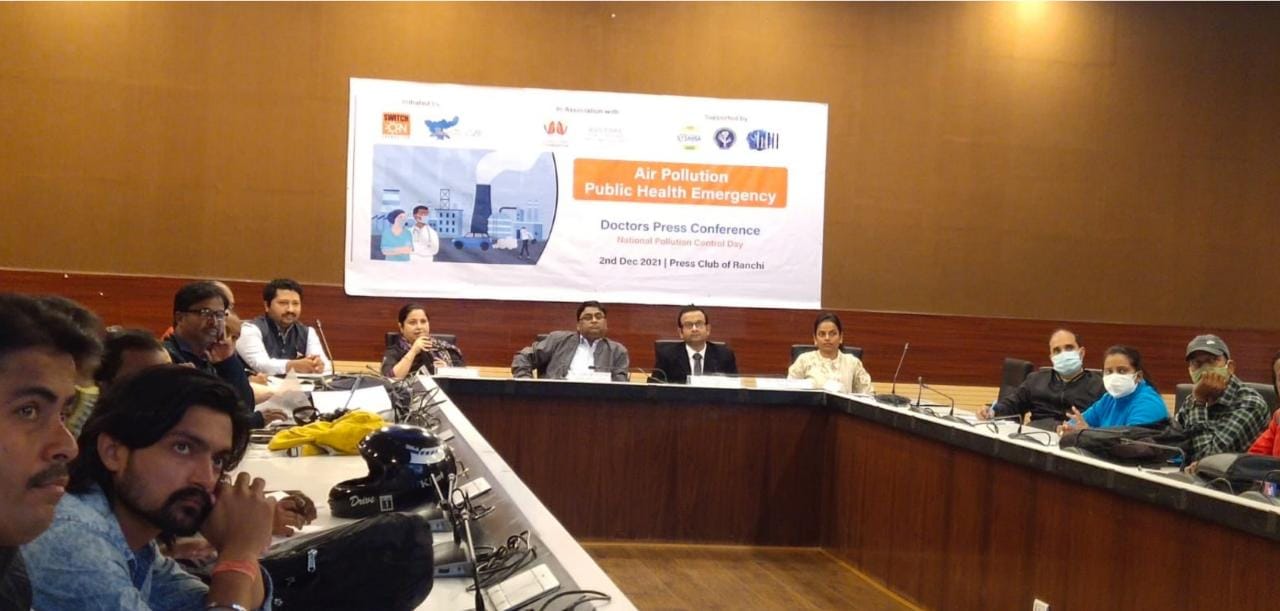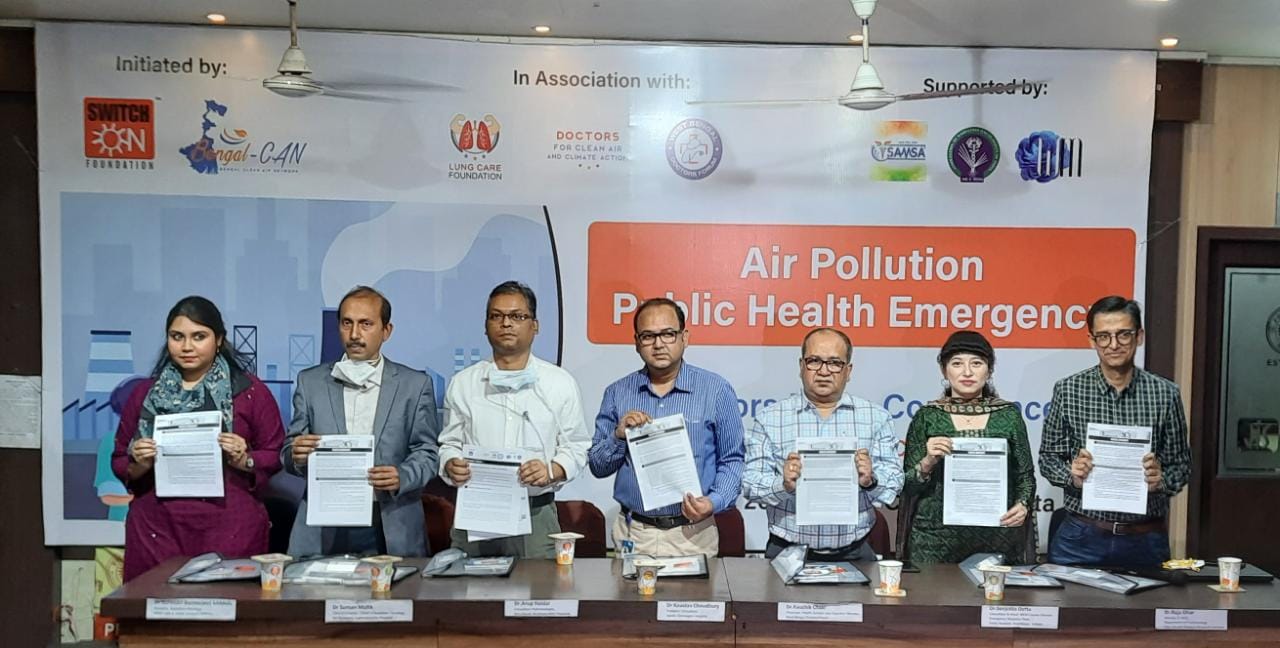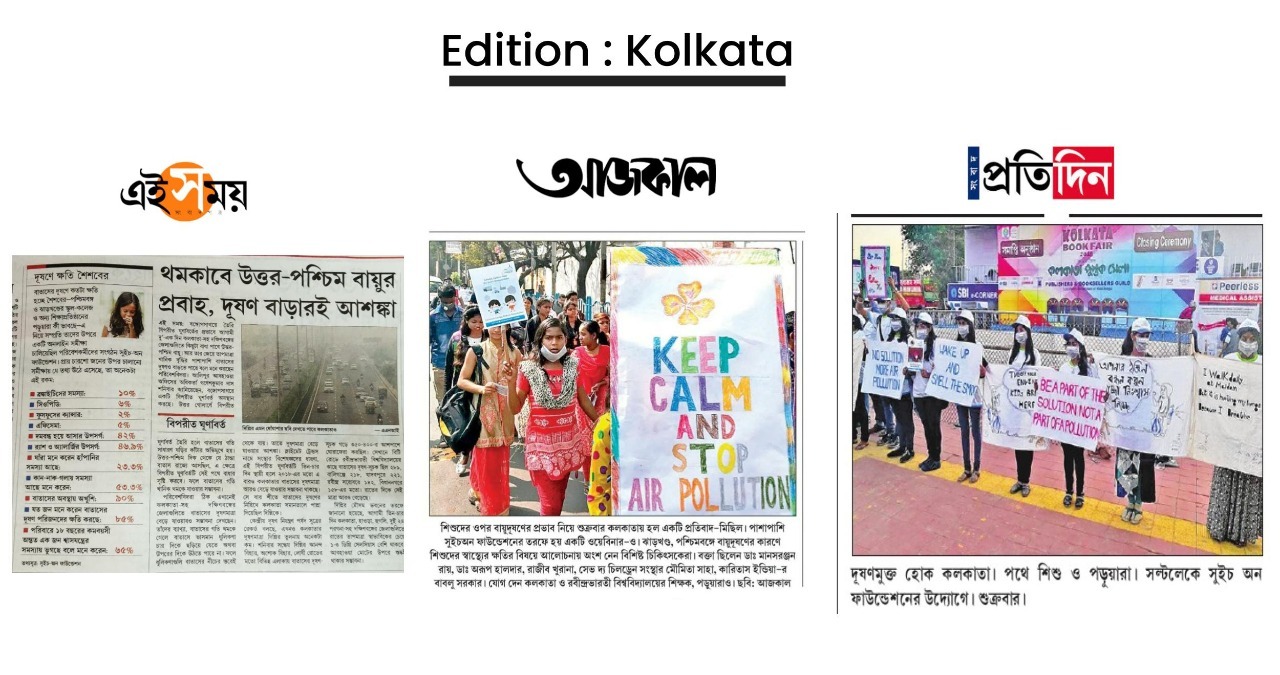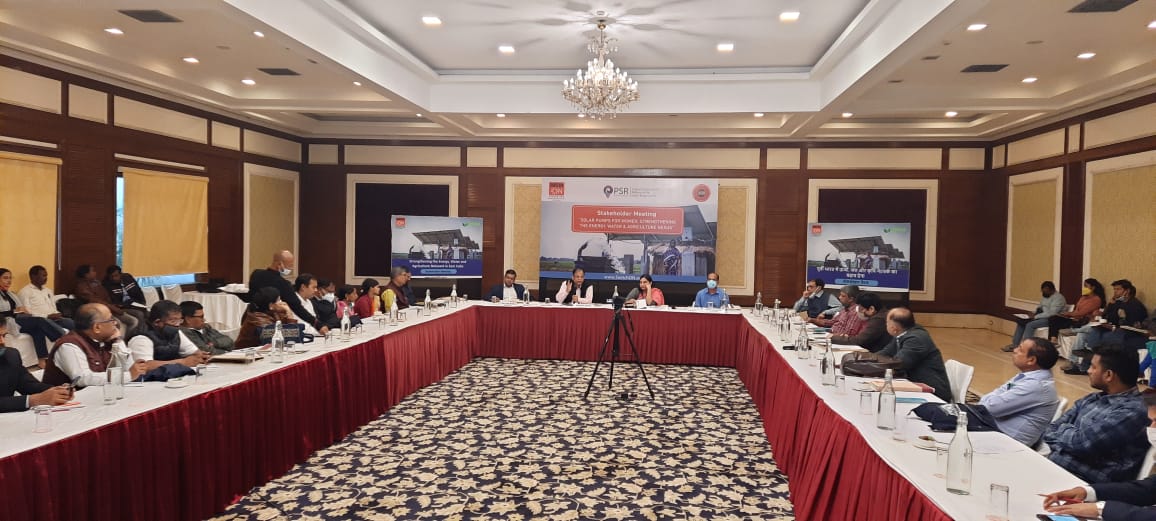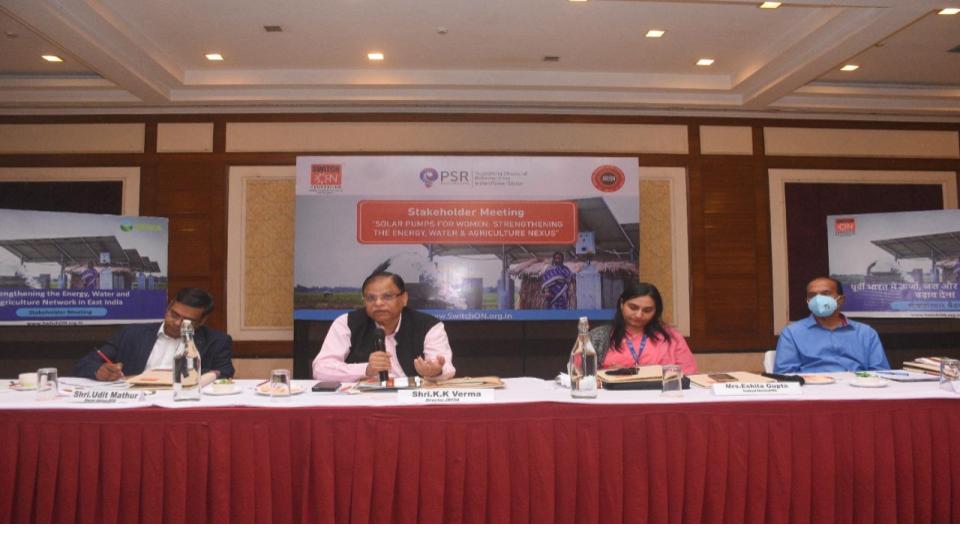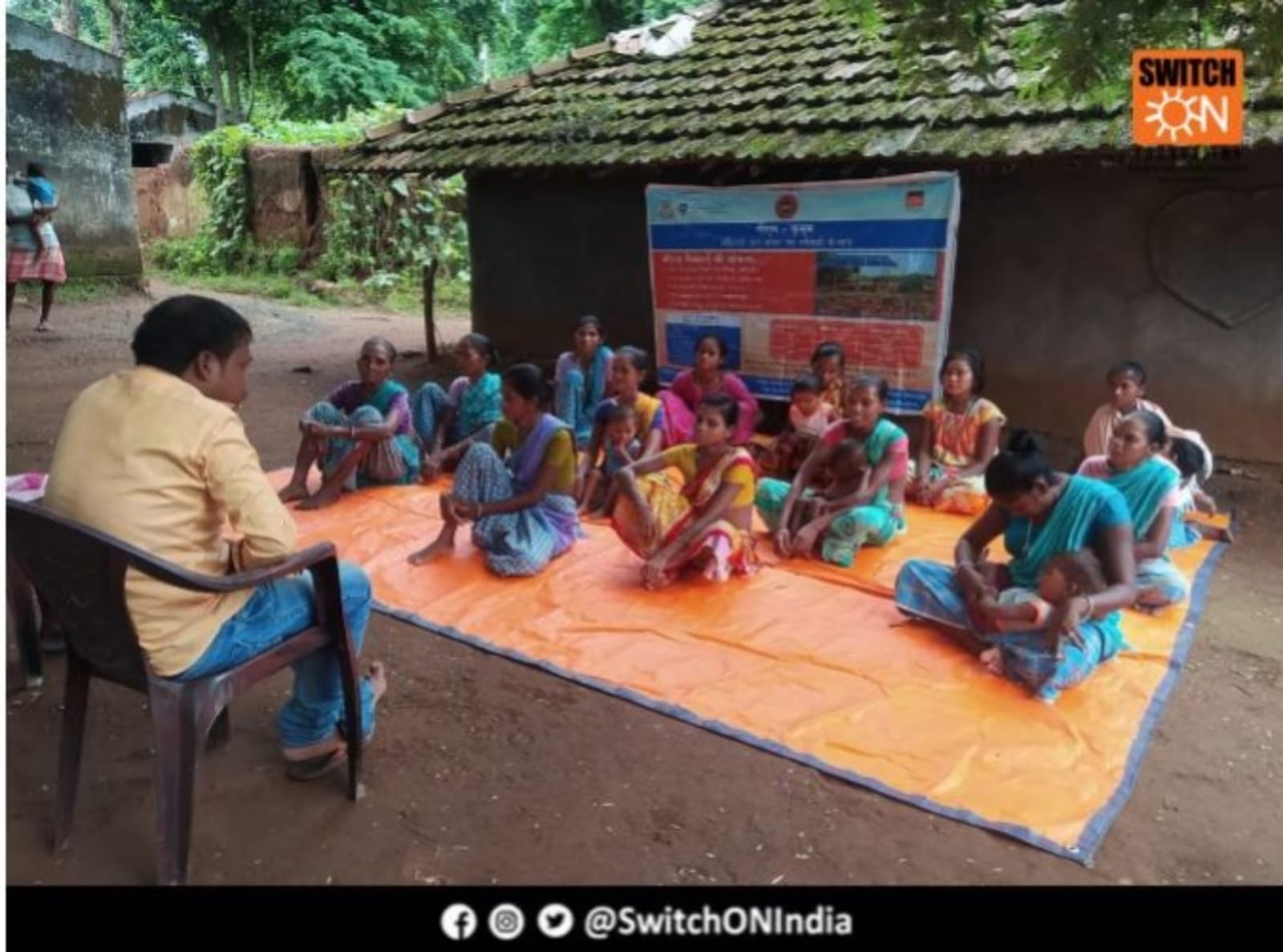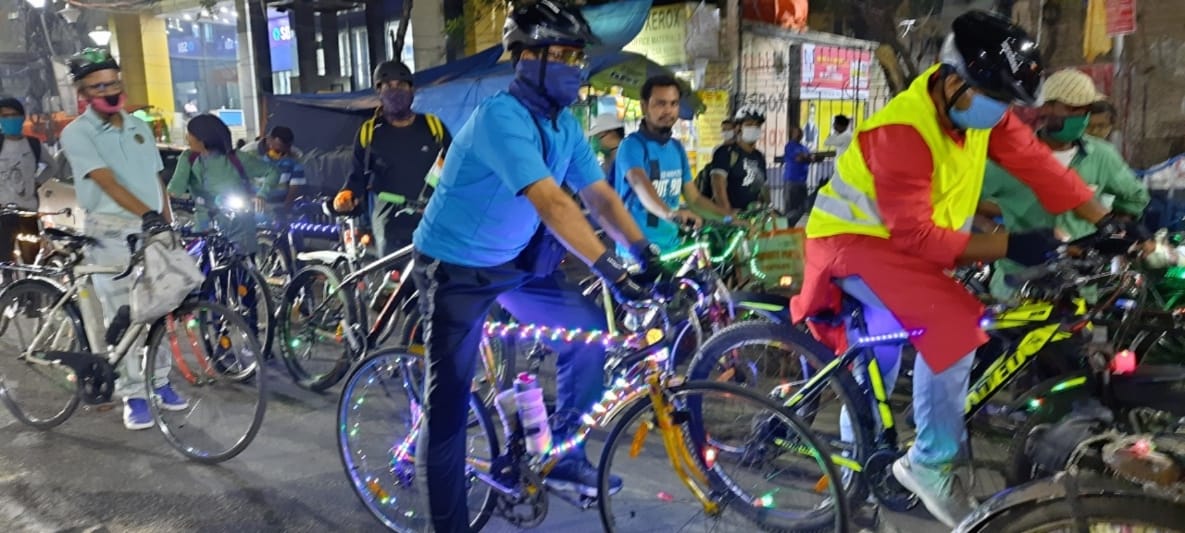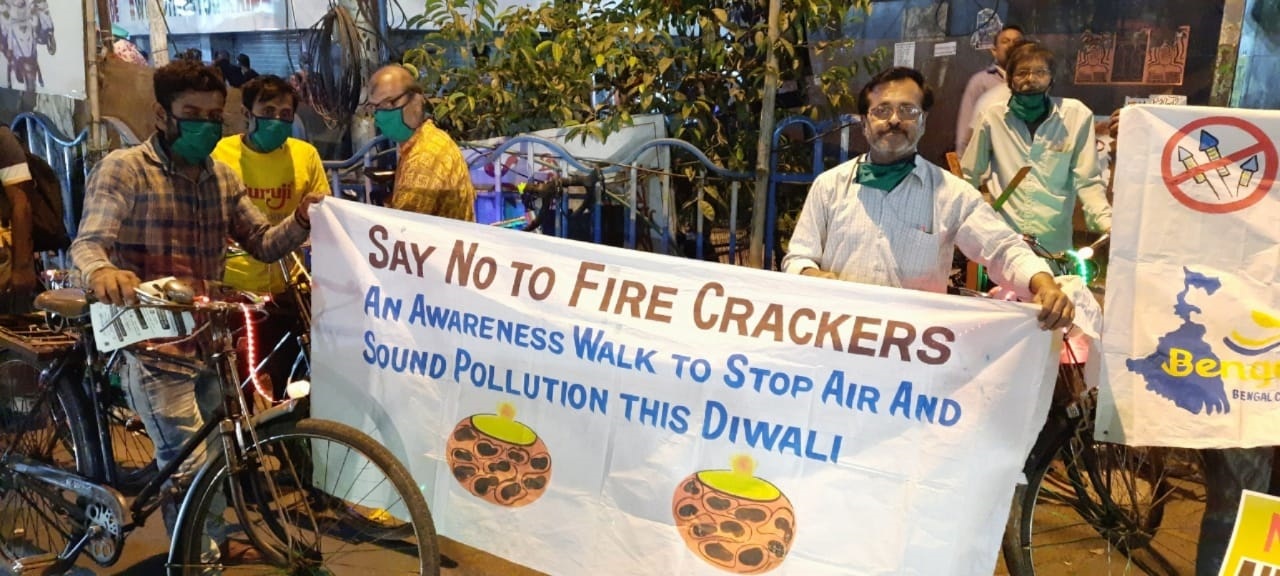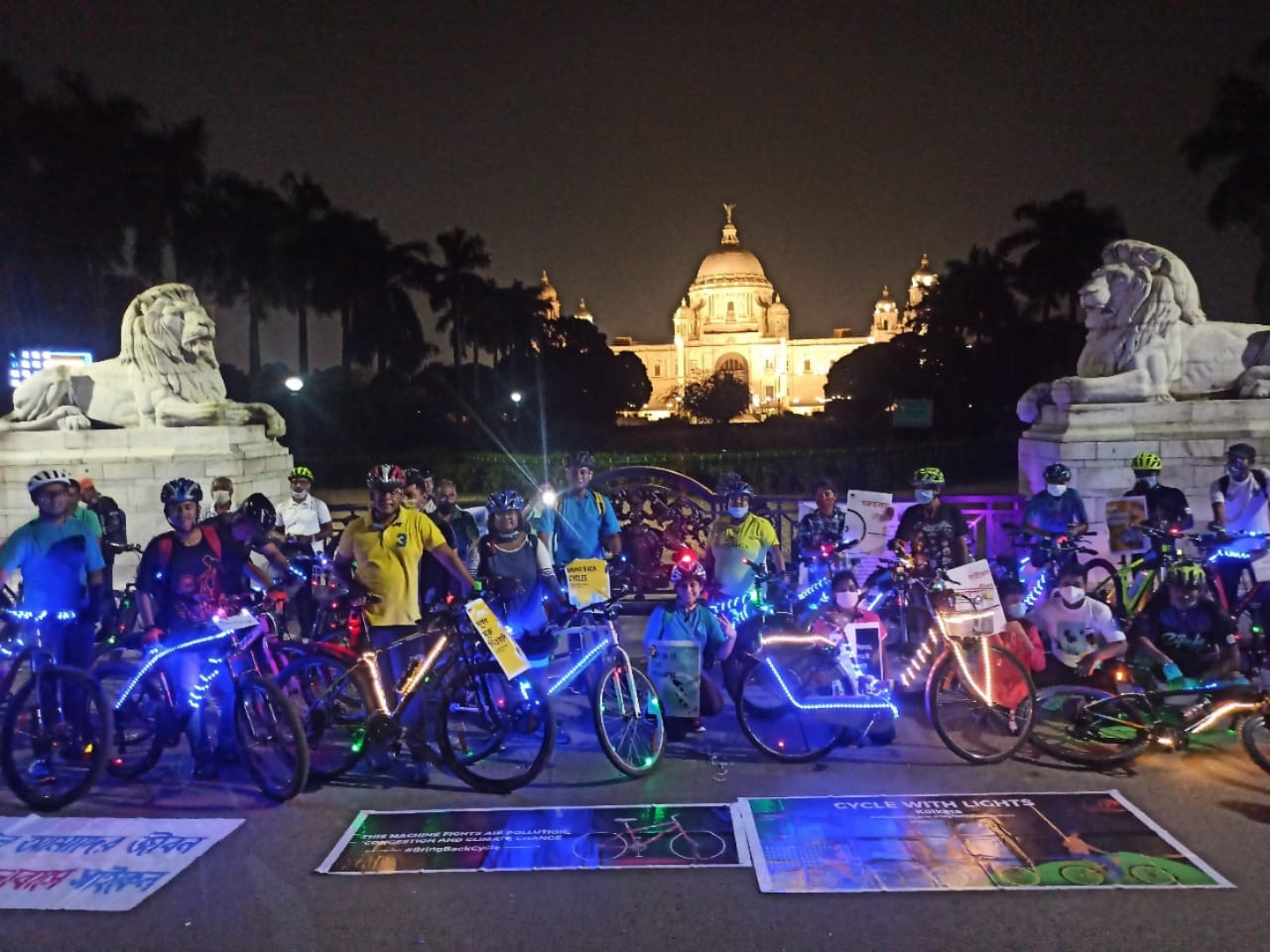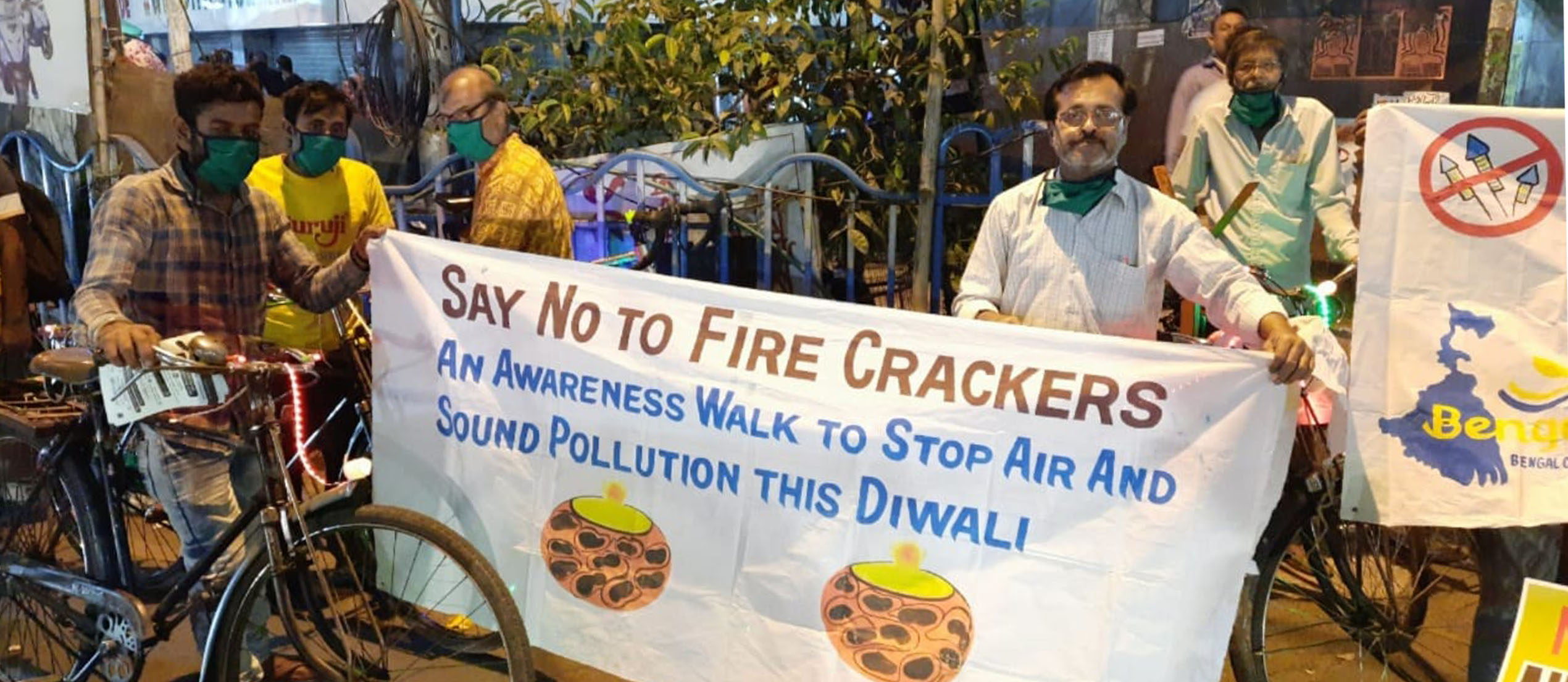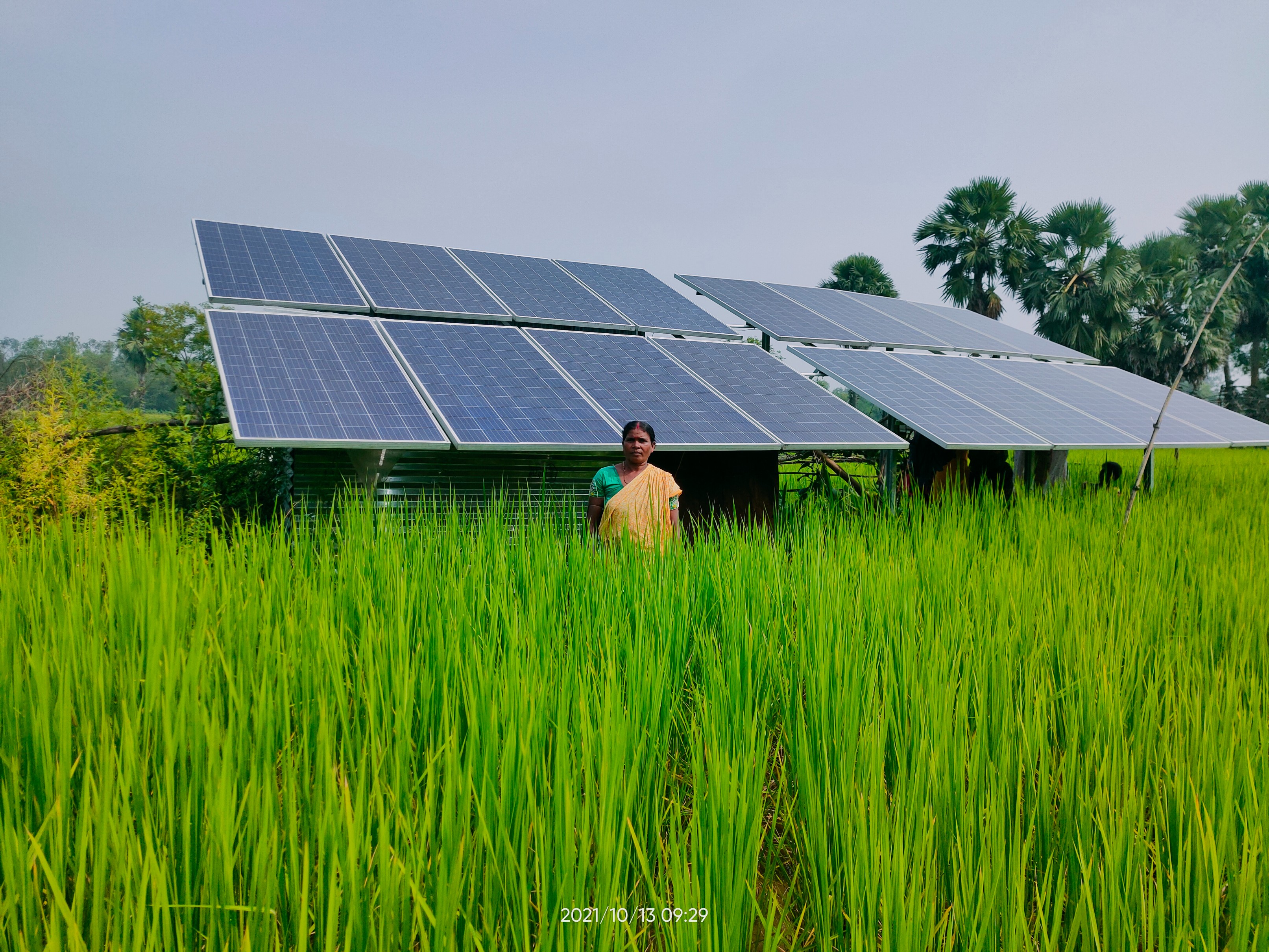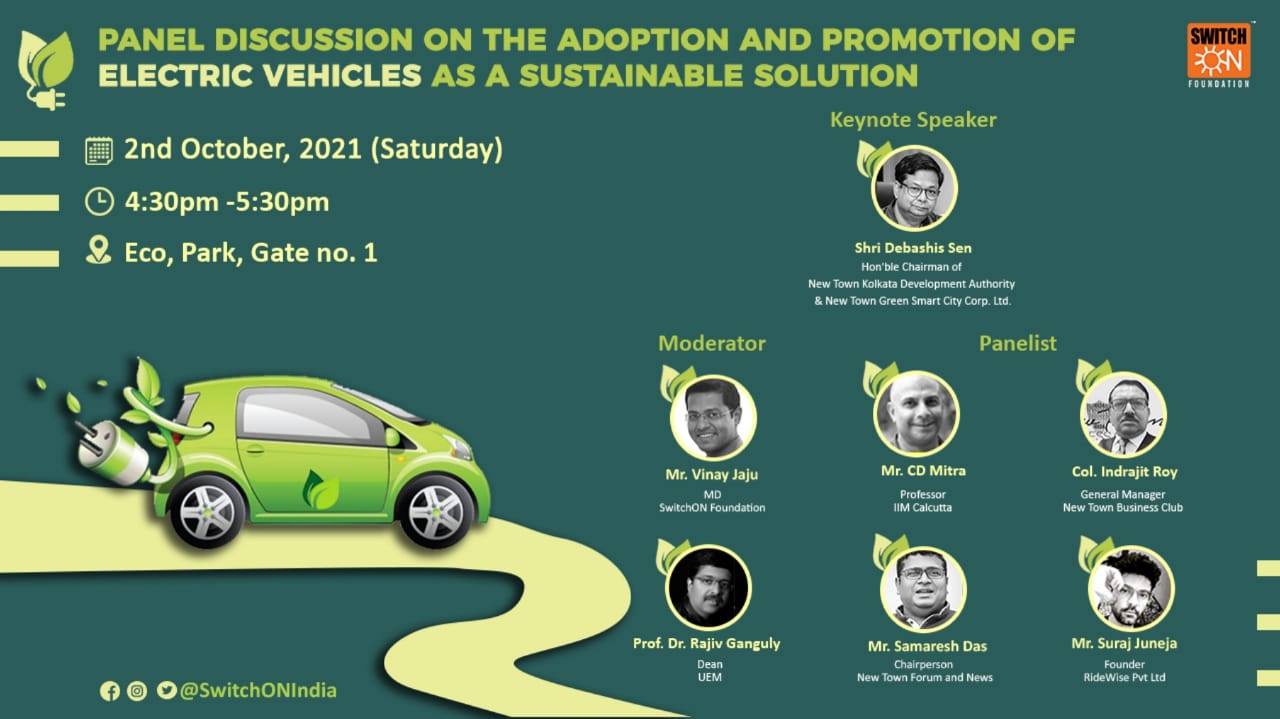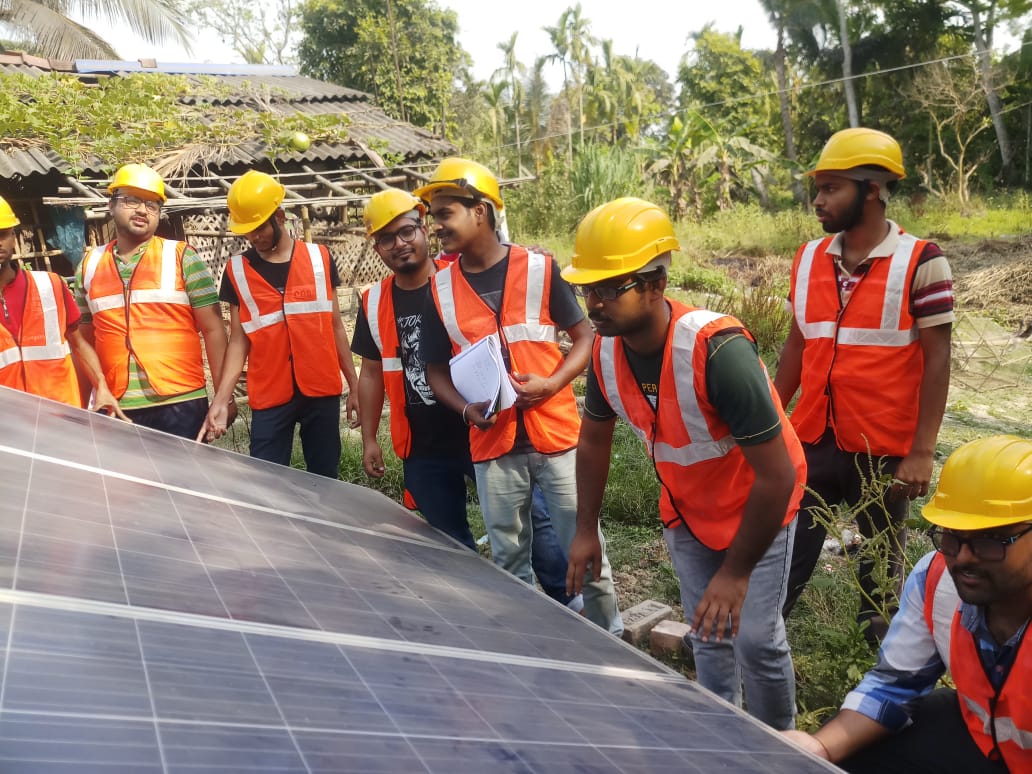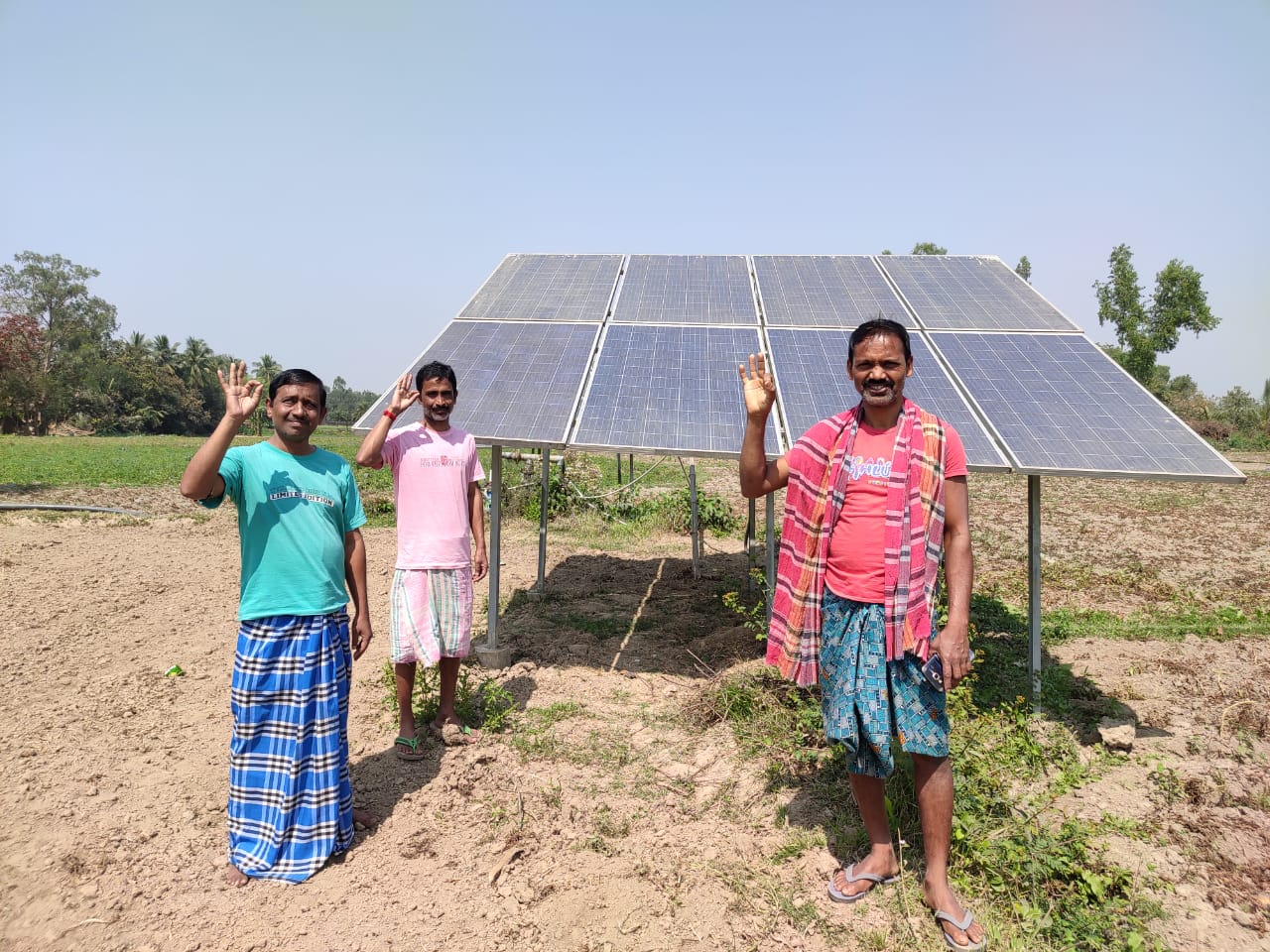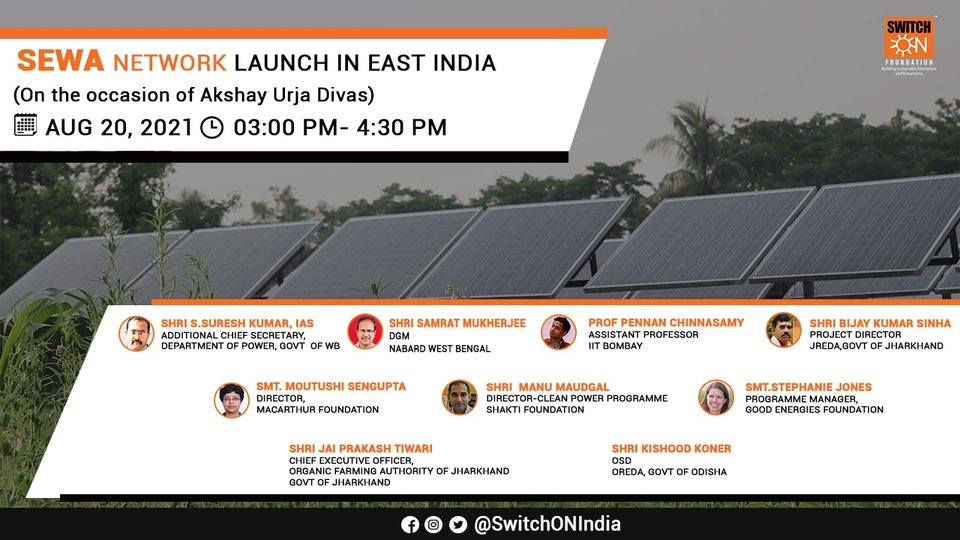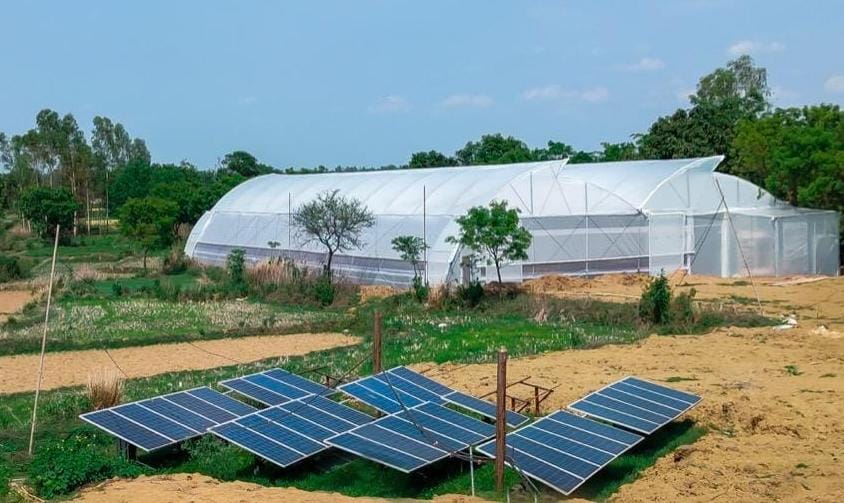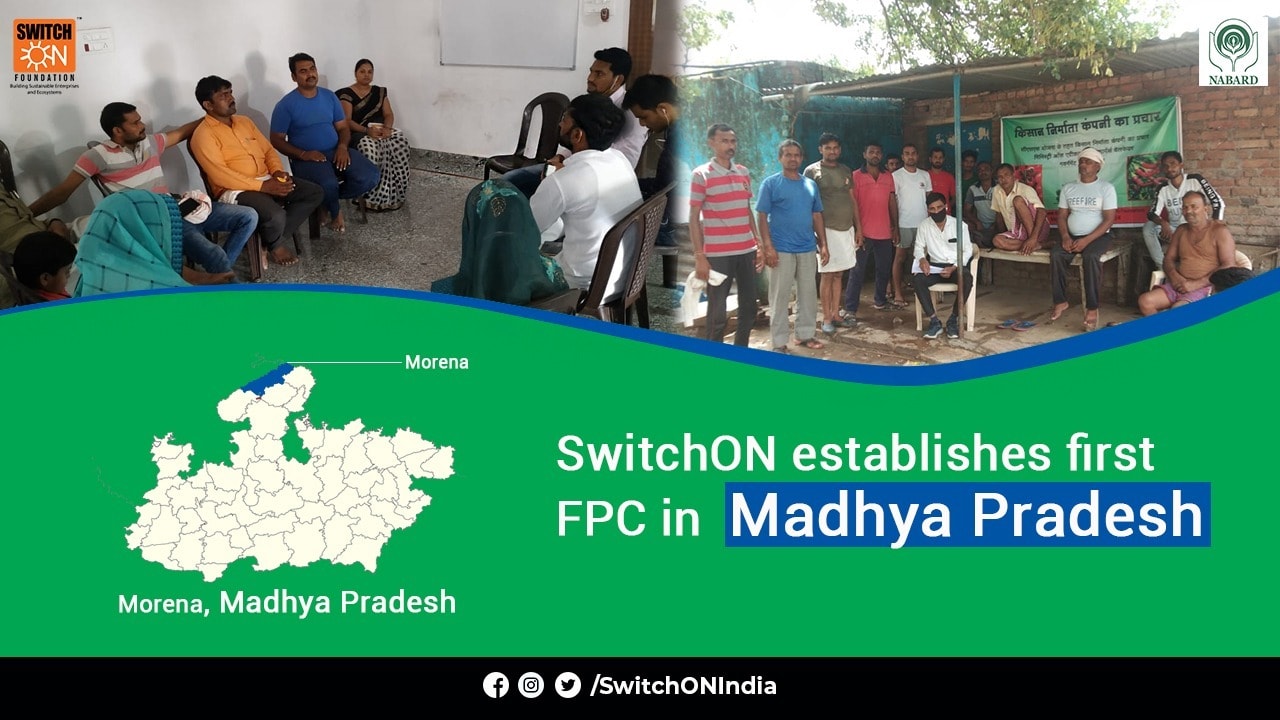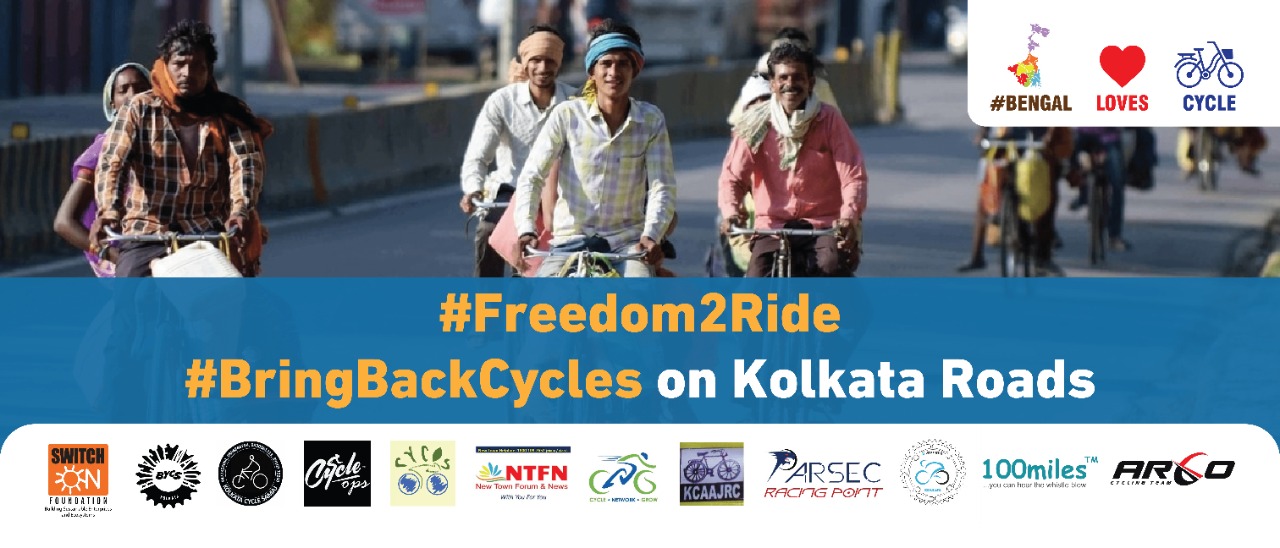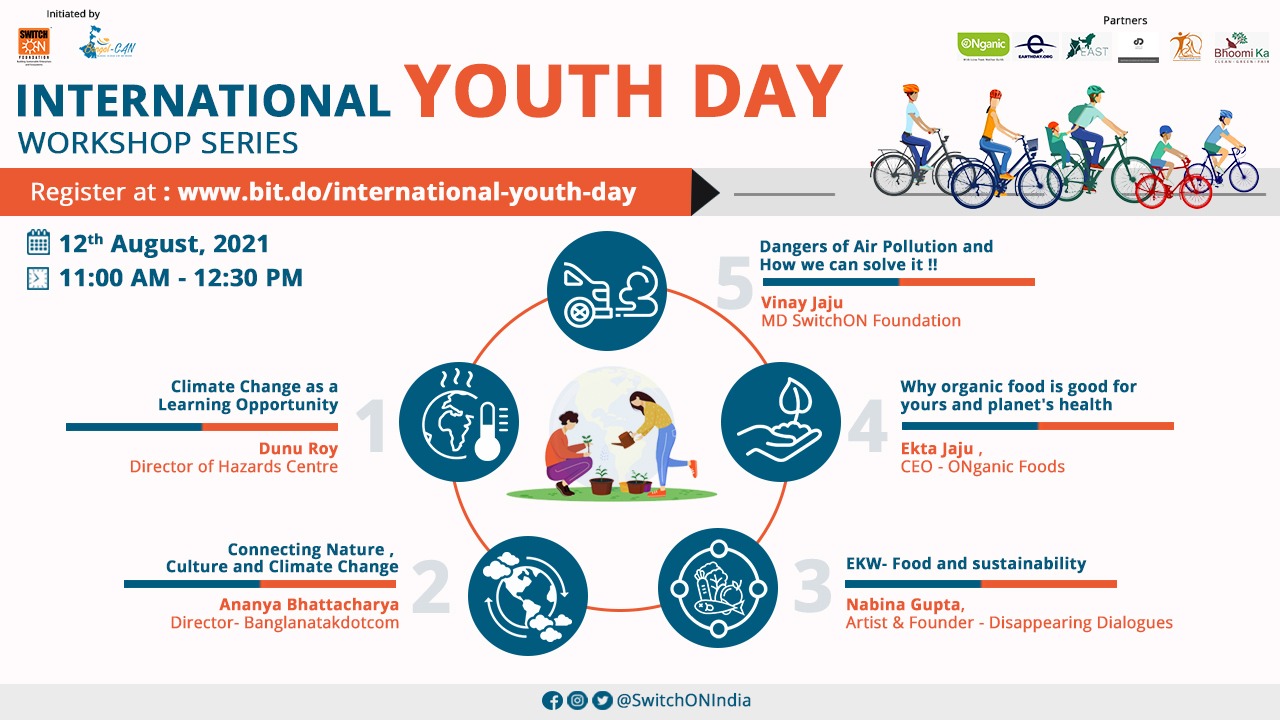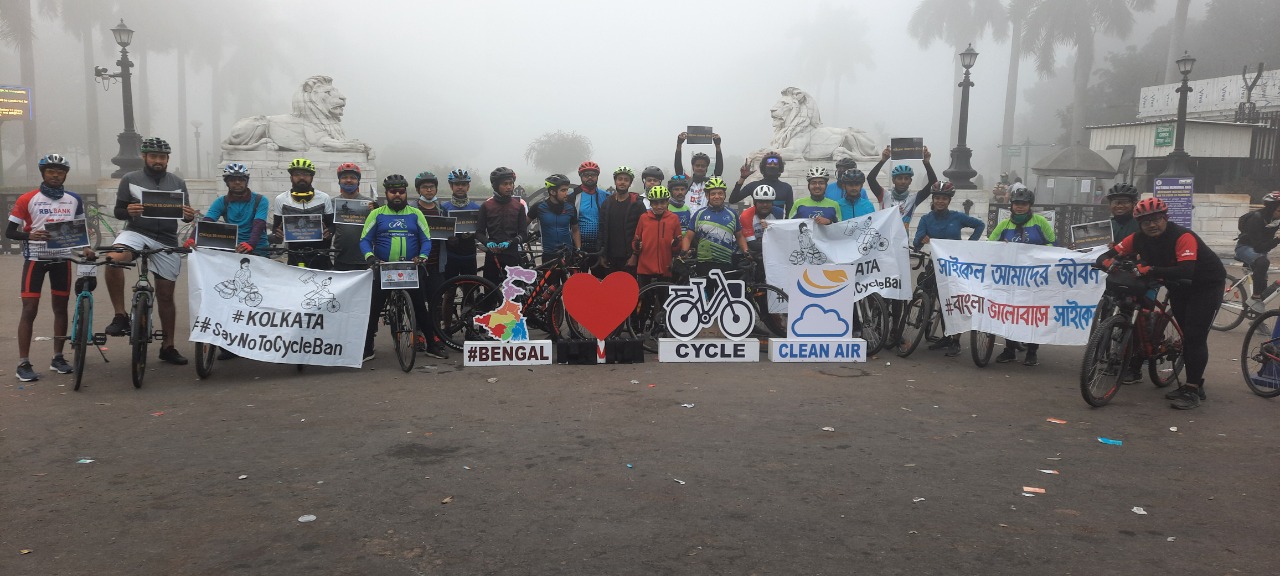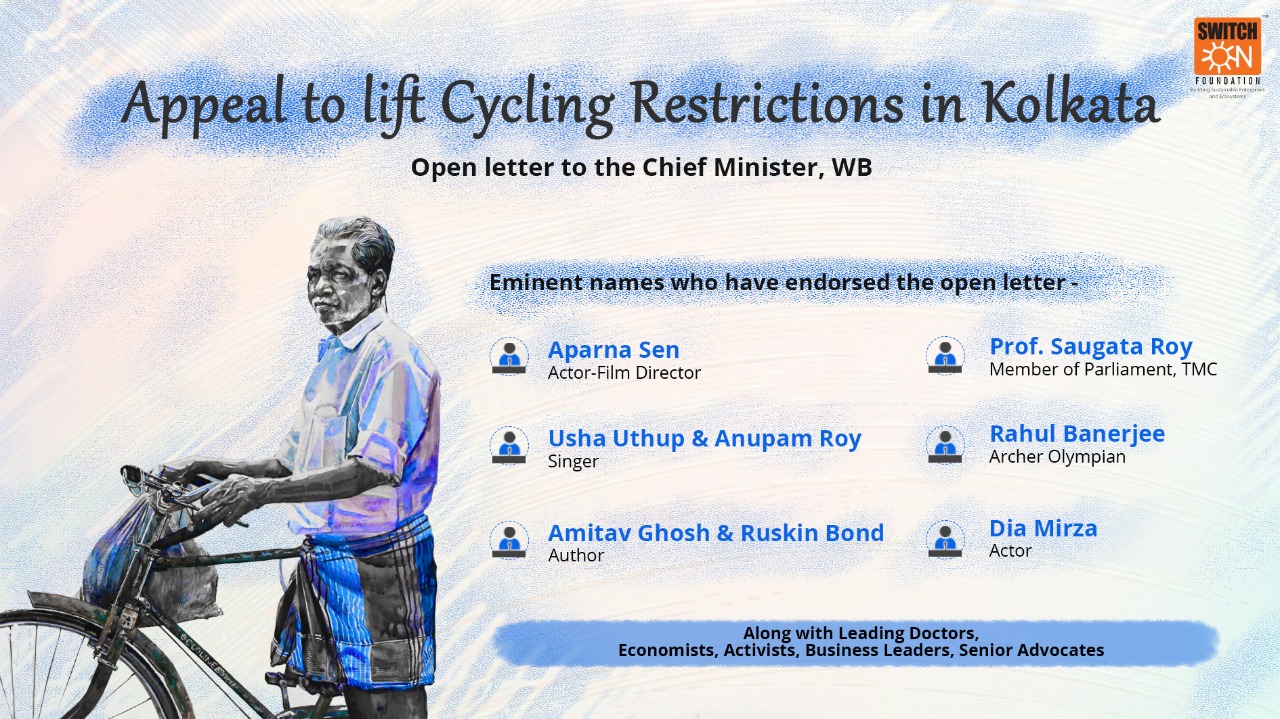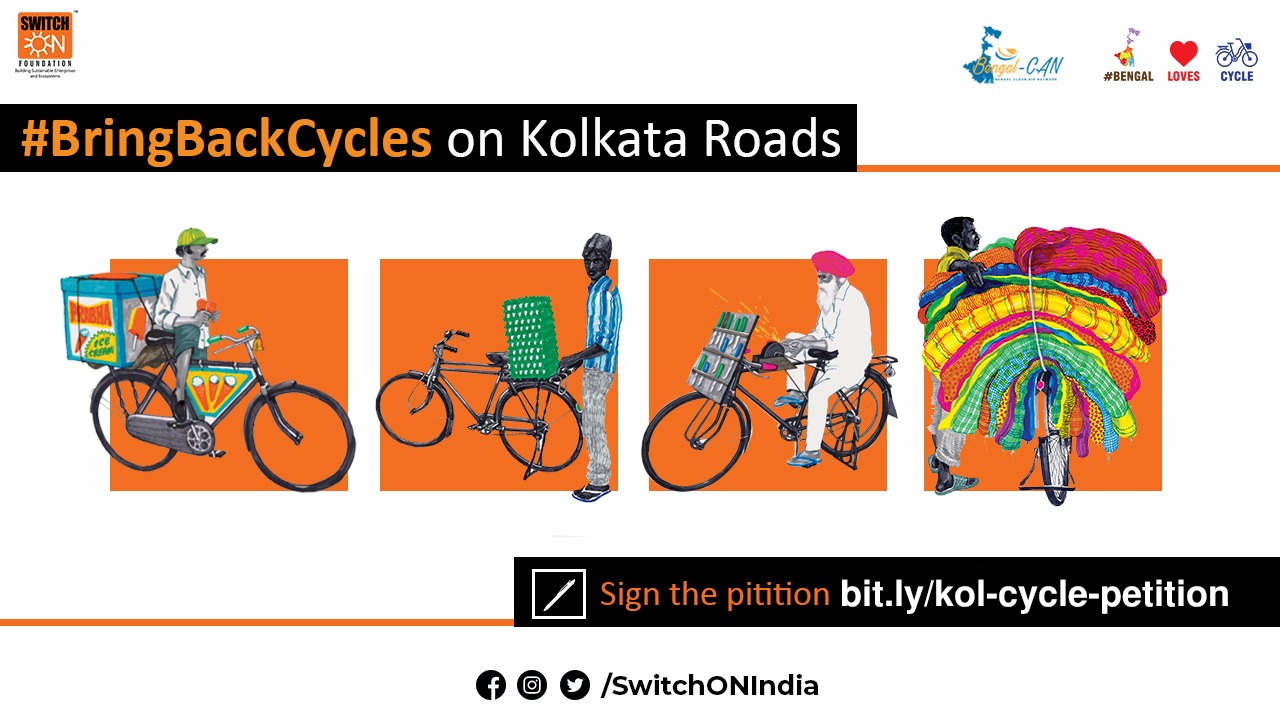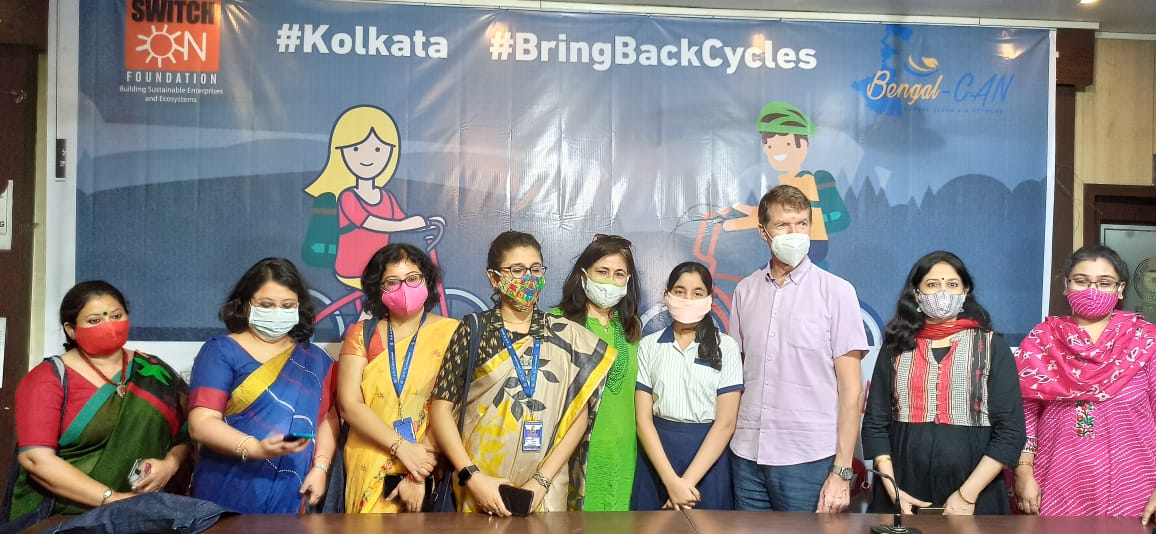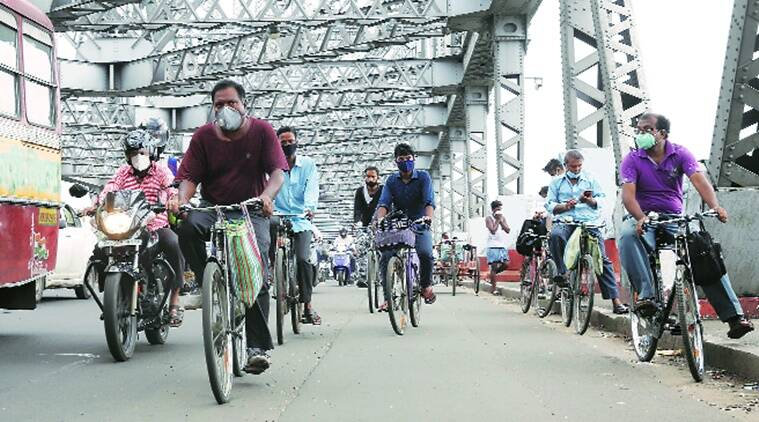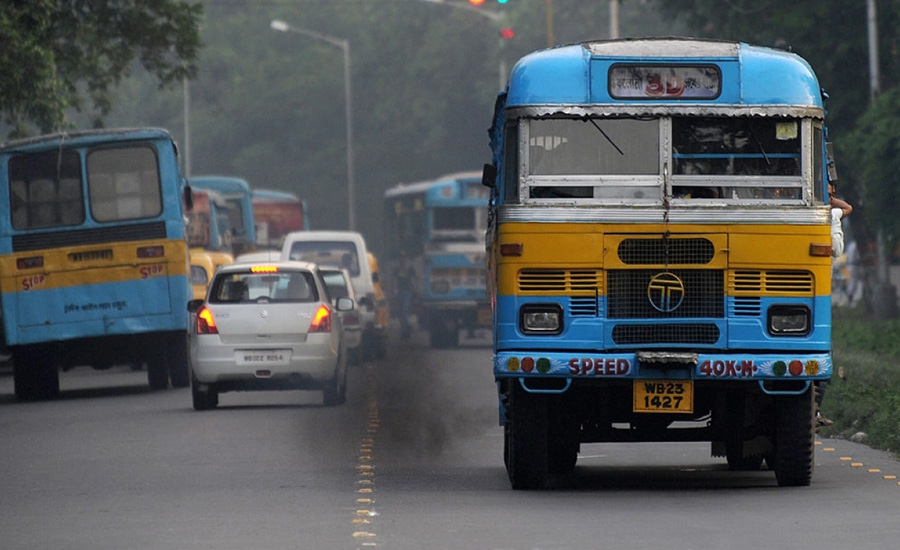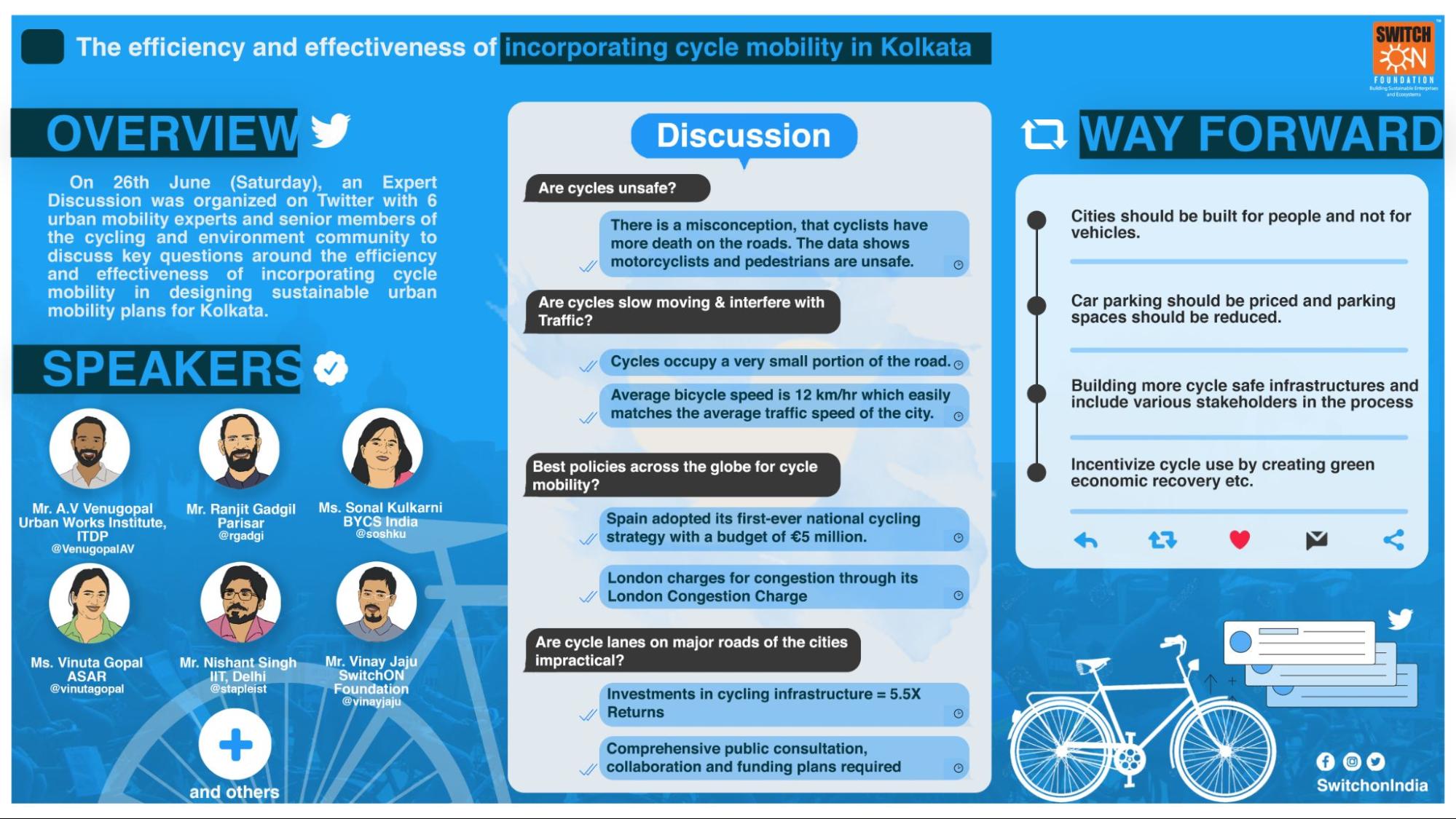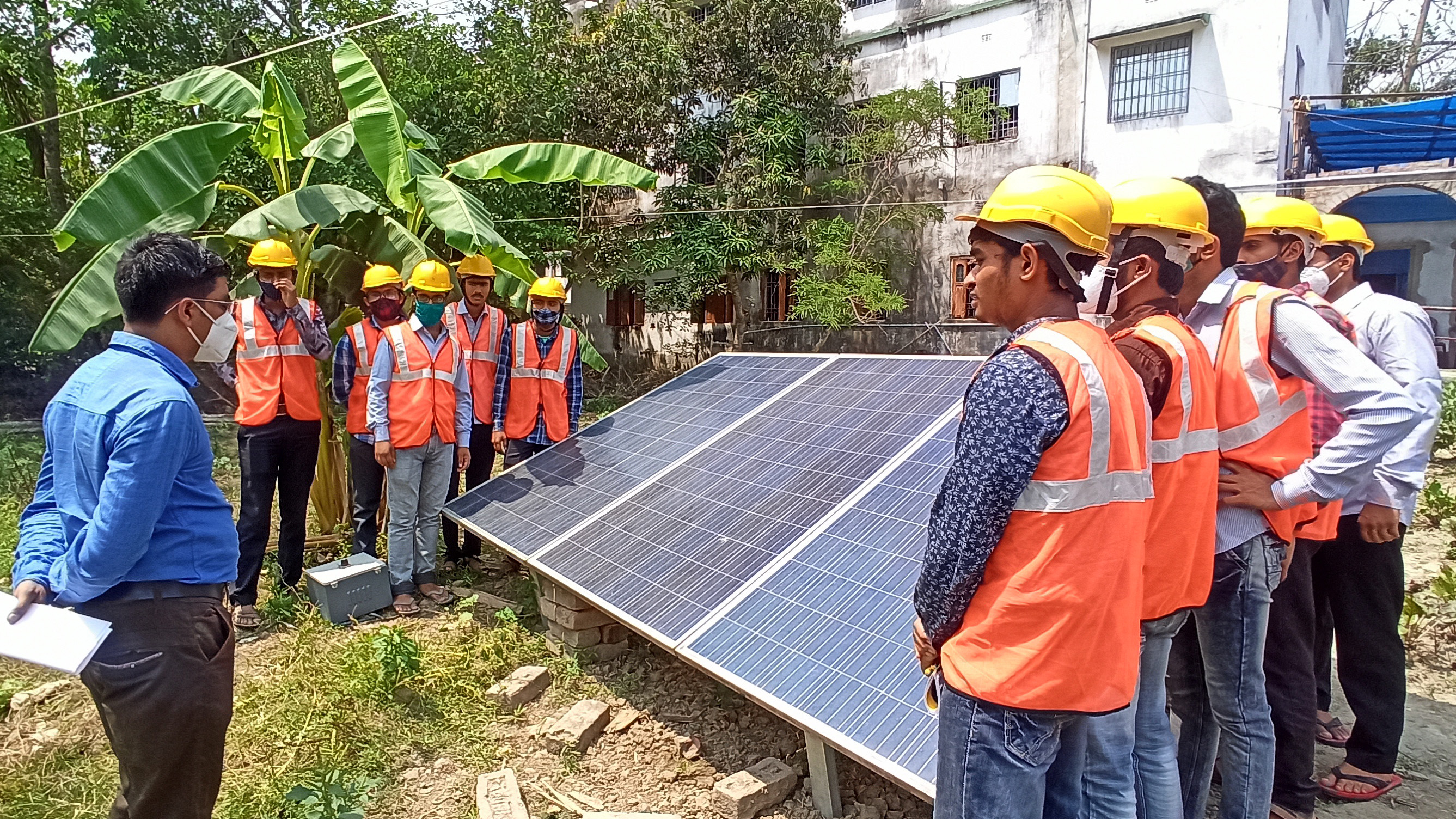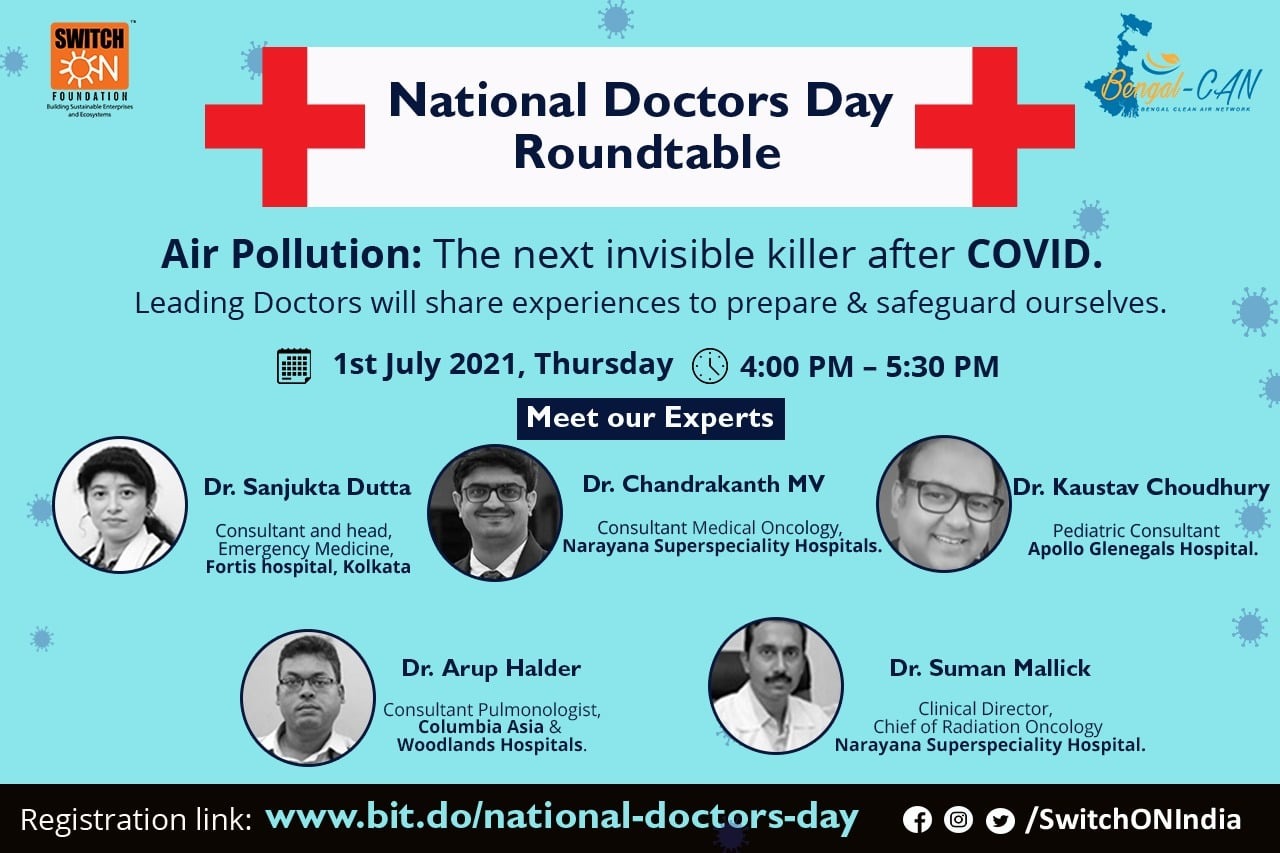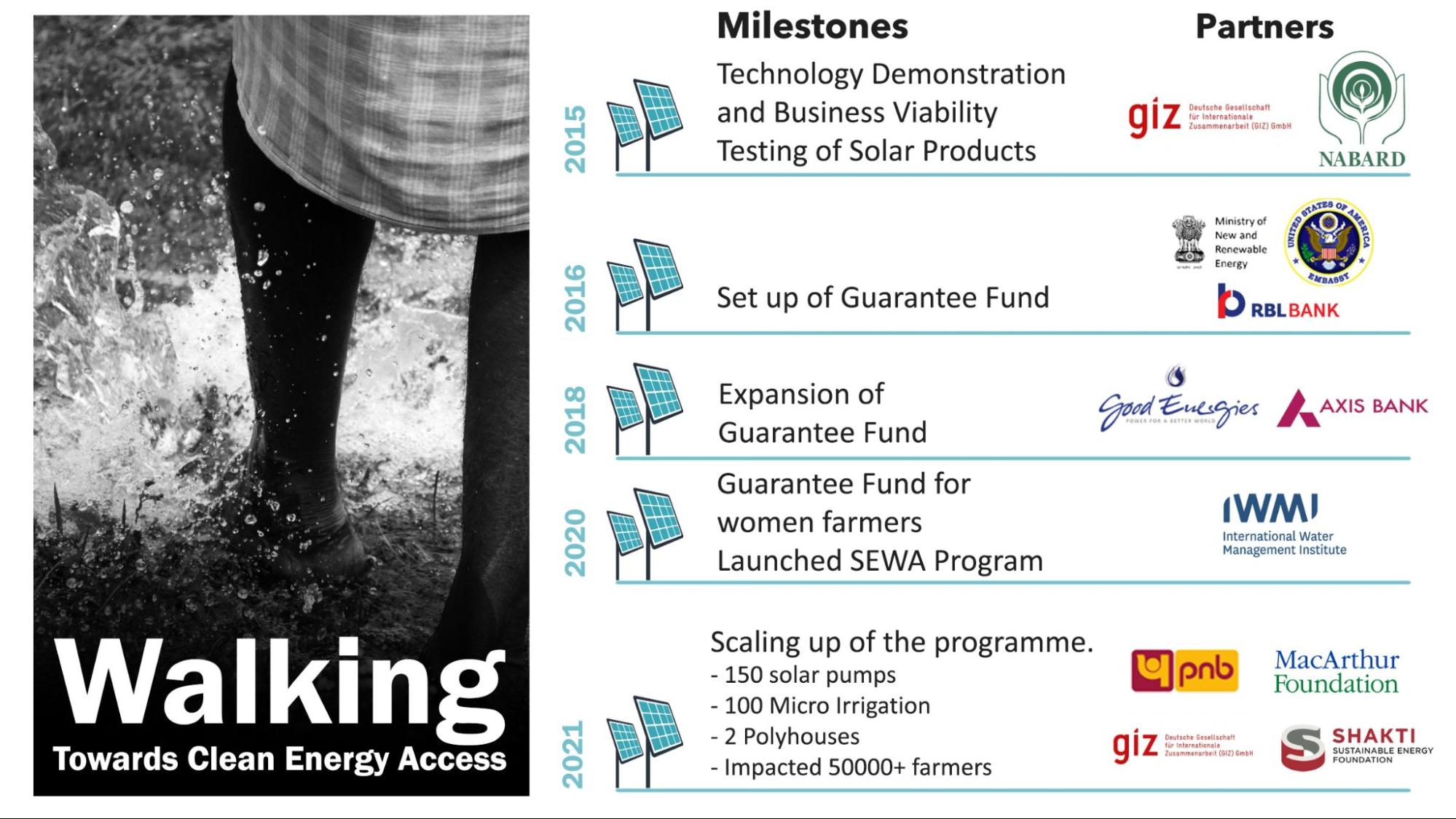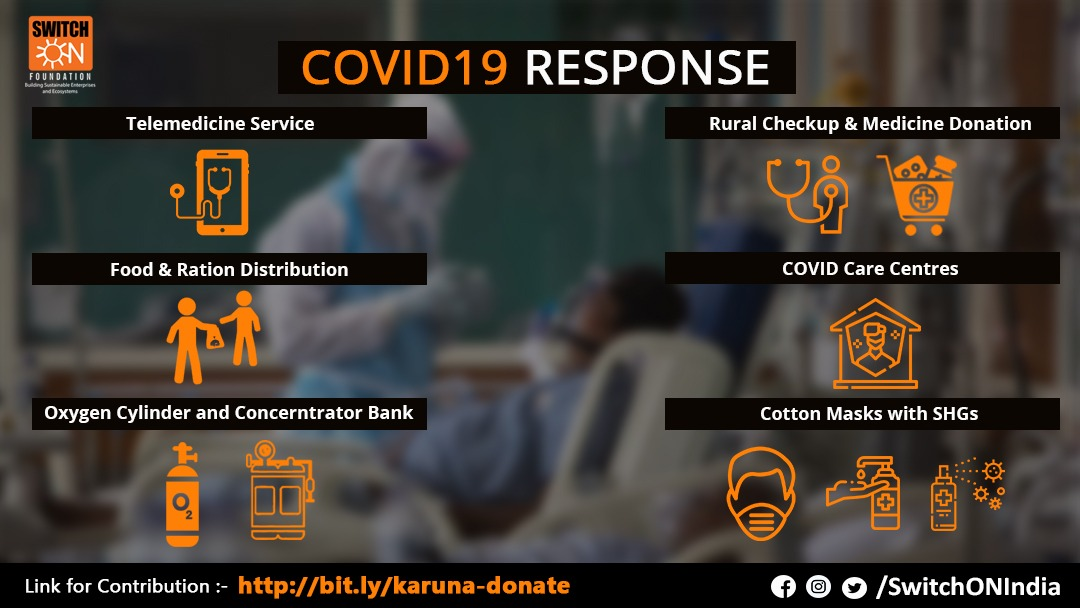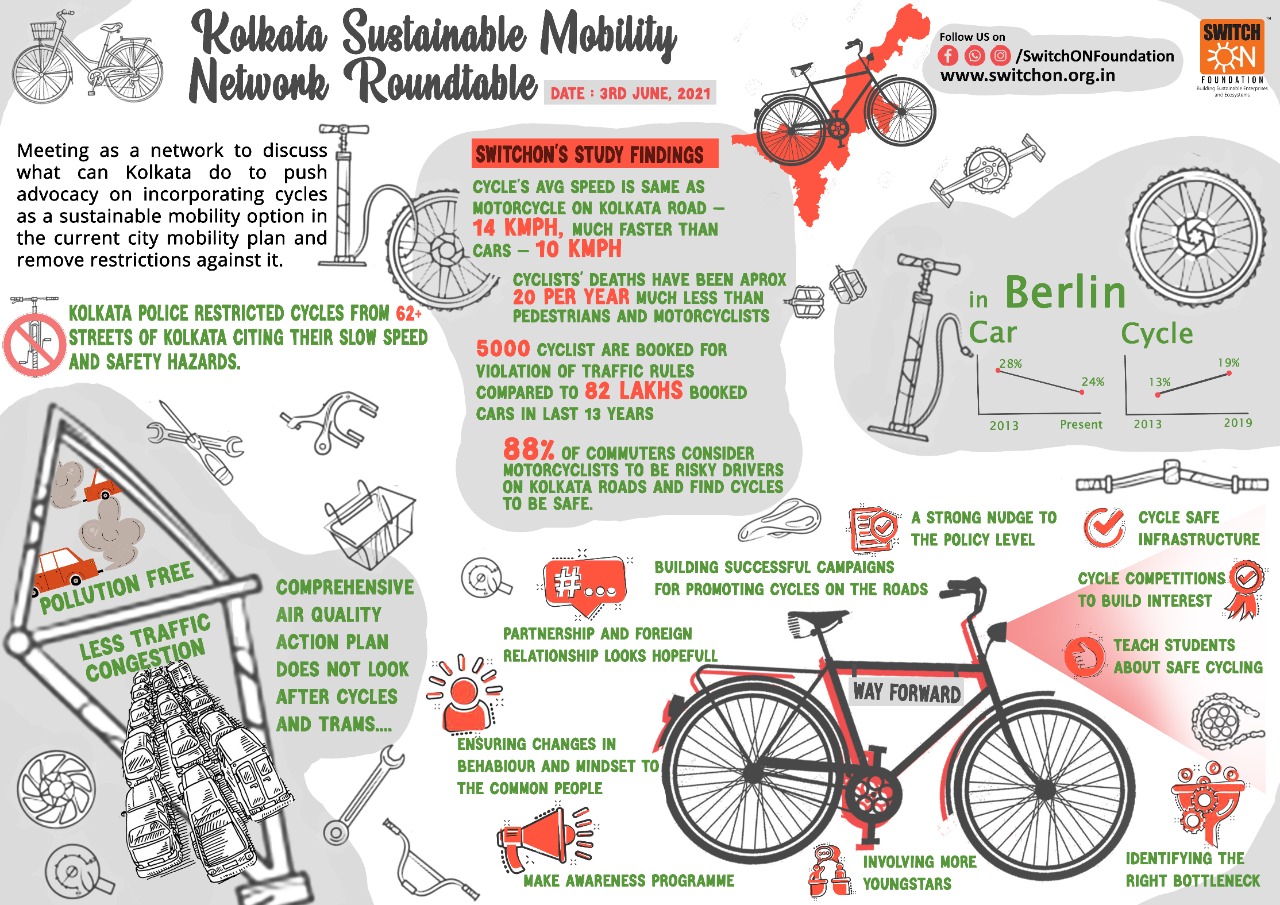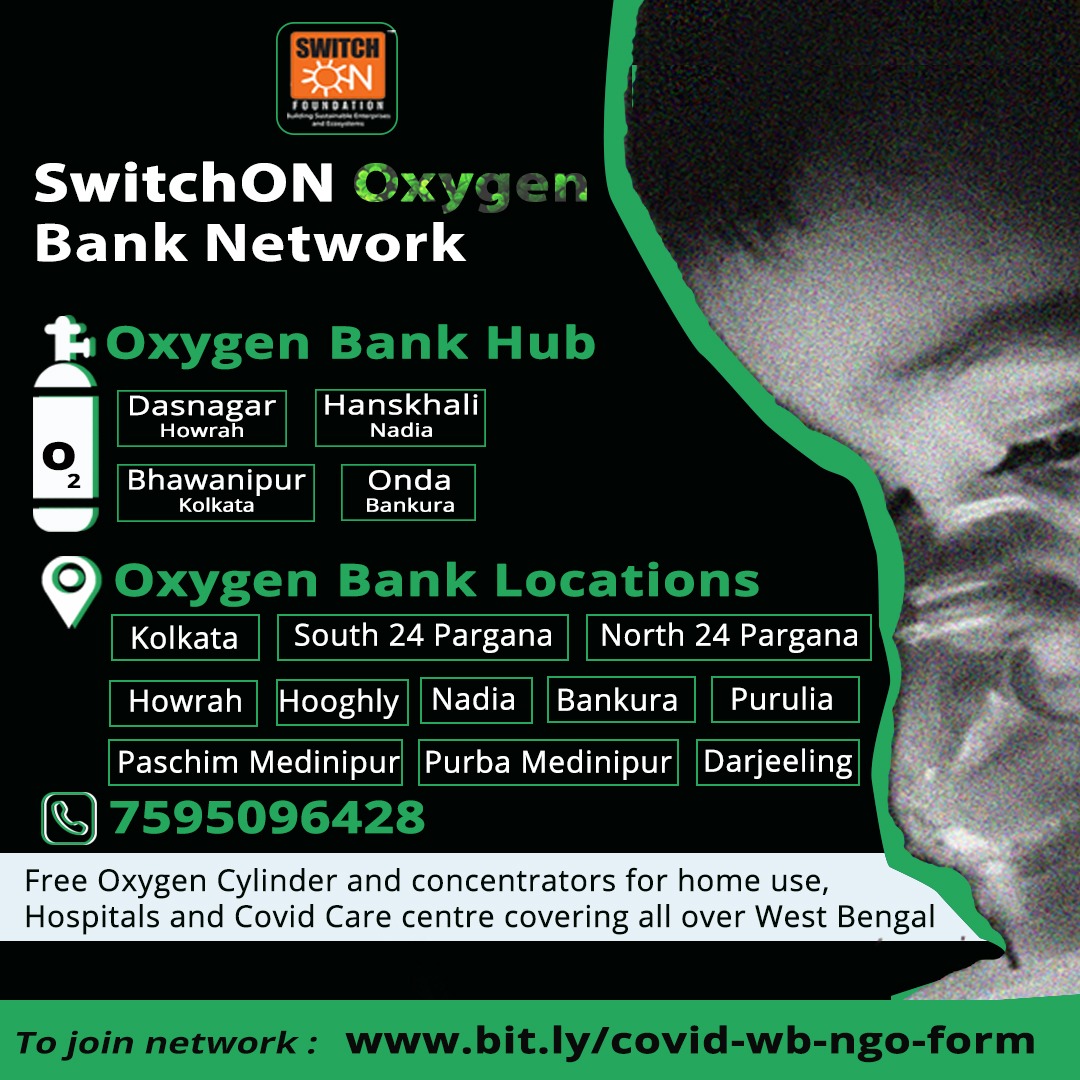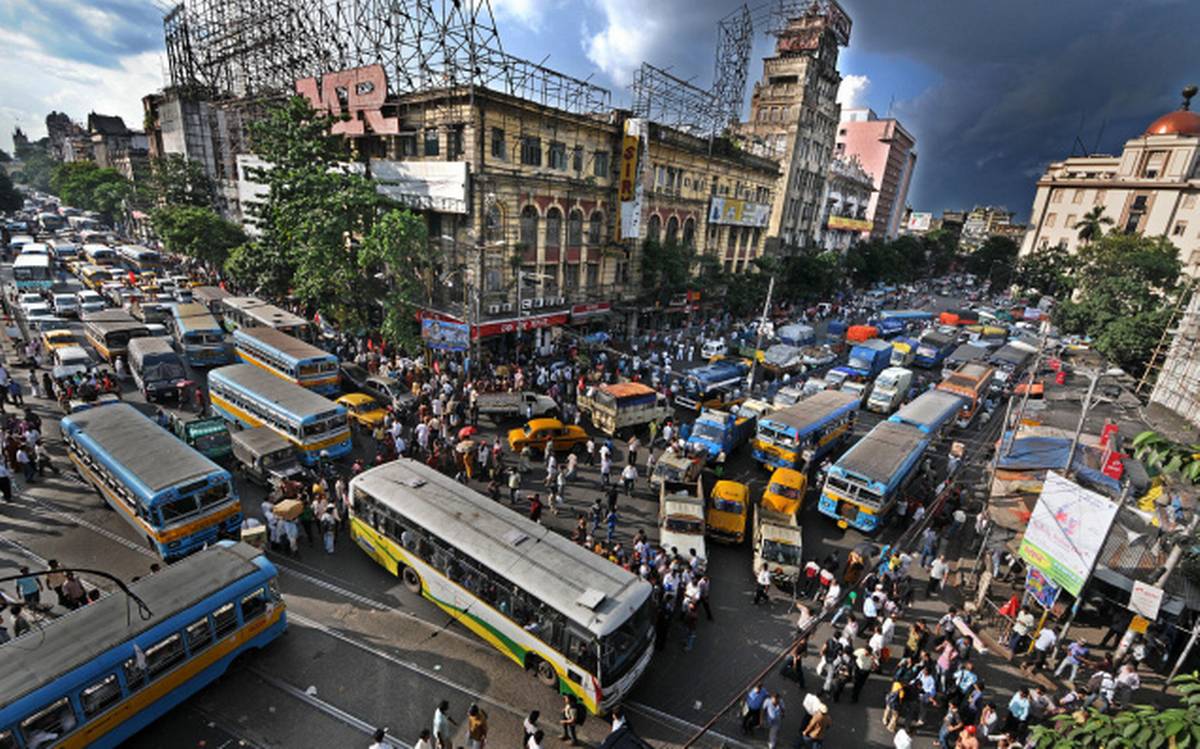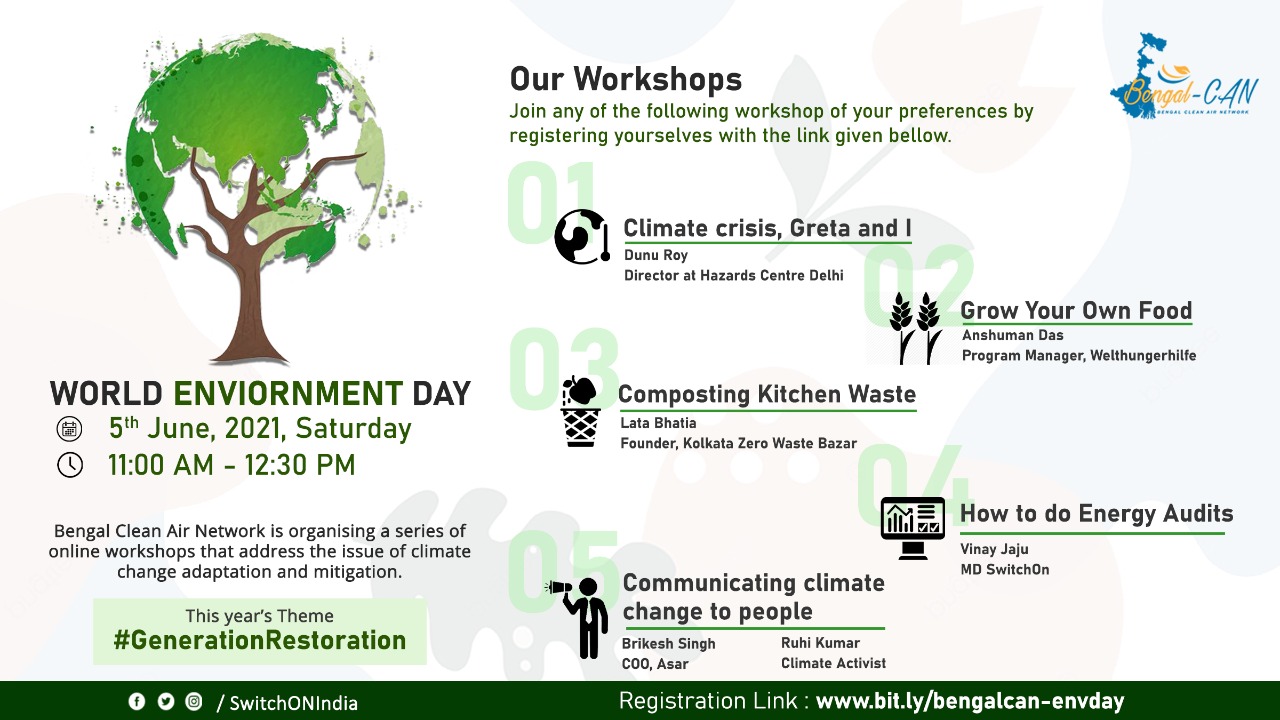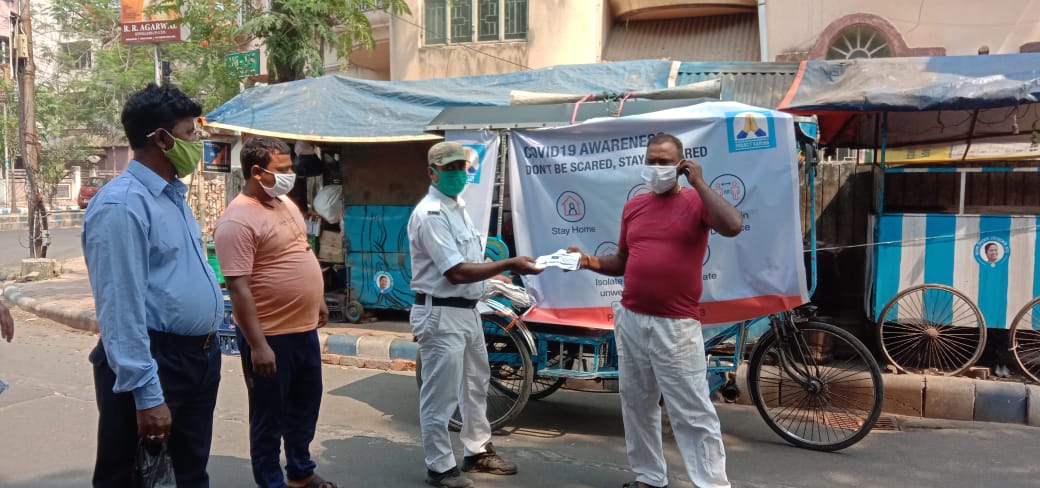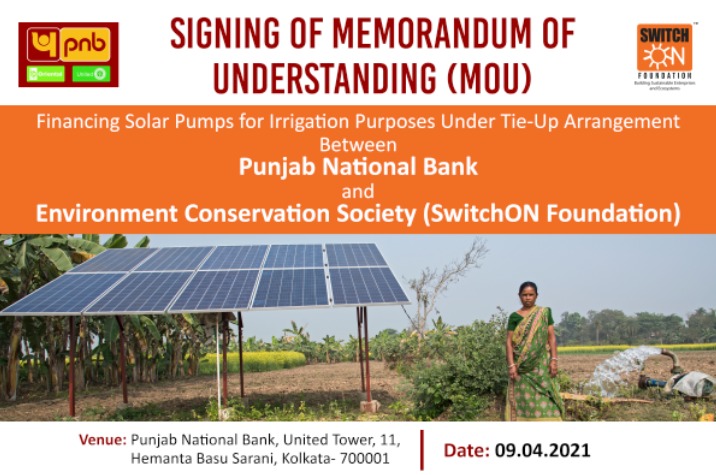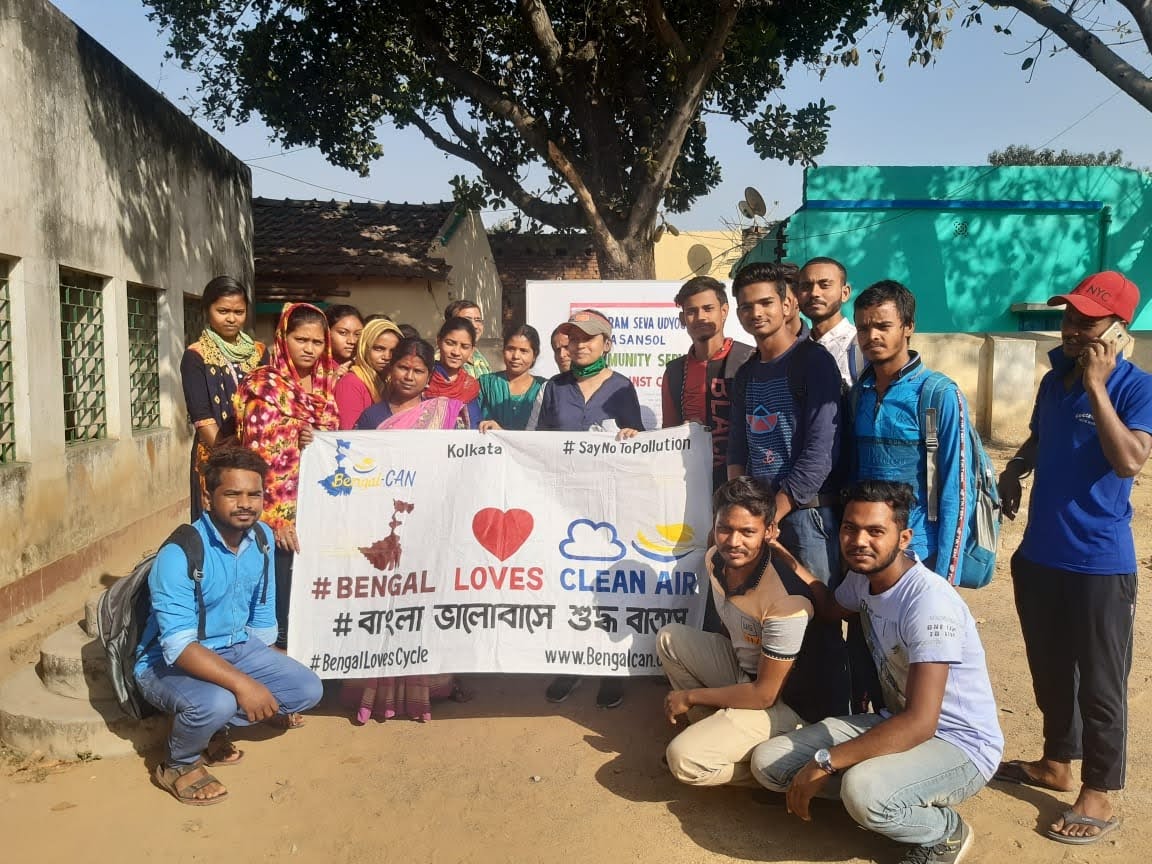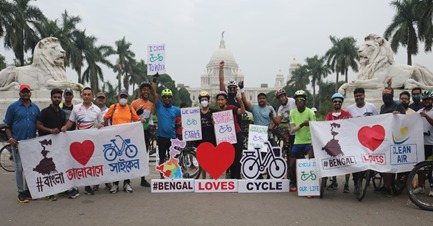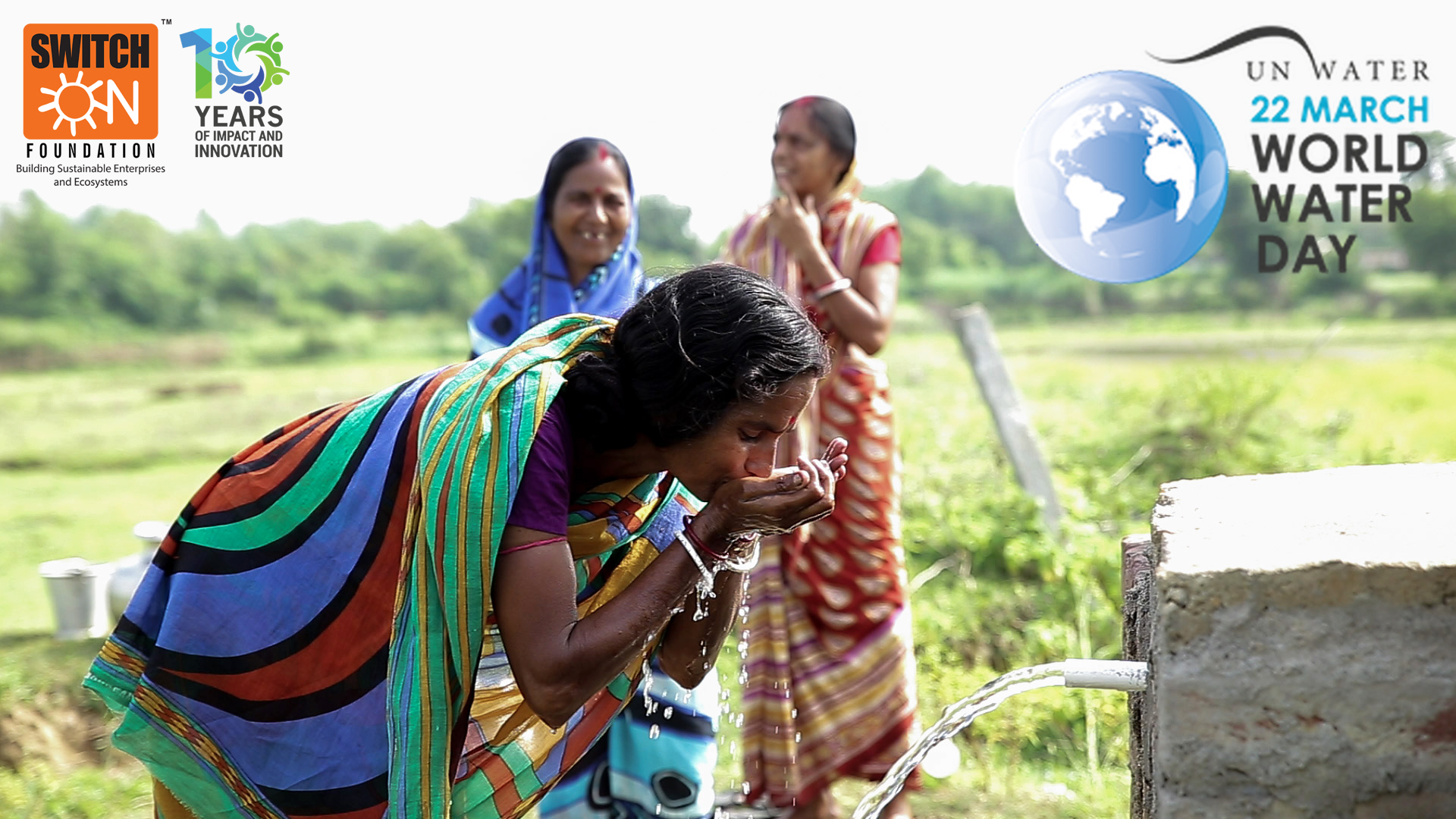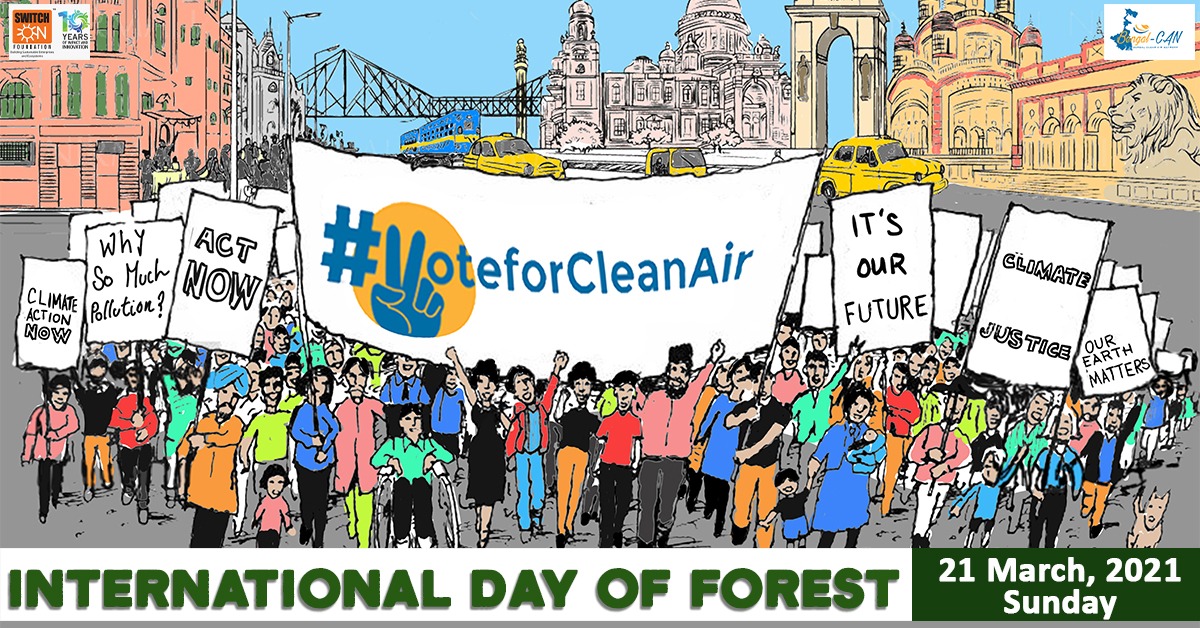Kolkata, 24th December, 2022: Celebrating the 150th year anniversary of the Kolkata Tramways. The Calcutta Tram Users Association in collaboration with SwitchON Foundation had organized an important conference with the theme “Recognising Sustainable Mobility and coexisting with nature.” The primary objective of organizing this conference was to raise awareness among masses of the value and benefits of sustainable transportation by promoting trams and other green, sustainable modes of transportation including bicycles, solar-powered vehicles and electric cars. Overall goal for organizing this conference was to act as a conduit for bringing diverse voices and needs to adopt an integrated approach for greening the transport sector in Kolkata.
The conference started with an inauguration speech by MD, WBTC Shri. Ranjanvir Singh Kapoor, IAS. This was followed by a speech by Shri Debashis Kumar, MMIC, Kolkata Municipal Corporation, Md. Salim, Ex Minister and Parliamentarian Kolkata who were the hon’ble guest of honor for the event. The Keynote address for the event was delivered by Dr. Anumita Roy Chowdhury, Executive Director Center for Science and Environment, New Delhi.
A sustainable transportation system that is cost-effective, accessible, efficient, and resilient is necessary today in order to reduce environmental impact caused by carbon and other emissions. The transport sector is responsible for 13.5% of the country’s energy-related CO2 emissions. To meet the increase in global average temp to 1.5°C, and global CO2 emissions, we need to reach net zero by 2050 (UNFCCC). By 2050, rates of electrification in the rail and road-focused scenarios will be close to 100%.
Speaking during the occasion CTUA General Secretary Shri. Mahadeb Shi said – “A change to sustainable transportation is required as the world deals with the climate catastrophe and a growing worldwide road safety dilemma. Although funding for public transportation and electric vehicles is crucial, it’s also crucial to revitalize existing networks like trams. Decarbonizing transportation and bringing back the formerly fantastic tramways should be top priorities! Additionally, it is important to promote non-motorized modes of transportation like cycling and walking for low carbon emission and improve quality of life.”
The event became highly critical in the backdrop of recent media reports which had mentioned electric buses in Kolkata as a significant way to control the air pollution in the city. While investing in electric vehicles and public transit systems is critical, it’s also important to revitalize already-existing networks like trams. Transport decarbonisation and reviving the once great tramways should be given the highest priority!
As the global climate crisis unveils, Kolkata is at the fringe of facing catastrophic weather events, and is at the risk of an uncertain future as sea levels rise and the city faces more severe cyclones and an increase in flooding.
Besides, Kolkata is also now the 2nd most air polluted city in the world with high to extreme carbon emissions emanating from the transport sector with increased risk of lung related illness and premature death on the rise. Air and carbon pollution have increased from moderate to high and deadly levels as tramways have been downgraded and trams routes have been closed.
Construction of flyovers and promotion of the usage of cars and three-wheelers have significantly worsened the problem. At a time when the entire world is discussing steps to cut their net carbon emissions and lower levels of global warming, it is surprising that the West Bengali administration has not thought about reviving the city’s valuable tram network. Also promoting non-motorized modes of transportation like walking and cycling may be an easy approach to lower emissions and enhance quality of life, particularly in a city like Kolkata. Additionally we should take steps to integrate solar energy into our transportation infrastructure in order to reduce greenhouse gas emissions.
The event ended with a panel discussion attended by dignitaries and experts from the city; viz; Mr. Ritwick Dutta, Founder, legal initiative for forest and Environment Shri Debashis Bhattacharya – Scientists, President CTUA, Dr. Bhargab Maitra from IIT Kharagpur Civil Engineering Dept, Dr. Arup Haldar, Consultant Pulmonologist, Woodlands Multi specialty Hospital, Somendra Mohan Ghosh, Alternative Energy Expert and Bicycle mayor Satanjib Gupta -(BYCS). Also attended by Ms. Smritika Srinivasan, Research associate, Urban Development, ITDP and Ms. Vinuta Gopal, Co-founder & Chief Executive at ASAR Social impact, advisors, Pvt. Ltd.
Speaking during the occasion CTUA President Mr.Debashis Bhattacharya said “Barring pedestrians and cyclists, public transport is far superior than private ones in sustainability. Worldwide tramways serve as a grade one mass transport. Although Kolkata has a thriving tram infrastructure, one wonders why the city avoids using its potential services. The seminar looks for an answers”
Dr Arup Halder, a senior pulmonologist from Woodlands Hospital said , “India Ranks first globally related to Asthma deaths and second related to COPD deaths. Though in other countries COPD is known as a disease of the smokers, in India we see it as a disease of non smoking COPD. The air we breathe ultimately decides how longer we live.”
Dr Anumita Roychoudhury, Executive Director Researcher And Advocate, Center for Science and Environment said to be able to meet the clean air target and achieve a low carbon growth path, integrated mass transport based on zero emission modes has to be central to that change. Reinvention of tramways is part of the solution and it should not fall victim to a misplaced notion that trams cause congestion. Public transport does not cause congestion but cars do. Demand for car usage is insatiable and unsustainable. Car usage and its disproportionate use of road space in increasing simply because public policy is not recovering the true cost of congestion and pollution through taxes, and road and parking pricing from personal vehicles. Instead sustainable mass modes like trams are being penalised. Trams can be easily, flexibly and creatively integrated with the larger network of public transport systems in a city where majority of the people walk and use public transport and where 50% of the average travel distances fall within 5-6 km.
Vinay Jaju, MD SwitchON Foundation said “Trams are not just known for their heritage and iconic value, but they also constitute an emission-free public transport system. Therefore there is a need to integrate modern tram systems and sustainable modes of transport into the mobility system. He further said “Trams can complement electrical vehicles (EVs) in reducing Kolkata’s carbon footprint and contribute to India’s fight against climate change”
Mr. Ritwick Dutta, Manager trustee,Founder, Legal initiative for forest and Environment said , “The Tram line network in Kolkata is the single greatest asset for a city which is battling air pollution. The Tram network needs to be revived, strengthened and modernized to meet the challenges of the present time. It is critical that the government reverses it’s policy of discouraging the use of trams and adopts a proactive approach in ensuring that Kolkata becomes a model for tram revival and electrification of public transport for the other cities to follow.”
Satanjib Gupta, Bicycle Mayor of Kolkata (BYCS) said,” 60% of the total trips generated in the Kolkata Metropolitan Area are very short distances and people prefer to walk or use bicycles and other forms of micro-mobility for commuting. Almost 80% of citizens in Kolkata depend on public transport, walking and cycling. But in reality, the city’s transport infrastructure is still very car-centric. Transport policy should focus on building a mass-rapid-transit system, restoring the tram network and facilitating active mobility (walking, cycling) for overall livability and the future.”
Dr. Bhargab Maitra , Ph.D. (IIT Bombay) Professor, Civil Engineering , IIT Kharagpur – A significant upliftment of service along with expansion of network is the key necessity to make tram an effect demand management instrument, and promote sustainability. The tram has as much potential as the city bus system to address the concerns related to transport externalities in the Kolkata city. Suitable policy and innovative funding mechanisms are the two key requirements.
Somendra Mohan Ghosh, Alternative Energy Expert said Battery-powered trams can revolutionize the sustainable green mobility service within cities. Public transport, especially in historic centres, will have to be more eco-friendly in case of solar energy charged batteries , increasingly sustainable and cut down the electrified infrastructural cost which required for existing Kolkata heritage tram ways system.
Wherever we have existing electric cable infrastructure there we can go for Solar PV connected grid but without overhead wire we can think for Battery Tram which is to be charged at the depot level. For both Solar powered batter charging and Solar PV – Grid connection, we can utilize the roof top shed of various deports for SOLAR PANEL BOARDS INSTALLATION. This will mark another significant step forward for the HERITAGE tramways to Sustsinable more eco friendly cost effective public transportation.
Media Dossier
Contact: Vinay Jaju | M: +91 9331178105 | Email: VJ@SwitchON.org.in


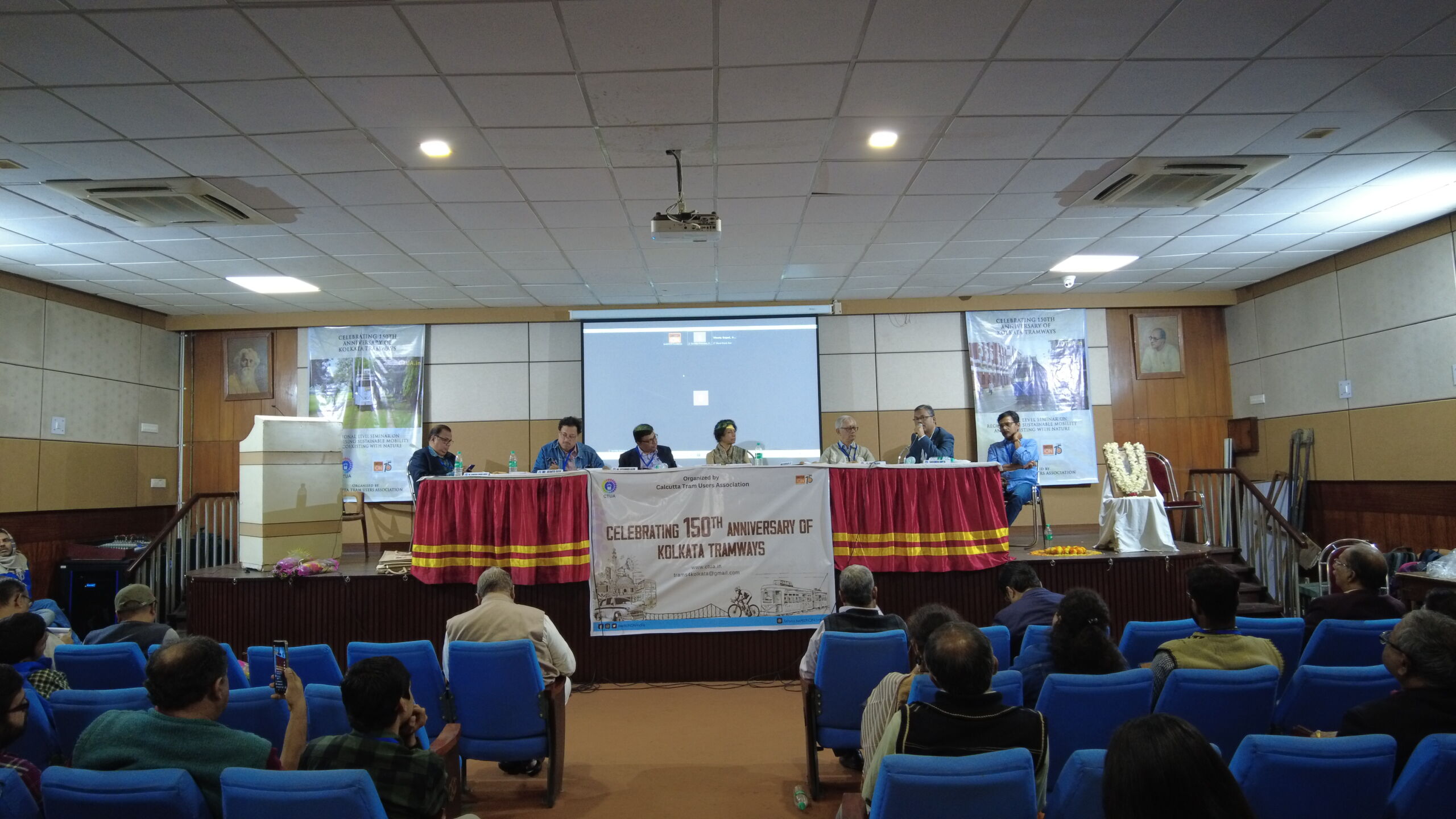

 0
0  0
0 
